Lebanon is the warmth of the people … A life where people don’t fear each other … I’m attracted to smiles … We are free people, it’s in our nature … I want to unlearn everything and relearn it my own way … “Lebanon is a message” … A coexistence in the universal sense, not just between humans … Our minds have to change … Zionist ideology … The system has to change … New laws … Go back to human scale … Future architecture and its redefinition … Bring need and necessity in the equation … Vernacular architecture … By talking together, a new formula will have to come out … It’s tricky, but we shouldn’t be afraid of it … I want to challenge …
For me, Lebanon is mostly the people and the warmth of the people, which is very specific for me in general. in the sense that I have never found that kind of warmth elsewhere, anywhere else I travelled. So when I say Lebanon, it’s different from other places by this factor: the warmth of the people… Besides other things, of course. But this is what strikes me.
In school, they teach us history and geography, and for some reason, I… OK, it’s interesting, but for some reason that never meant that much to me, because personally, for me what matters the most is the relationships between human beings. The rest, I forget to tell you the truth. […] In fact, looking back, anything I learned has become problematic. So I want to unlearn everything and relearn it my own way. After all these years.
Why Lebanon? Why did you choose Lebanon to live in?
I have chosen Lebanon to live in because first, I was born here, so I’m part of it. Before the war, we had a beautiful life, wonderful life. I never wanted to leave the country, but then the situation got quite bad and I was somehow forced to leave Lebanon. And then, when I went out, the qualities of Lebanon came out much stronger. I realized what I was missing when I was living abroad. That quality was so important to me that it pulled me back and I decided to come back. And although there are many problems, political, economic – you name it – but somehow, as I said, there is something I couldn’t find elsewhere: this human warmth, relationship between people and their resilience and their love for life and that energy. And that is what matters to me, this is what I’m looking for in life… To have that is a priority, besides everything else. And as long as I can make a living here, I will not go anywhere else.
I could choose not to come back. Being in the States… I’ve told you the story of what triggered my return: Varak (one of my two sons) was in third grade, seven years old, and one day he came home from school and he said that they taught them if someone gives them something in the street to reject it, not to take it. So at that point, I understood that I’m living in a culture where they’re teaching fear at school, institutionalized fear. And at that point, I realized that in Lebanon, even during the war, people didn’t fear each other. Ok, it was dangerous, there was danger but, no fear of each other. The danger was physical – bombs, shells, whatever, it was a war situation, but people didn’t fear each other. And living in the States, I realized at one point that fear is part of education. They teach us to fear the other. And I have never seen that, it was very foreign to me, so I decided to come back for my children to see that other side of life. That there is a life where people don’t fear each other, they don’t see each other as a challenge, a competition.
The Armenian passport came latter. At the time, I had Lebanese and US passports. But even Armenia… OK, I like it, historically I’m connected, I’m Armenian by origin, but I still feel that this (Lebanon) is where I would choose to stay. I have no problem, I can live anywhere if you want. But if I have to choose, I still choose Lebanon. And as I always say, if I can make a living here, that’s the determining factor. Even in this chaotic situation, I still prefer to stay here than to go anywhere else. And it’s not just a matter of being attached to the land and this and that… It’s not just physical. It’s more than that. It’s human relationships. And the smile on the people’s faces… Smile is very important to me, I’m attracted to smiles. And I can find a smile here on everybody’s face, no matter what the situation is.
In my opinion, Lebanon is so much in the focus of the world because people in this region – Syria, Palestine, Lebanon – with a mix of religions like Jews, Christians, and Muslims, this makes it such a special place, where all cultures, all different cultures come together and they coexist in a very beautiful way. And if they leave us alone, this place can become a message. And that is felt somehow in life. We have all kinds of differences, but they coexist very nicely. And yes, It’s not just Lebanon, it’s all the region, basically, where all Western religions were born and they coexisted. And I think that is also the future if we get there. If we don’t destroy ourselves, one day, that fact of coexistence will I guess come back: coexisting with others peacefully.
I think the turning point in this coexistence being present was the creation of the Israeli state. Before that were the Worlds Wars, of course, there was turmoil in the world in general, but I guess in terms of people living in the area, big problems started after the creation of Israel, with Zionist ideology. And I believe that all religions, Jews, Christians, Muslims, if we take out that element, that ideology, we can coexist together again very nicely, very peacefully. And it can really become a model.
We have gone through this crisis. So if this crisis gets resolved, of course, it’s a jump forward. We will have what we had before plus the fact that we learned something from this crises. And hopefully not repeat it. So that probably we will coexist also consciously now.
I’ve learned from this crisis that no one can impose himself on the other. We are free people, it’s in our nature. So we cannot somehow accept someone coming and imposing himself on others. You should respect the differences and then coexist. So that imposition in this case – the Israeli-Palestinian conflict – or of the existence of Jewish state imposing itself on the people of other religions in the area, has proved that it’s not a sustainable and viable formula. So once people realise that and they get over it, I guess things will prosper, things will become extremely radiant.
It could be a message. When Pope Jean Paul II, I don’t remember which year, was in Lebanon, that’s what he said about Lebanon: “Lebanon is a message.” Well, Lebanon and the region in general (Syria, Palestine, Israel).
The important steps in this crisis… OK, we’re getting into politics… That’s good, that’s fine. The fact is that the state of Israel, with the Zionist ideology, is an expansionist state. And they like to dominate. And they have United States supporting all this, for several reasons: Israeli lobby… Whatever… But this is a fact. Since 1948, when the Israeli state was created, from that point on, they started to expand… West Bank… They occupied Lebanon, they went to Egypt, Sinai… You name it, they did it. And this expansionist mode of doing things was not accepted at one point. Some people decided they cannot go on like this and they have to resist this expansion. And unfortunately, the only way to resist was not the negotiations or peaceful way of doing this – talking to each other. It had to be done by force. And that started and then at one point it succeeded, and again, it became a model of how you can resist this situation. And it proved itself, it proved successful. And it’s giving its fruits now. I’m not really happy with it, I would rather see it resolved peacefully. But it seems that the Zionists are not very sensible to doing things peacefully, and people were forced to go to arms struggle. And that’s what’s happening now. It will at least stop the Israelis; to think again and probably be forced to negotiate the settlement. And from what I know, I think there is a good number of Israelis, Jews, who are for a one state solution. And in Israel, there are these “pockets”, these groups that want that. They also say that’s the only sustainable, viable solution. I mean living together through division is basically temporary, you can’t go on like that. And it’s forced, it’s fake. Because the Palestinians are everywhere. Like the Palestinian refugees in Lebanon, they’re Palestinians from Israel, not West Bank, a lot of them. And they want to go back to their homes, so they will eventually live with the Jews in the same place. So you cannot impose Jewish state upon them, that cannot sustain. And the Palestinians don’t want that. They reject that. That’s known. So the only solution would be to accept to live together under one umbrella. Now what you call it, what the state is called, that’s a detail.
So I guess it’s the decision to resist this occupation, all this ideology, and to resist military, that is going to make a difference.
I see it visible in the future, yes :)! I now have a feeling that the resistance is determined to continue, and I also see the signs that Israel as a state cannot stop it and they are really now in panic. Because that’s how they left Lebanon. They couldn’t stay here anymore. And that’s now happening in Israel. I mean what happened in Lebanon is happening in Israel, with the Palestinians, from within, not from the outside. The Palestinians who are living there, not only in the West Bank but also in Israel, it seems they have made their decision that this cannot go on like this anymore. Which I think is a good thing. It will go through violent period, most probably; that unfortunately seems to be the only way as the Israelis have chosen to go that way. Whenever you try to solve something peacefully, they’re just not interested. I mean they abuse your good intentions. You want to do it, they say, “OK, they’re doing it peacefully, so we can prolong it and in the meantime, we build the colonies and all that and we try to strangle them so they leave the country.” So they’re abusing your good intentions, unfortunately. I wish that it didn’t happen; even if you listen to those who are resisting, military, they too are not doing this with love, they don’t like it, all of them would prefer to negotiate, to come to a peaceful solution. But the other side is not responding.
For Lebanon in the future, I think if things get resolved, if this political situation changes, which I believe it will, then this coexistence of differences will again come to the surface. And then, with more awareness. Plus because of global changes, environmental changes, all this survival issues globally… With all that in mind, I think this area of the world can also be a model in that sense. So, coexistence between religions, between different ethnicities, and that being a message which means it’s a universal. The other global and universal issue, which today is environmental issue, even in that sense, the region can provide a model. Because the nature of the land is such that you can have a model of proper agriculture, of forestry, we have a lot of water. It has the potential of becoming a message in that sense as well… All of this, if that awareness bears its fruit, and if we don’t fall in another trap or some powers don’t abuse our diversity again, in some other way, which is happening all the time in this region as well. There are powers interested in this region, they have ambitions that they call interests. So if they leave us alone and if things get resolved, I guess it has a lot of potential in many ways. Besides cultural and religious coexistence even in a way of life that can radiate and then become a model in that sense: a coexistence in the universal sense, not just between humans. And as you’ve noticed, it has started, even in this mess, you have people who are doing certain kind of agriculture, even restoring historical dwellings, places… Also because during the war, I was telling you this, in my opinion, the ugliest destruction, physically, was by building, by constructing buildings. So they destroyed the city and the country by building. And now we have to somehow take that away again, physically. What was built without respect for the physical and the cultural environment. It was built out of self-interest without respect for anything, just pure interest, during the chaos period because of the war. Some people abused that, benefited from that, and that destroyed the physical environment. A lot of people are aware of that, so there is a strong reaction to it, they want to change that. So probably, like in other parts of the world, after the war there is a period of reflection, looking inward, trying to see how to change that and what is the proper way of doing that. So I hope – this are all wishes – or I see there is potential in that, and I hope that we see that happen.
Let me explain a building issue in Beirut. During the war, Beirut was dangerous. People moved out, and that’s how these suburbs around Beirut grew. Before, this was all forest, green, nature. So people went out of Beirut and in that period, whoever had money built buildings the way they wanted, where they wanted. They were sold to this people who were leaving Beirut and moving outside. And a lot of people migrated. But then, there were others factors: when there came peaceful time, after 1990 when the war ended, people invested in building, and the Lebanese from abroad bought apartments, many wealthy people built for investment or for hiding their money, whatever… They kept building. So you have towers, all sold out, without any inhabitants. You see like 30 stories and only 2–3 floors inhabited. So that was investment, not a need.
I go to downtown Beirut and I see all these buildings. I see seven, eight towers next to each other, each one 30 stories high, and then I see couple of floors inhabited, that gives me a sense of how much of it was needed. Those buildings are not needed. And what’s also unfortunate, they’re destroying nature, they’re taking up space, which is needed as space for the people who are living there. So I can imagine, if those buildings were not build, and we had green spaces in their place, it would have been the most beautiful city in the region.
In general, I have a personal look on future architecture: in my opinion, the need and necessity are out of architectural formula these days, everywhere in the world, not only here. Today’s environmental situation tells us, in my opinion, that we shouldn’t build anymore, it is not needed. So we should bring the need and necessity into the profession of architecture and not put two stones on top of each other if it is not needed. And if it’s needed to take stones, to bring these buildings down, which I think it is, we have to go that way. There shouldn’t be any space in the building that is not inhabited. Ideally we should go into renovation and rebuilding what’s there, rehabilitating what’s there instead of building new stuff. But that’s much of a bigger issue because it’s related to how the economy works, etc. It’s not an easy thing to do. But if we go on doing what we’re doing, we’ll keep destroying.
To really help ourselves, we have to bring these two factors in the equation – need and necessity. And be guided by that. Which means a whole different way of teaching architecture; it’s a big thing that should happen. And there is also awareness when it comes to redefining architecture: it has become an aesthetic thing, it has become an ego driven thing, like in most professions. So we should take away that ego and really do what’s needed. And tear out what’s not needed.
I want to be hopeful that this transition happens, but before anything else, it’s transition in the mind, it will not happen if we continue with the same mindset. The transition has to happen in the mind, the rest will be just a natural outcome of that. Revolution has to happen in the mind. That’s how I see it.
It is already happening in the pockets, in populations, but if we don’t do it (also professionally), nature will take care of it: if we don’t do it, we’ll be self-destructive, and then, when life comes again, it will happen. So we have the choice, either we do it or we destroy ourselves and then we start from zero again… Not zero, we’ll start with a new situation where things are destroyed and new rebirth happens. I wish we don’t get to that point and we realise our minds have to change.
My role in this sense :))… By doing the opposite of what everyone is doing, because, yeah, I can’t go on with this mindset. I have made my – it’s not even a decision – I feel I cannot go on like this and my mind is starting to change, I’m seeing things differently. I’m not interested in what I’m doing, because as I said, in general, when it comes to profession (architecture), is mostly doing something that’s not needed.
The only thing I can do, I can talk about these issues. And not be proud of what I’m doing. Because we’re proud of what we’re doing aesthetically, if we get good article in a magazine we feel happy, we feel proud… In fact, to tell you the truth, I’m ashamed of what I’m doing.
In the projects we’re doing at the office, I cannot directly implement these thoughts. It has to be a totally different project. I mean, I cannot keep on building for people who have already a dozen of houses or apartments, and do additional one. I can try to pass legalisation that no apartment should be left empty. Because there are many people who need places and don’t have it. So that’s one way of doing architecture for me. Ok? Passing new laws. Ok, let’s say passing a law that doesn’t allow a person or a family to have more than a certain number of square meters in the world, not only in Lebanon. So one family cannot own more than X square meters. Do whatever you want with it, but this is your limit. OK? And every family has the right to have a minimum of square meters. This is legalisation. So for me now and changing the mind, we’re start there, not by building but by seeing how to develop from this point on. And if we do that, everybody will have a shelter and then probably it will even be more than needed so then we can start taking away things. Plus the scale of things, energy consumption, right? If you have a 30 storey building, you need elevators. But if you have a 3 storey building, you can walk. So you don’t need electricity, you’ll use your own energy. So we should go back to human scale… But again, this is big big change.
And architecture is just one part of it. But we can have an input in that sense. This course has to start at the university level, at the education level, which is very rare today ,that type of discourse. Still, if you go to the Architecture Biennale in Venice, for me it’s a disaster what I see there. What I see there depresses me. And then you see all this star architects going in and coming out… They’re blown up, with their egos, they’re going to explode. And they write articles, they brag about biennale, it’s the biggest architectural event in the world. For me, this is a shame. And with all this nice clichés… And that’s why I keep giving the model of vernacular architecture which was the architecture that came out of need and not power, not ego. You didn’t have the name of the architects, their egos were not carved on the stone or their names written in the magazines. If we can go back to that, then we’ll be on the right track.
By talking together about it, a new formula will have to come out. In general, like the professionals, they’re very proud to be architects today. And it’s aesthetic driven, ego driven, and I’m really ashamed of the profession. I’m just doing it because I’m in it, that’s what I’ve studied, and I have to make a living, and at this age for me to start from zero… I’m just waiting for my retirement. Whenever I can, I will do that, but also keep on talking about it. It’s not that I’m going to stay passive. I’m going to confront people, to face them, and give my opinion… I’m not saying what I’m saying is right, but I want to challenge…
In my office, they know my opinion, of course. And Vladimir, I don’t know how he tolerates me :), he knows my opinion very well, for sure. But with newcomers, I’m careful. We do it through our projects. Like when we do a project, we say that “it’s better to do it this way”. Definitely, if I talk to my colleagues the way I talk now, at one point they might lose interest in what they’re doing. But… It’s a tricky thing… If we get a project, let’s say, which I’m not proud of, definitely :), even the Philharmonic project in Belgrade – because there is something more important than to build a museum which is an empty space – OK, it has a history, but there is something more than history: you go out of the museum and there is a beggar at the door. Which one is more important? To have that museum or to feed that guy? So that museum becomes irrelevant to me, I’d rather take that beggars and put them into the museum, to have a roof under their heads. We have reached that point. So when we get a project, it’s going to be done anyway, so I rather do it in a slightly better way which is less damaging, and in parallel, show people how I feel about it. Not address the issue directly, through the project, but generally, in terms of how we should approach things, how legislation should be, talking about “the museum and the beggar,” OK, not specifically, because Vladimir is also afraid of that. He’s afraid that if I keep talking about this openly, people might lose their interest. OK. But I’m also telling him I’ve lost interest but I’m still giving you my best. That’s also possible: I have to do this so I’ll do my best, I’ll give you my best, although I’m not proud of it. Because I have to make a living. The change will take time. And it will be a product of this not being happy, but not also having the illusion that you can live out of the system. I mean, you’re in the system, the system has to change. I’m living in this world, not somewhere else. So I mean it, I’m part of it, but I want to change. So I have to keep talking about change in a way that’s productive, not destructive. So even if I’m not interested, I’m still giving him my best. And Vladimir is happy with what I’m giving. It’s tricky, but we shouldn’t be afraid of it. Otherwise change will not happen.

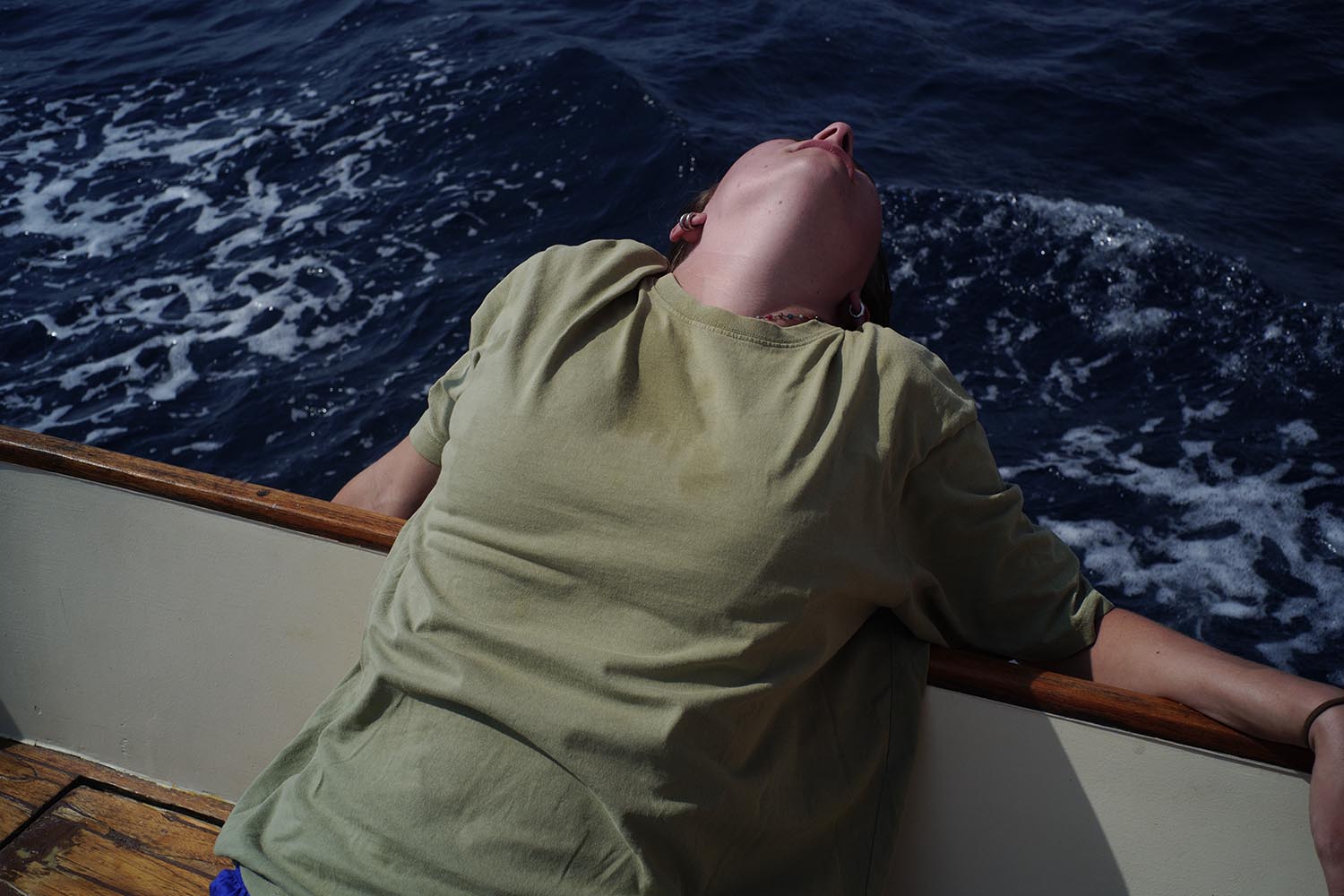
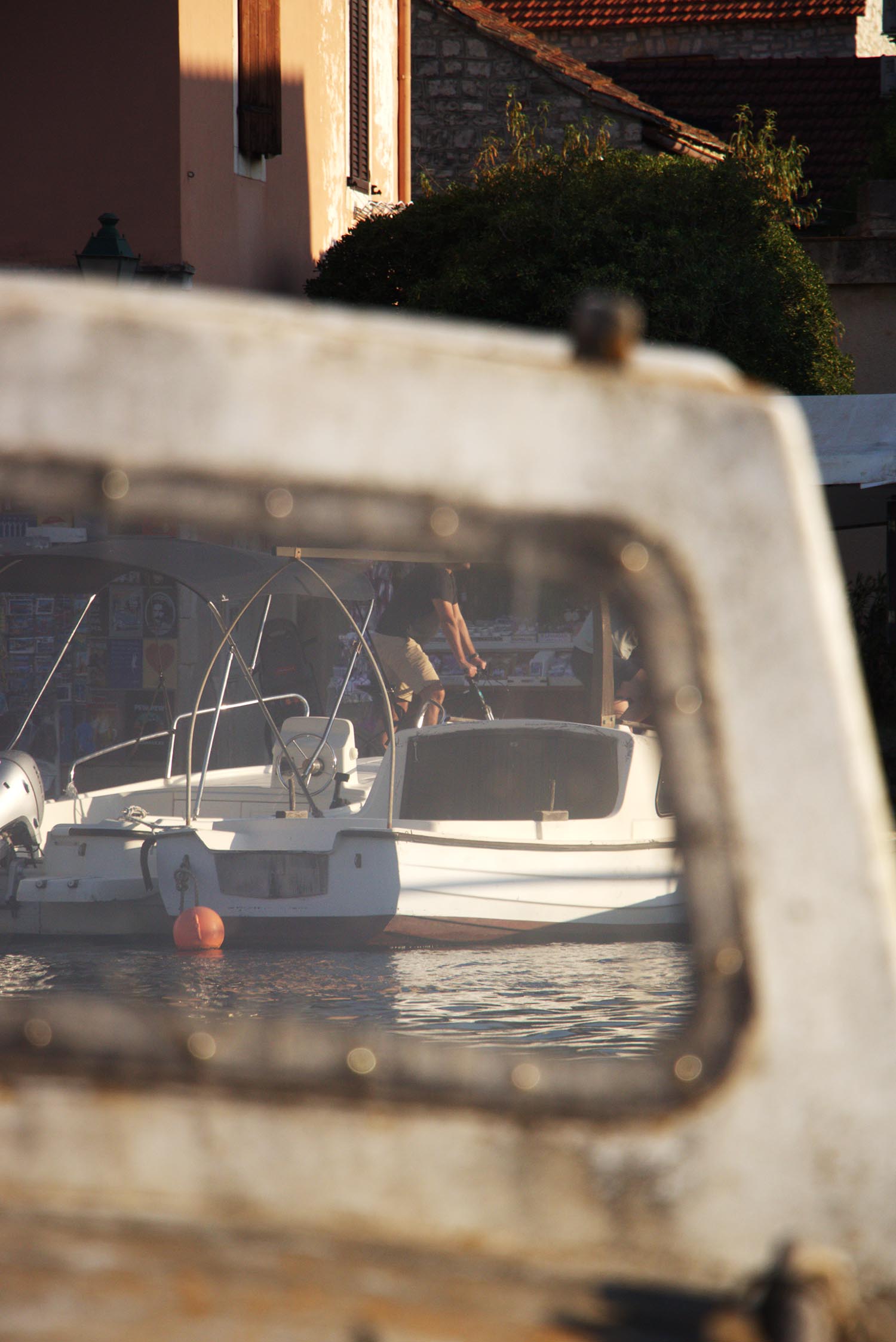

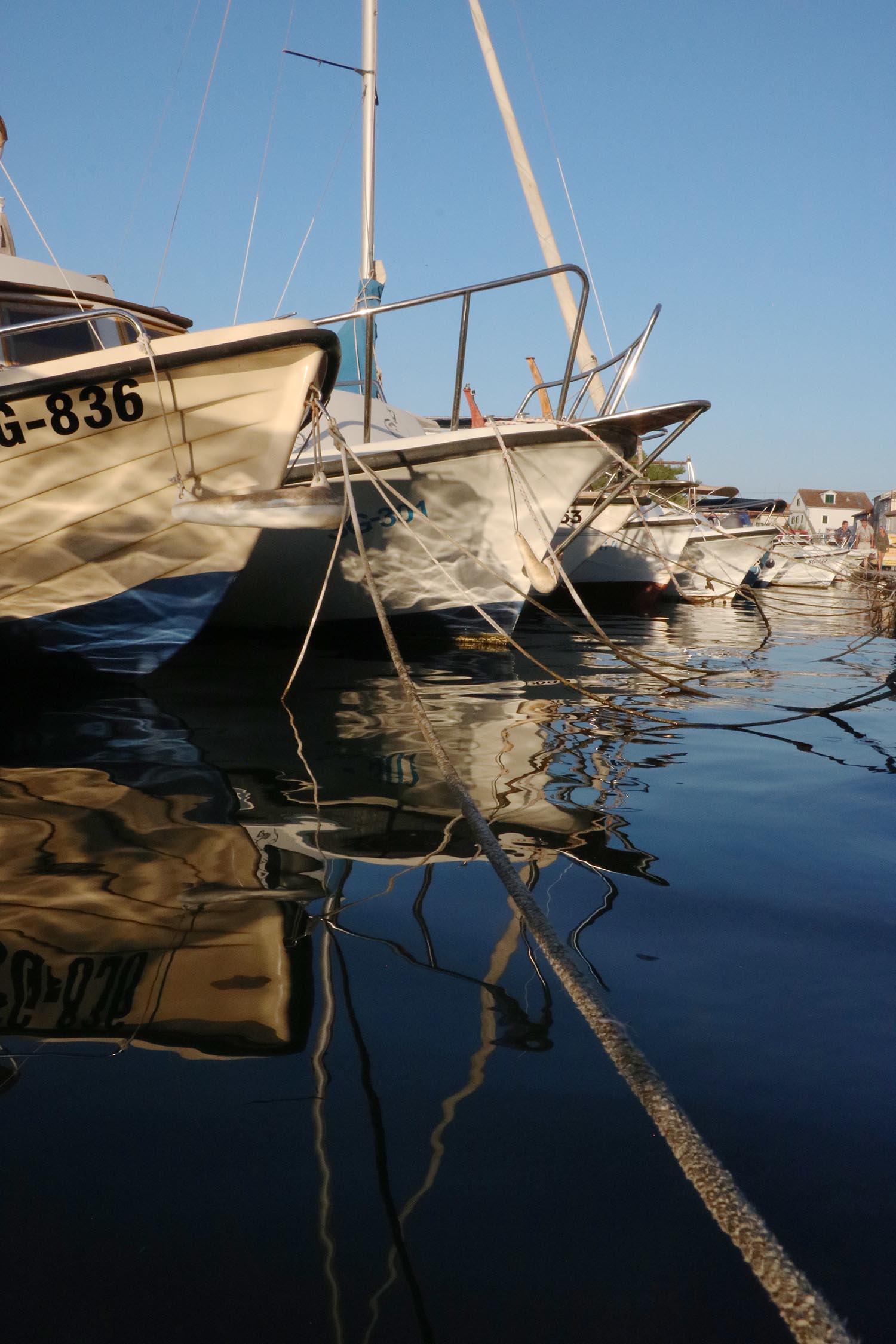
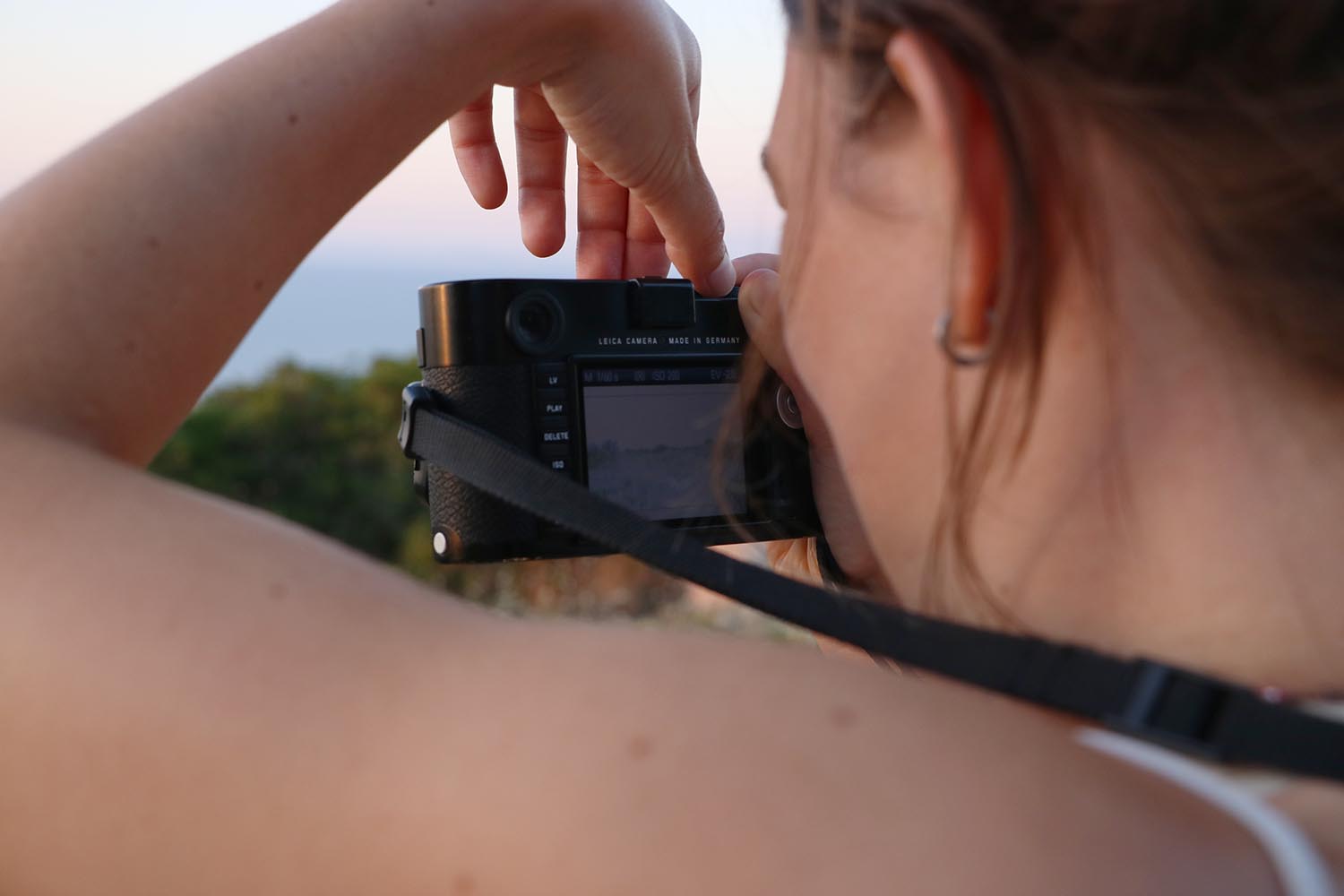
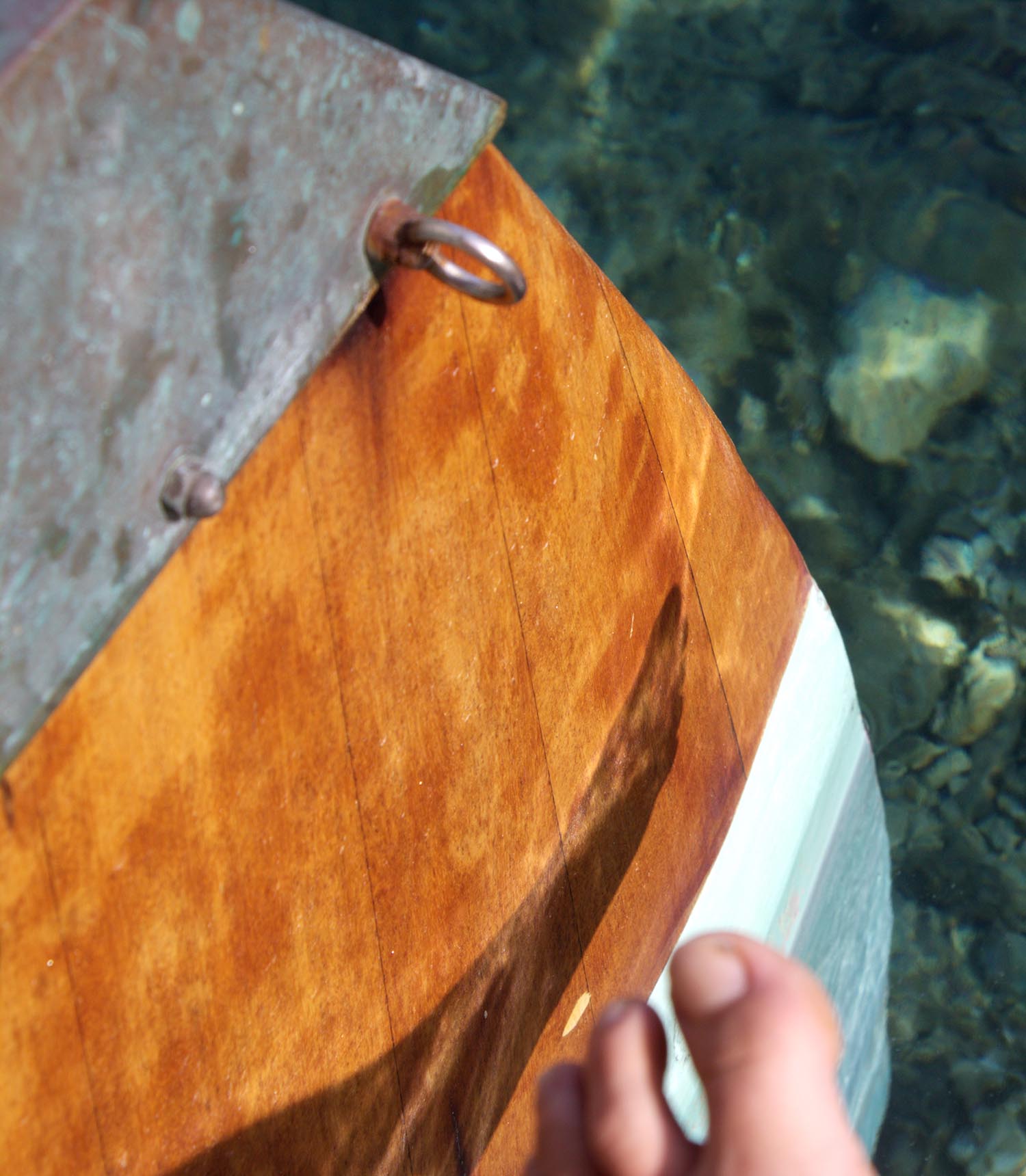
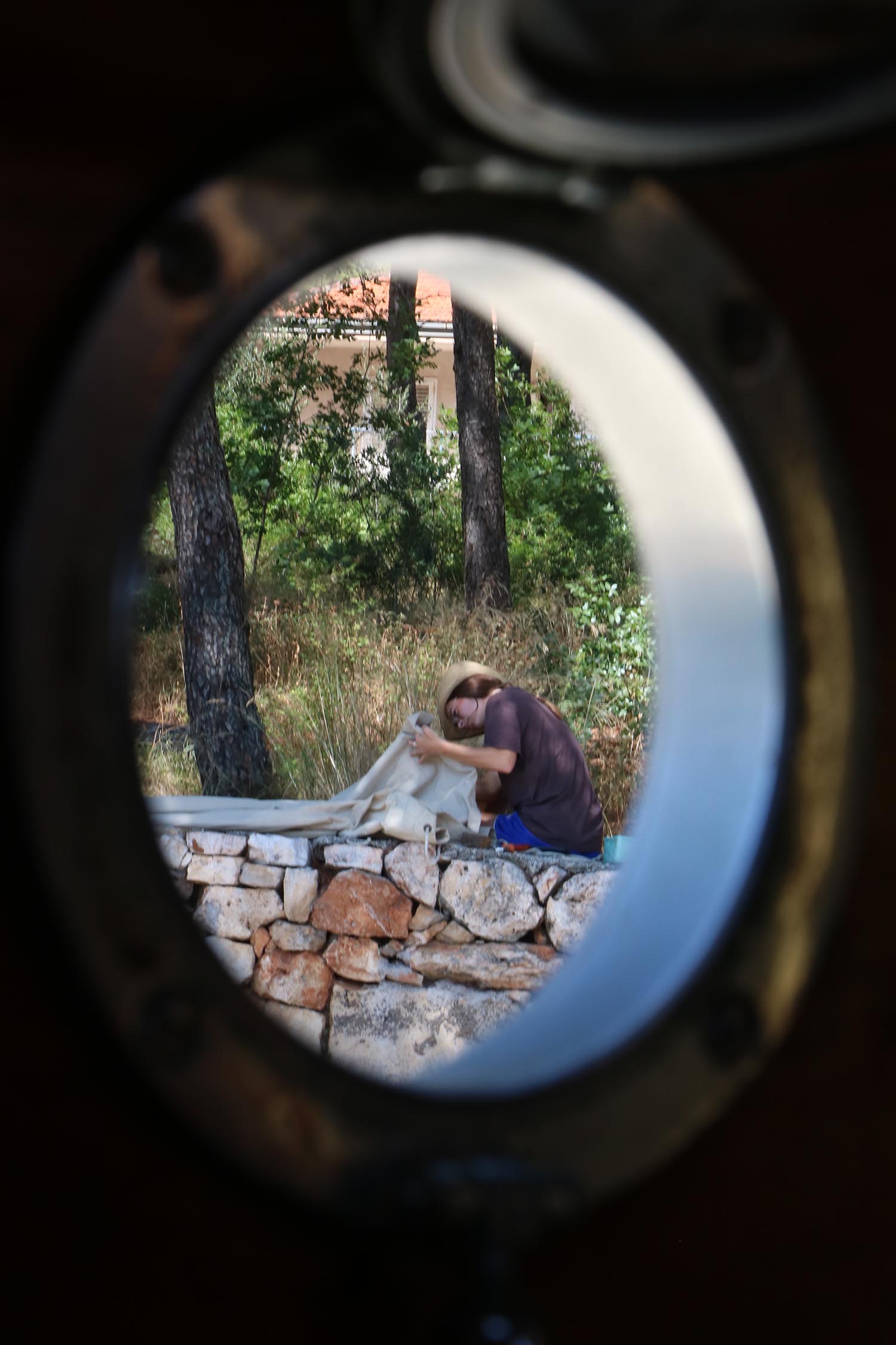
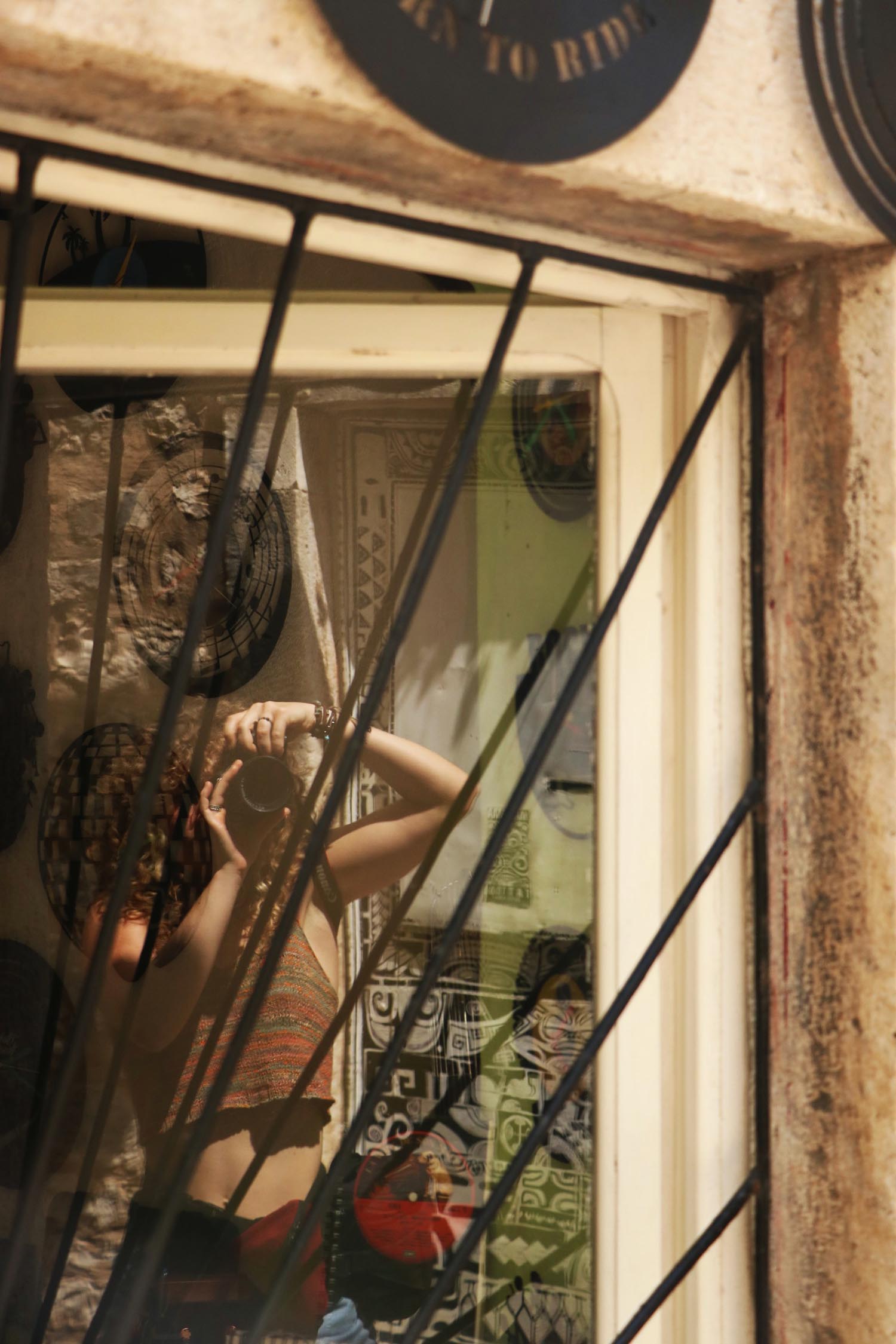
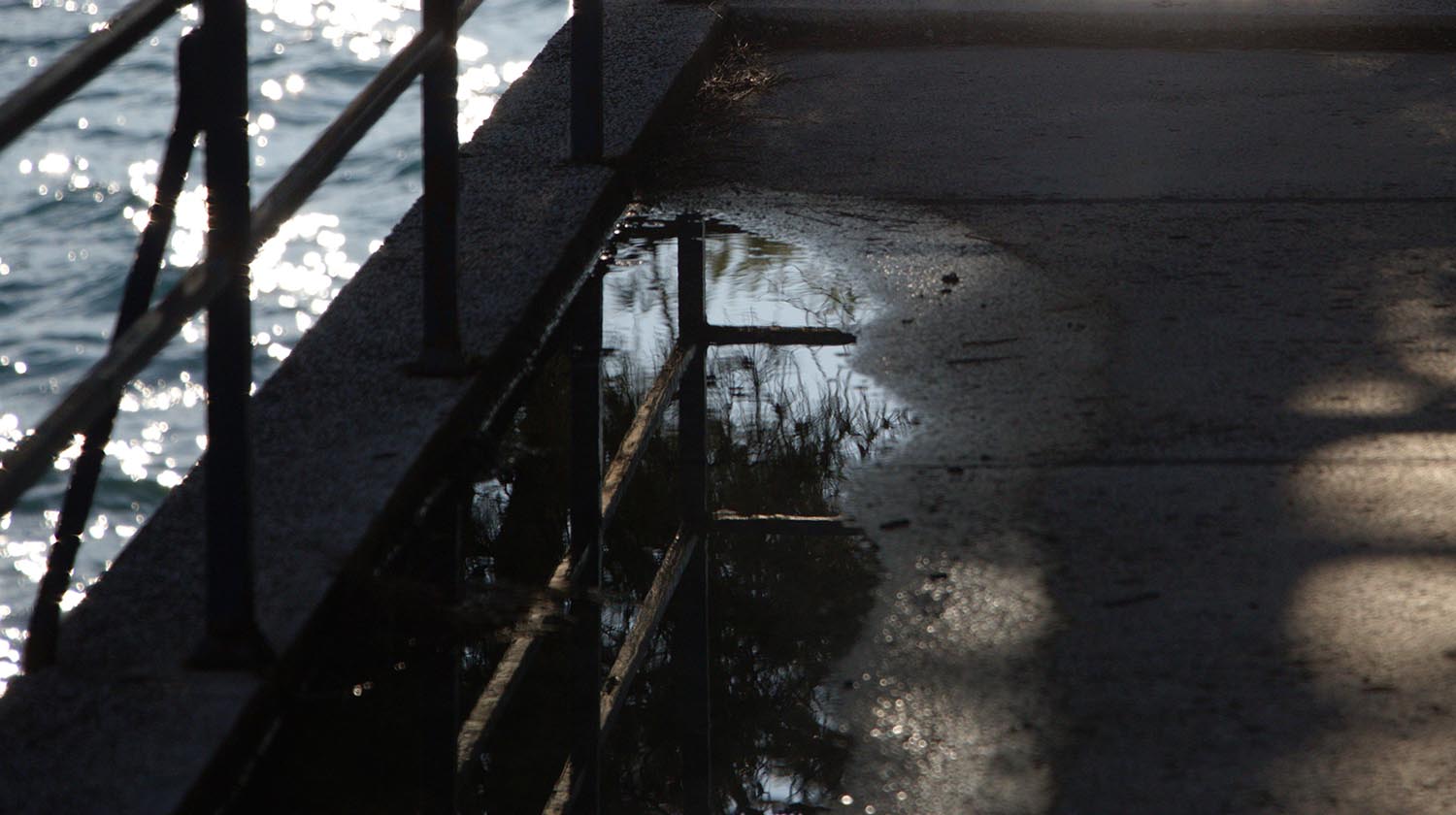

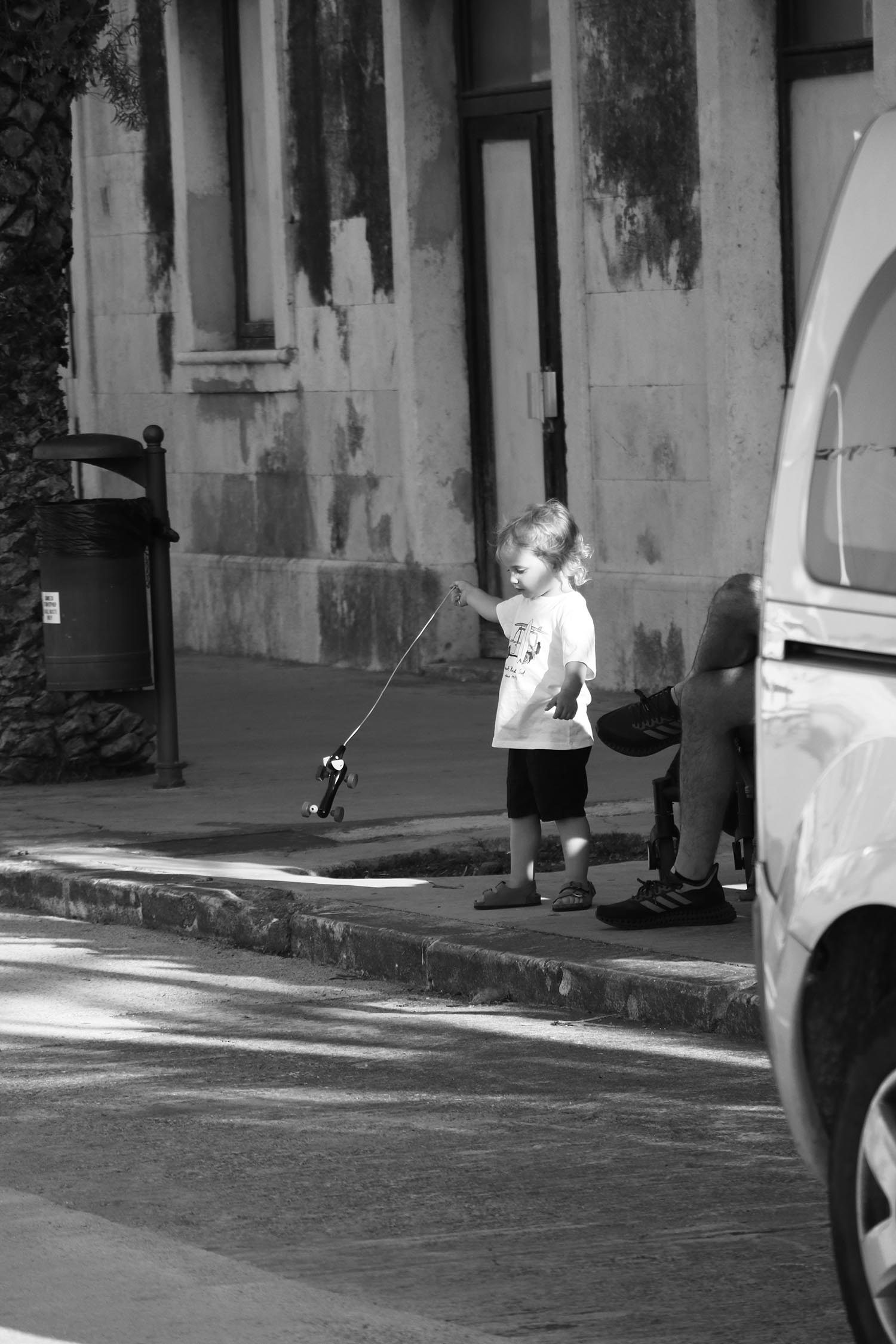

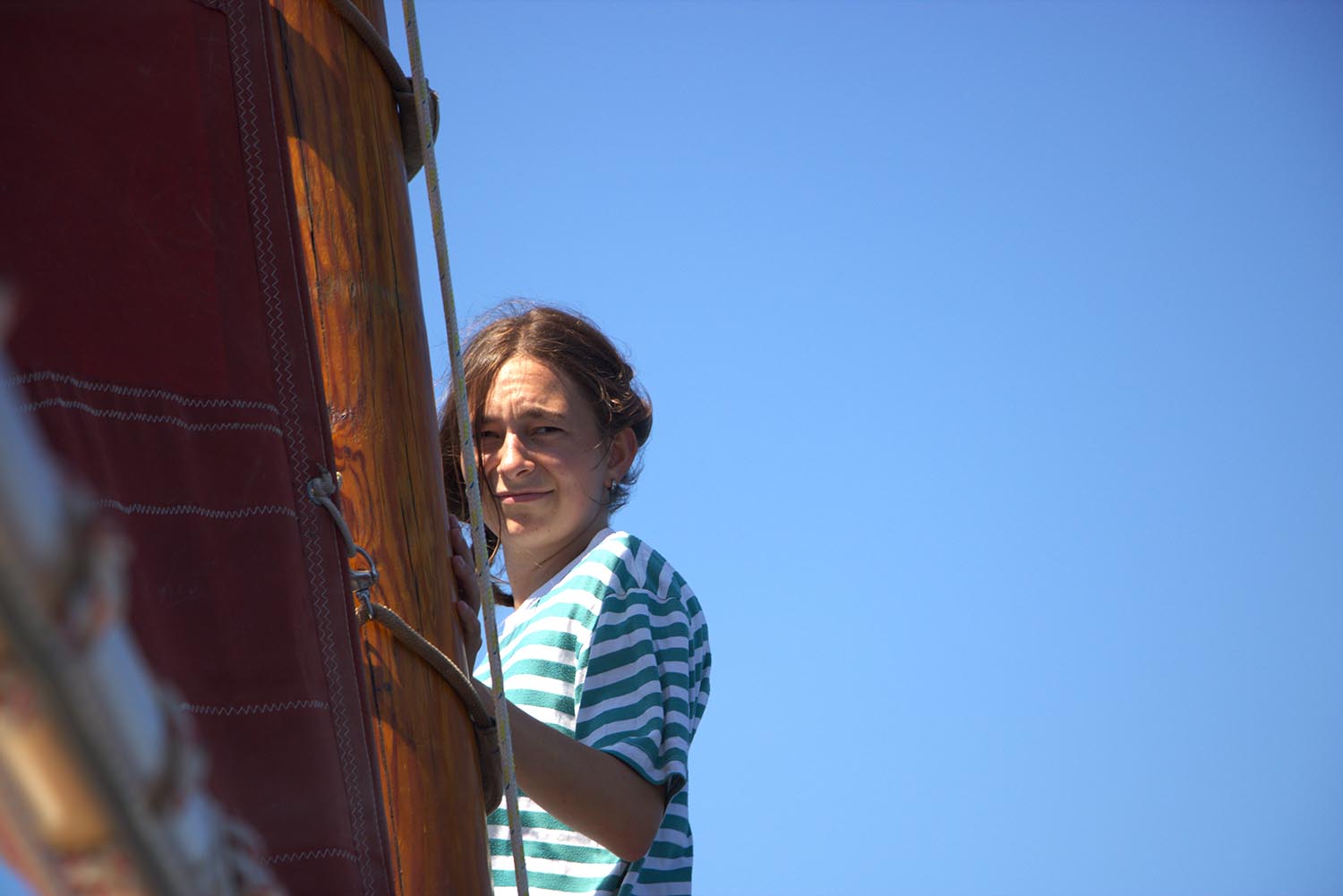
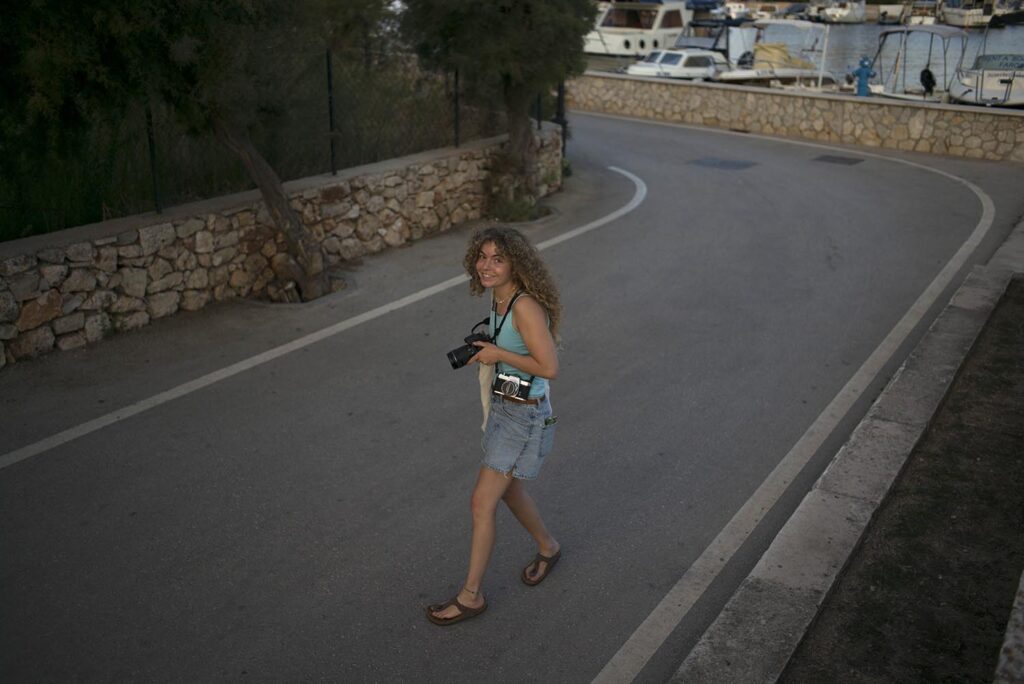

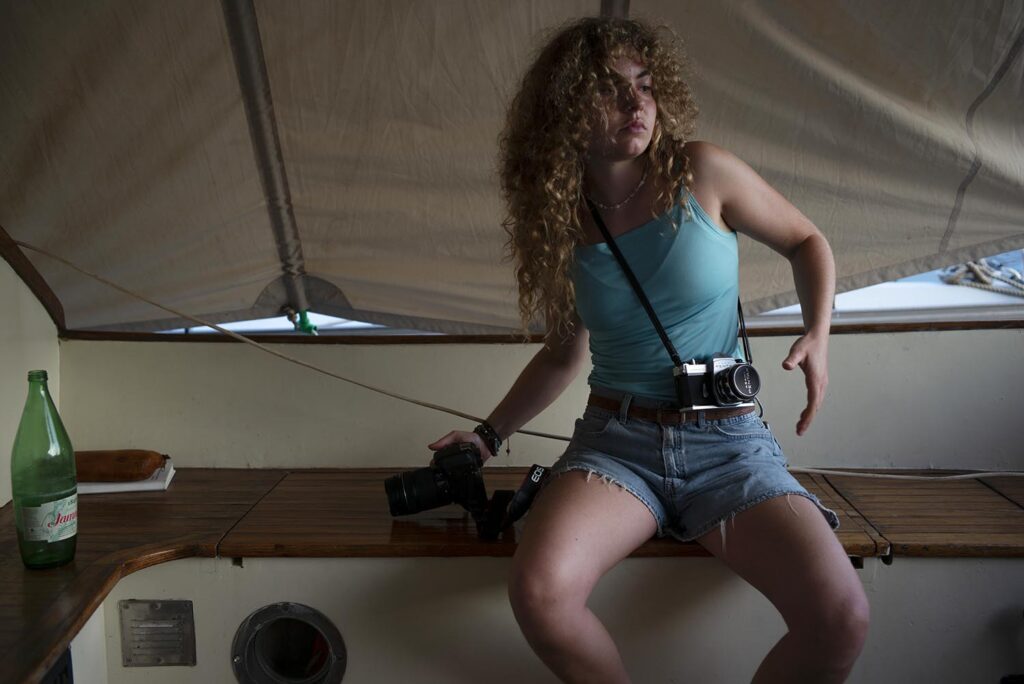
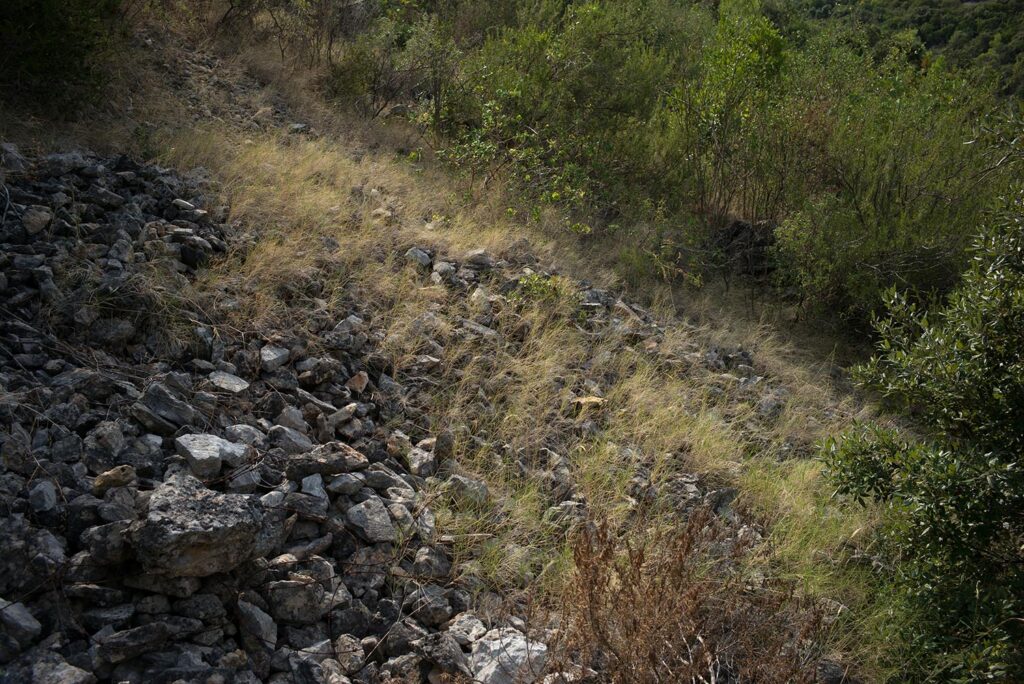
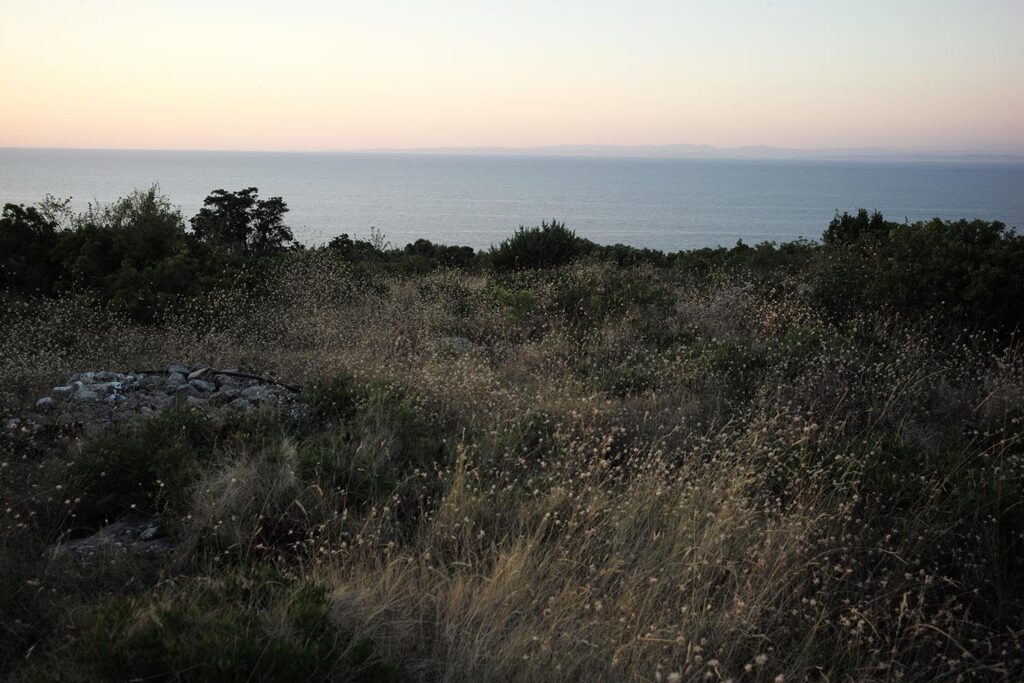

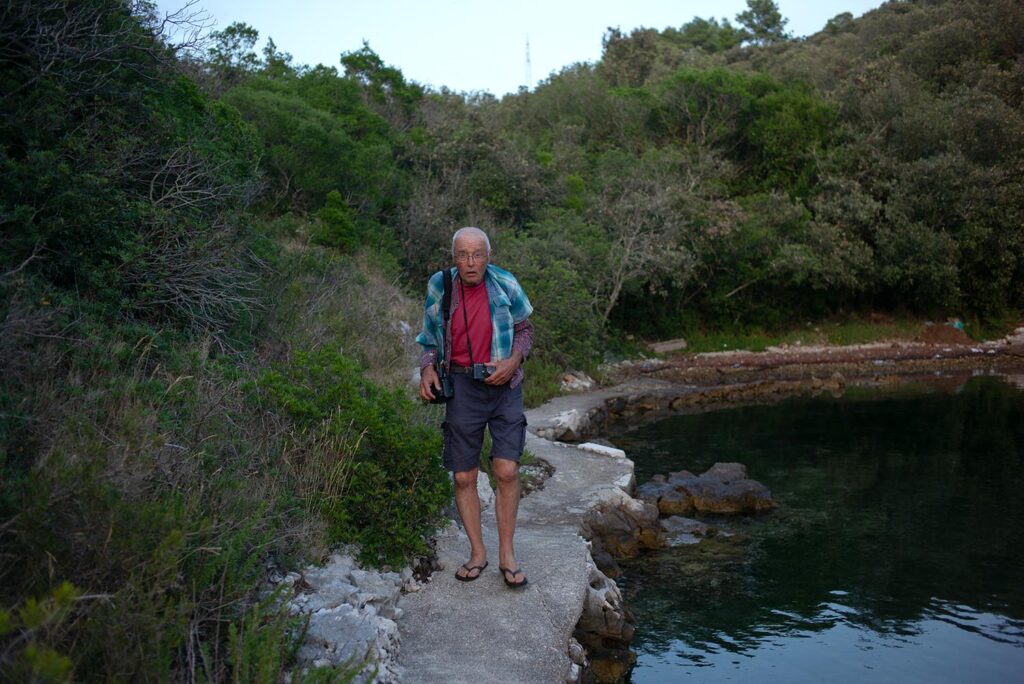
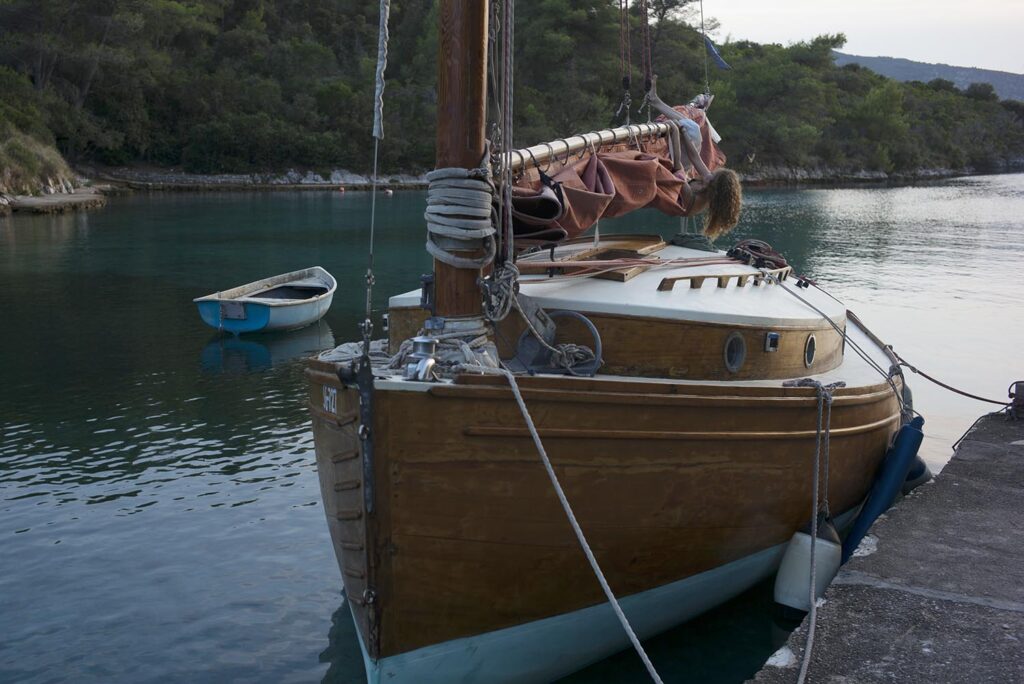
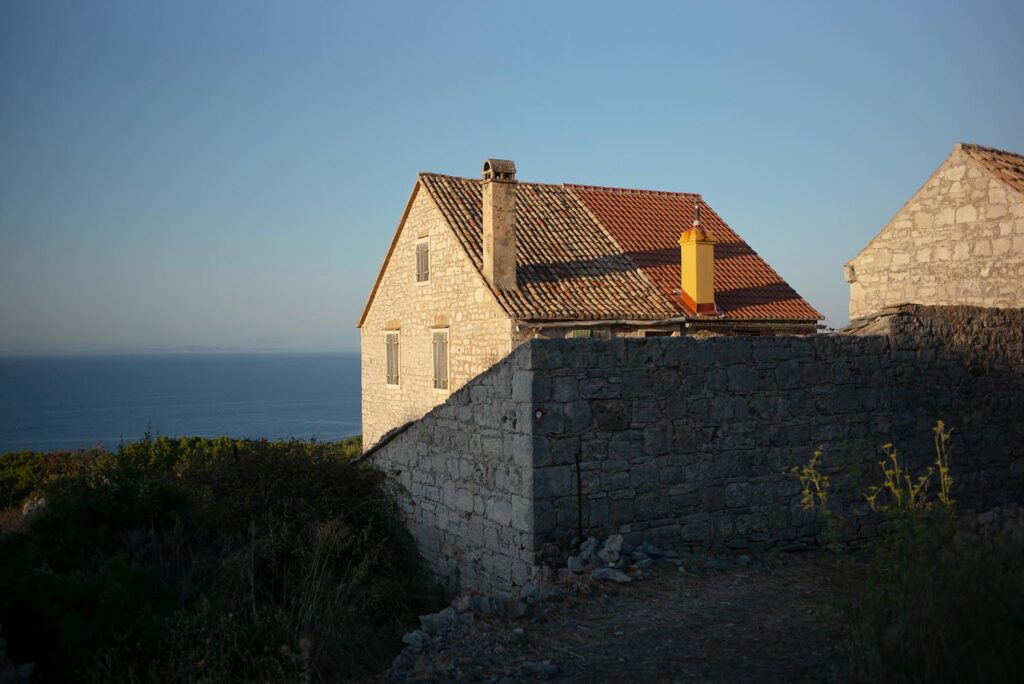
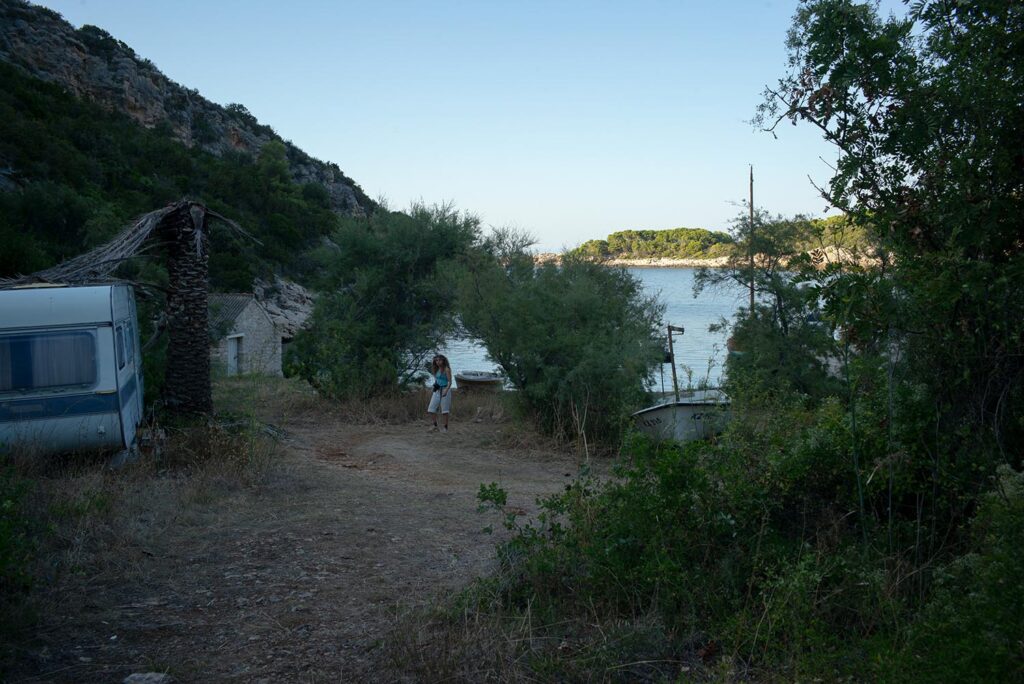
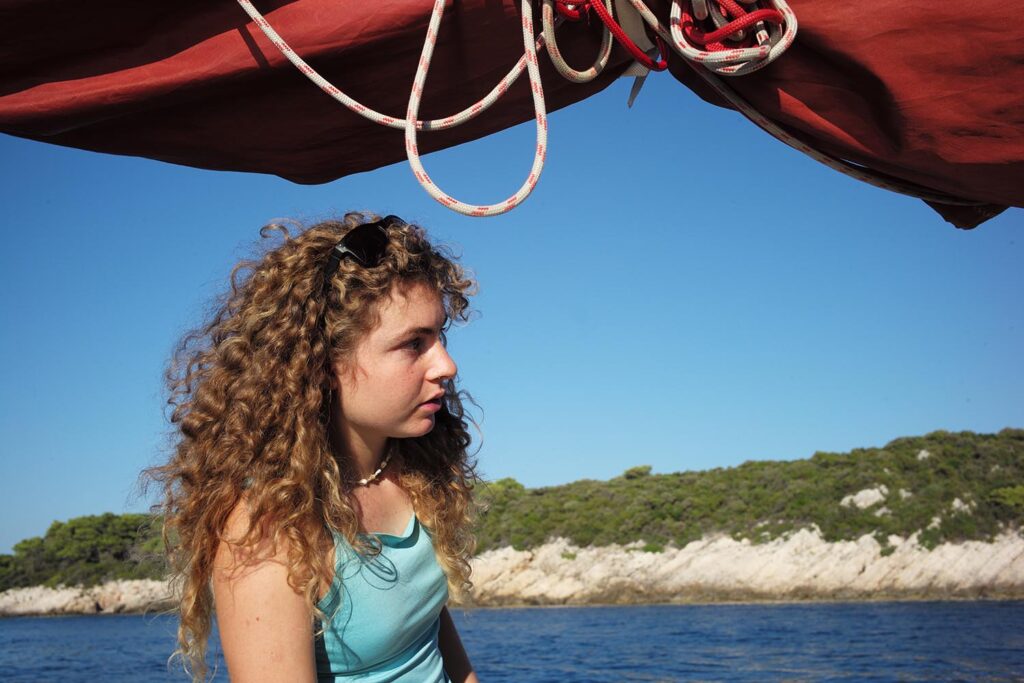
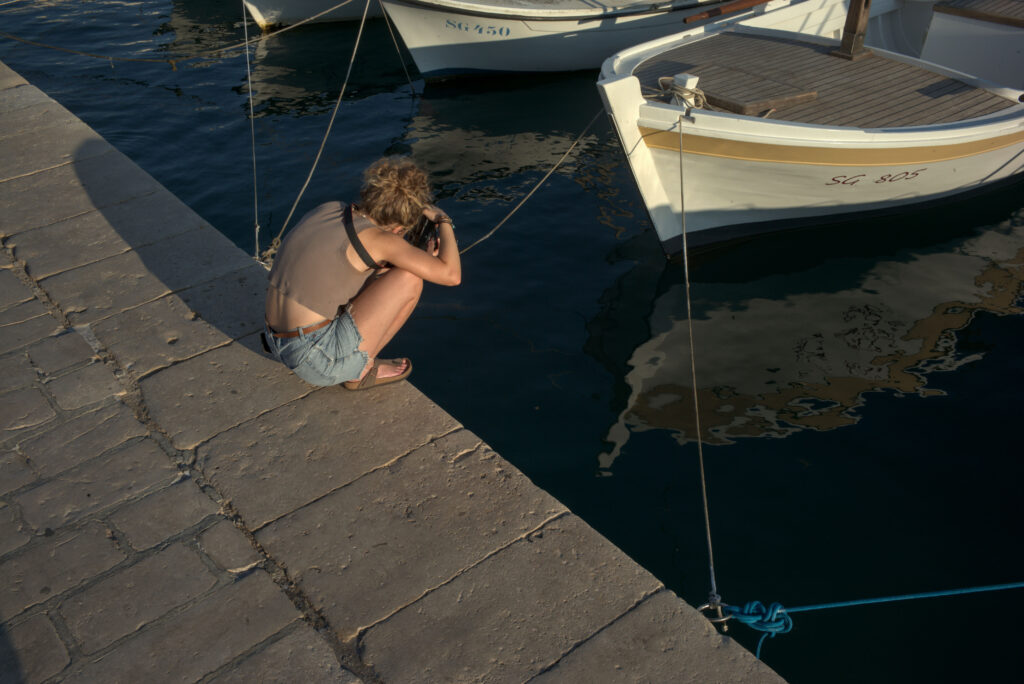
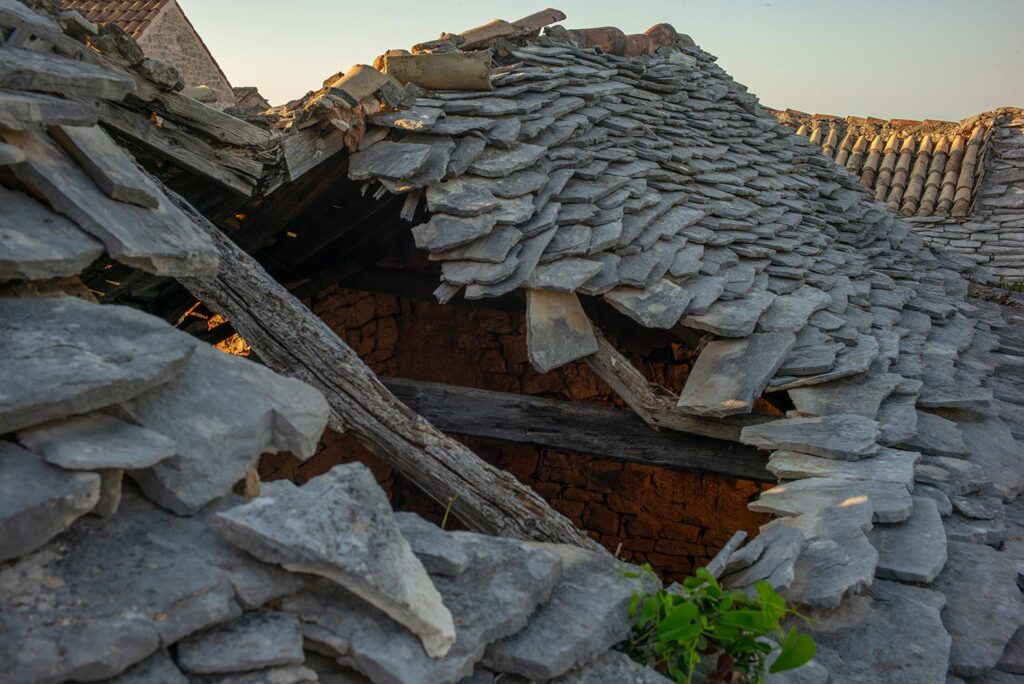

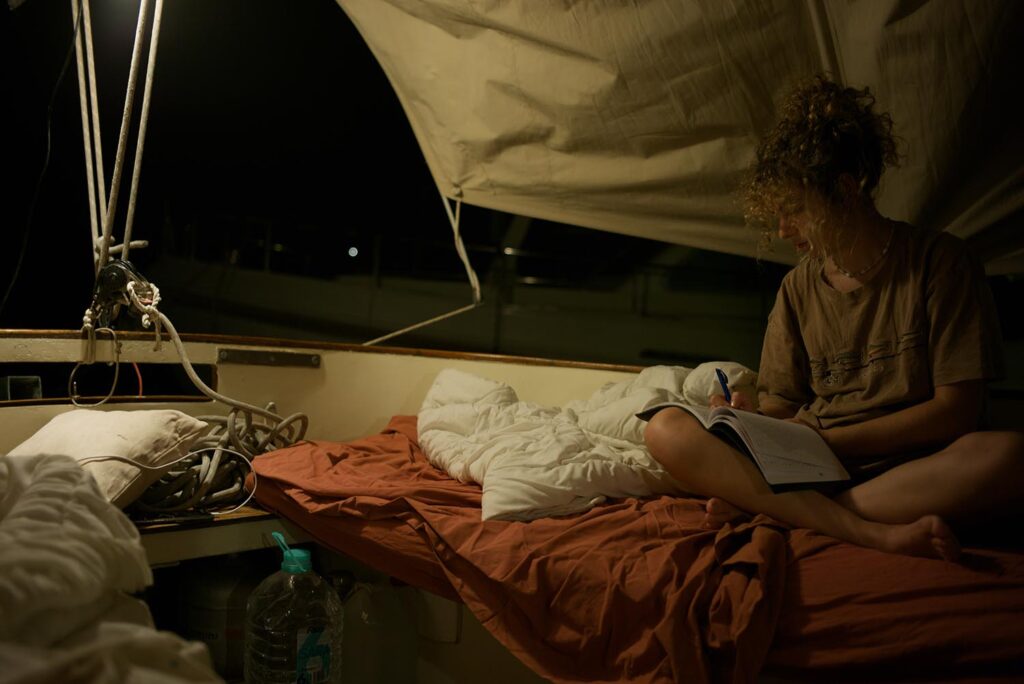

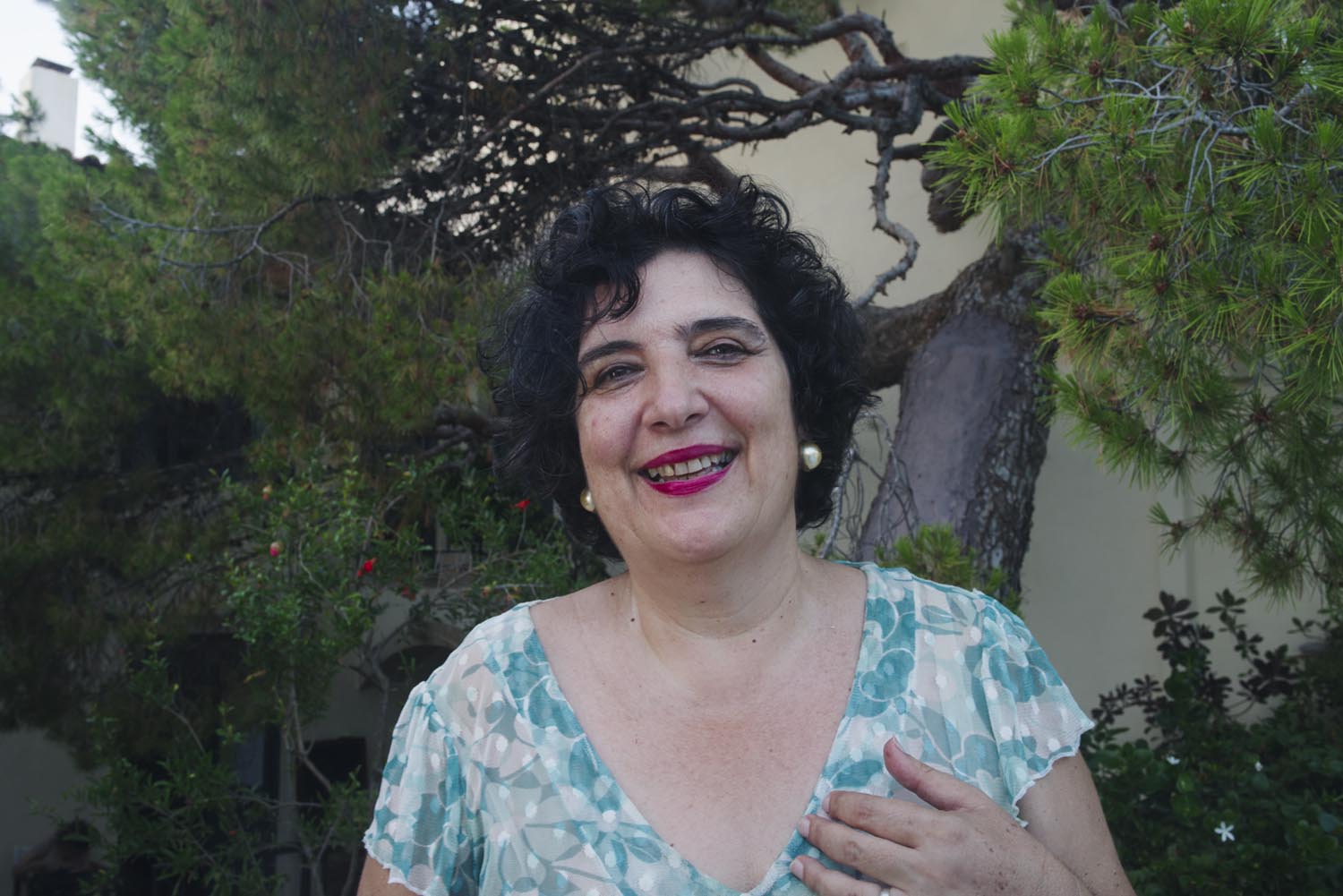
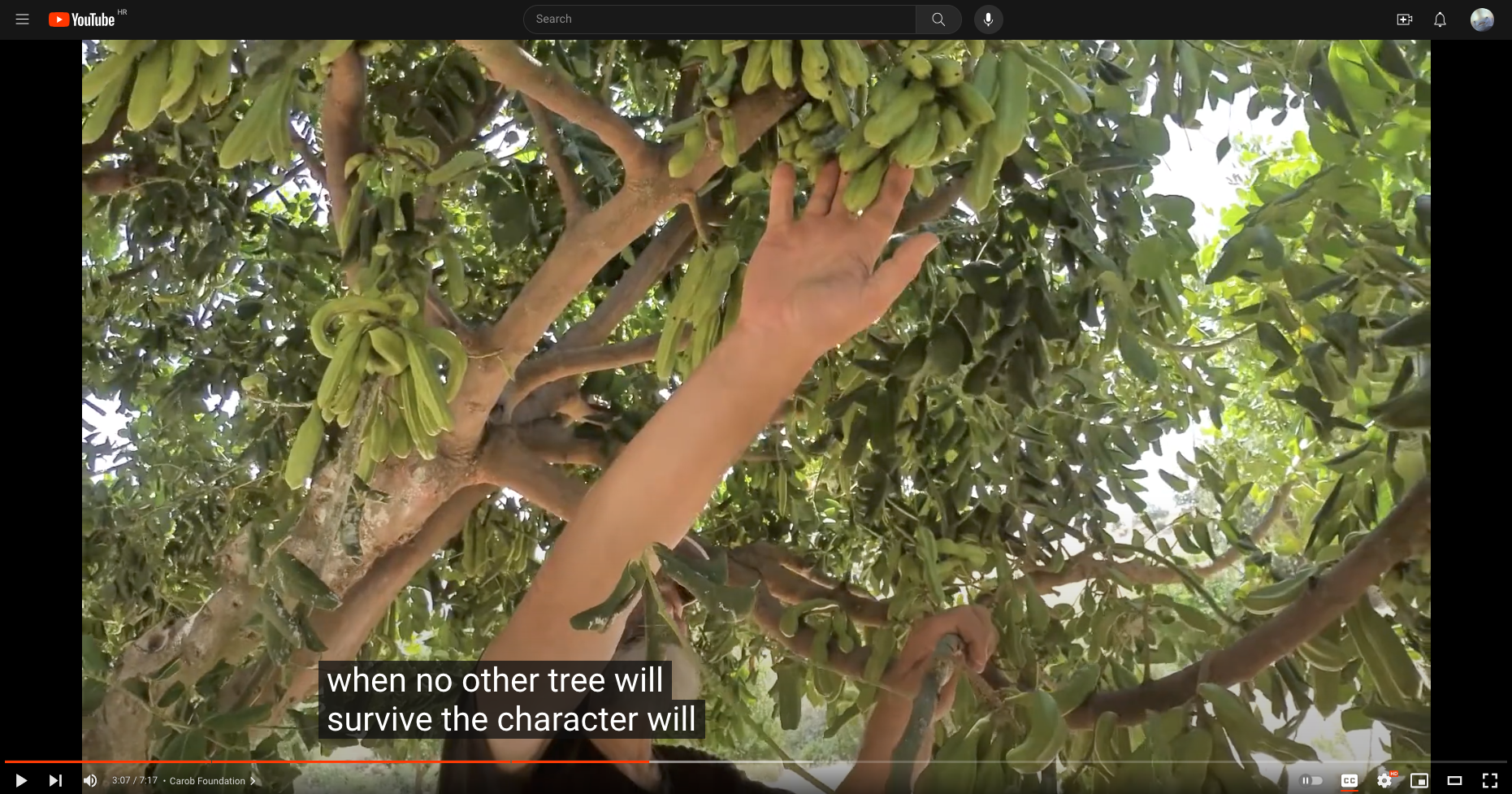
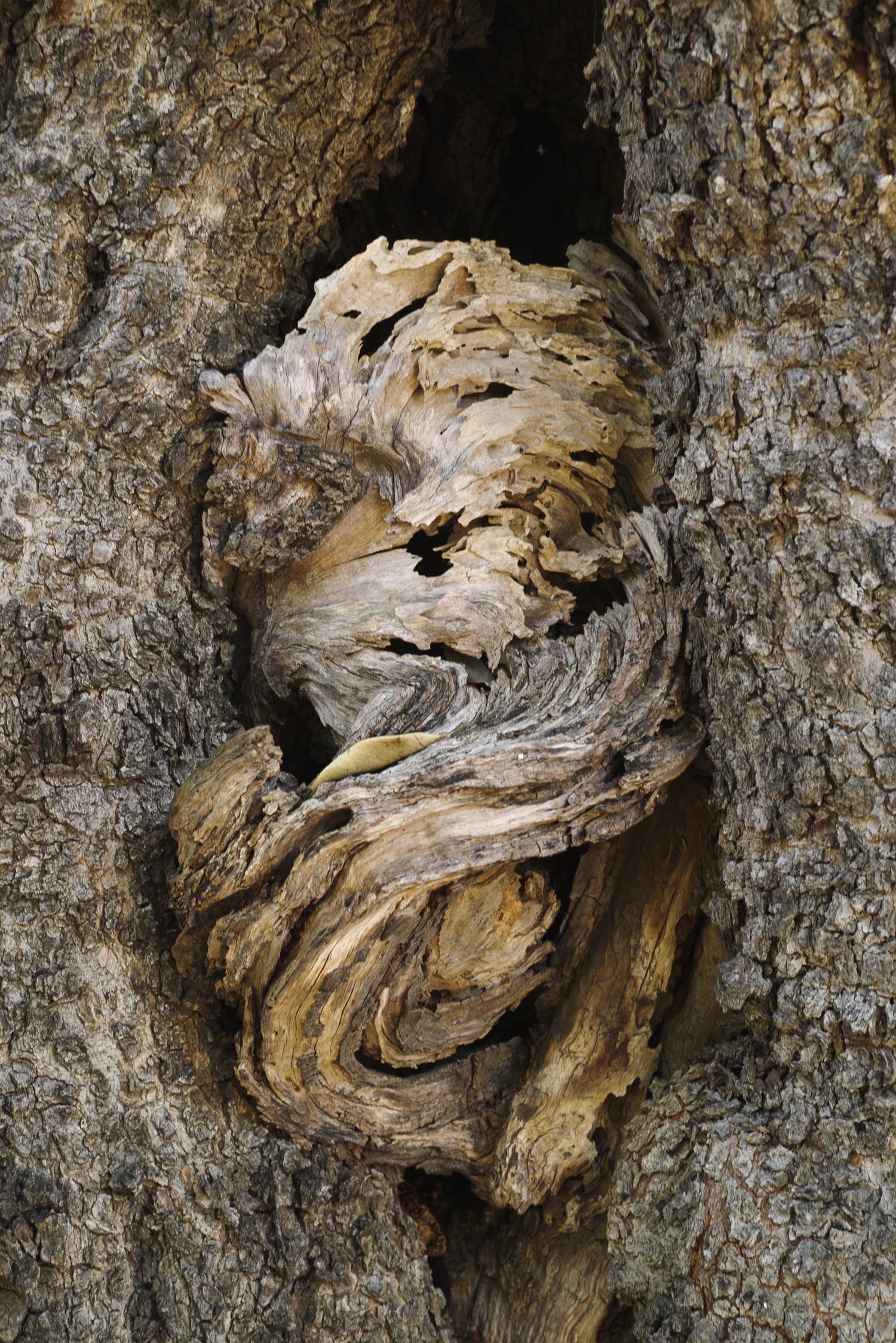
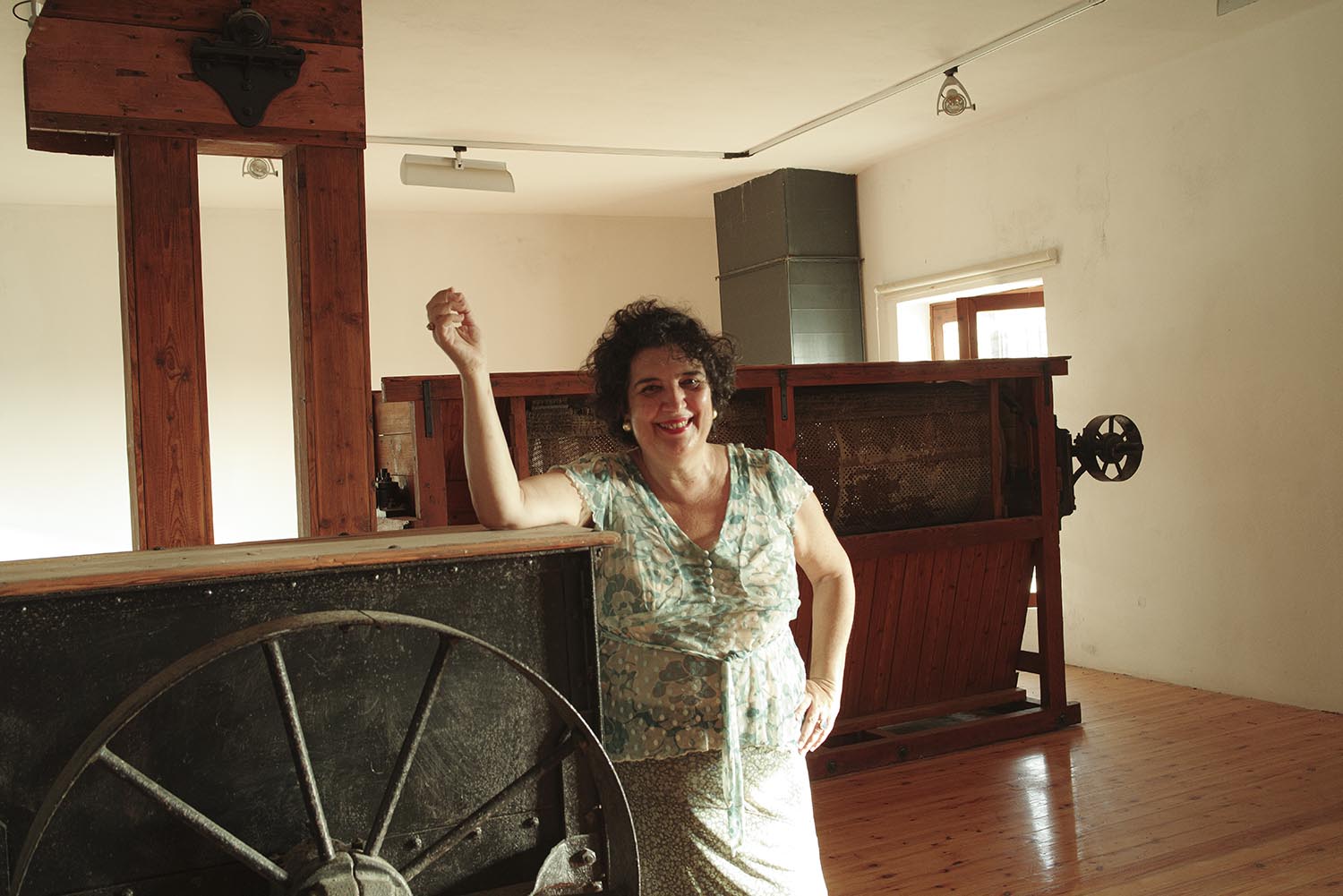
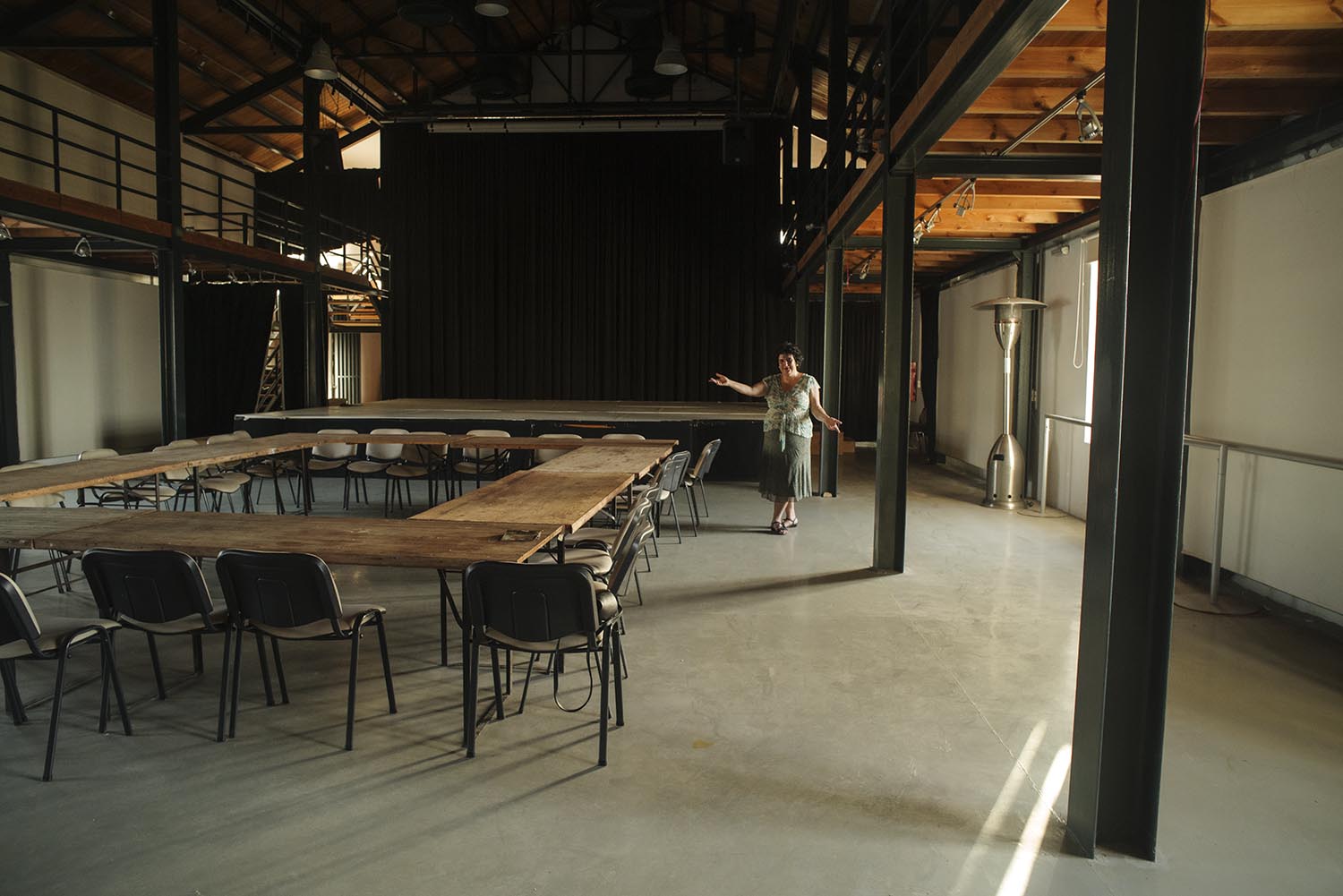
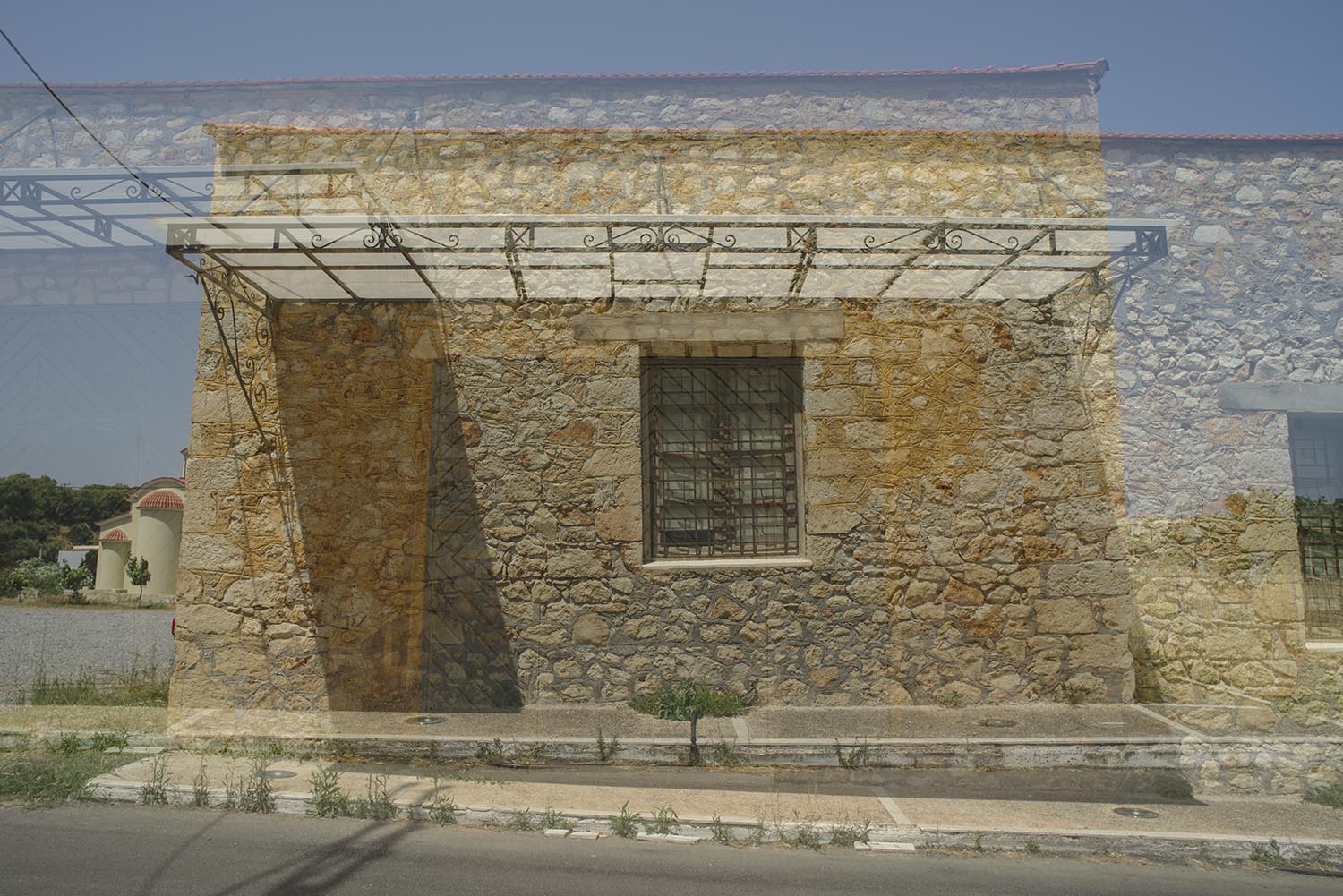
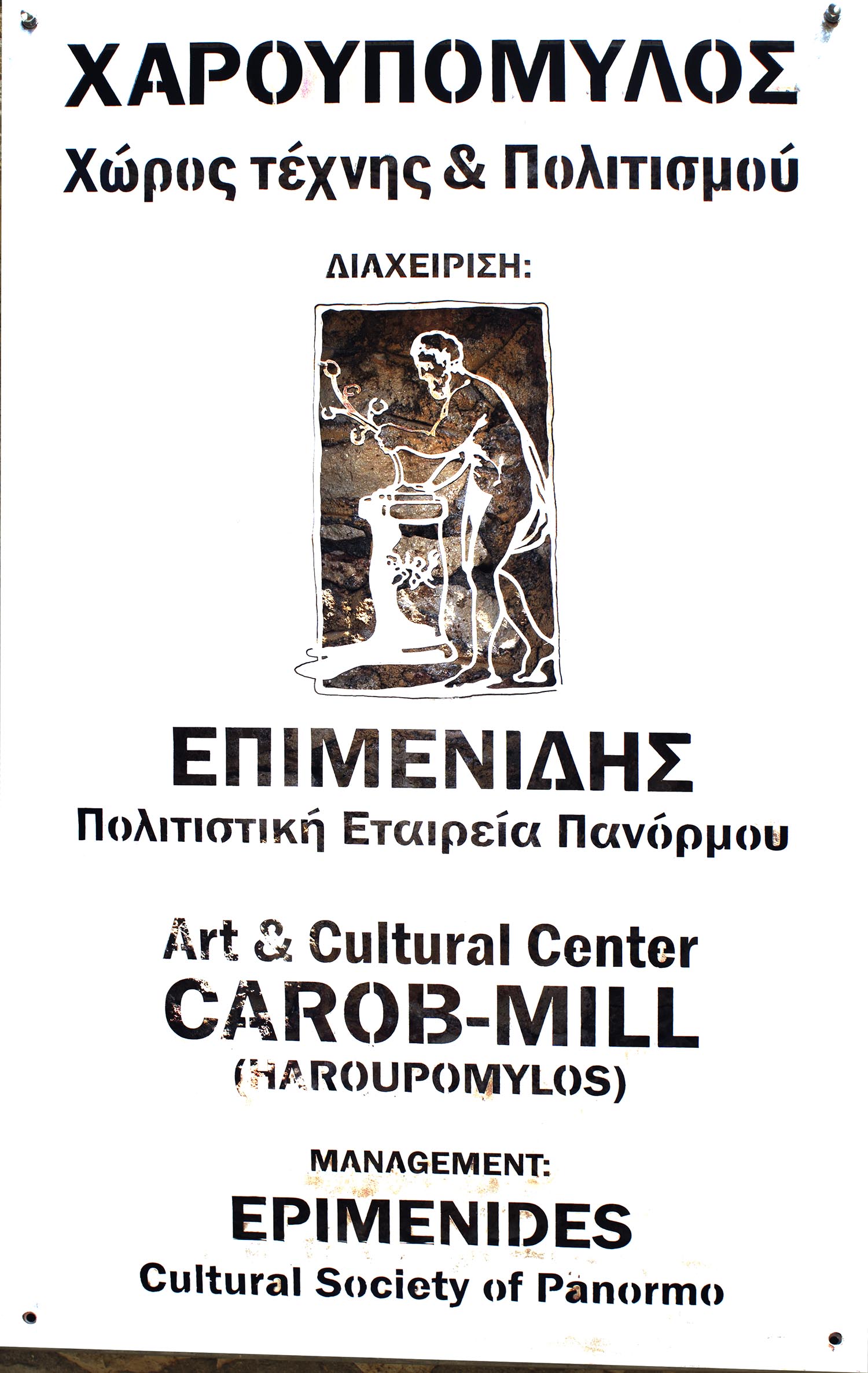
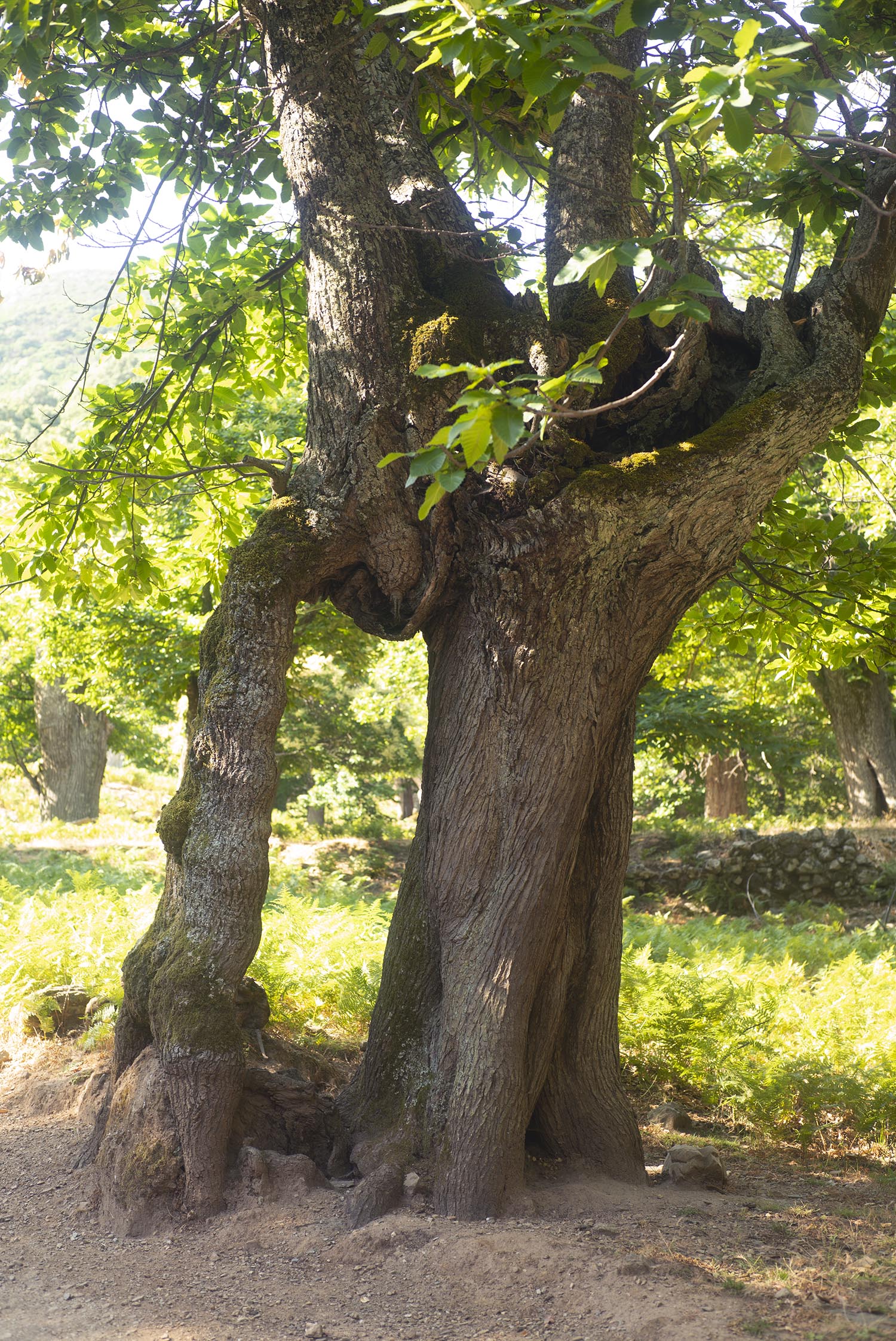
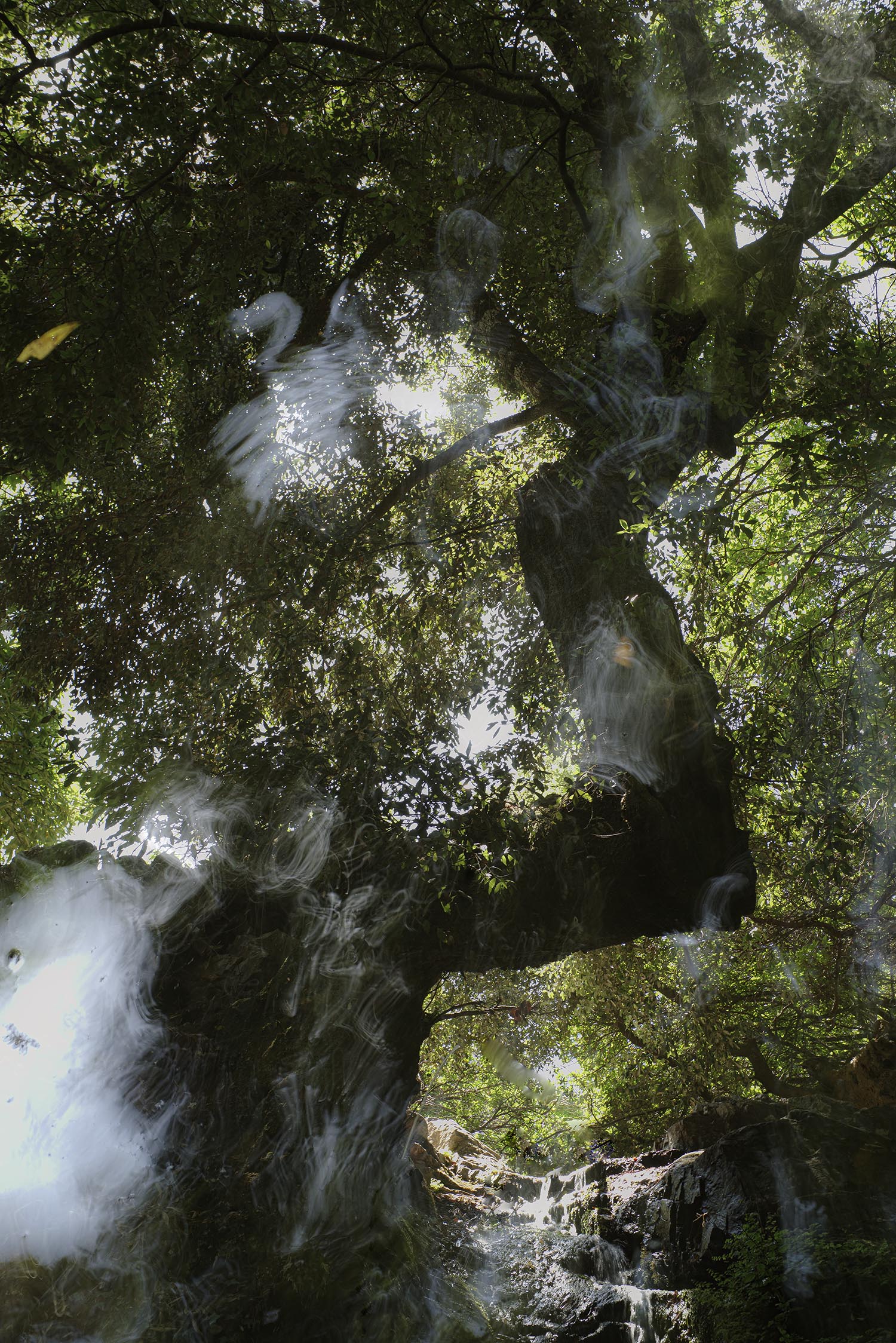
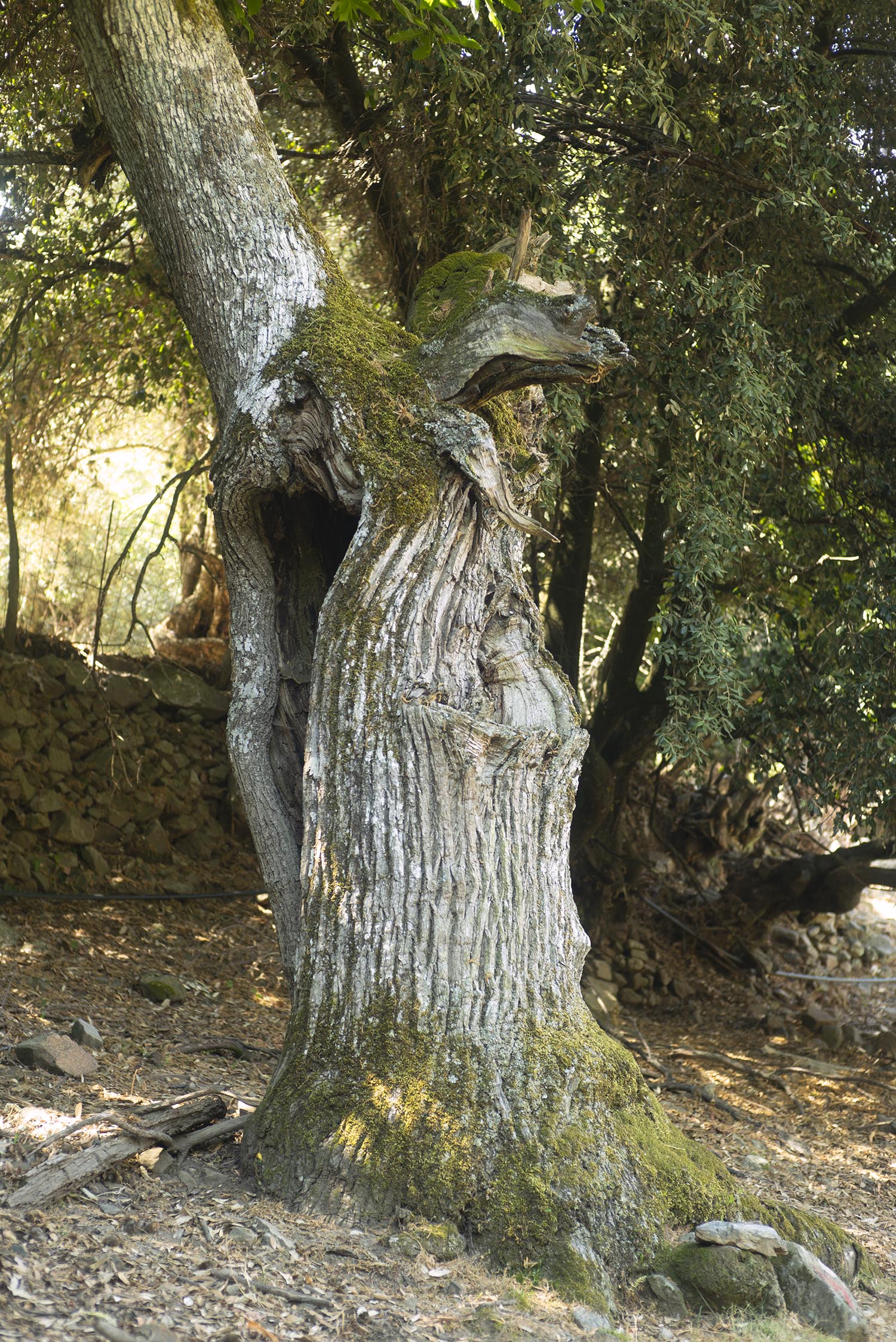
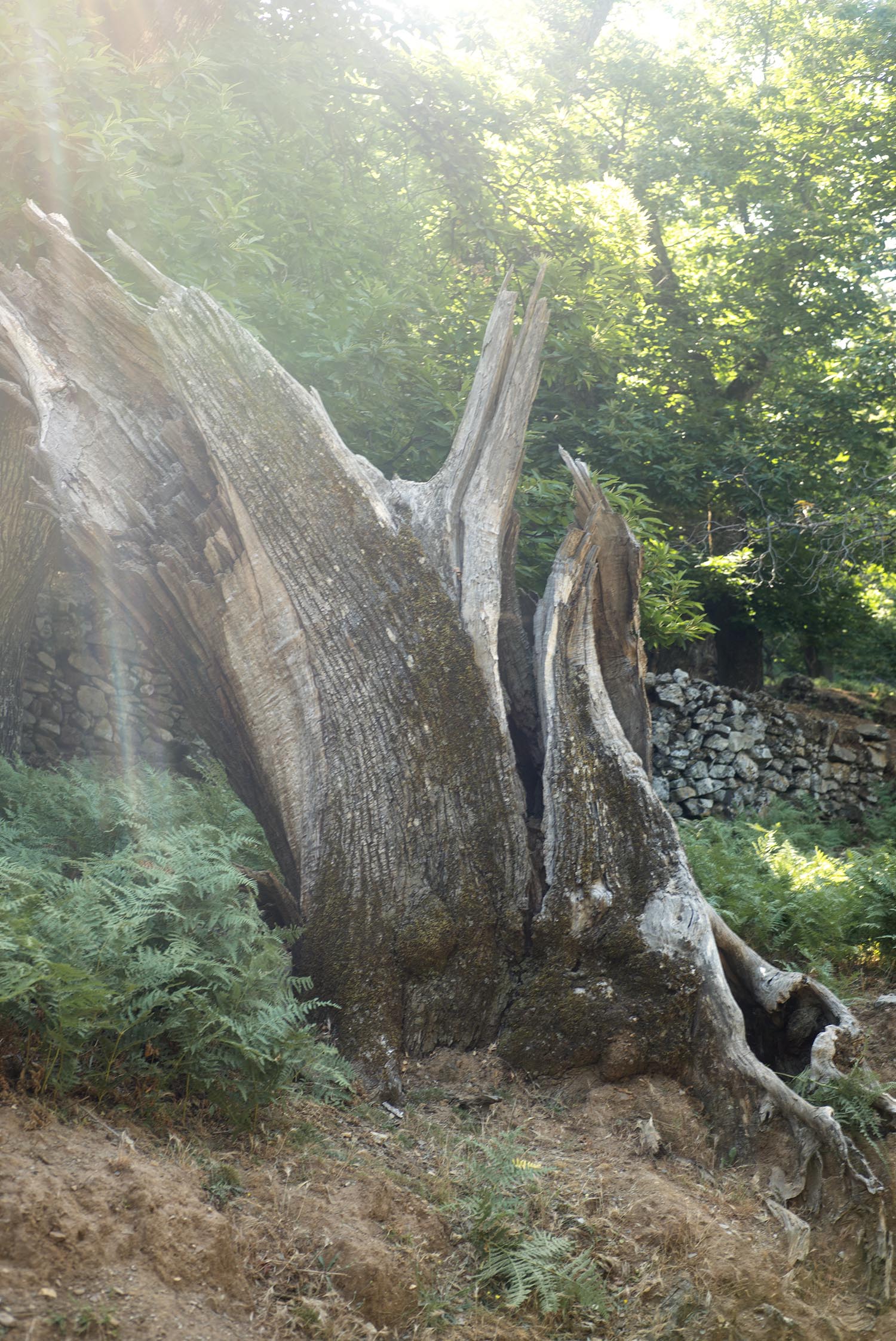
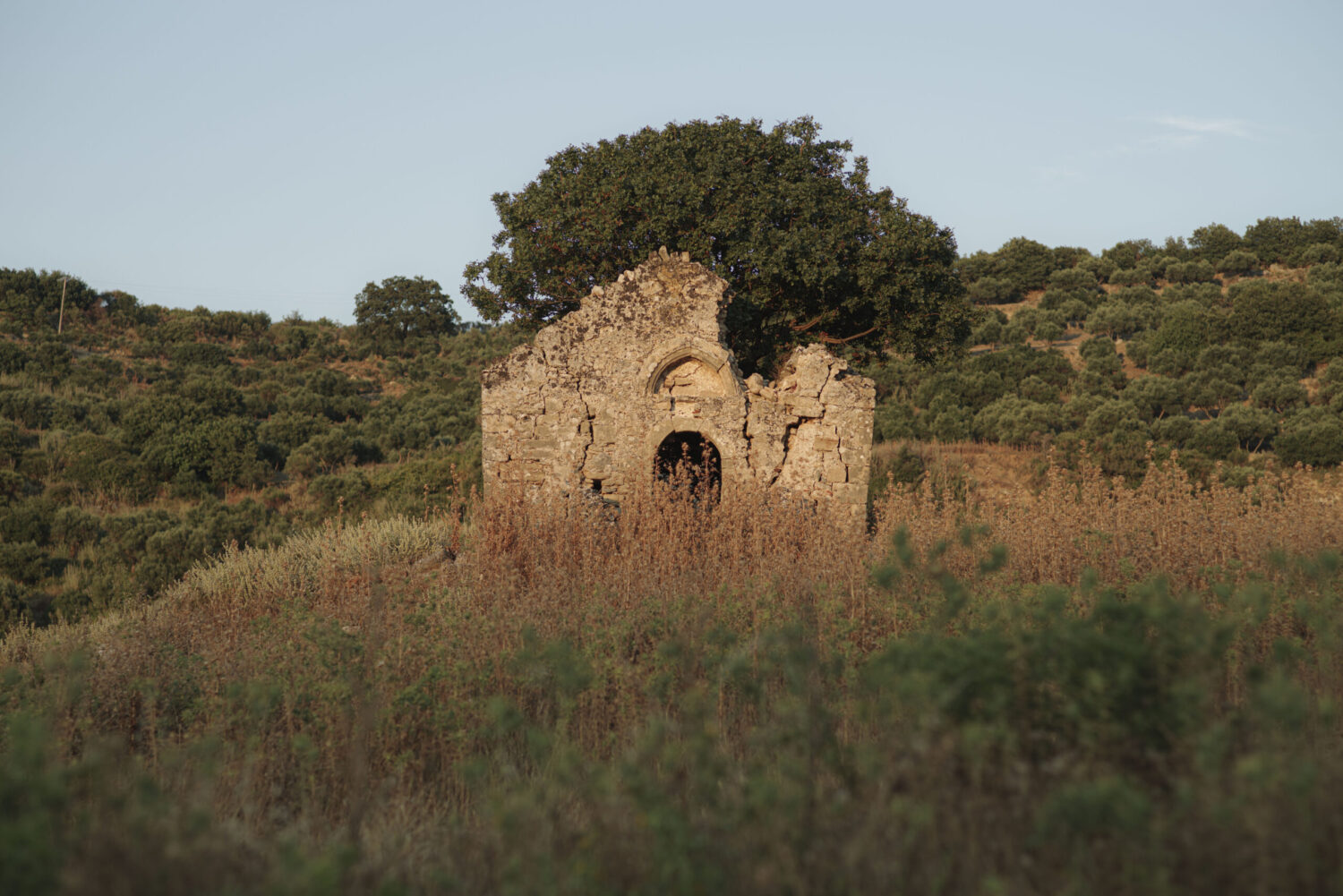
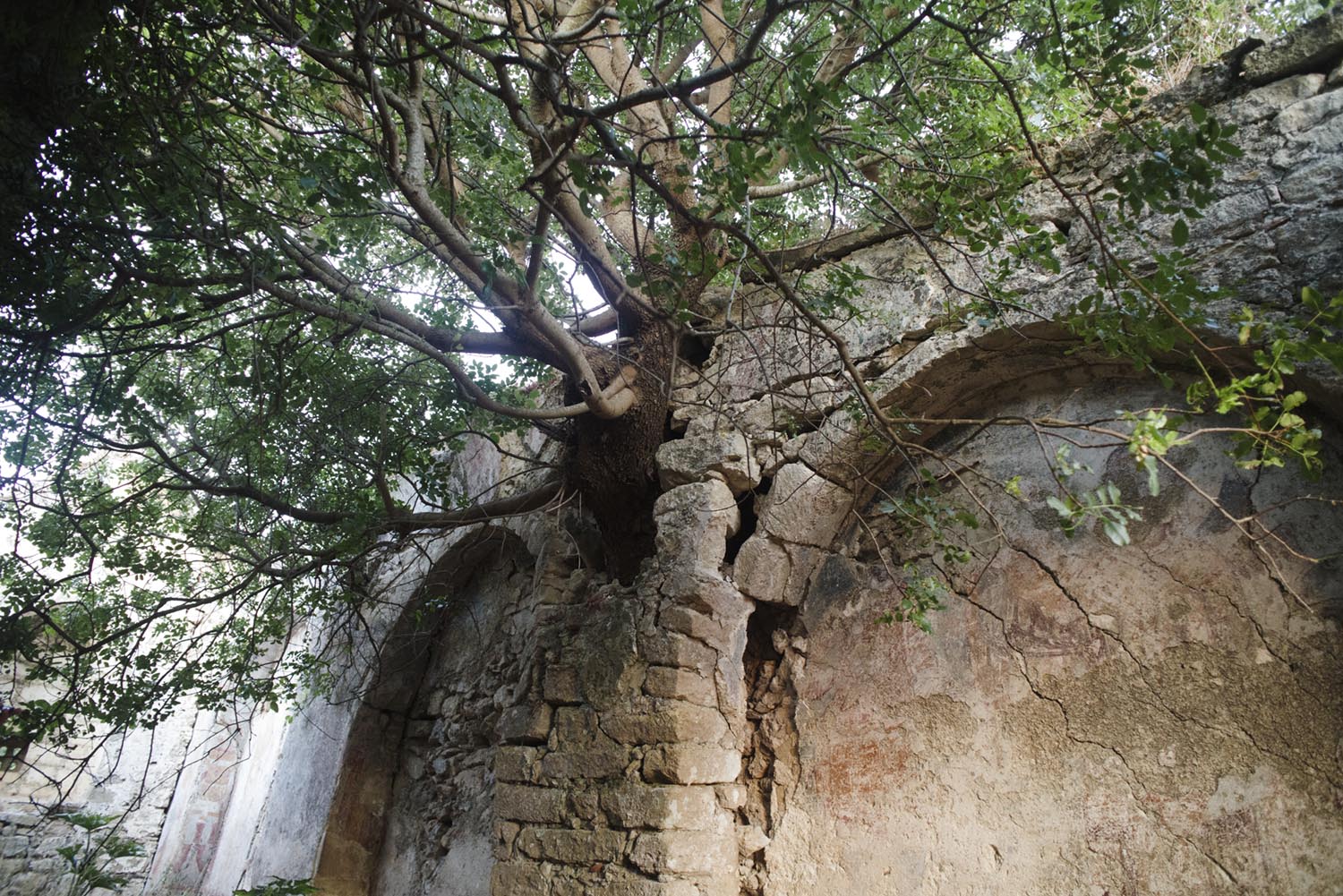
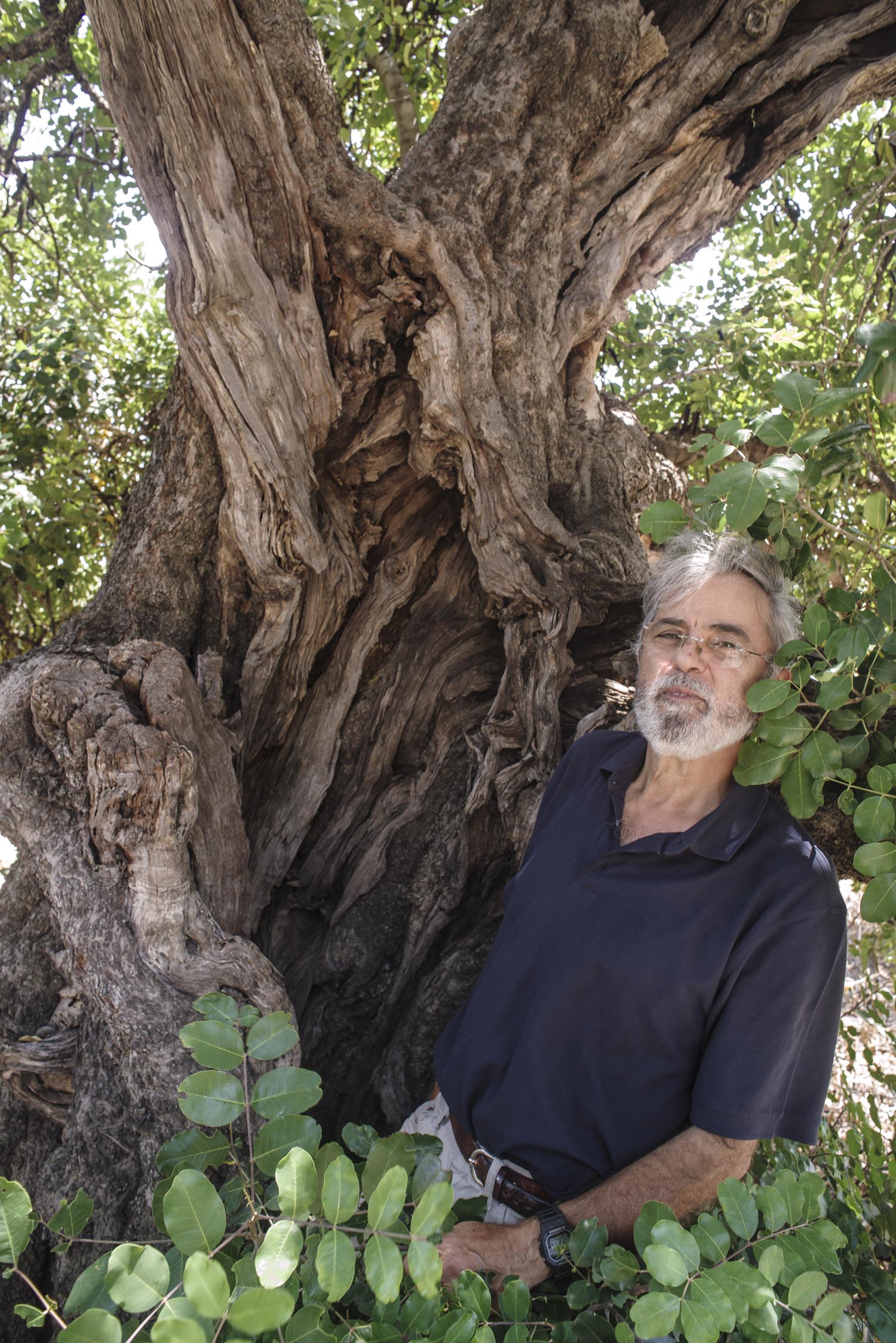
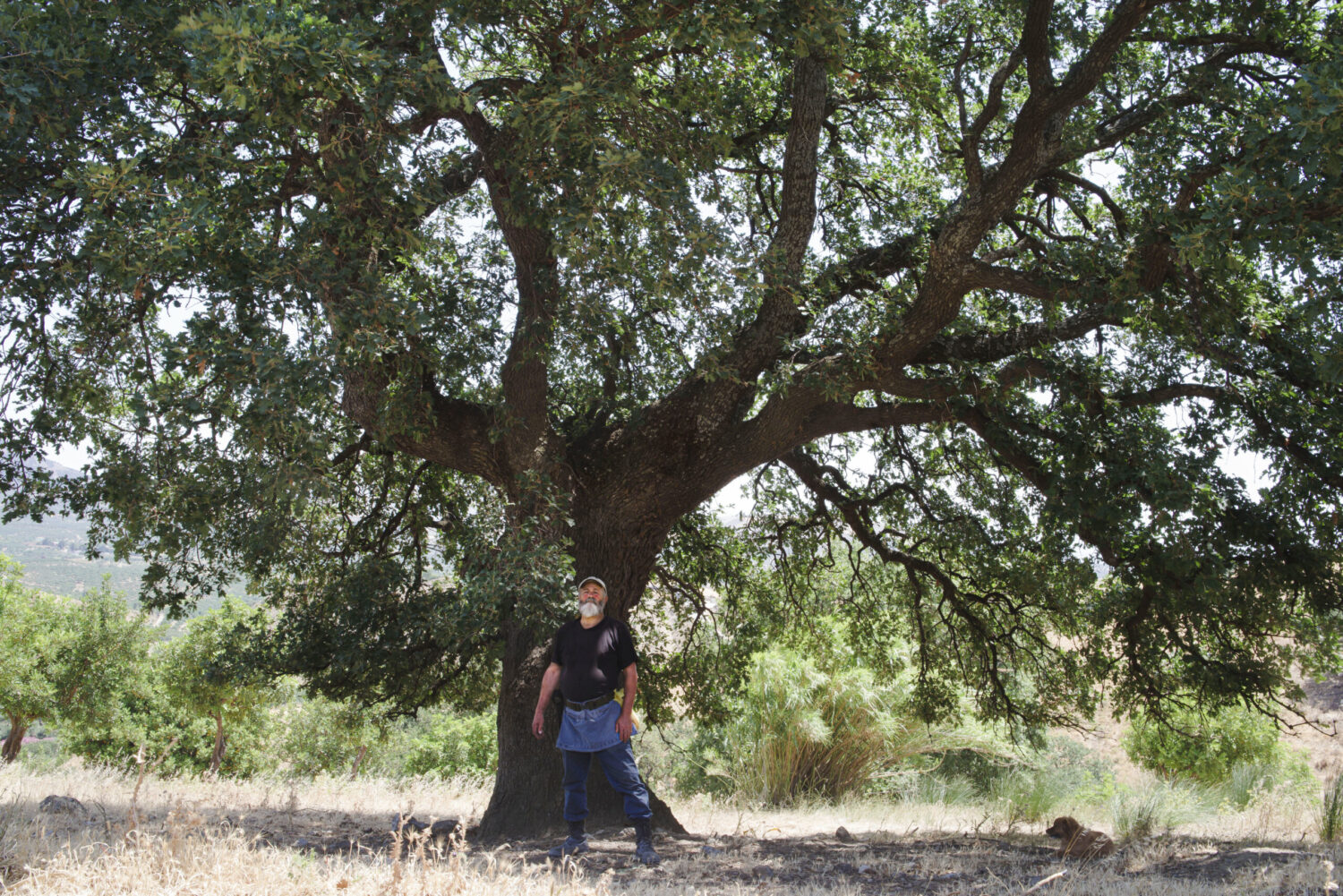
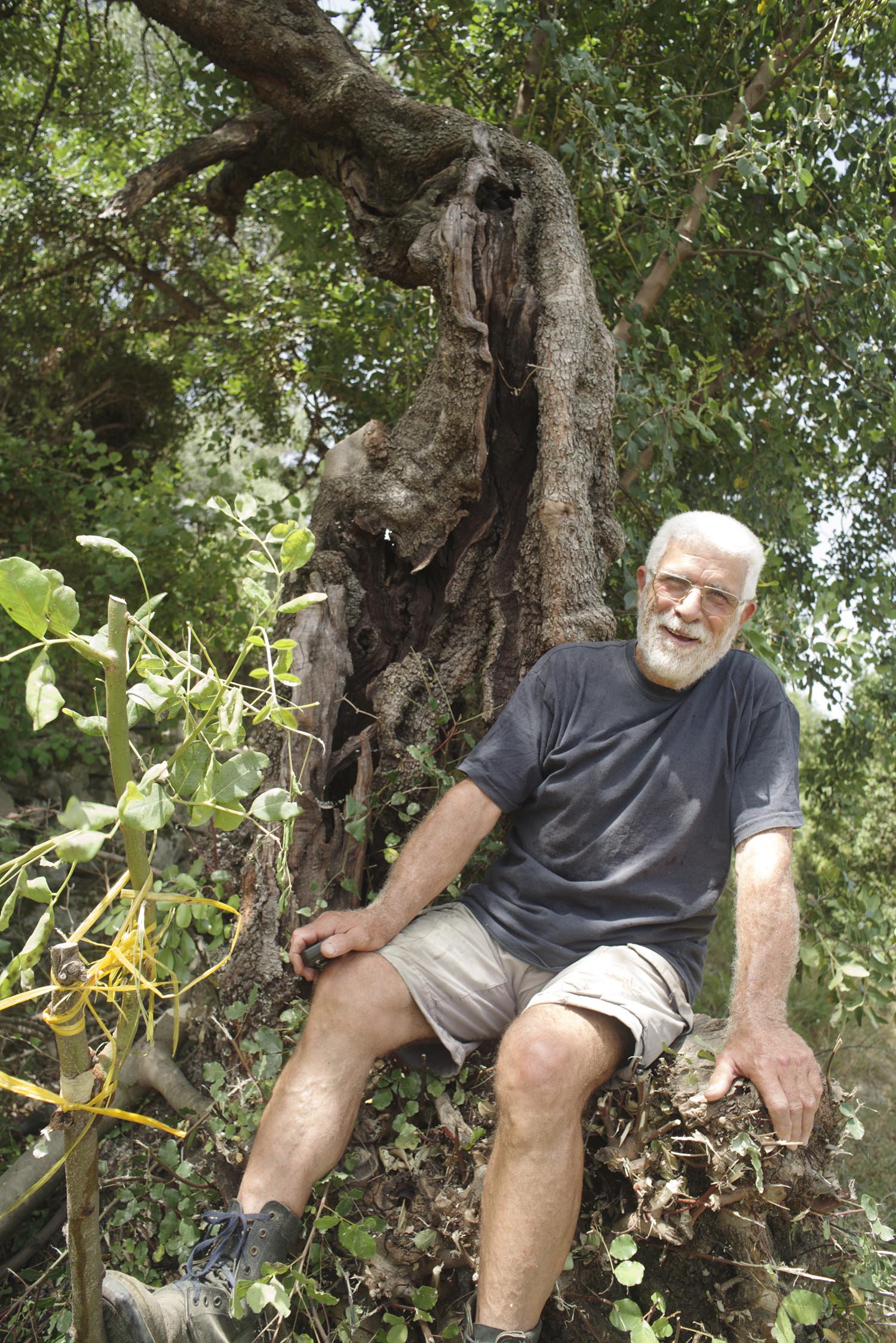
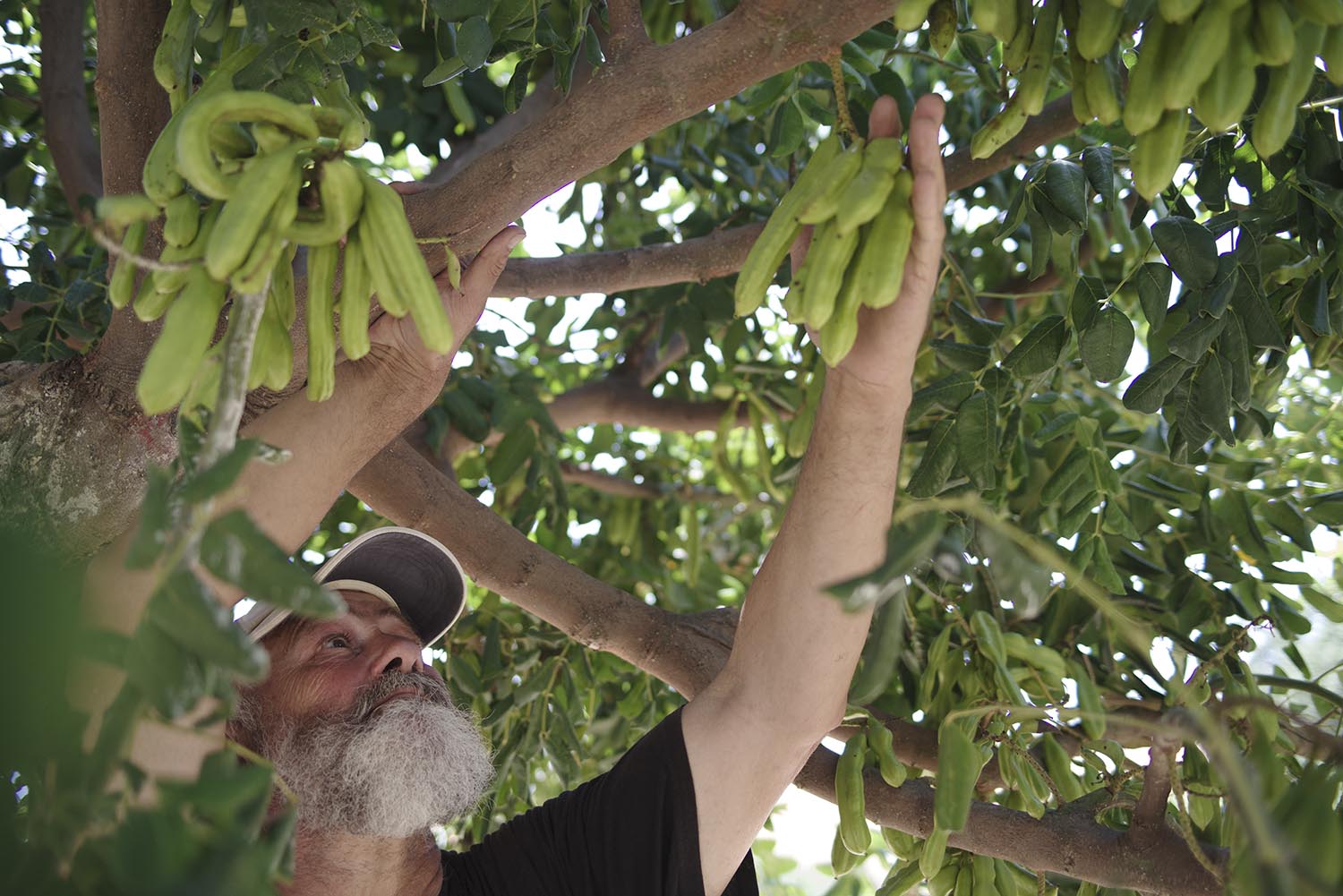
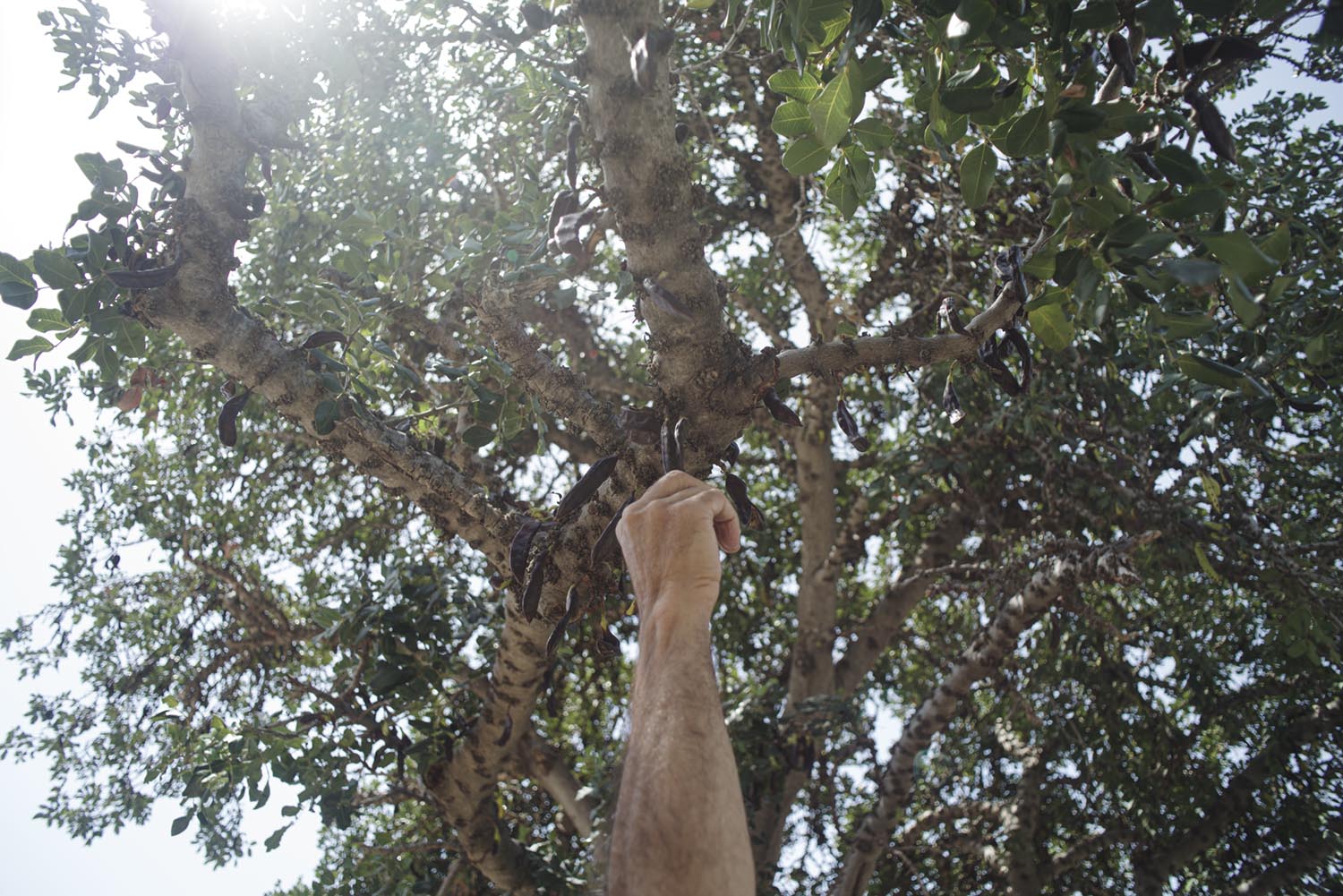
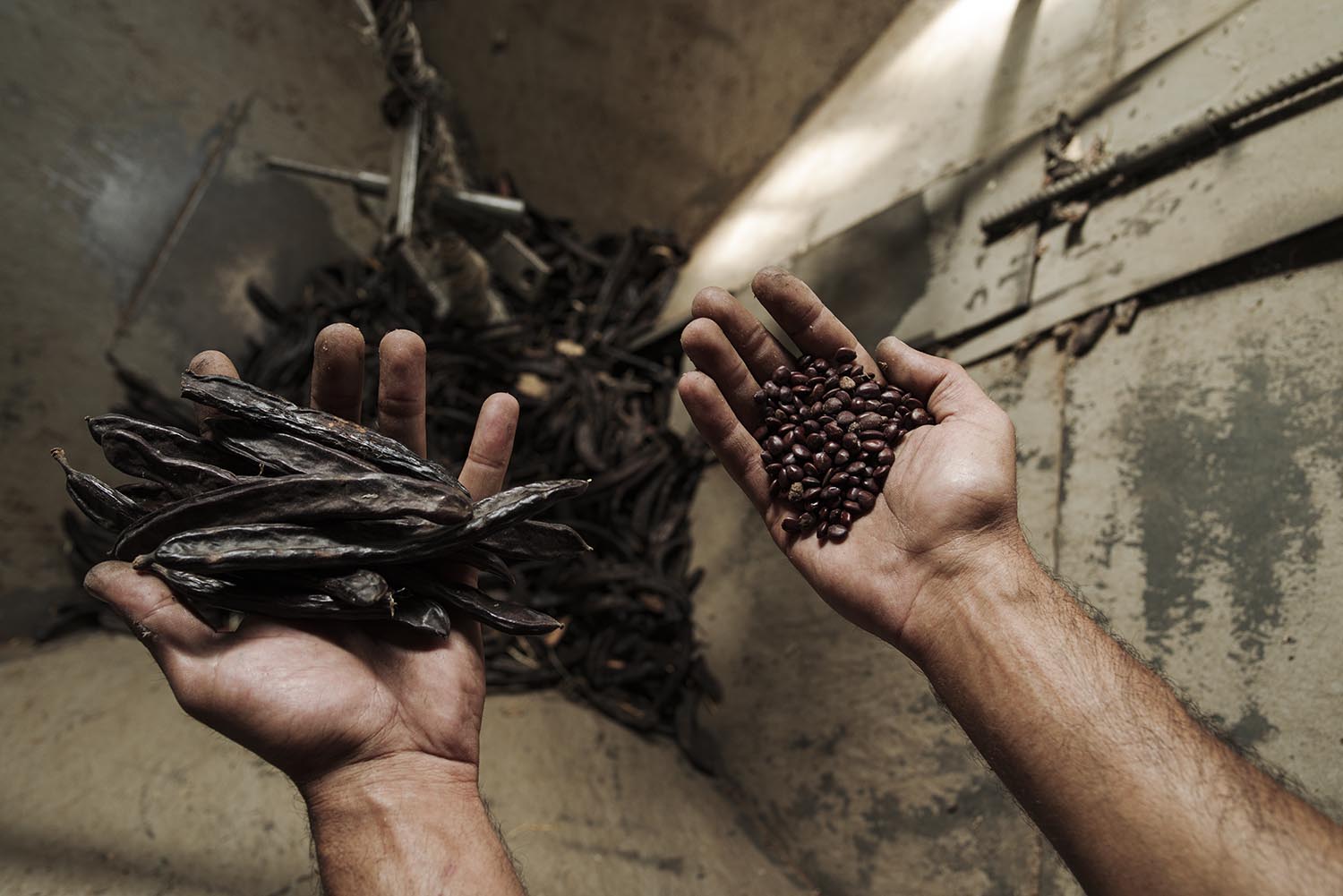

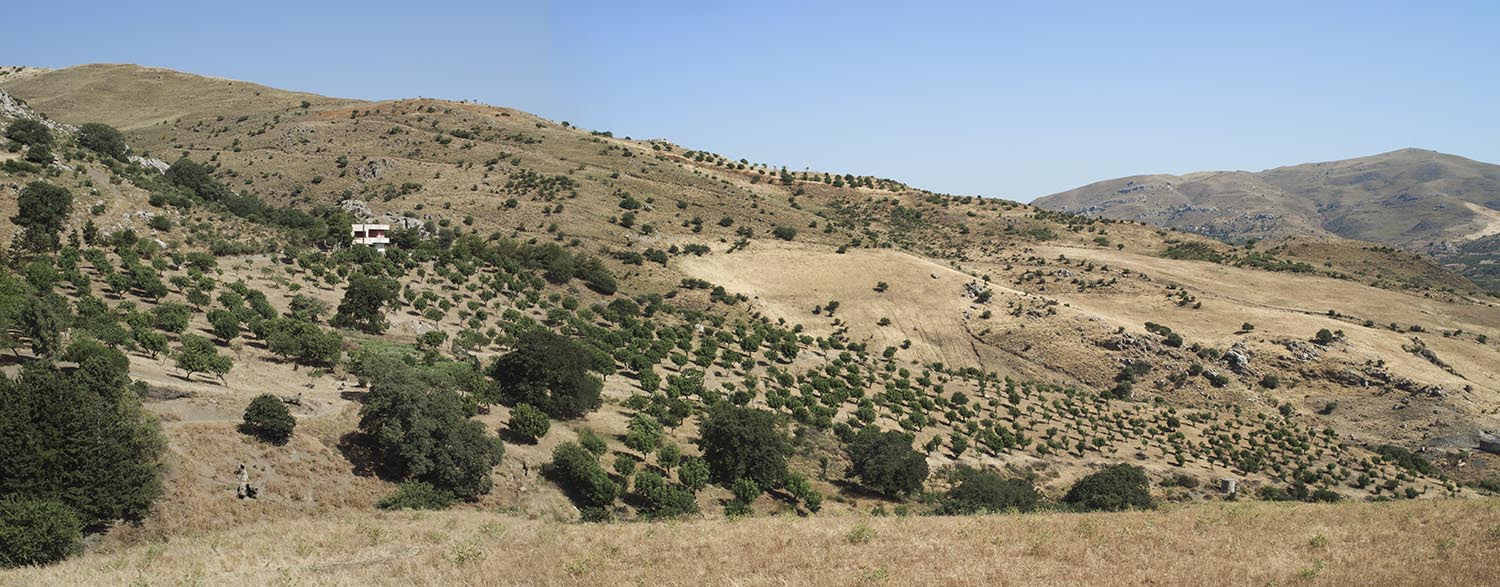
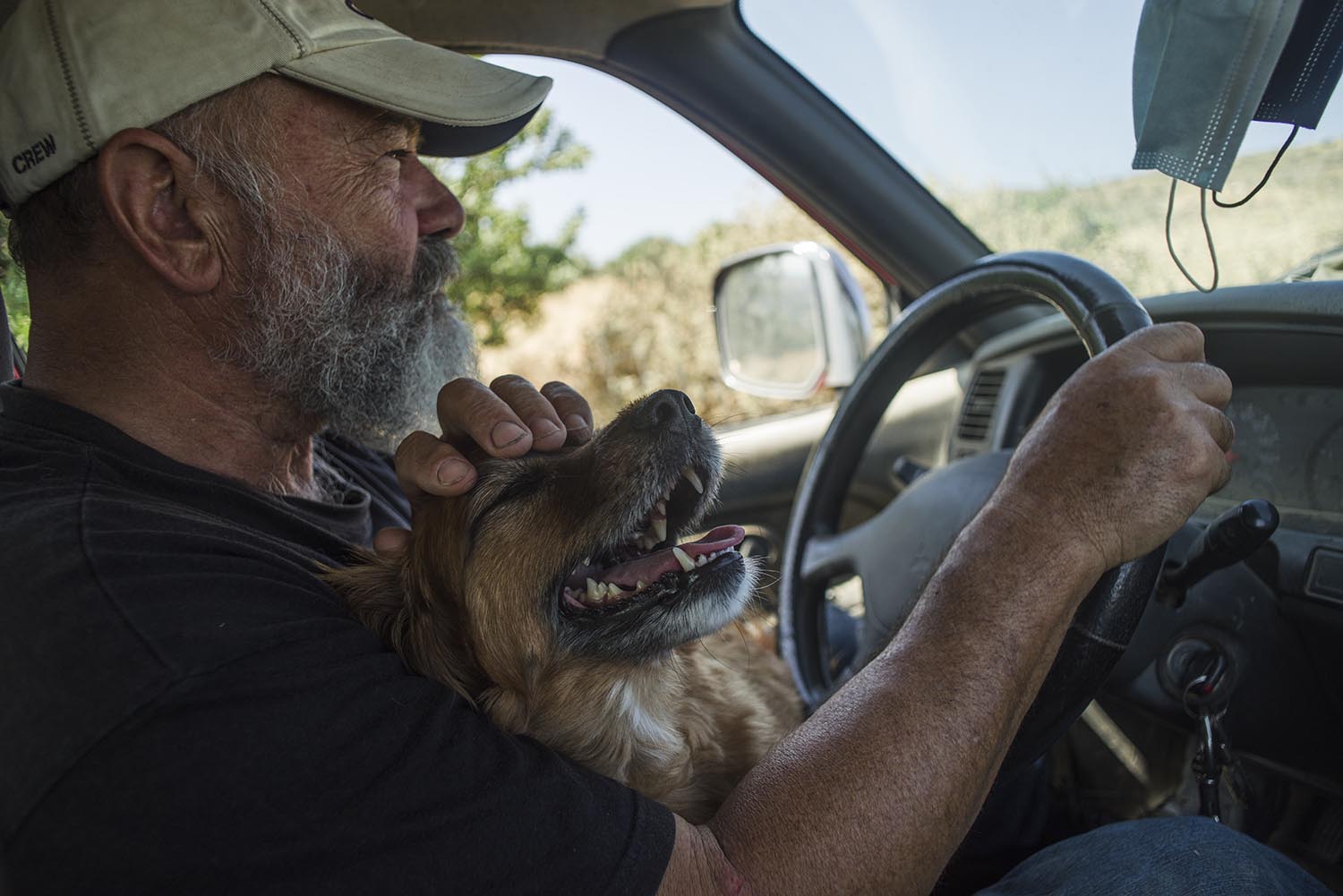
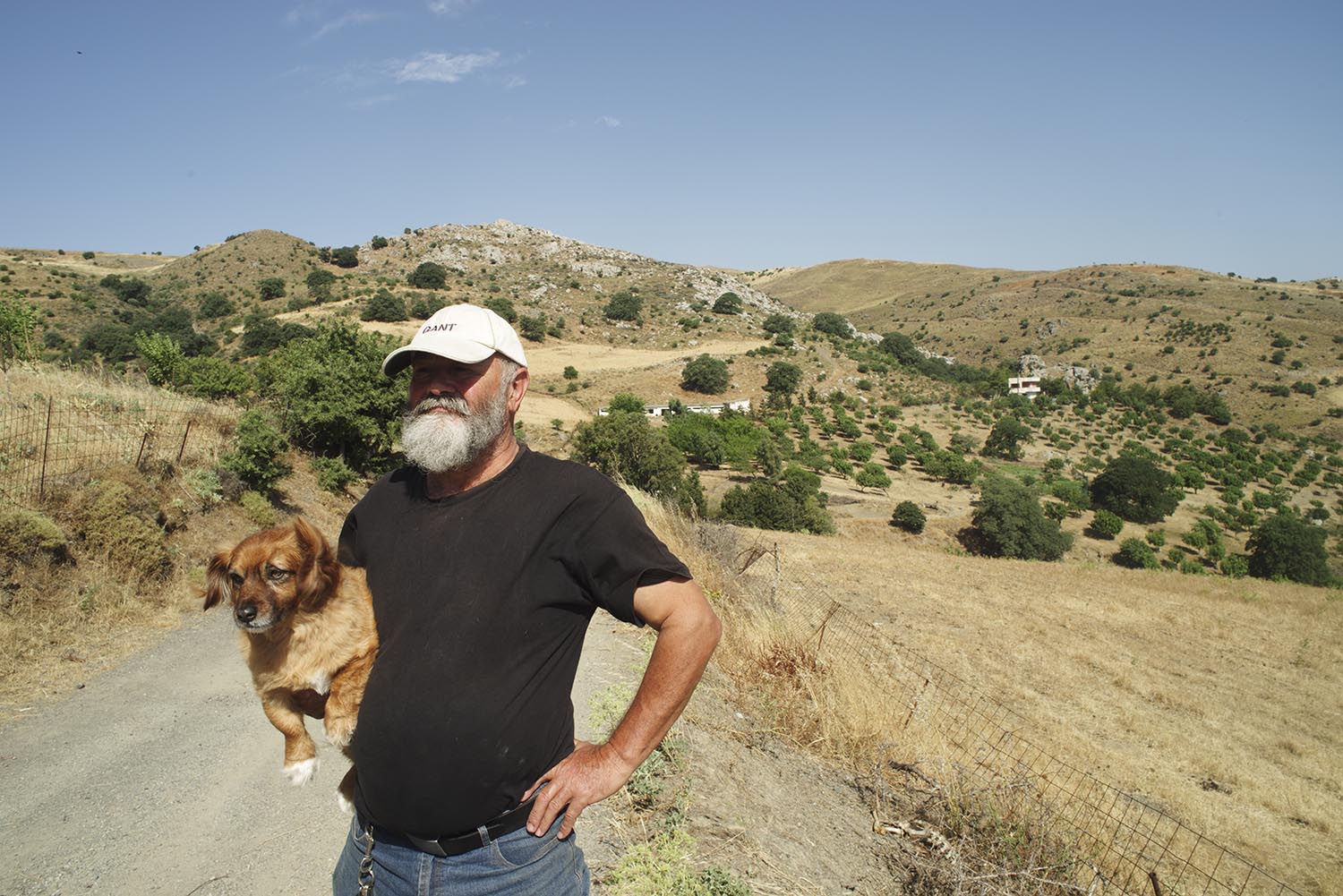
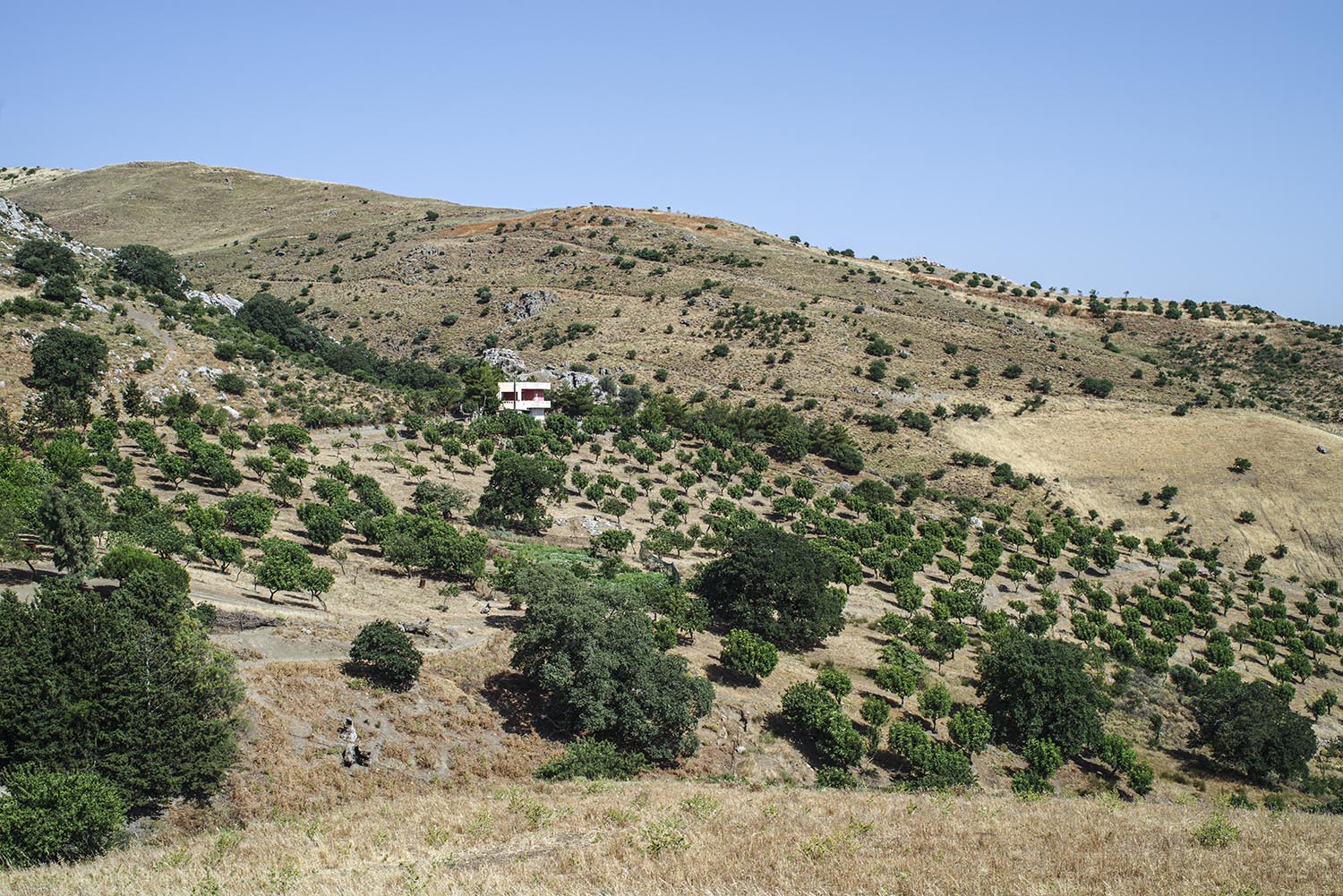
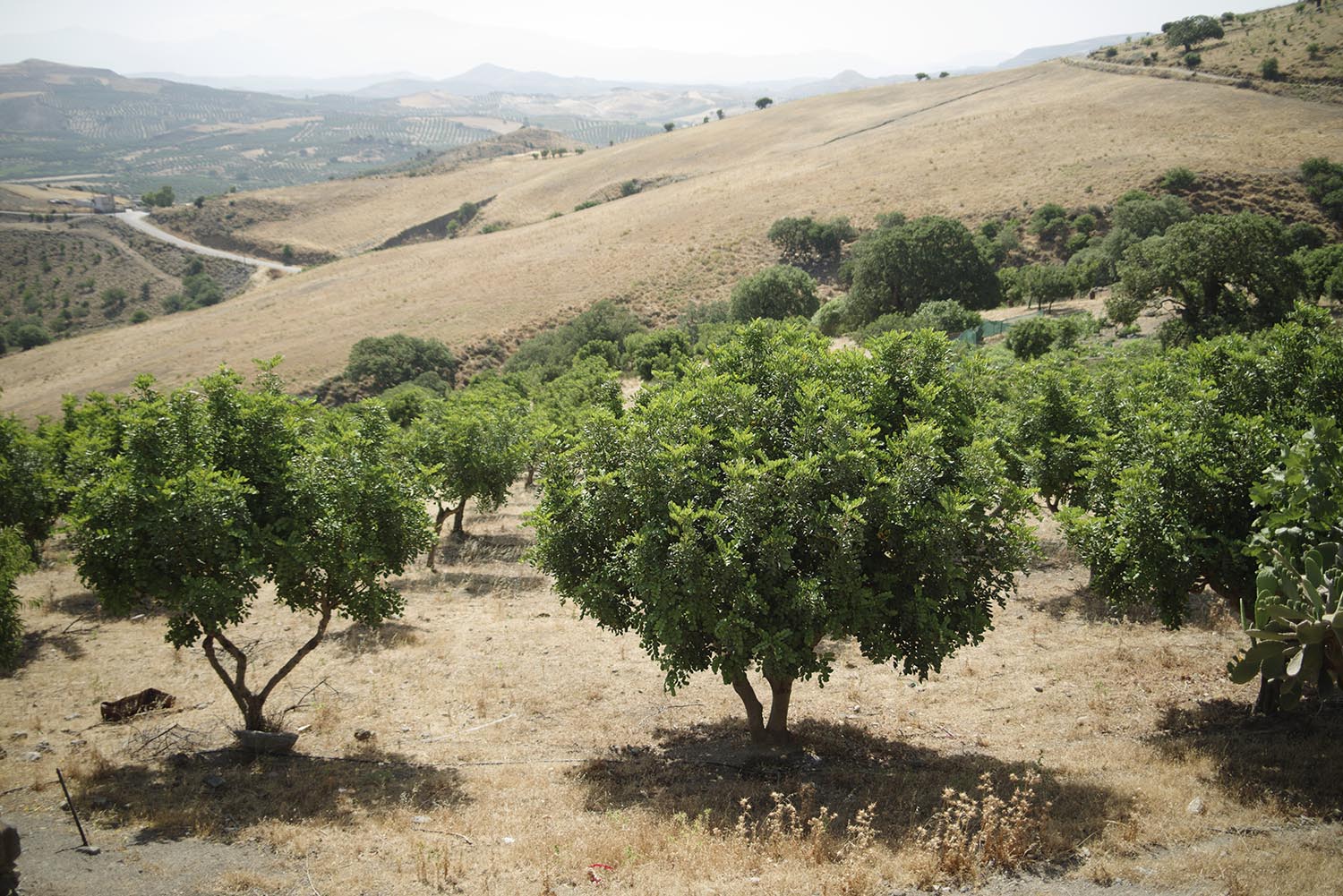
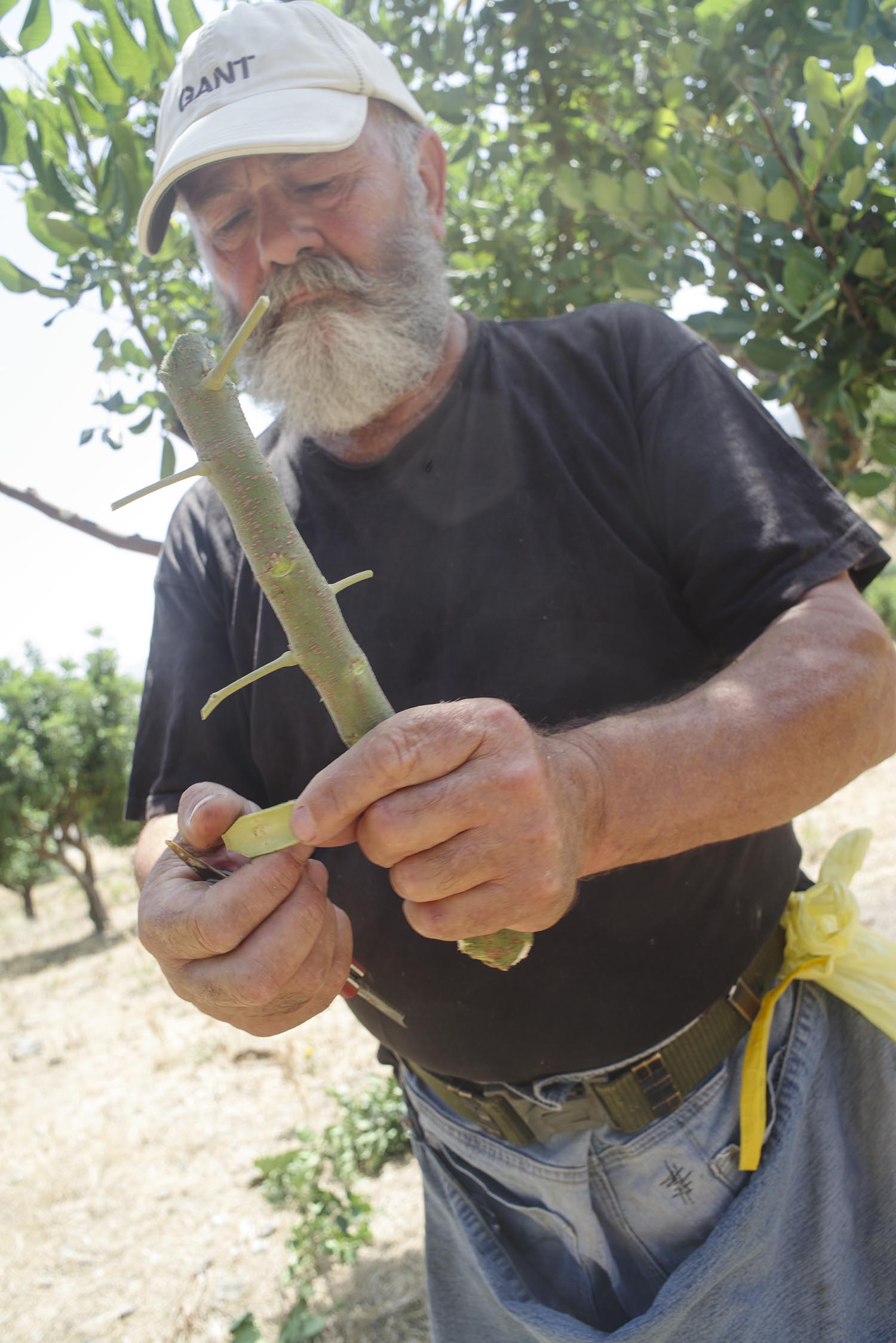
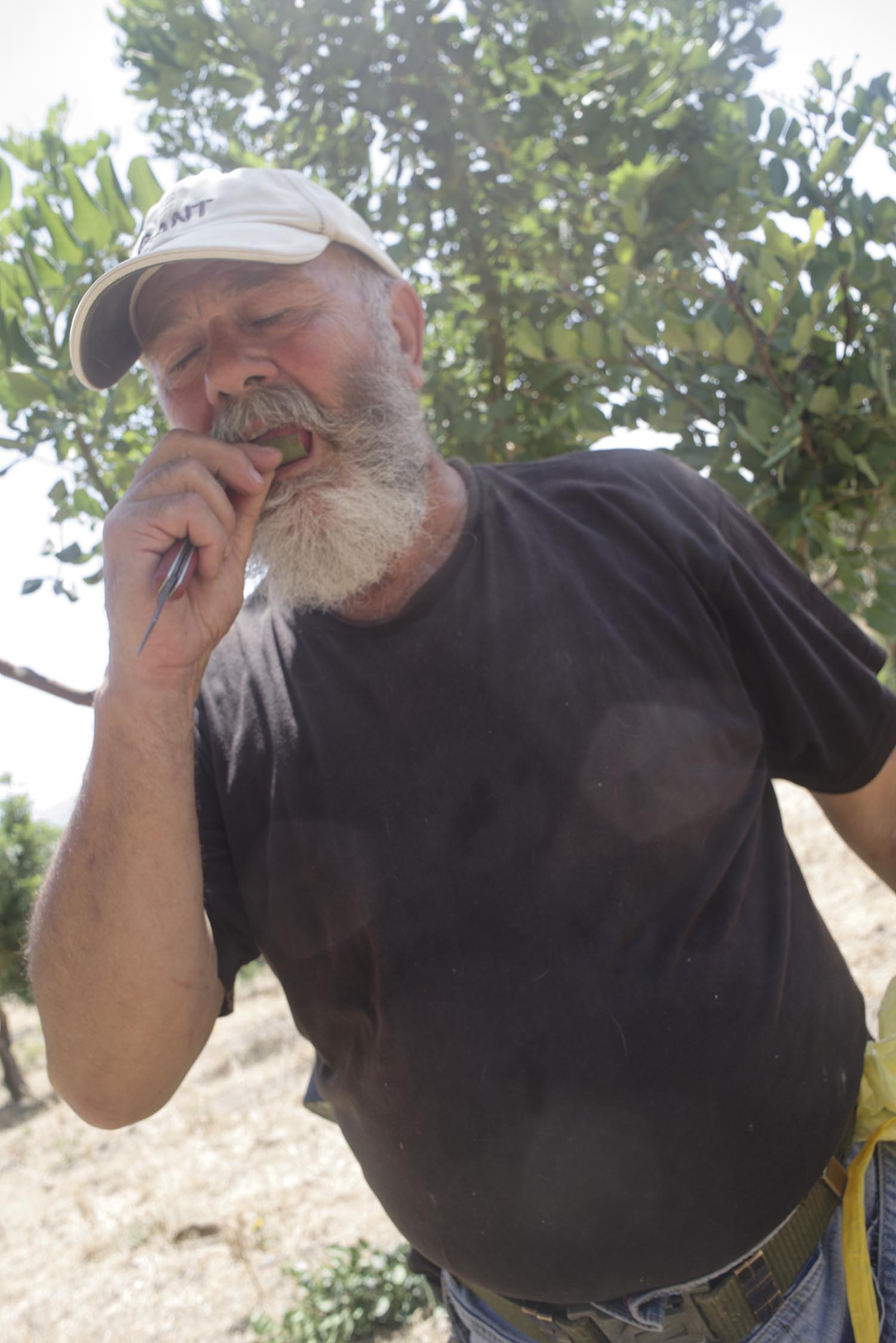
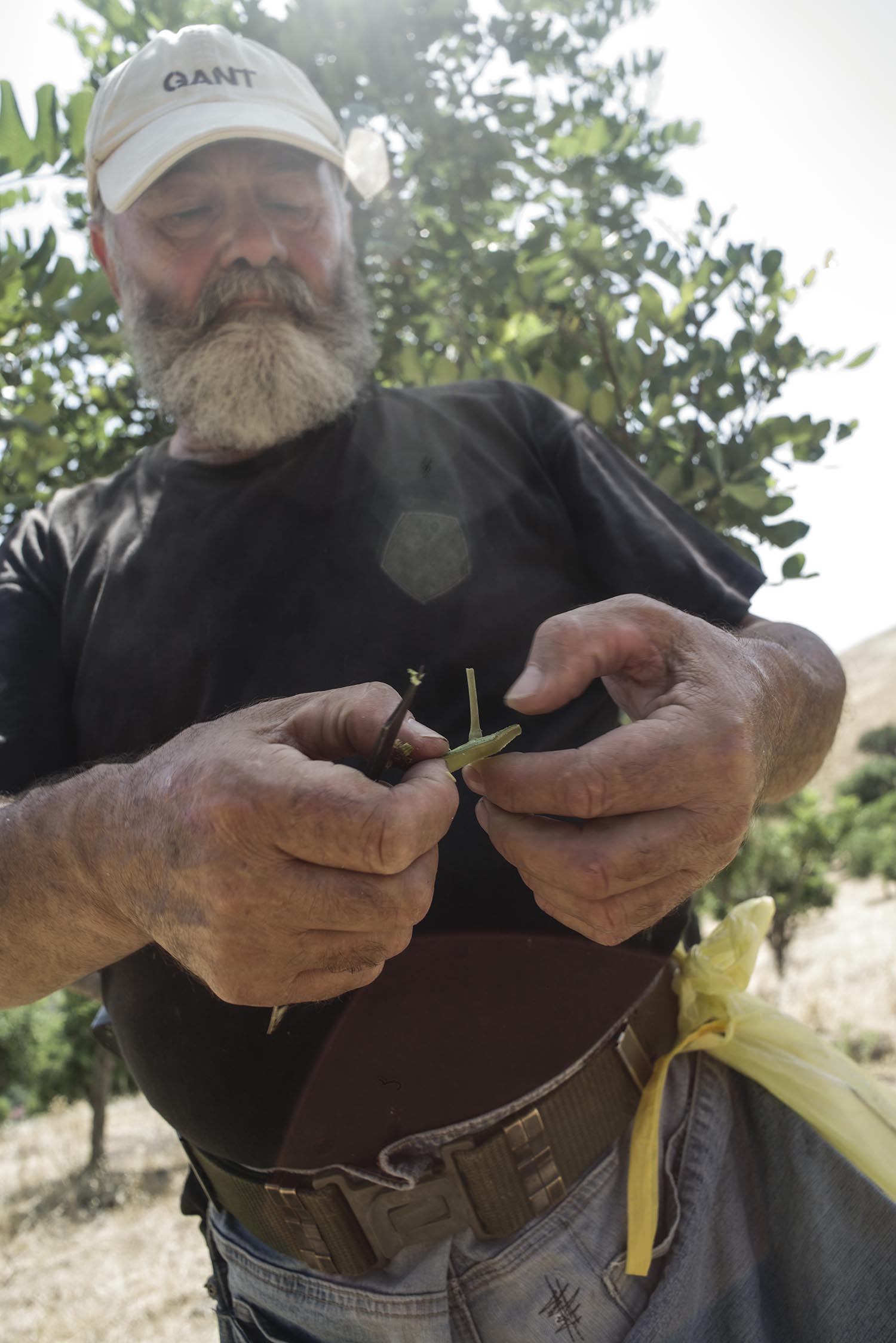
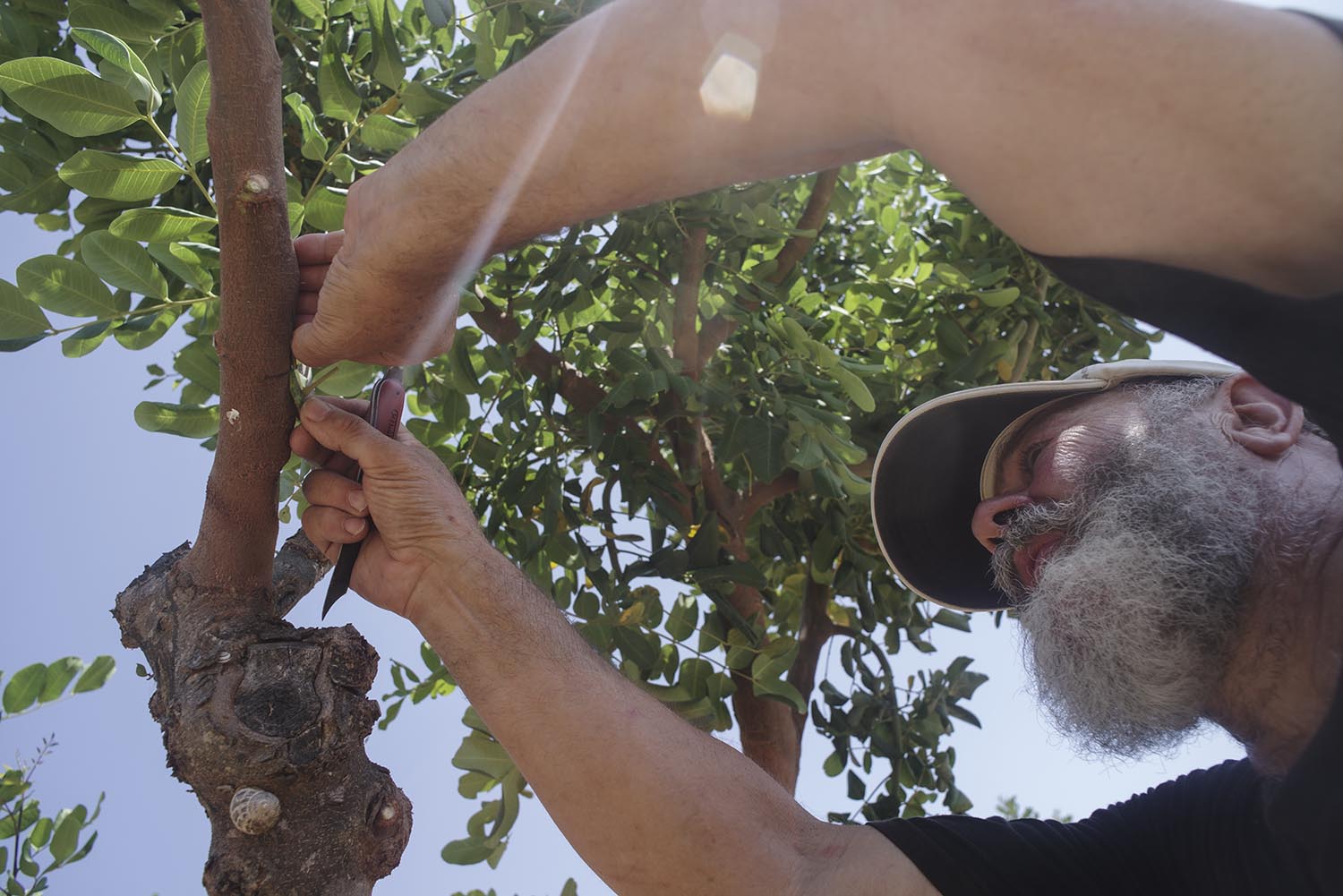
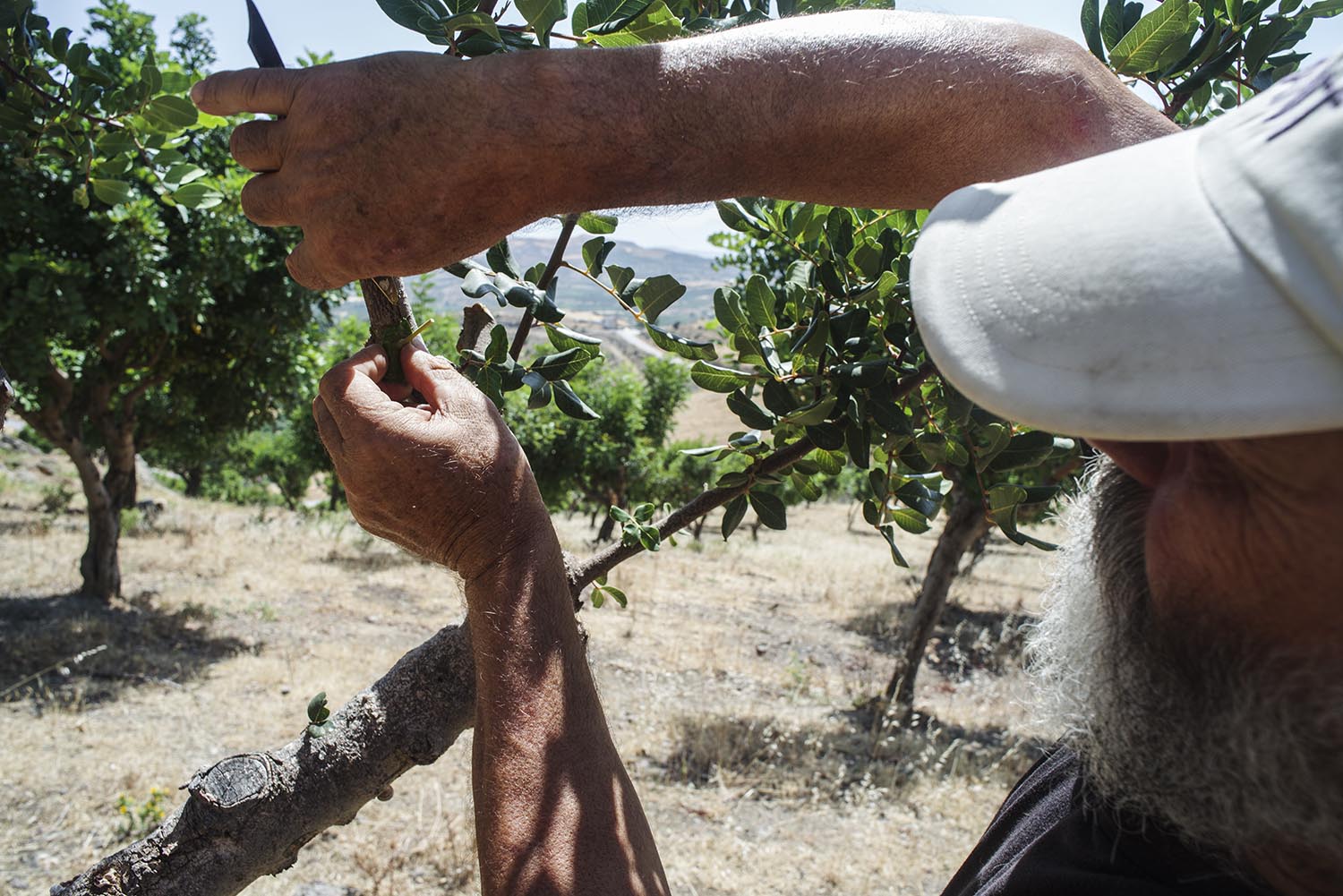
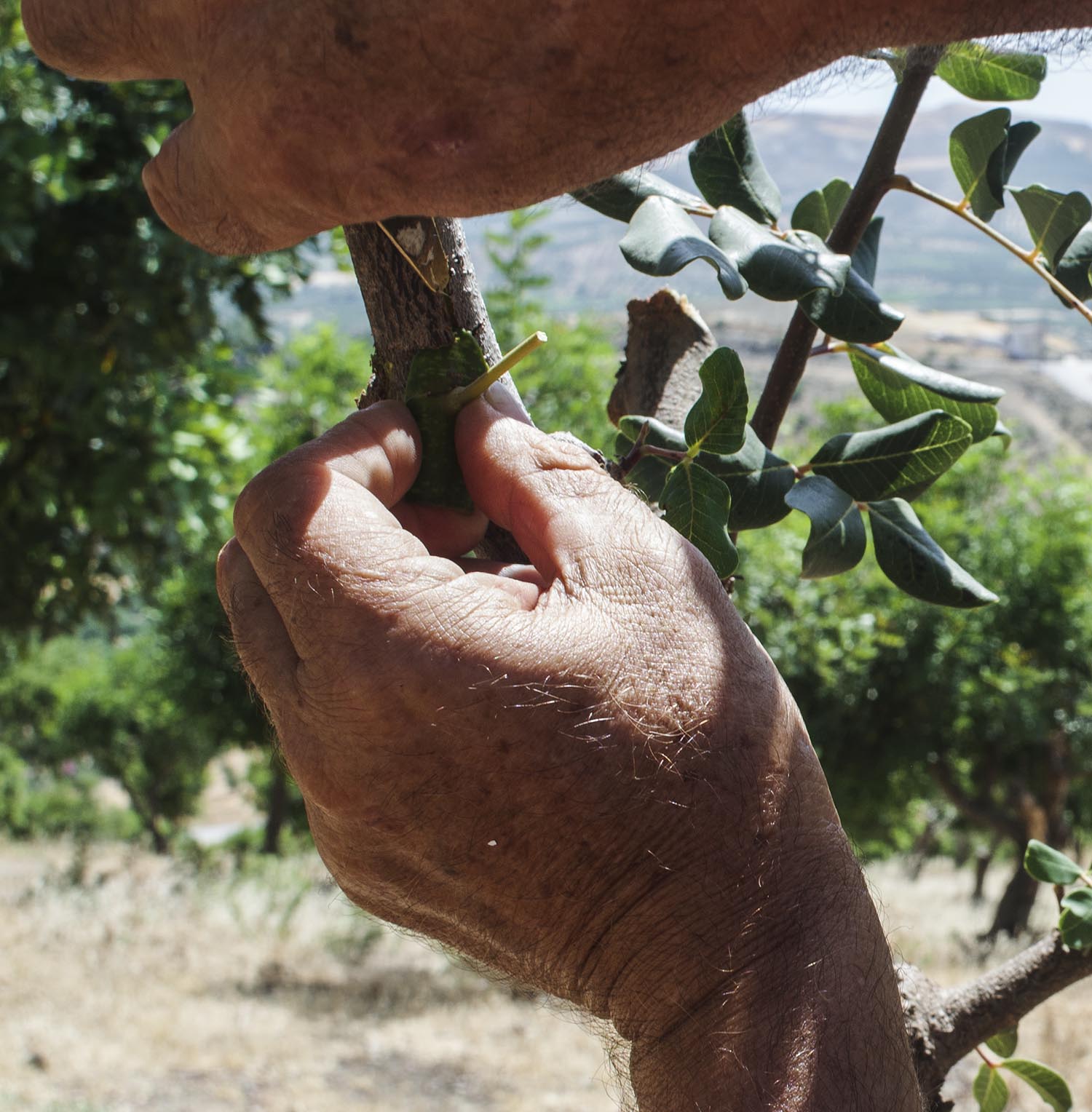
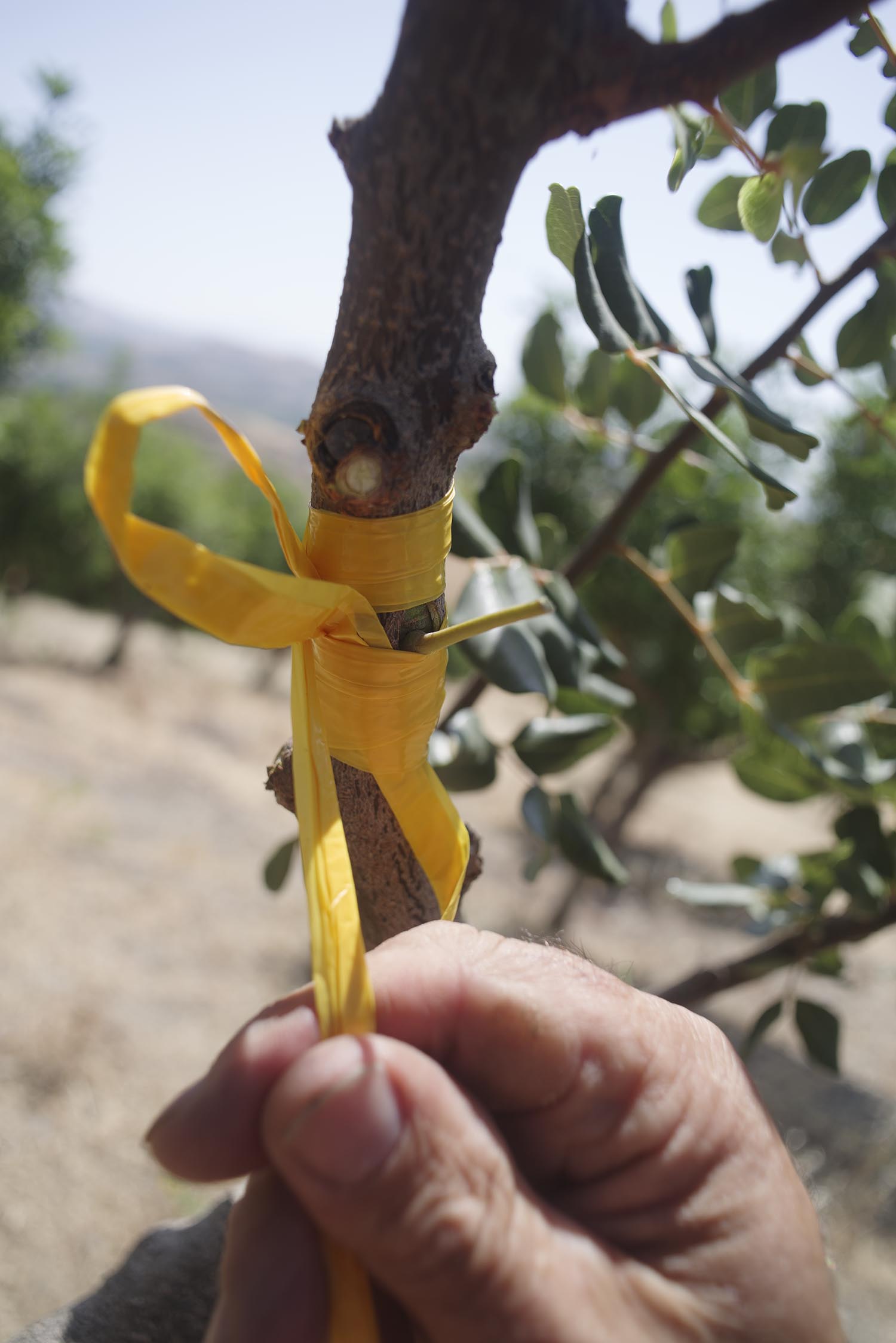
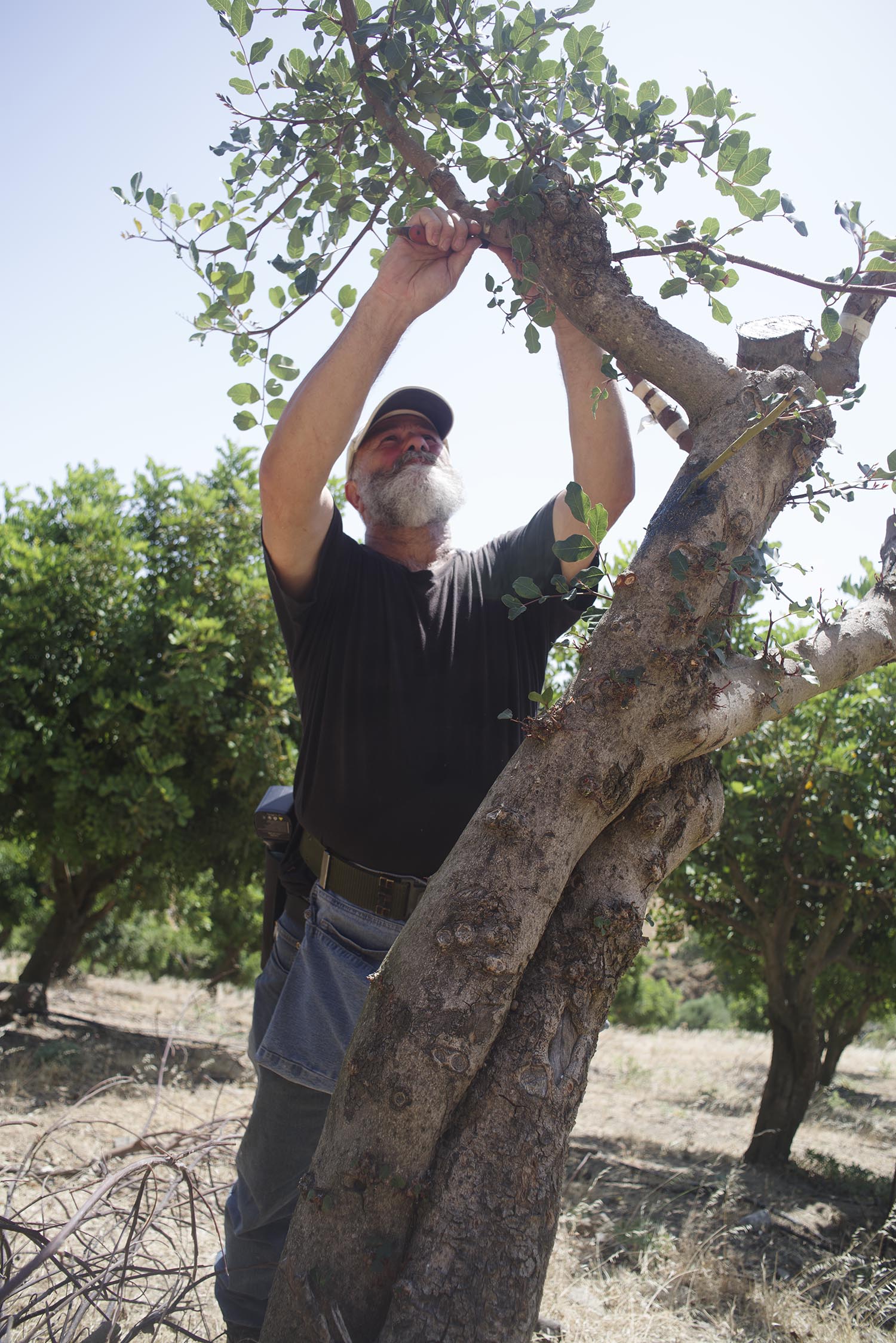
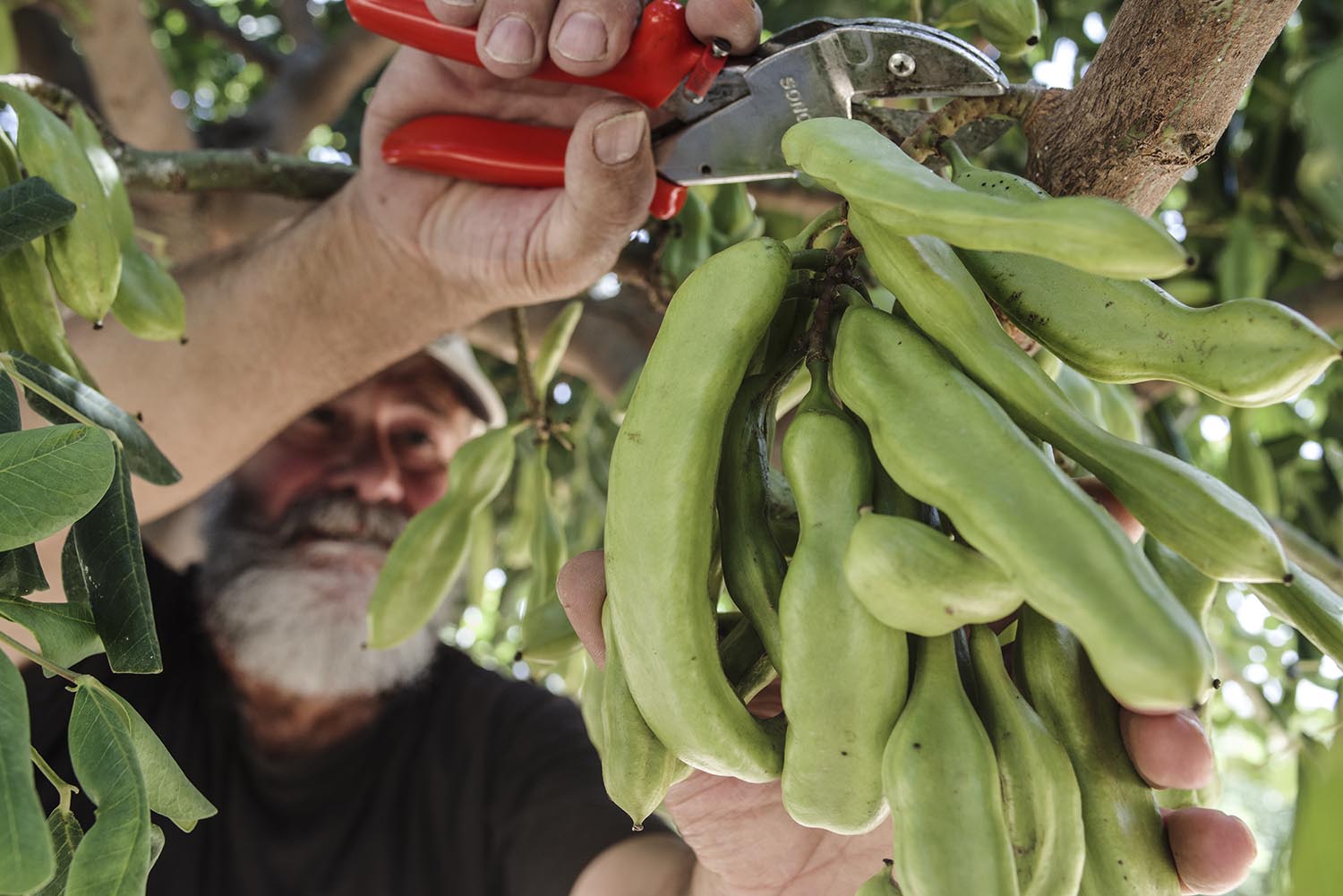
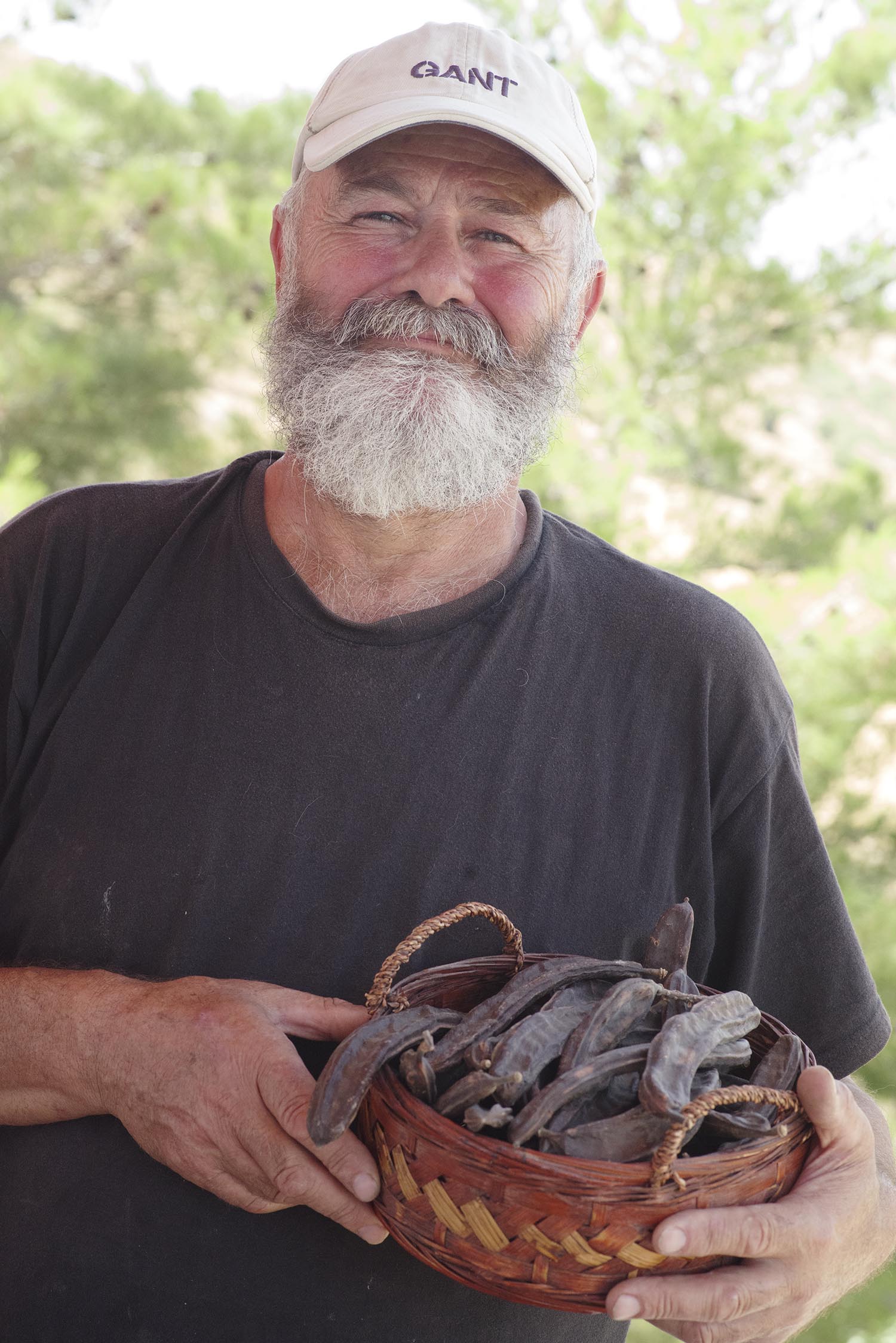
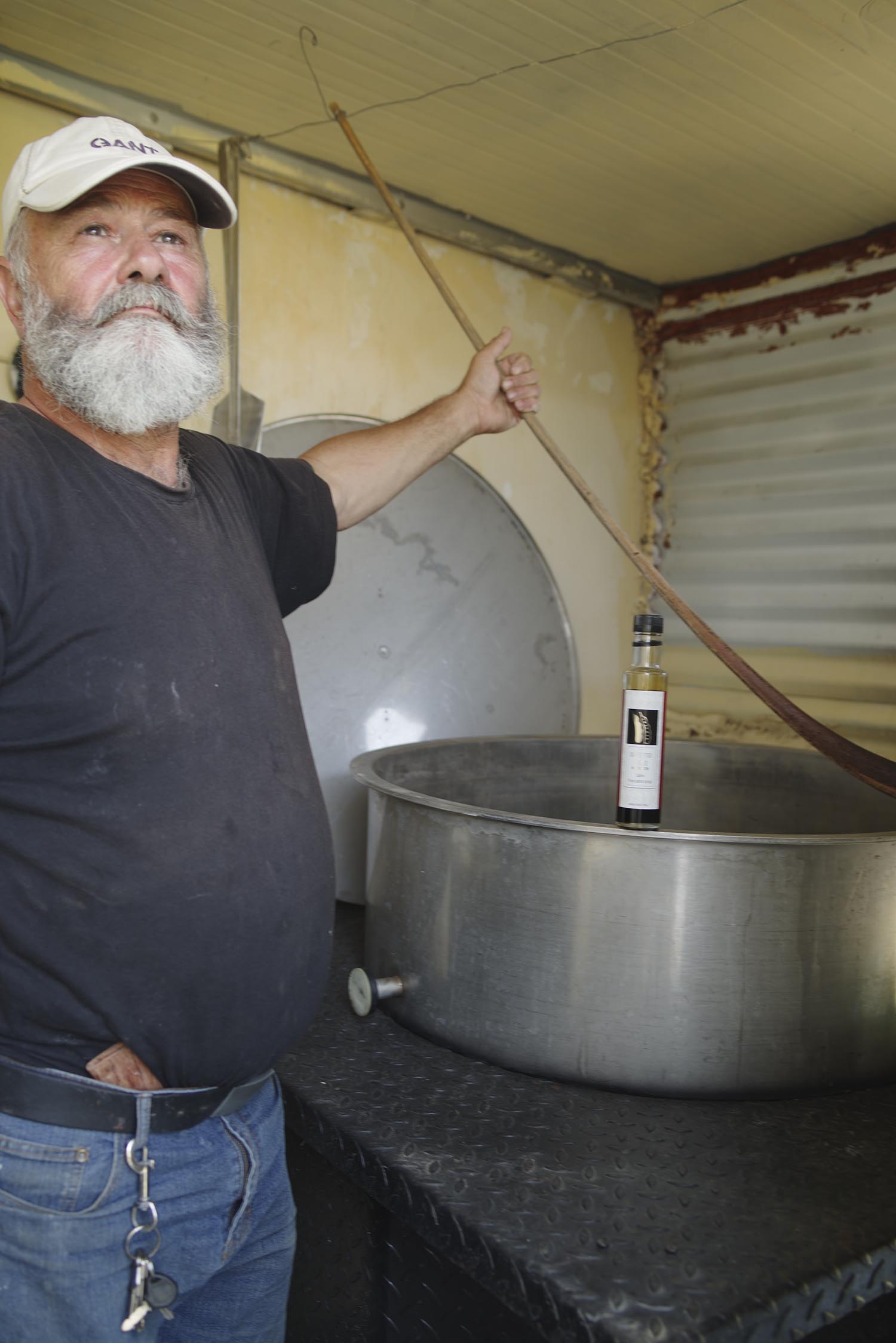
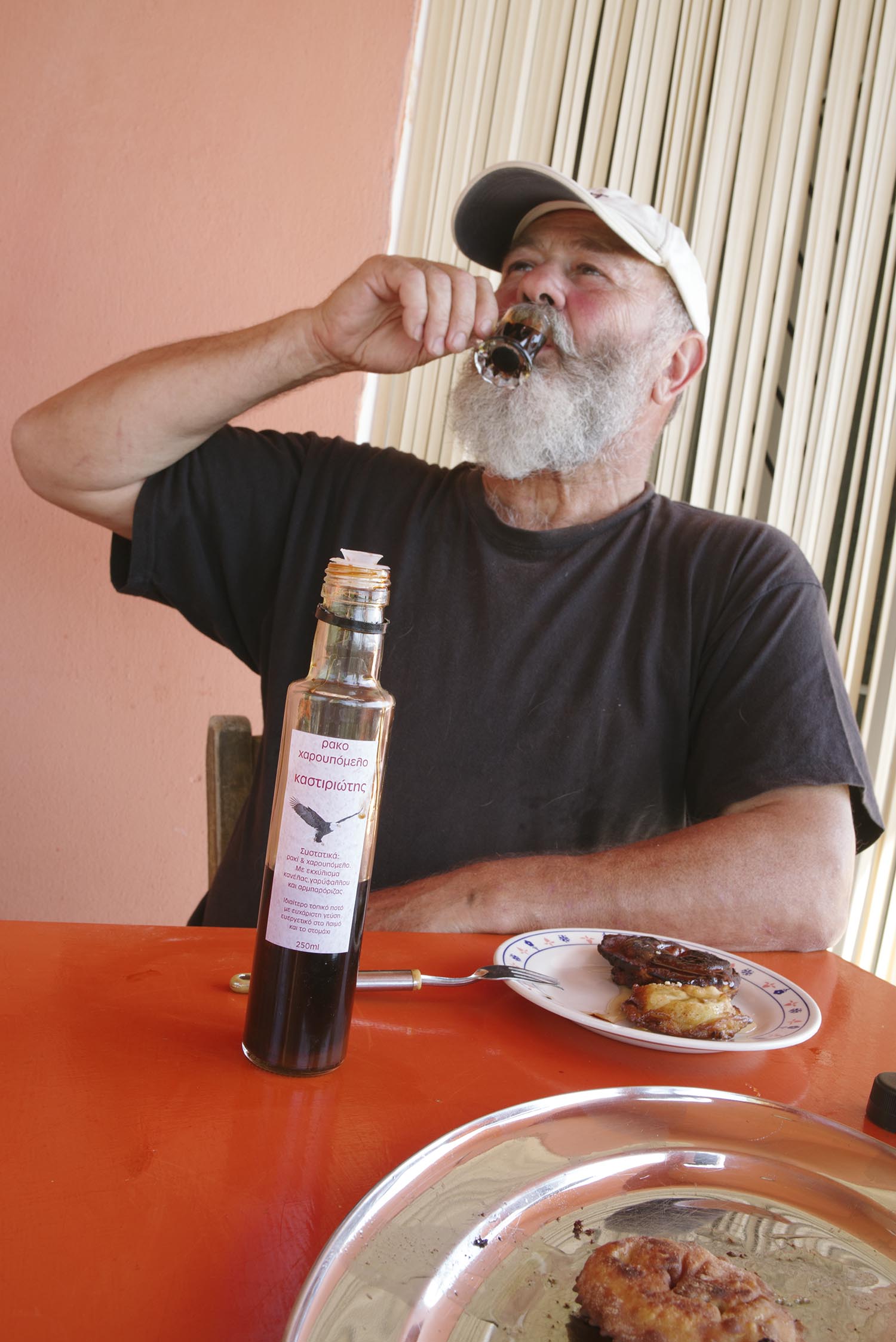
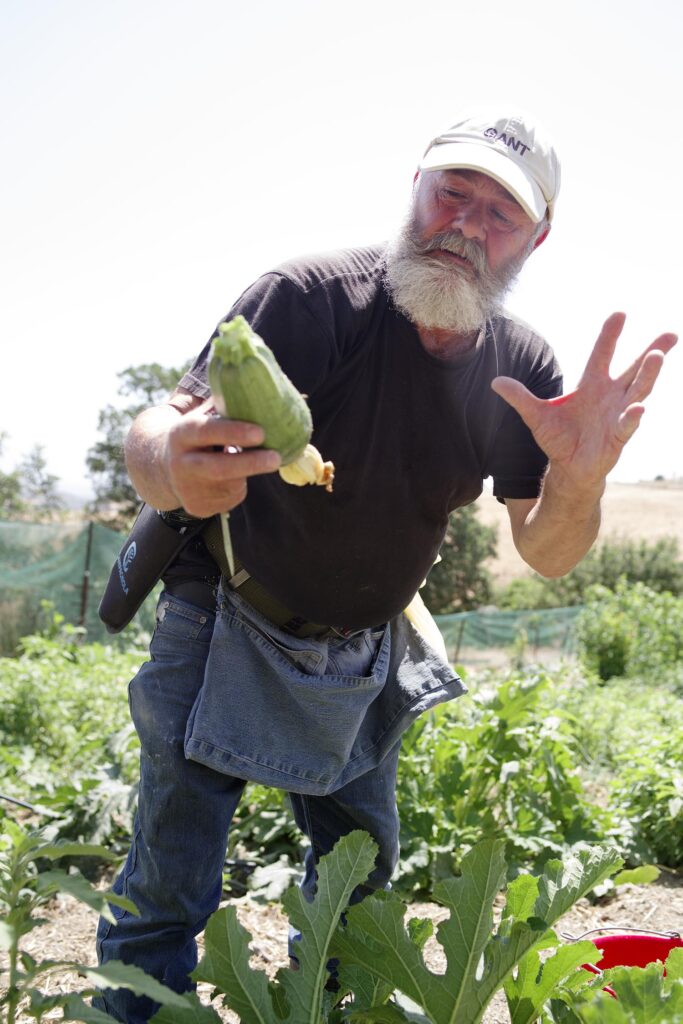
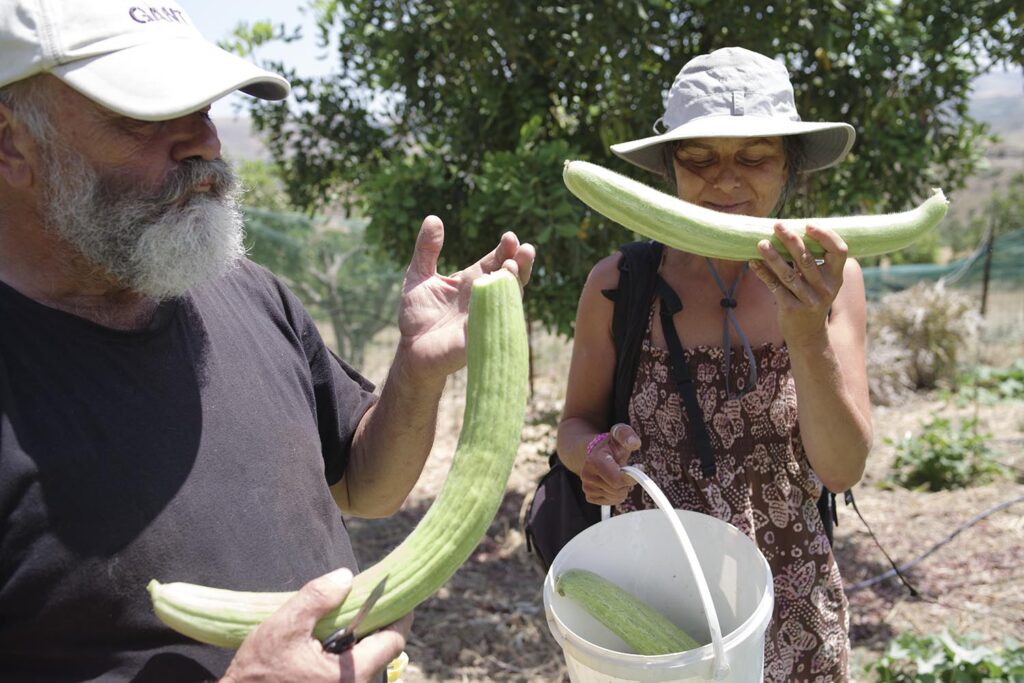
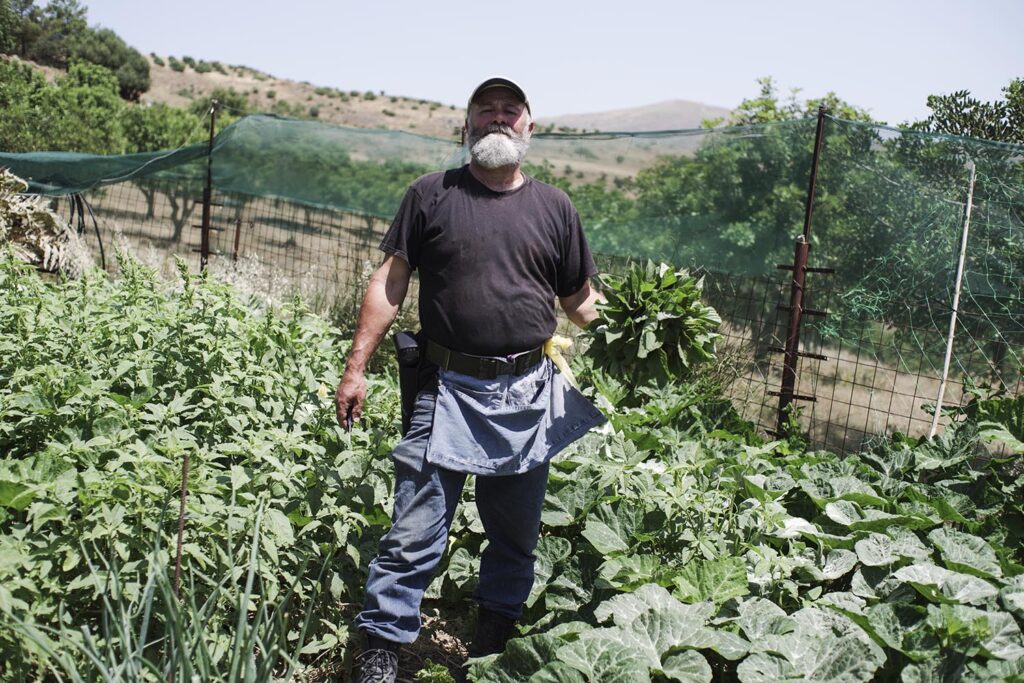
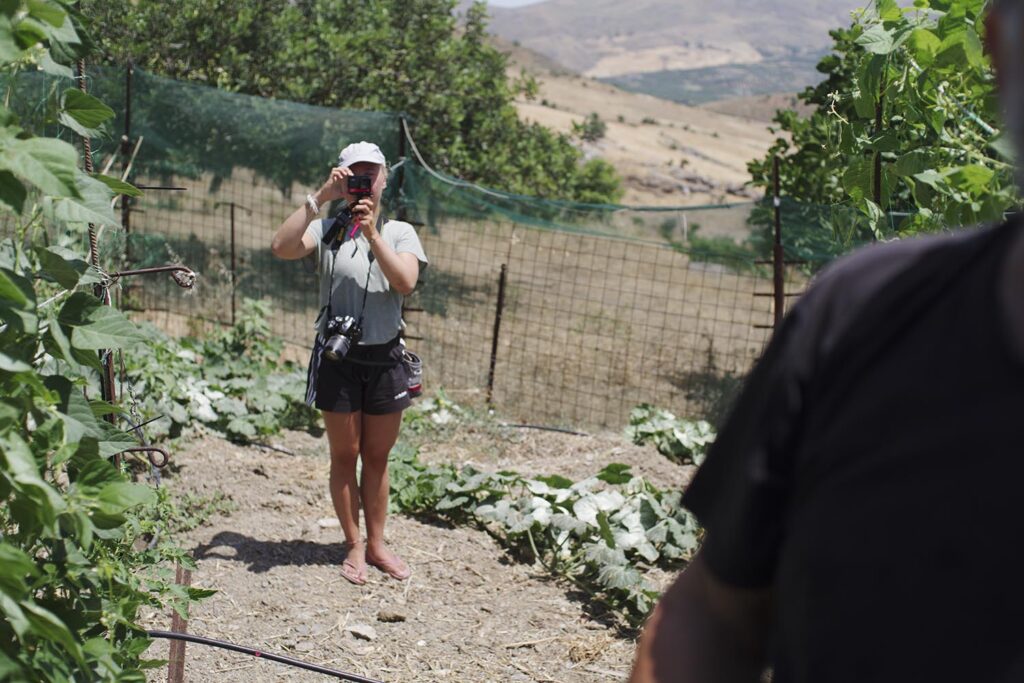
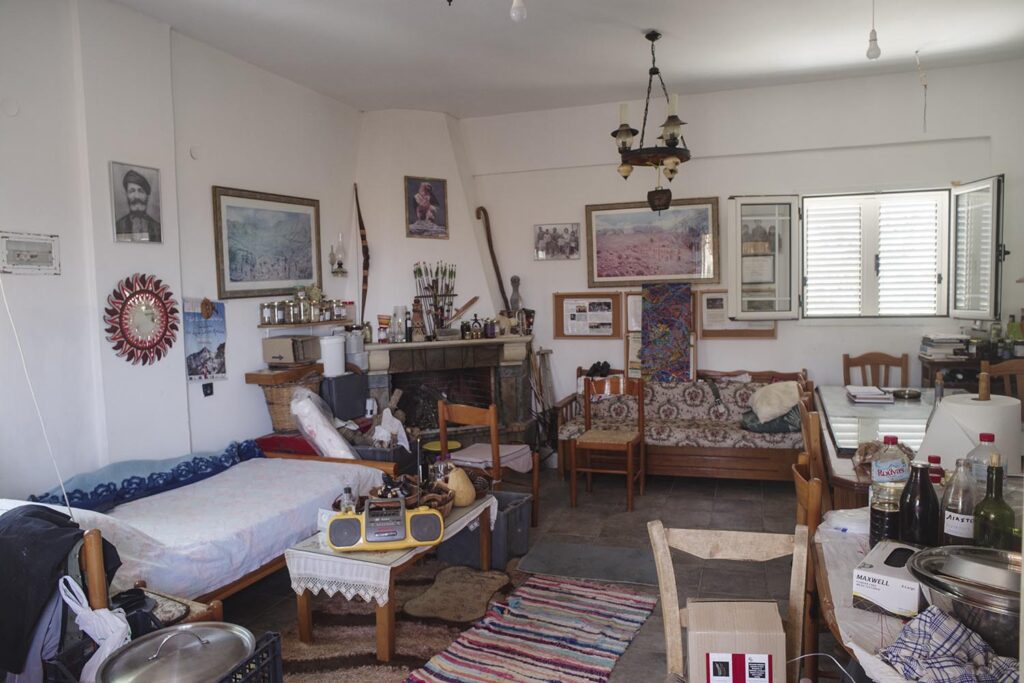
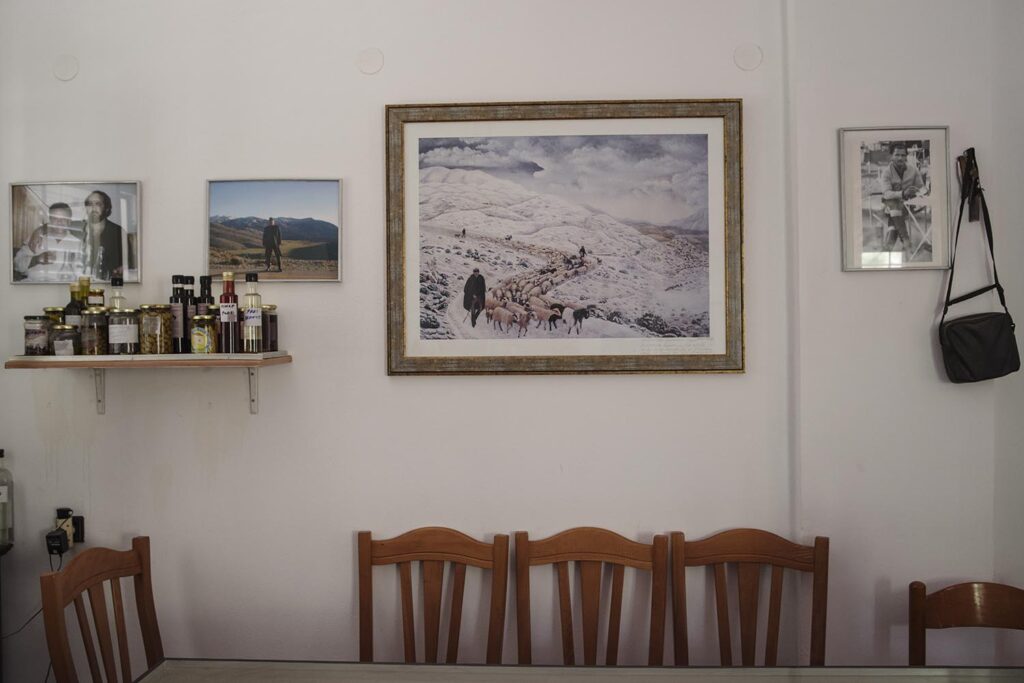
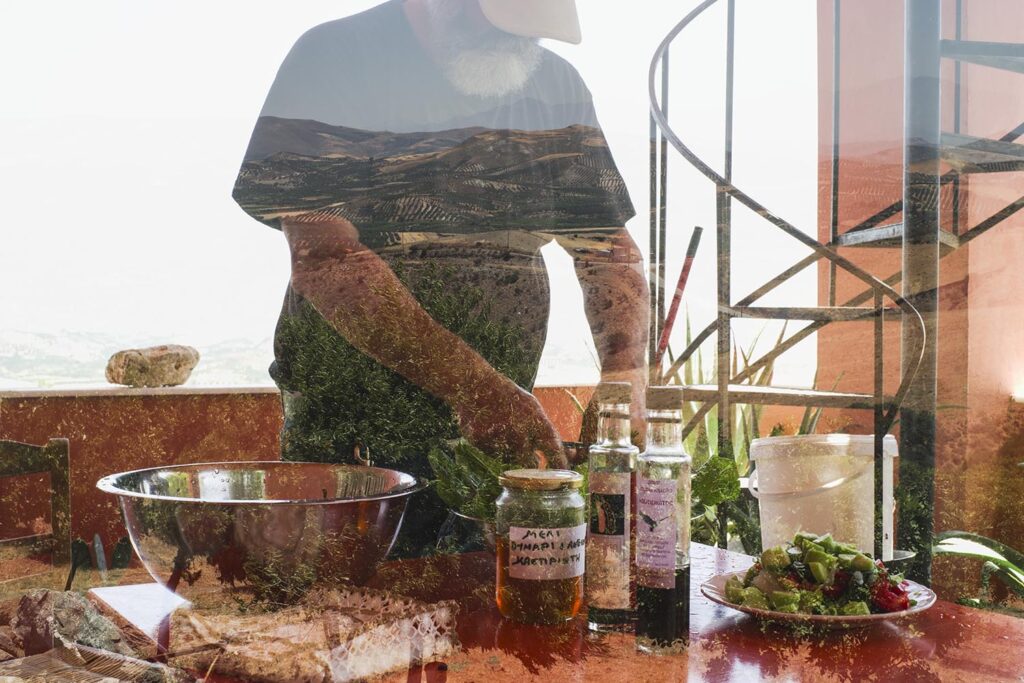
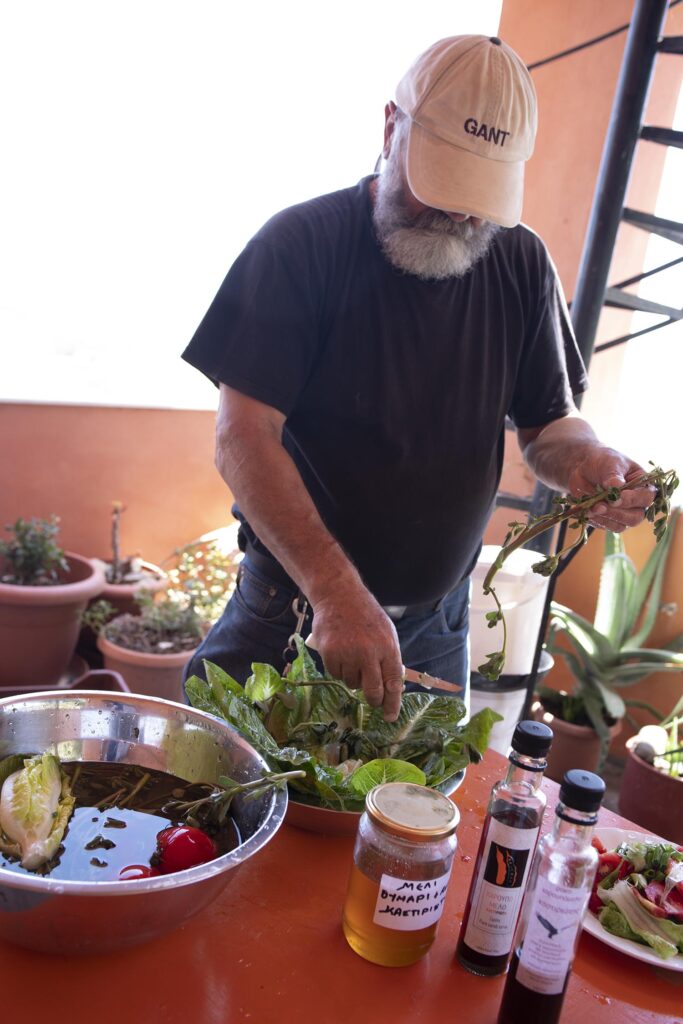
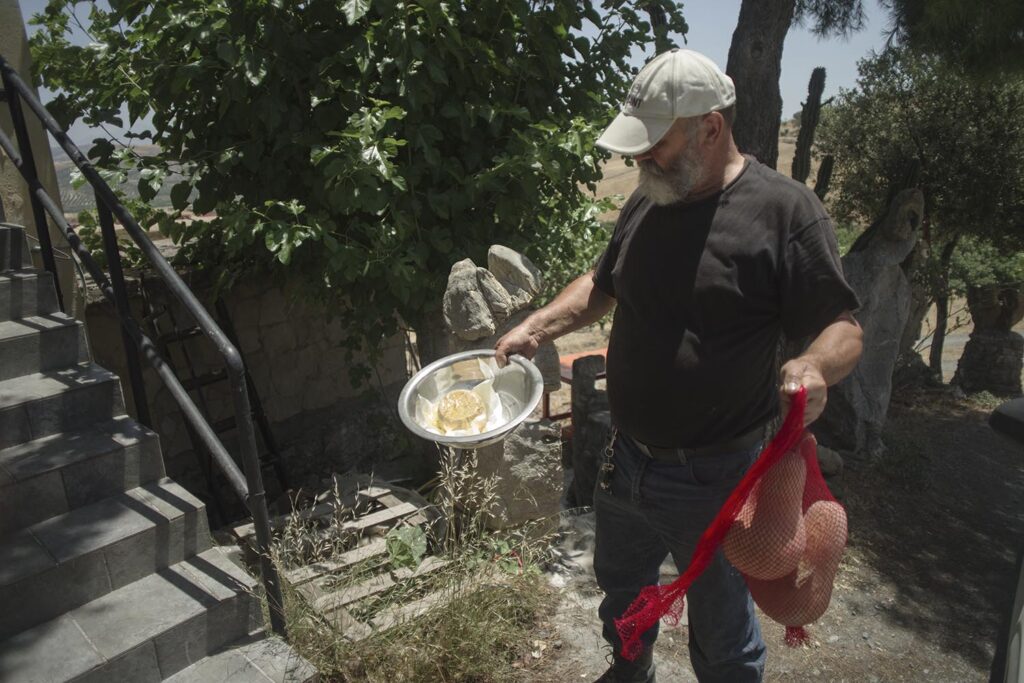
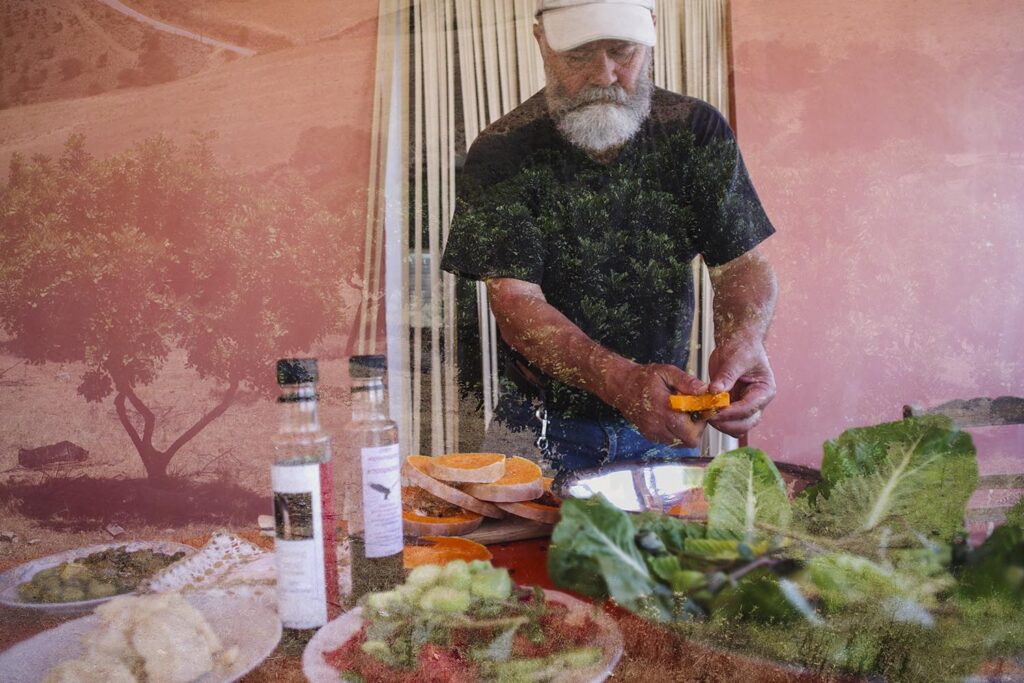
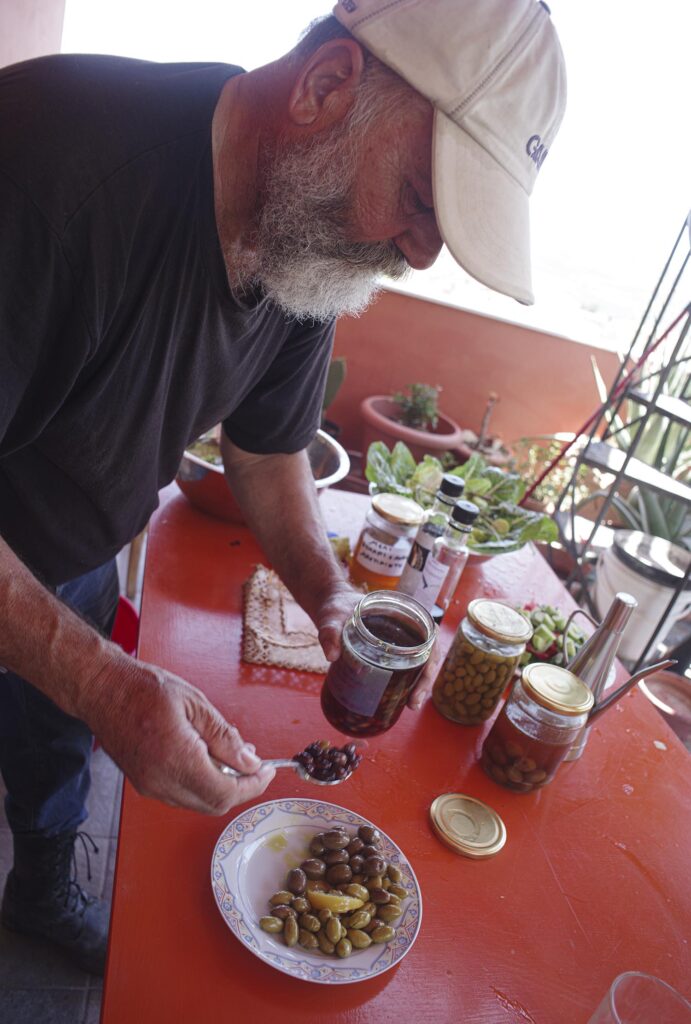
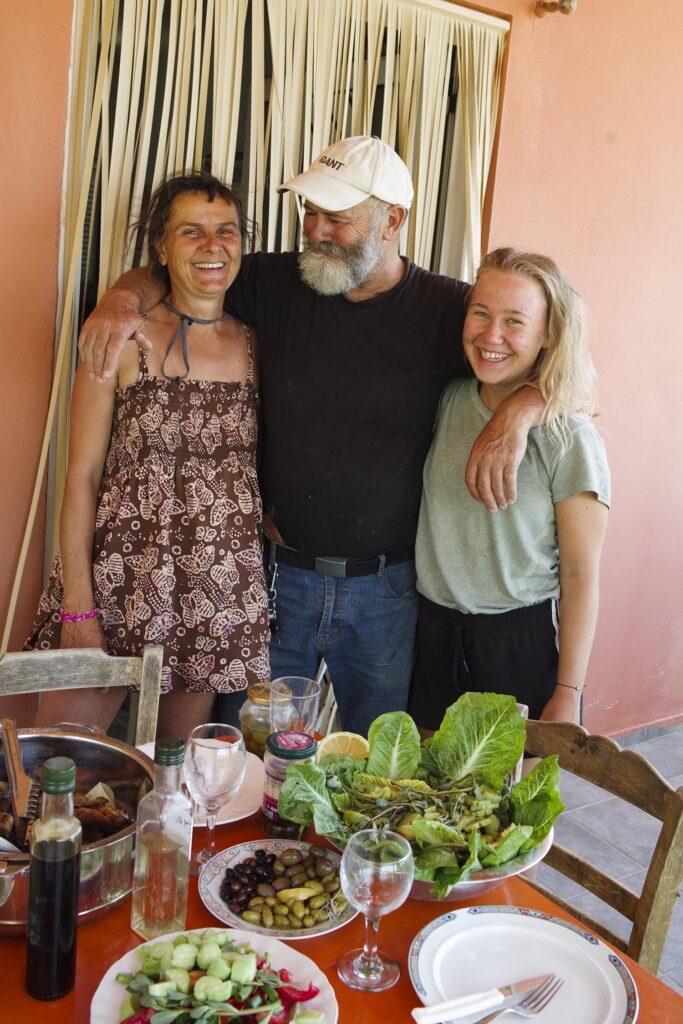
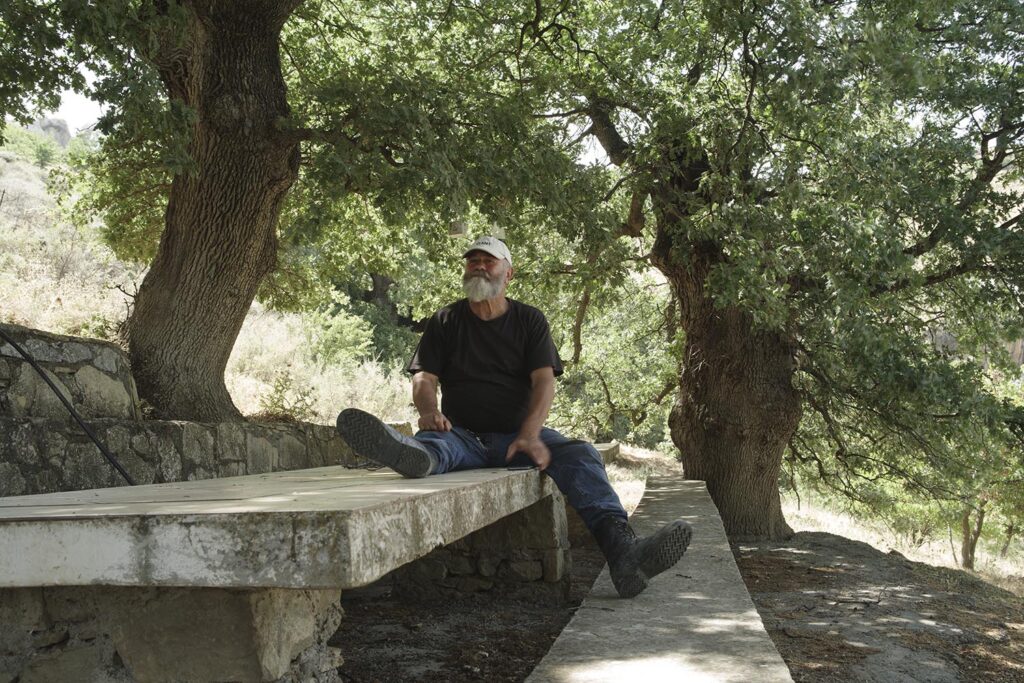
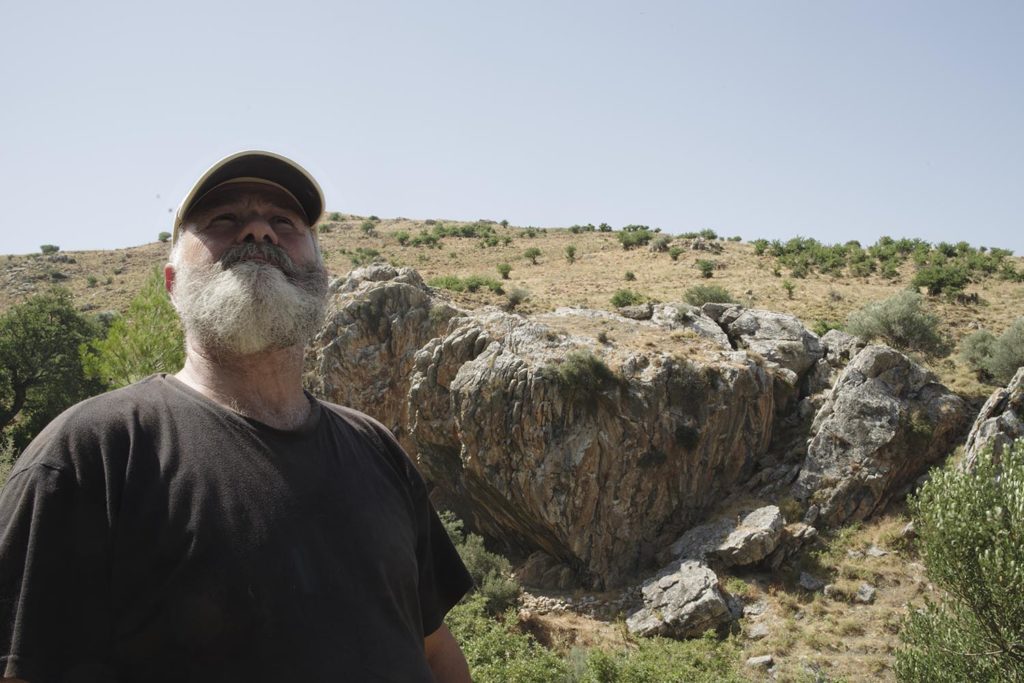
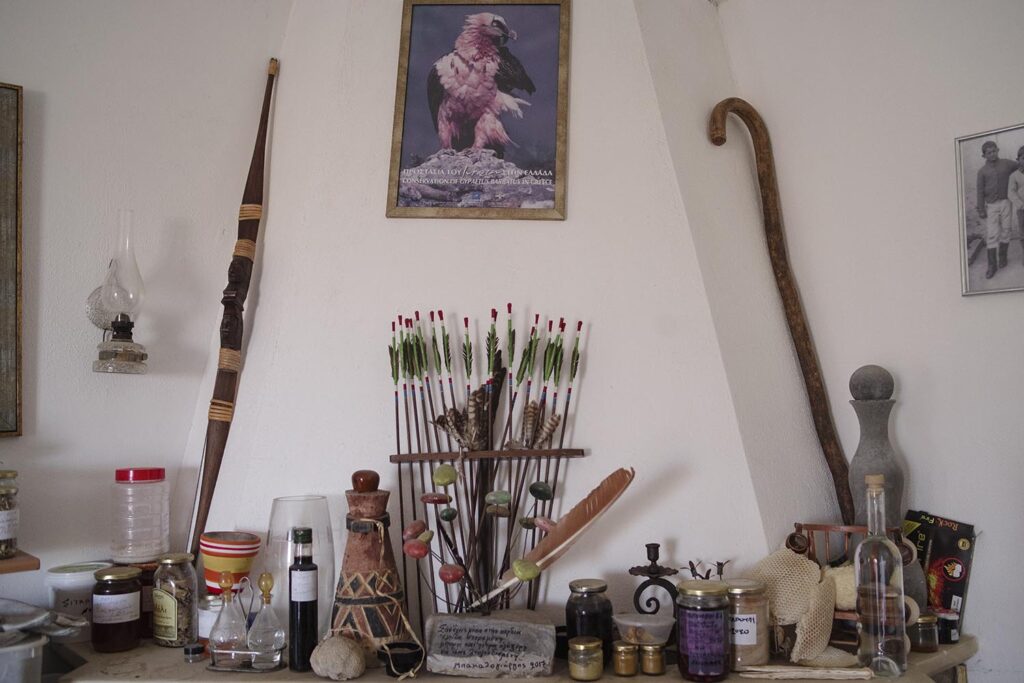
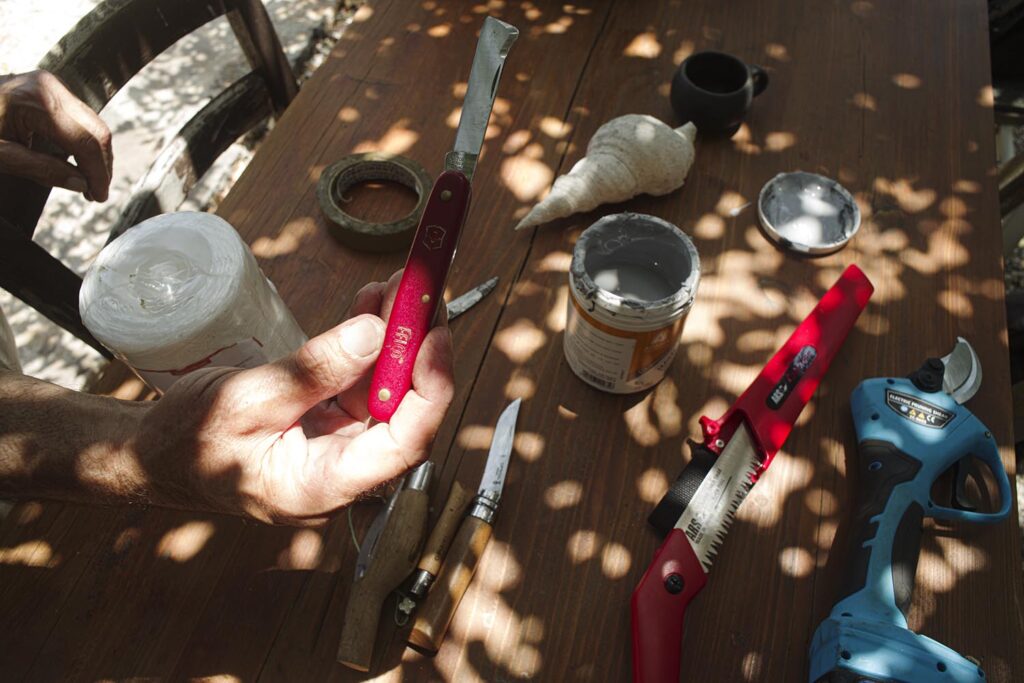
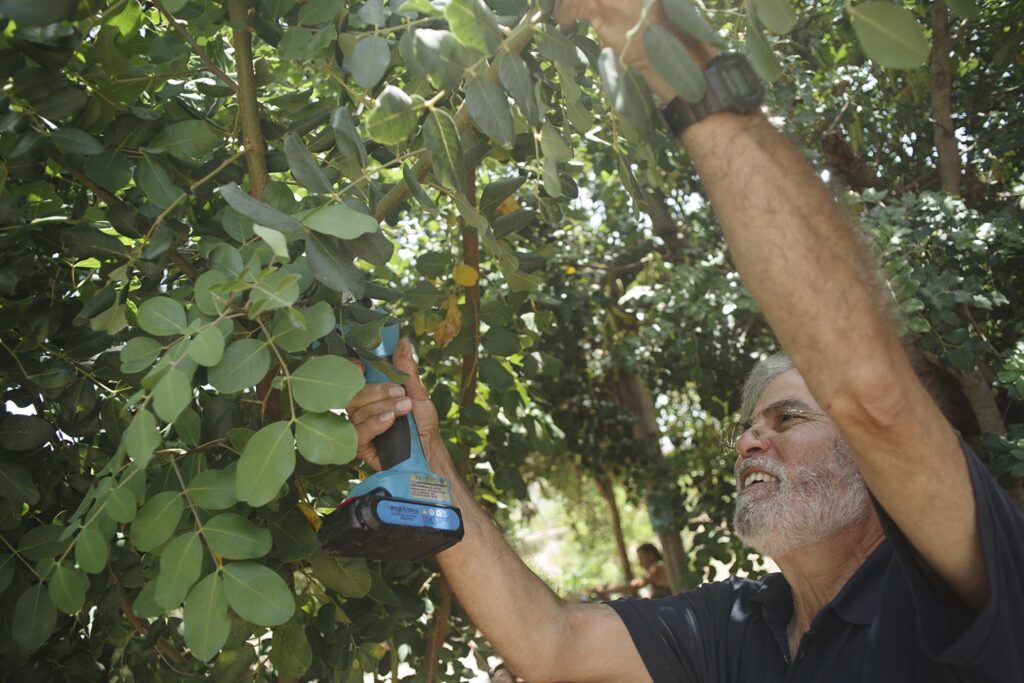
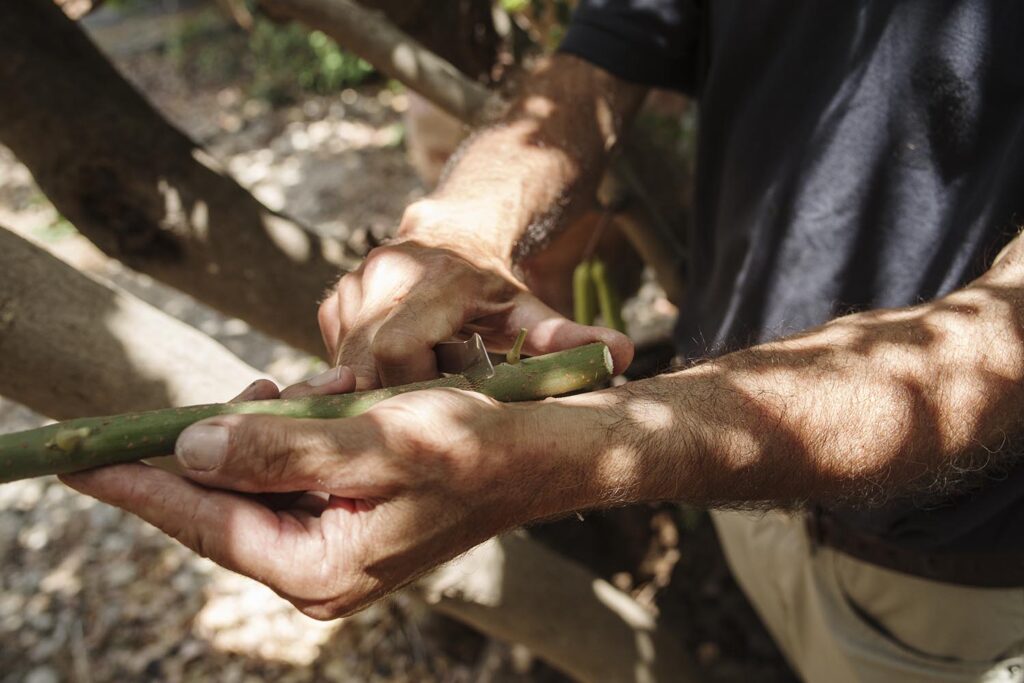
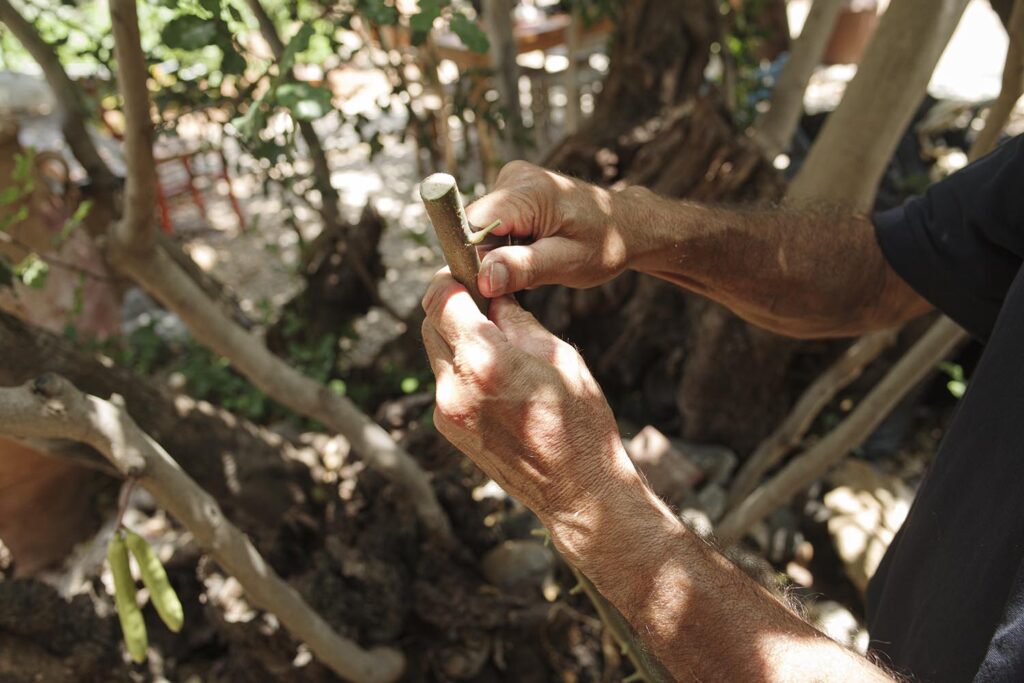
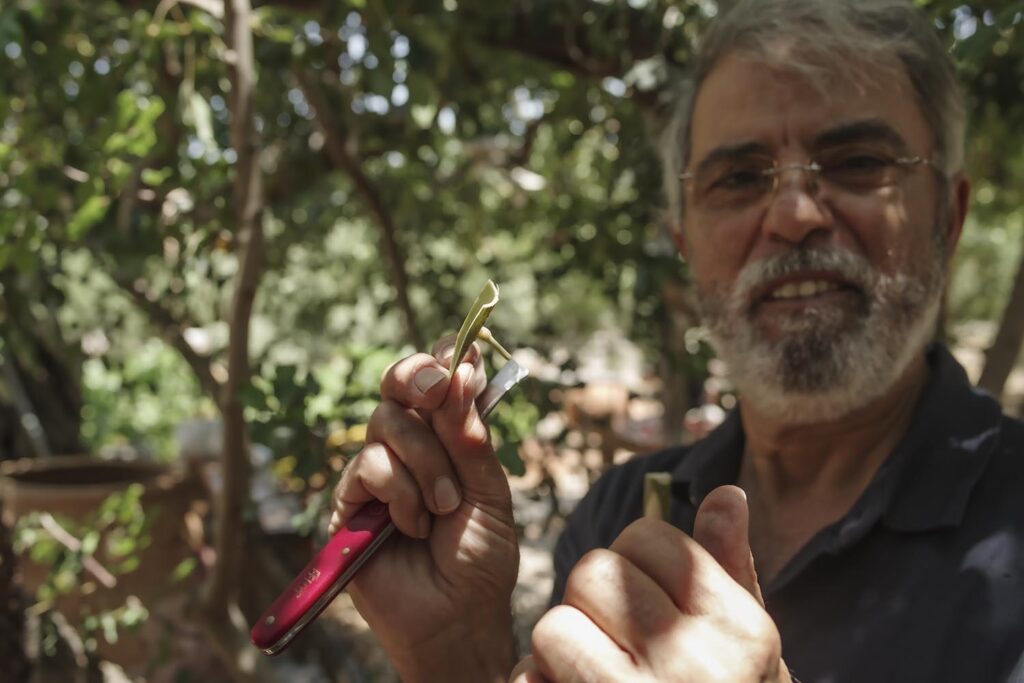
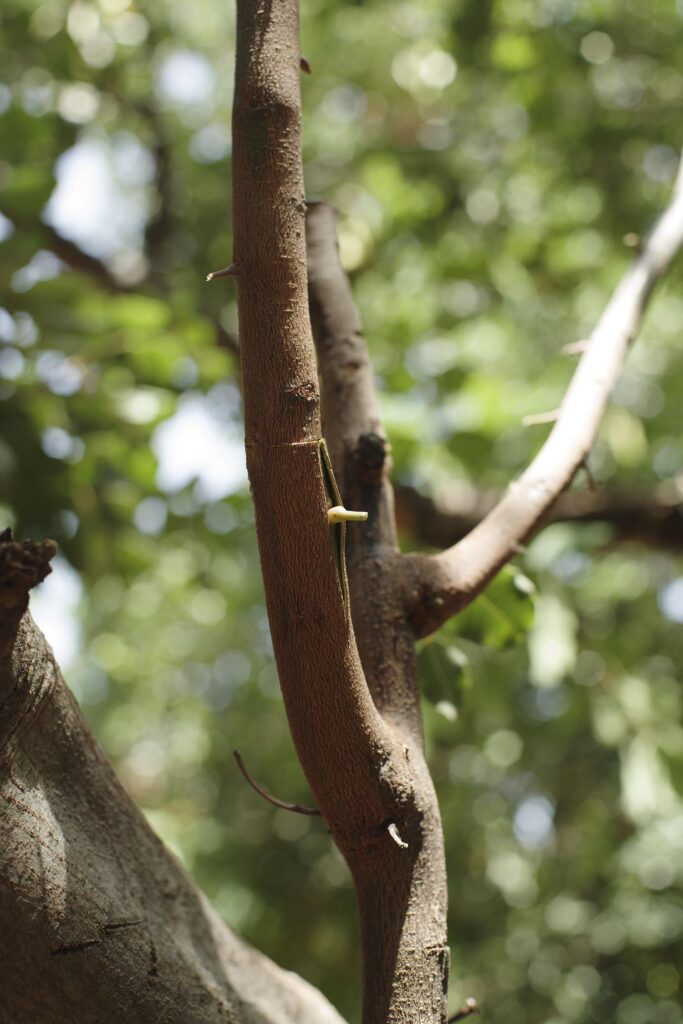
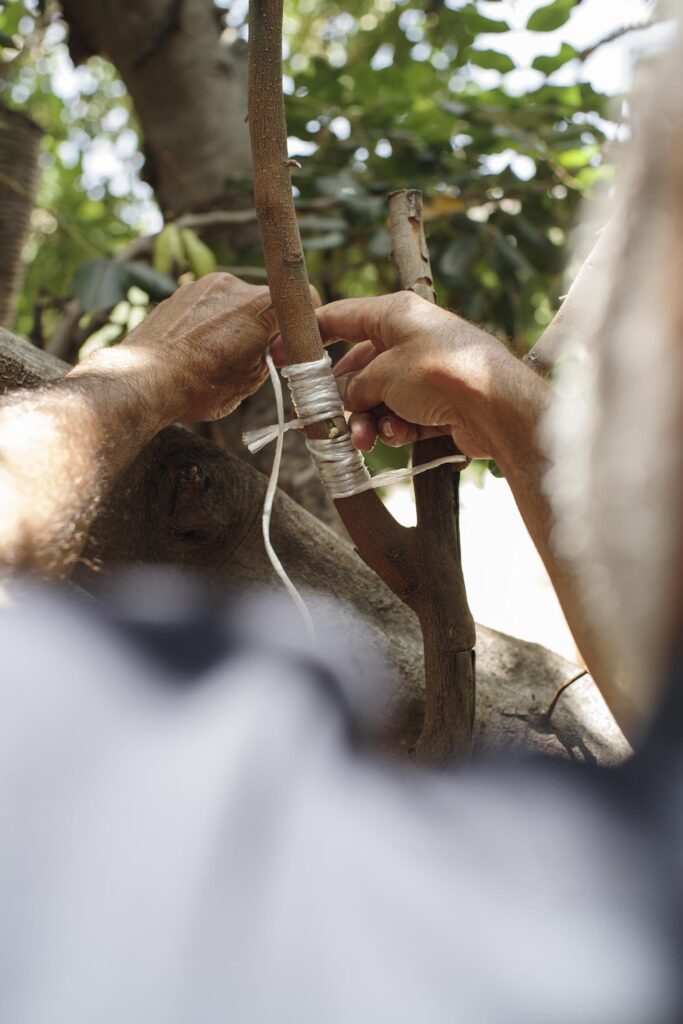
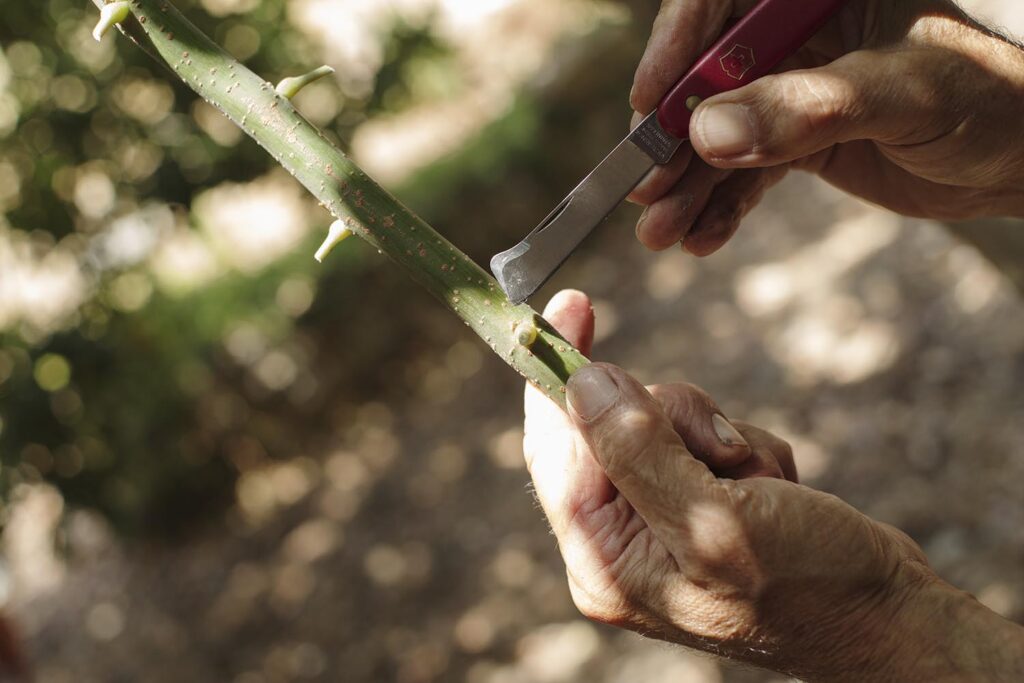
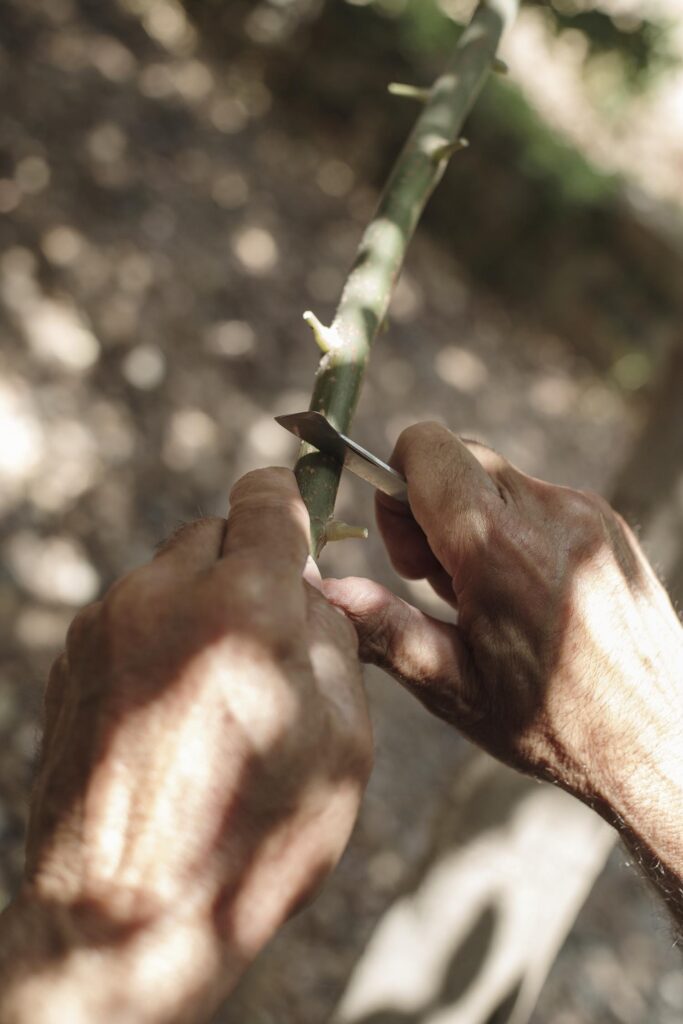
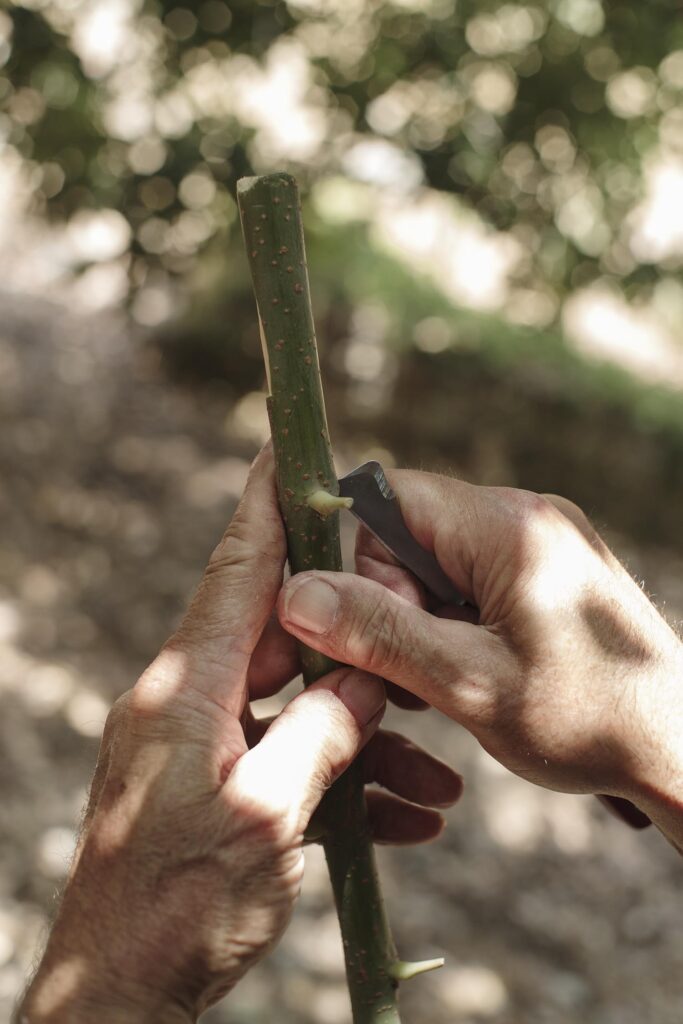
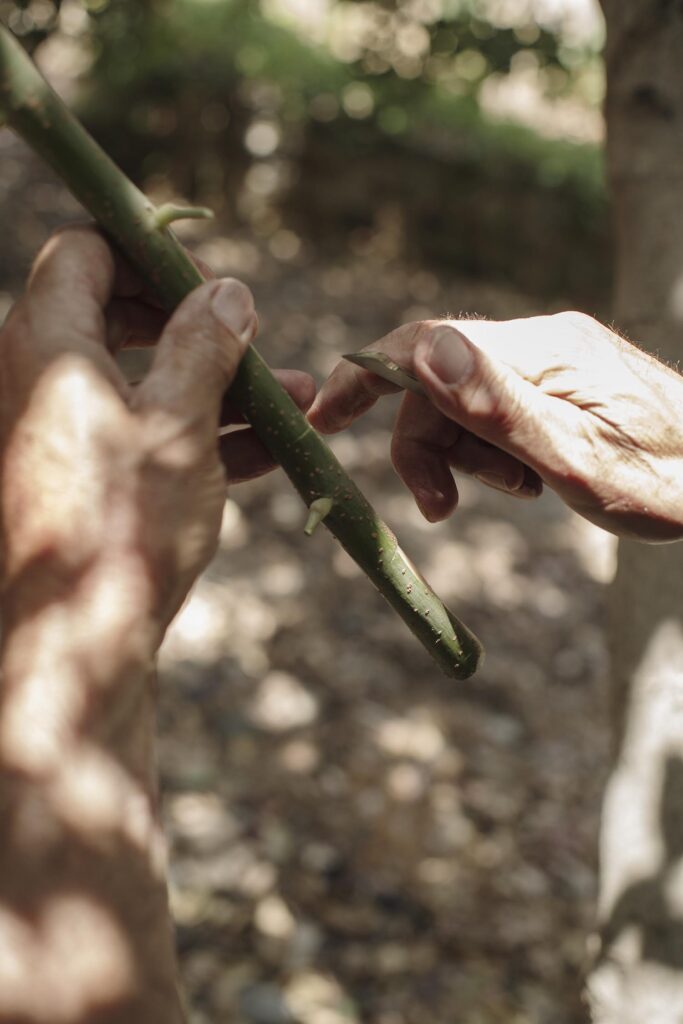
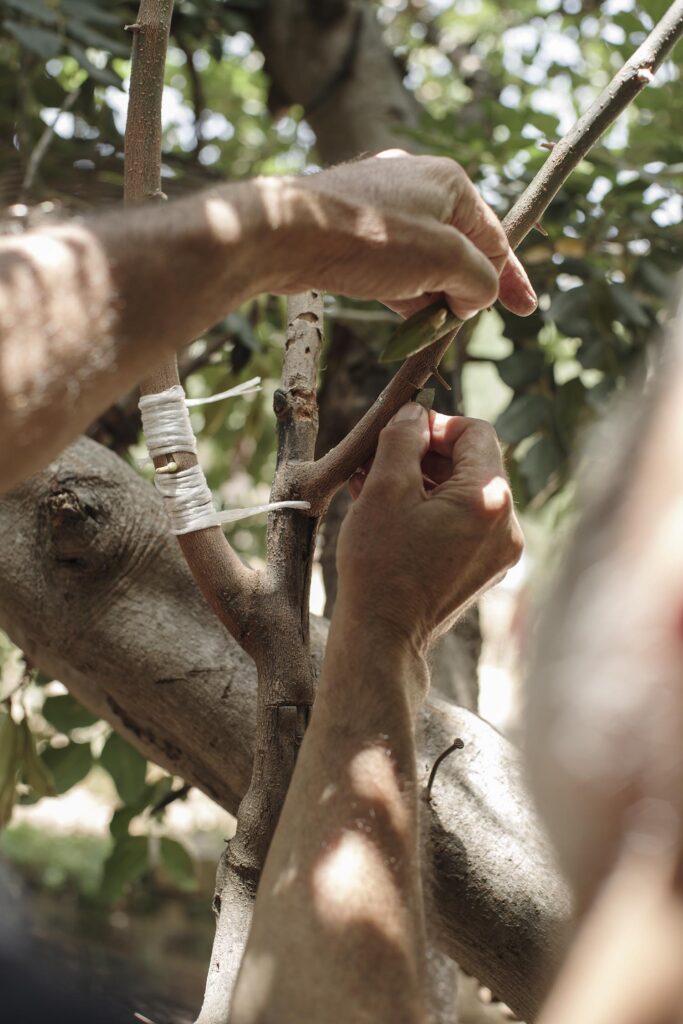
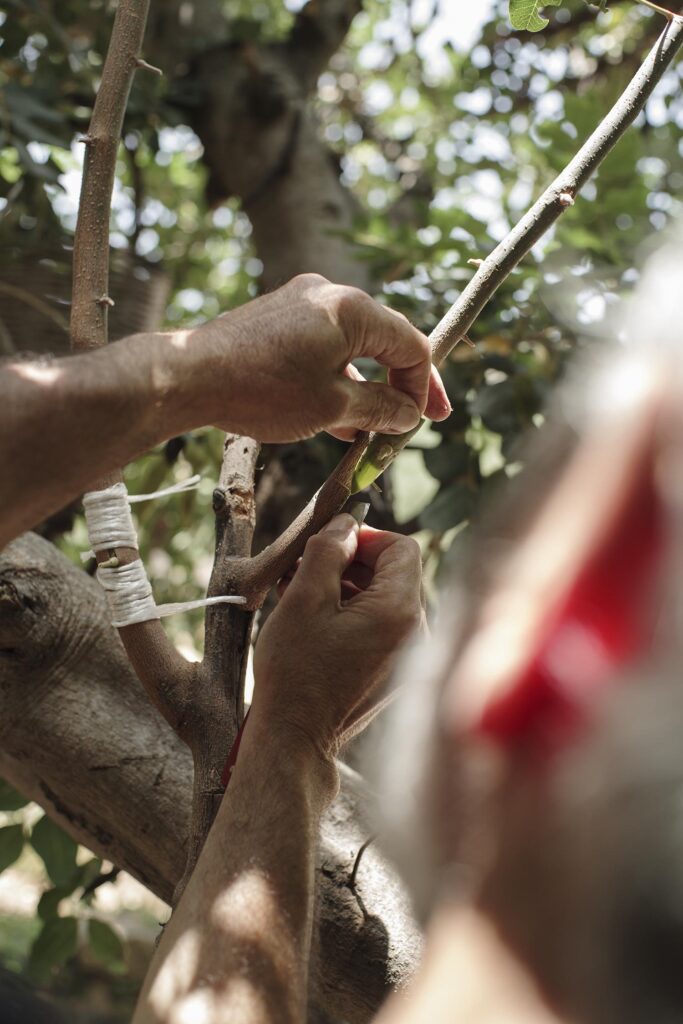
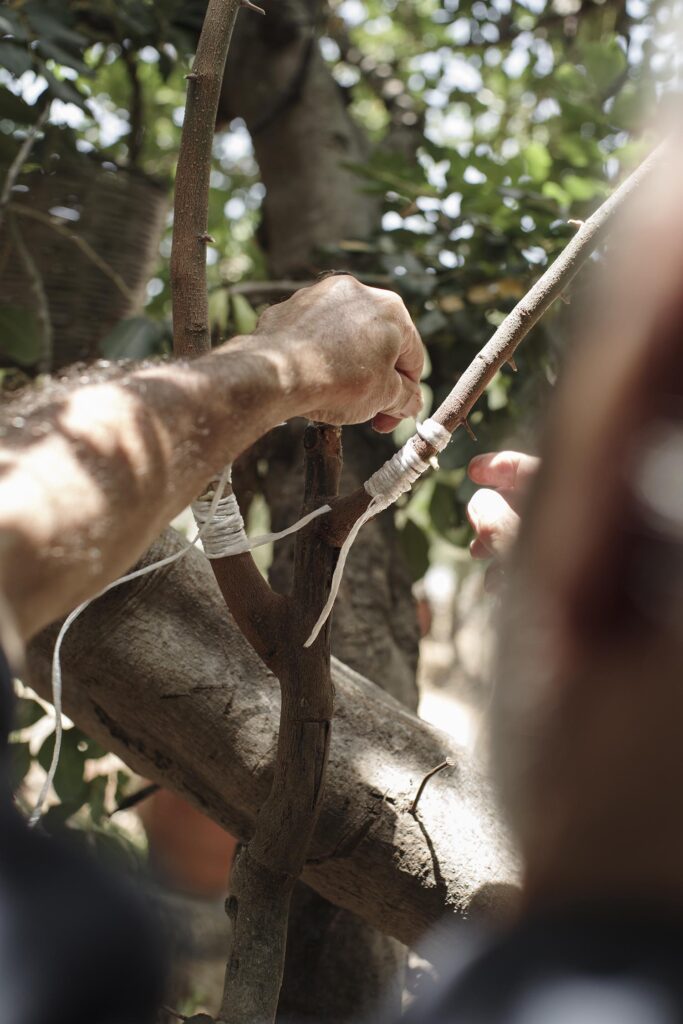
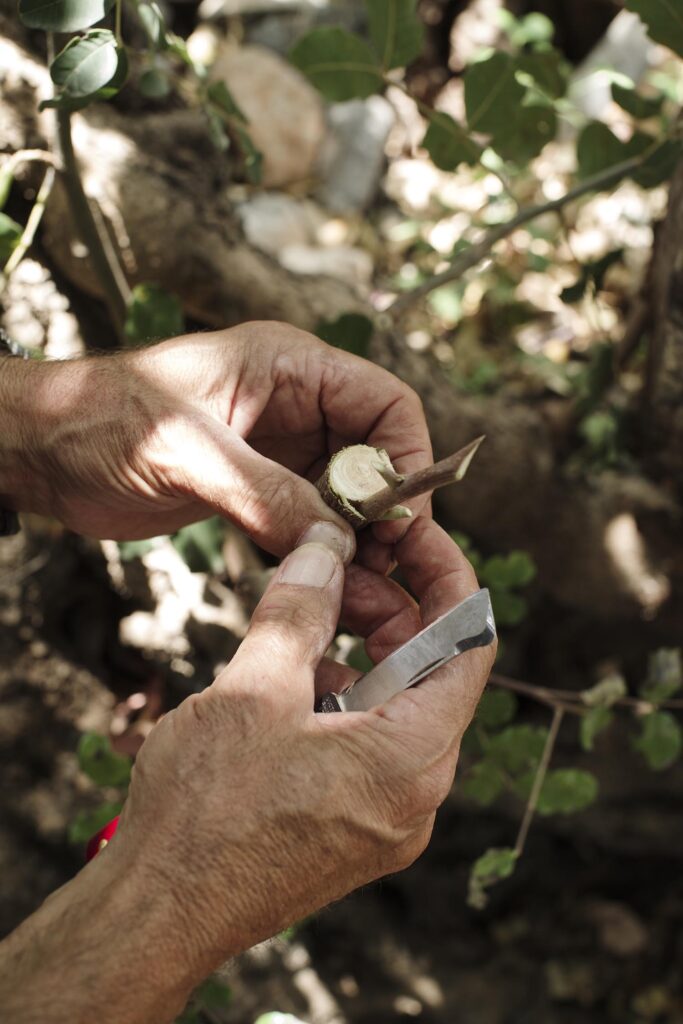
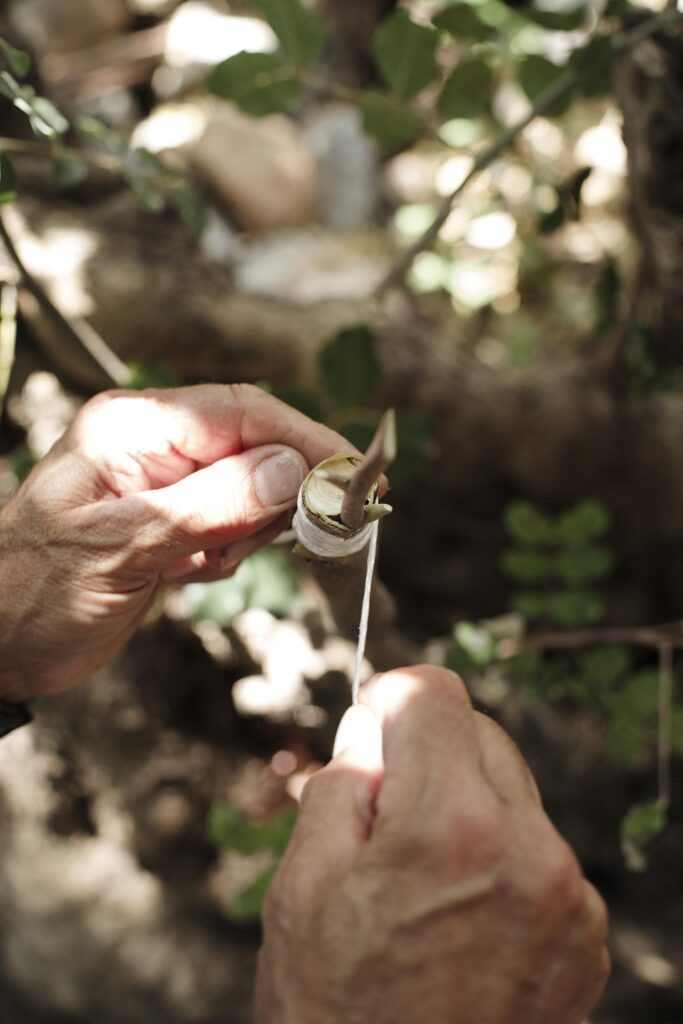
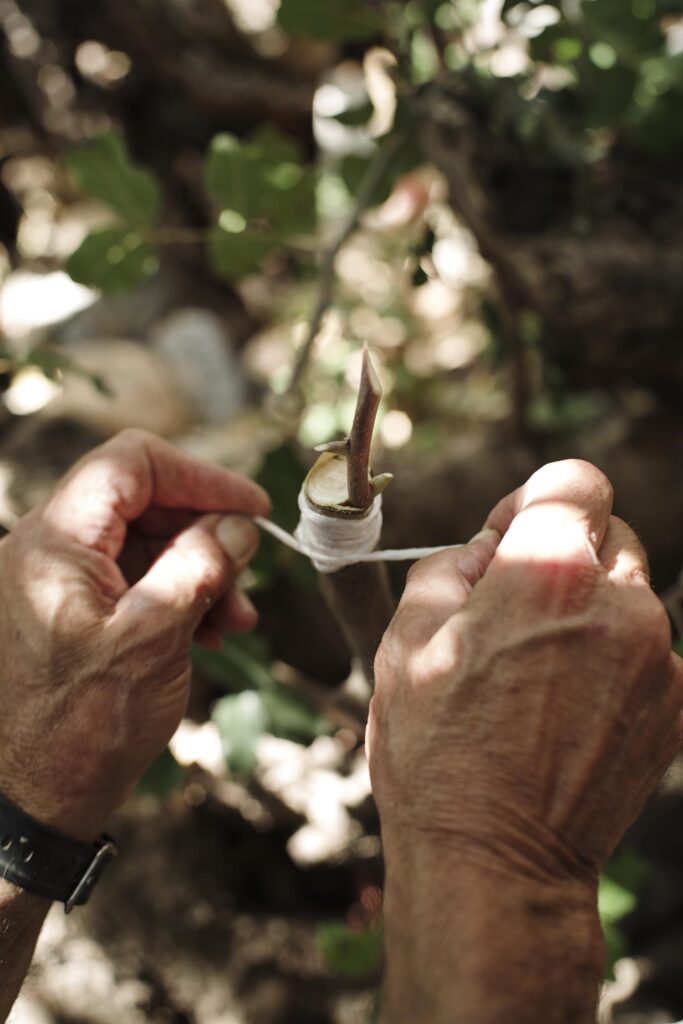
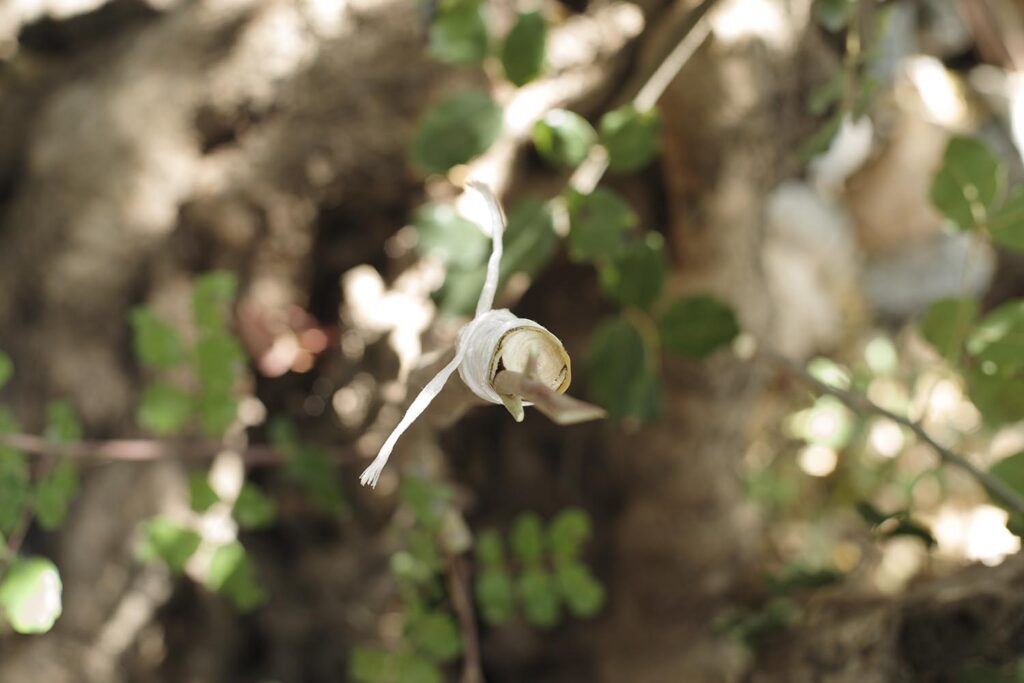
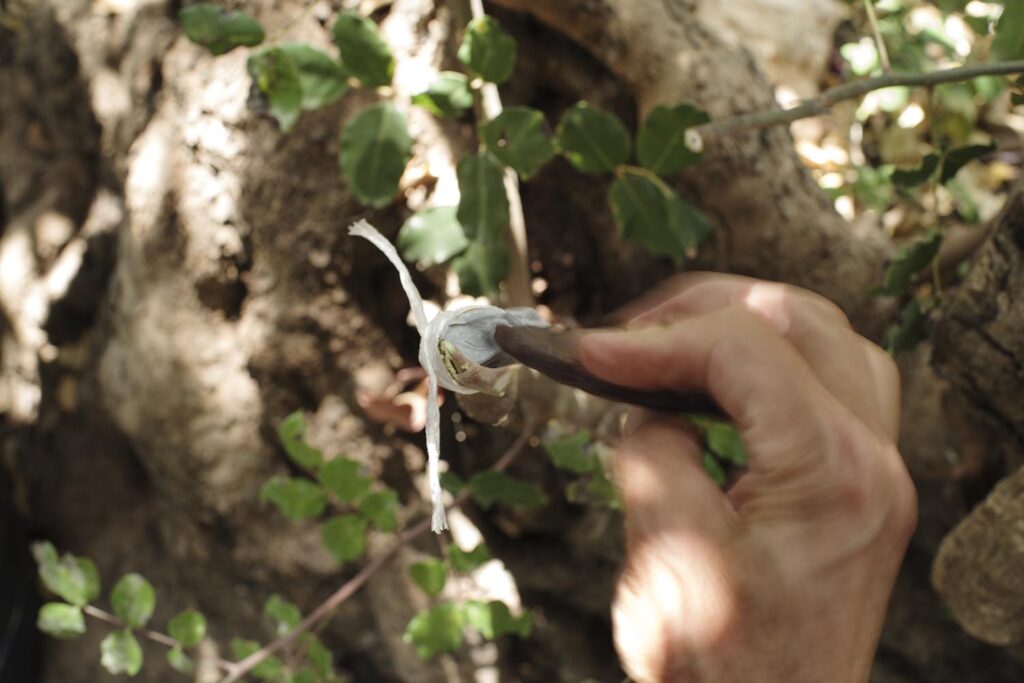
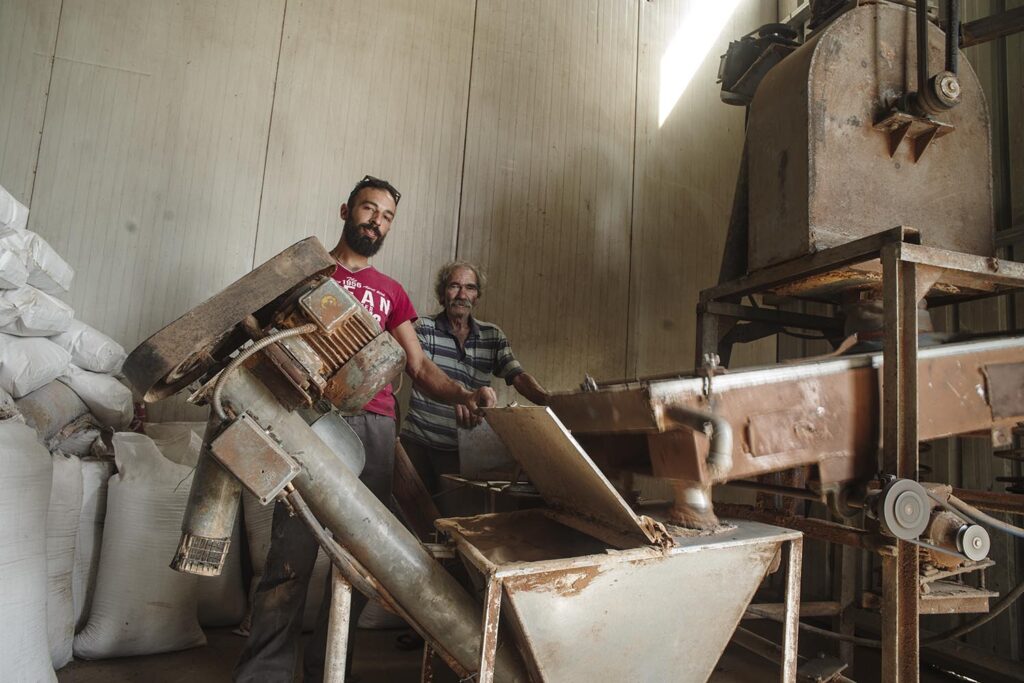
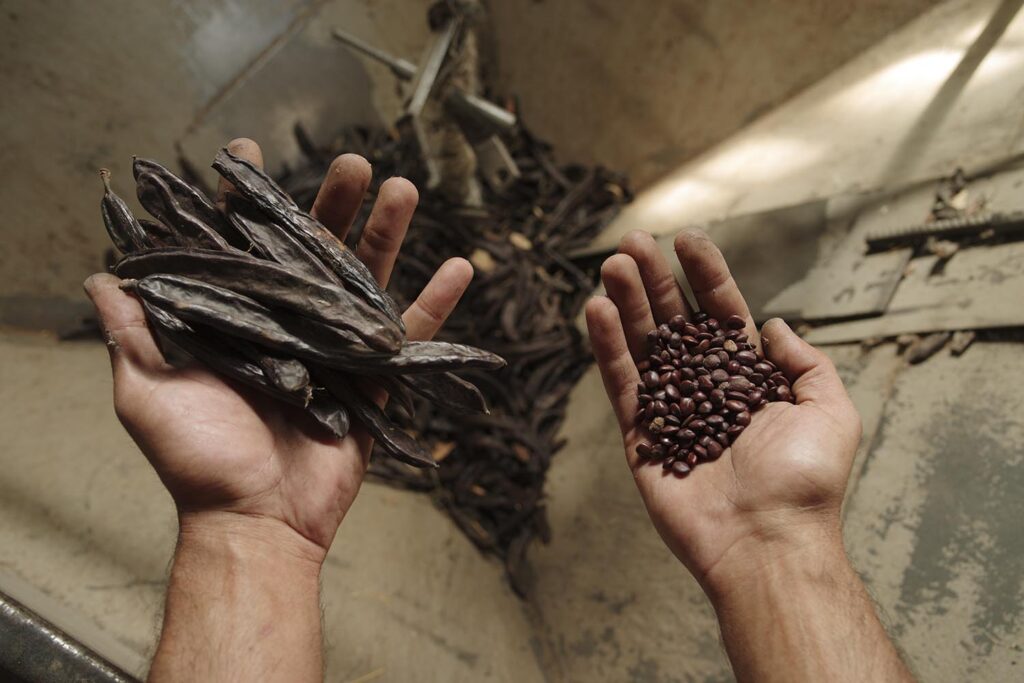
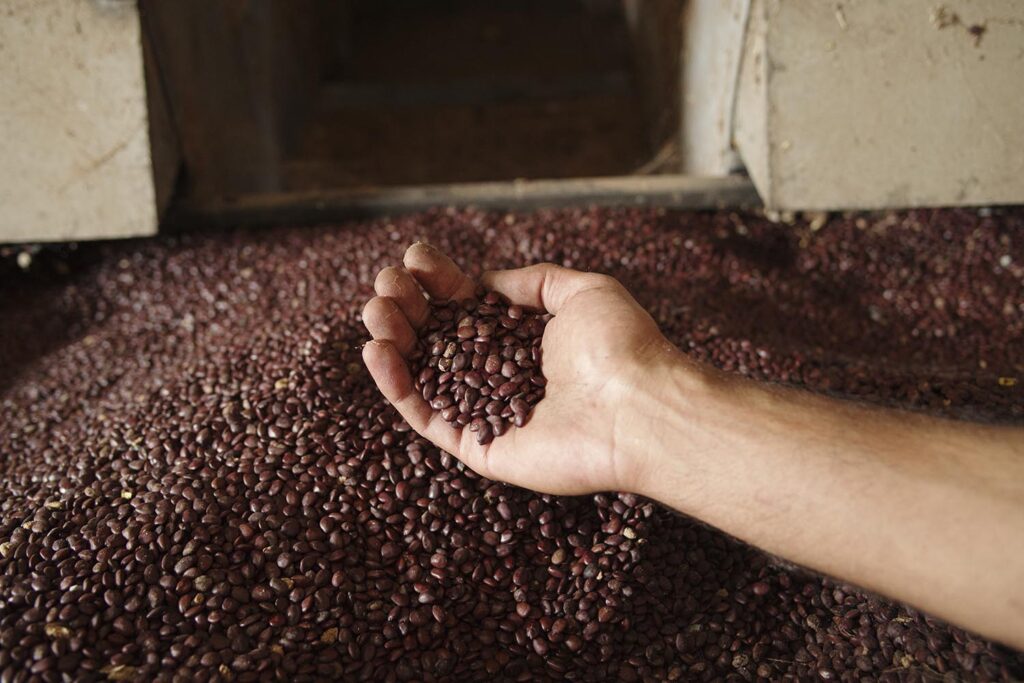
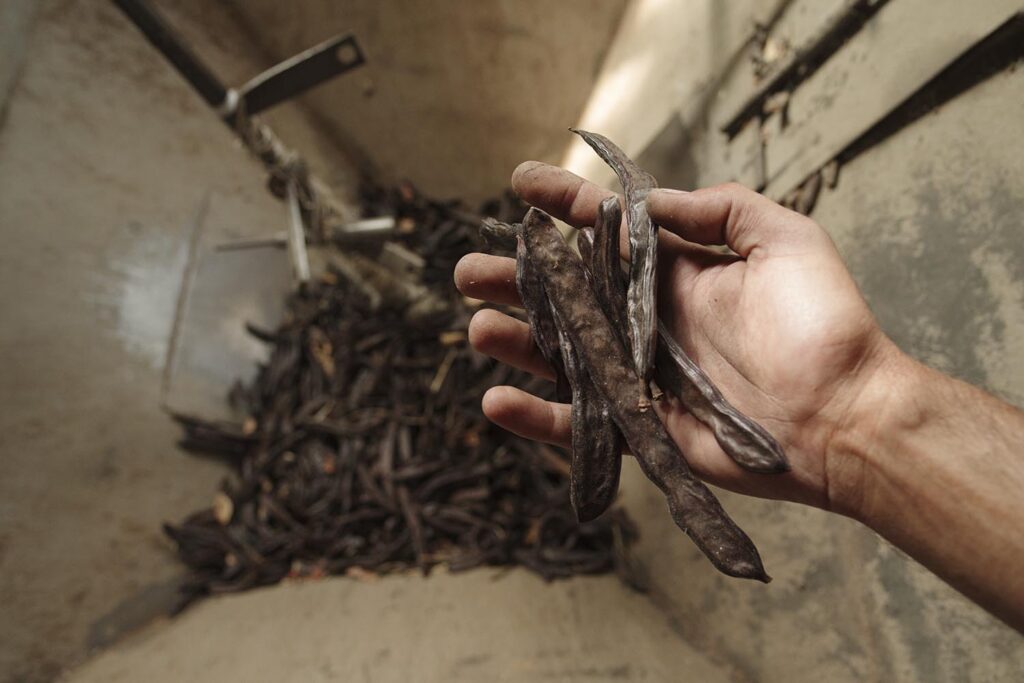
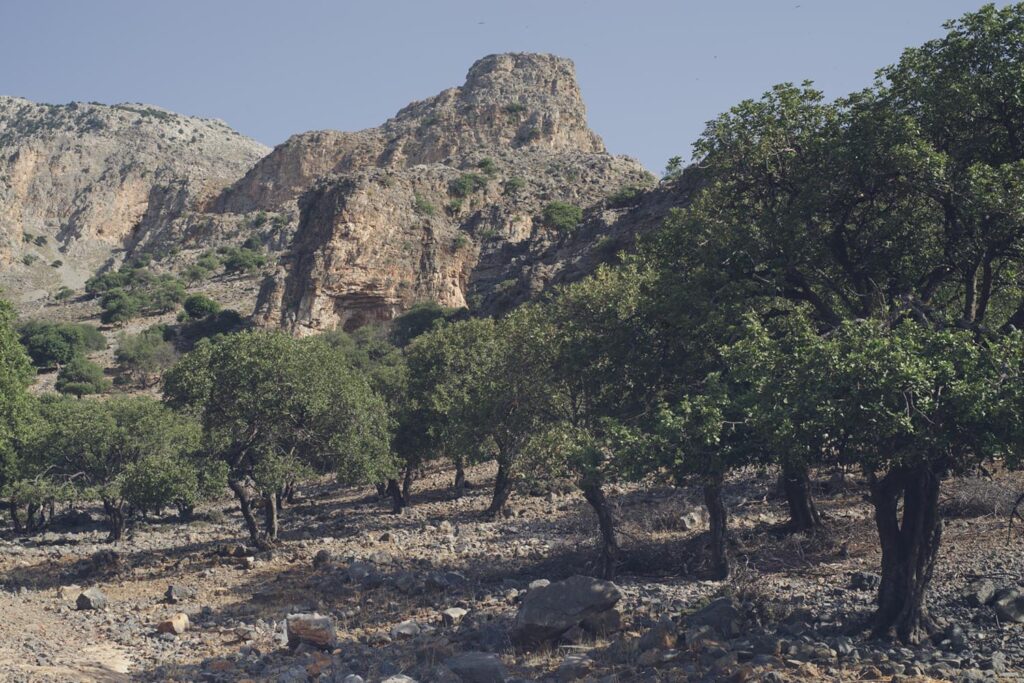
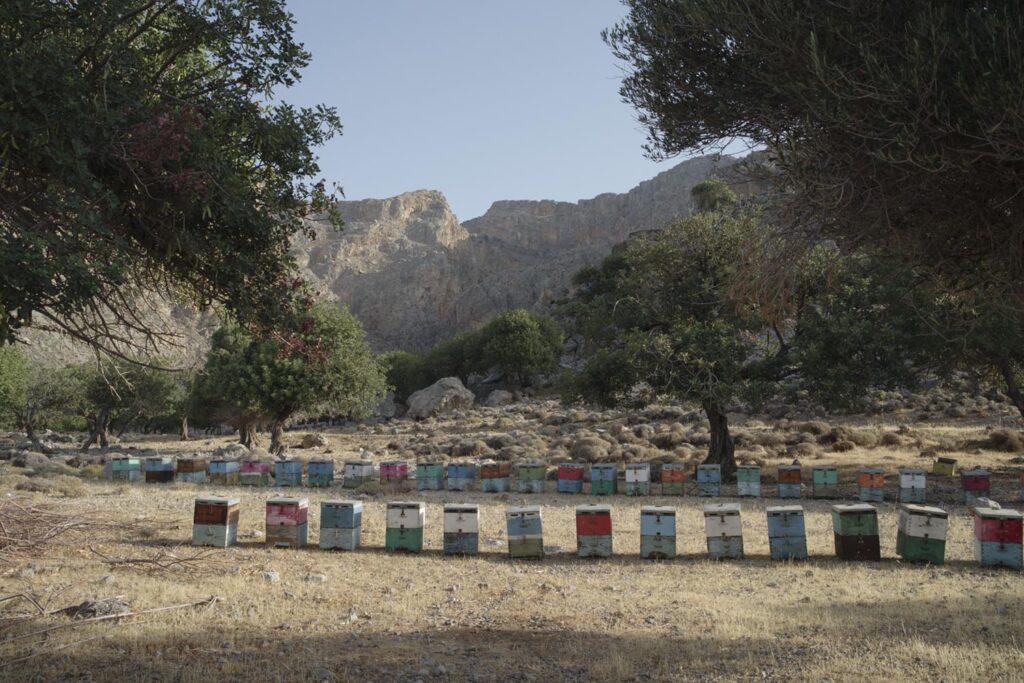
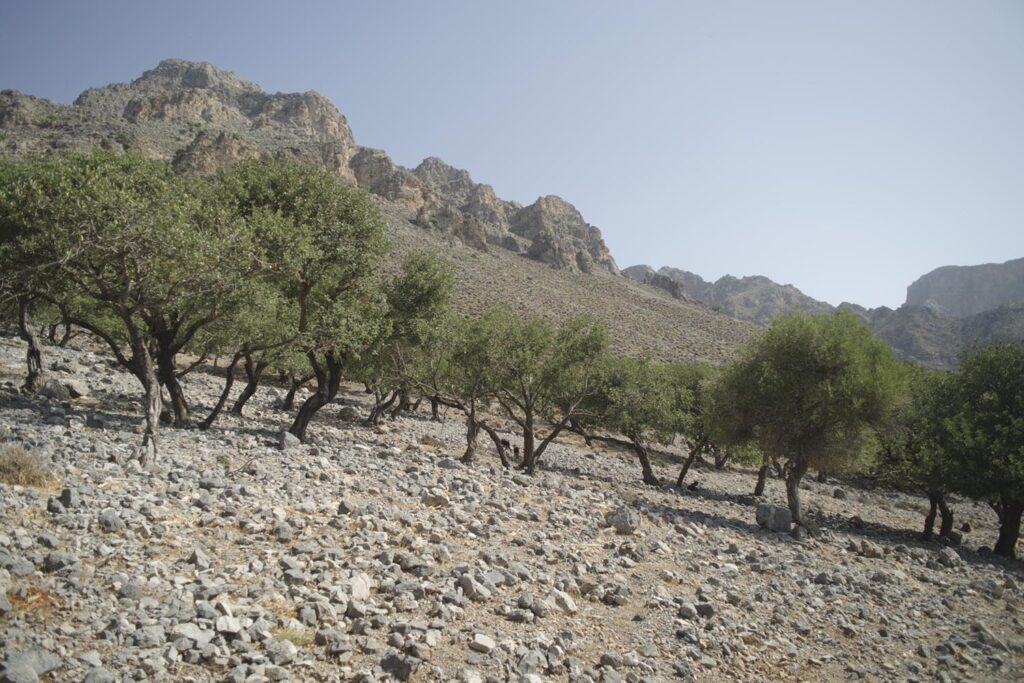
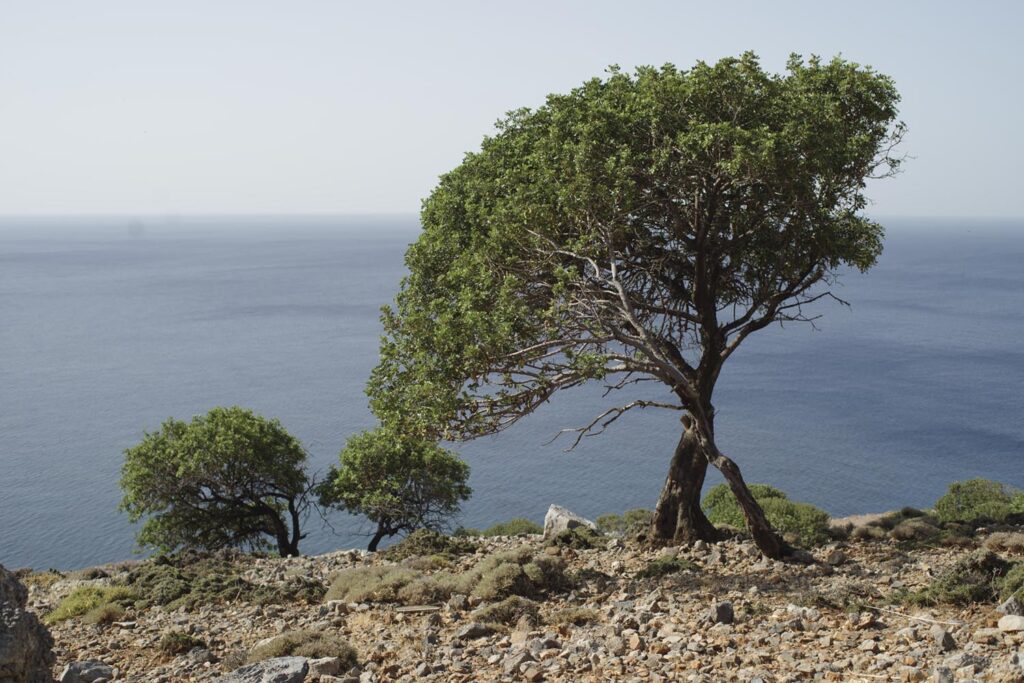
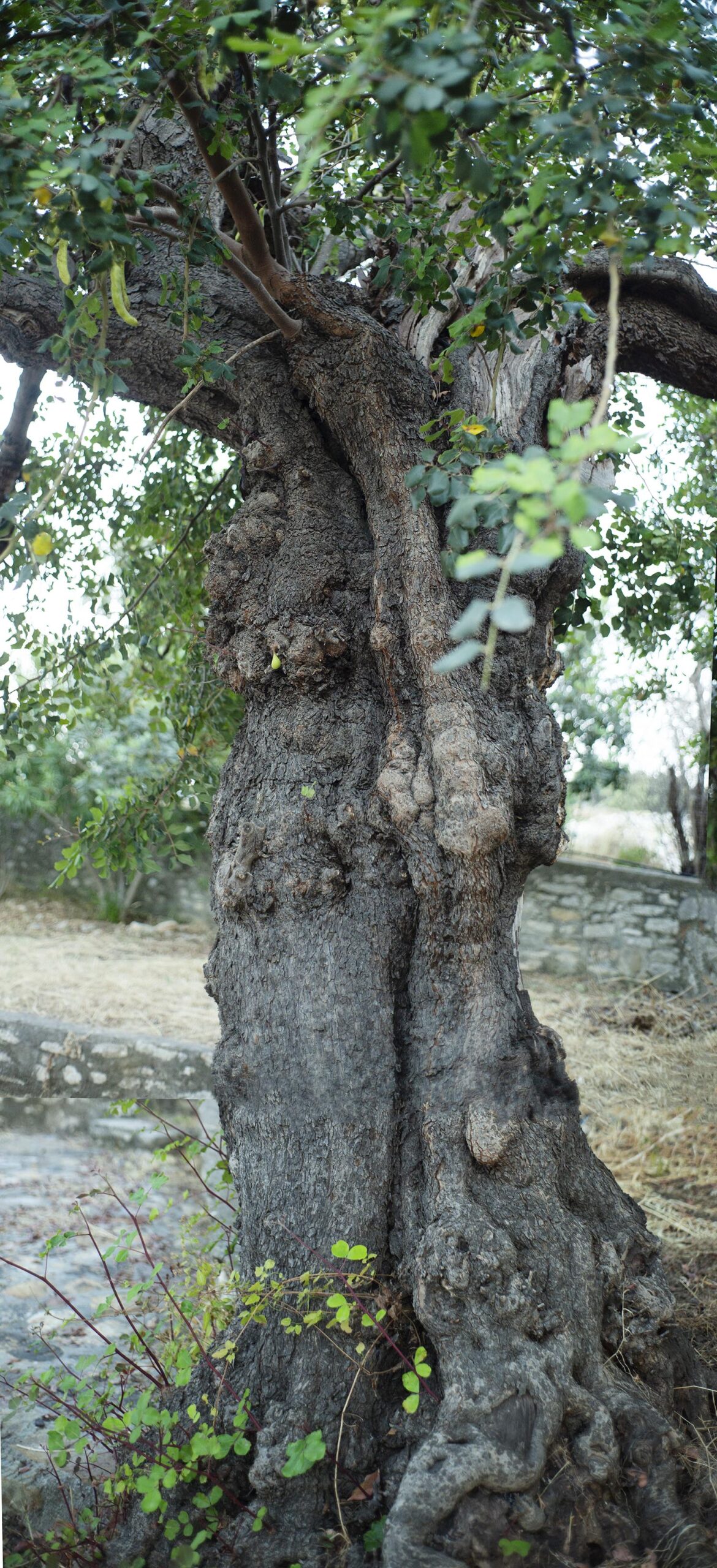
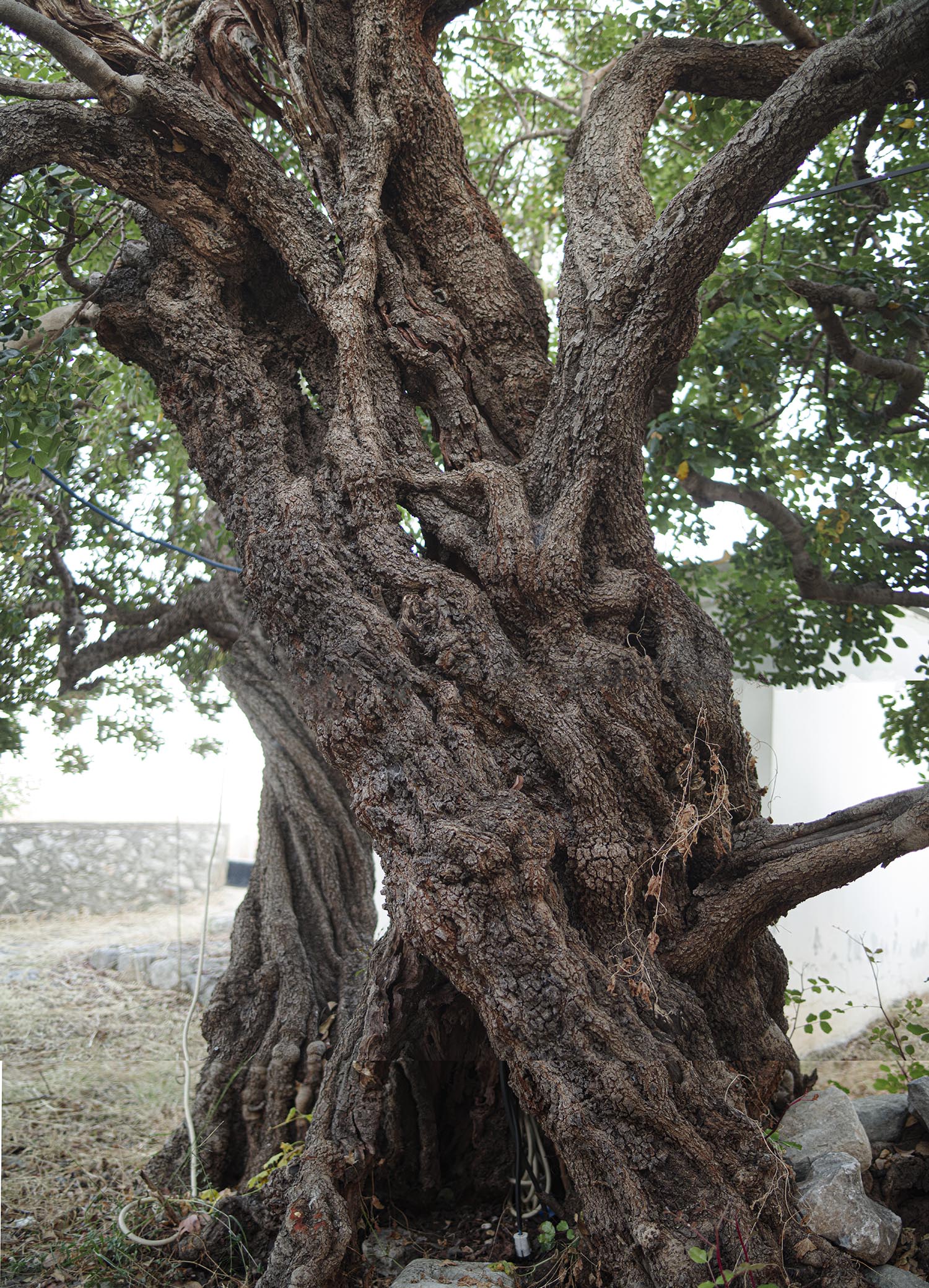
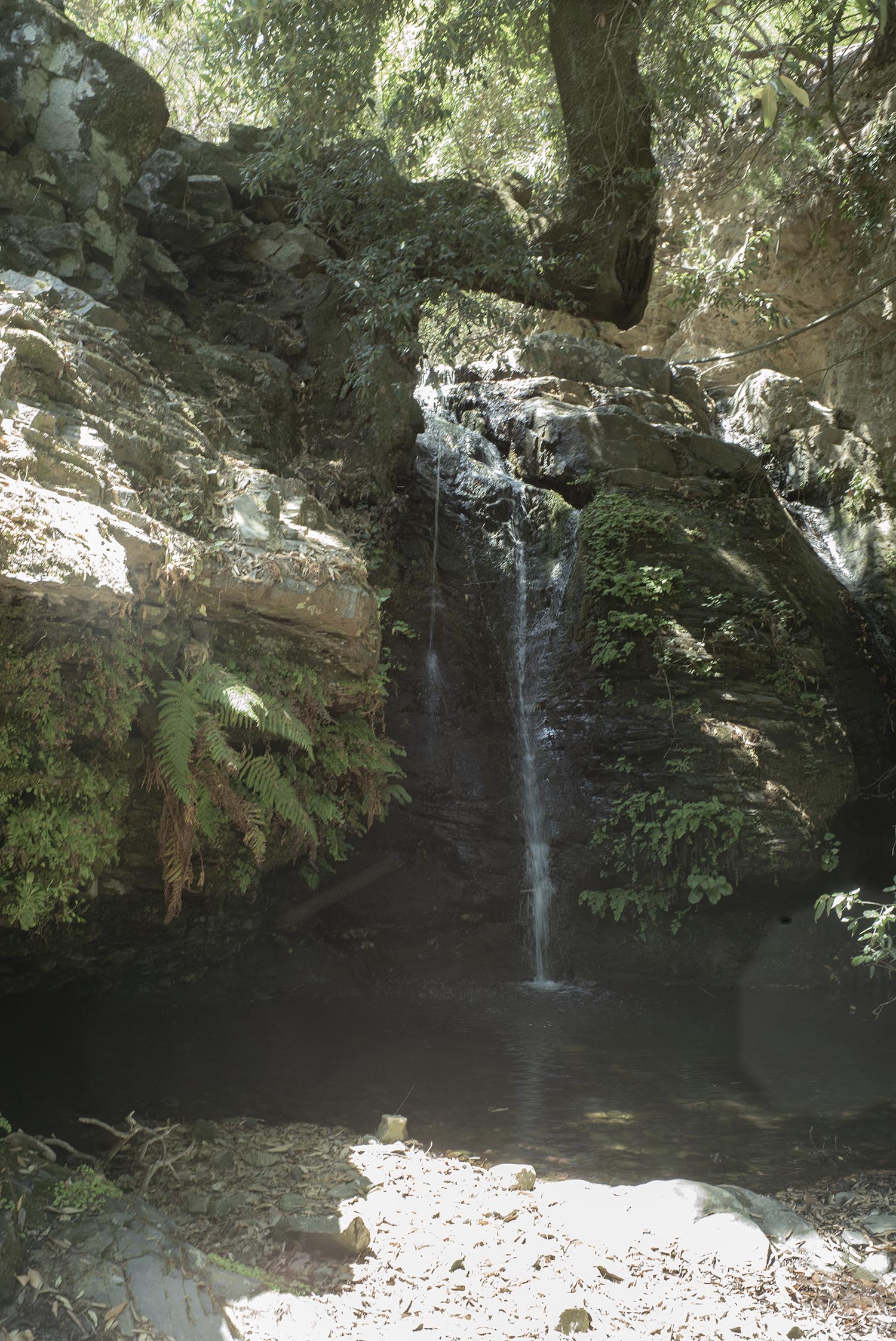
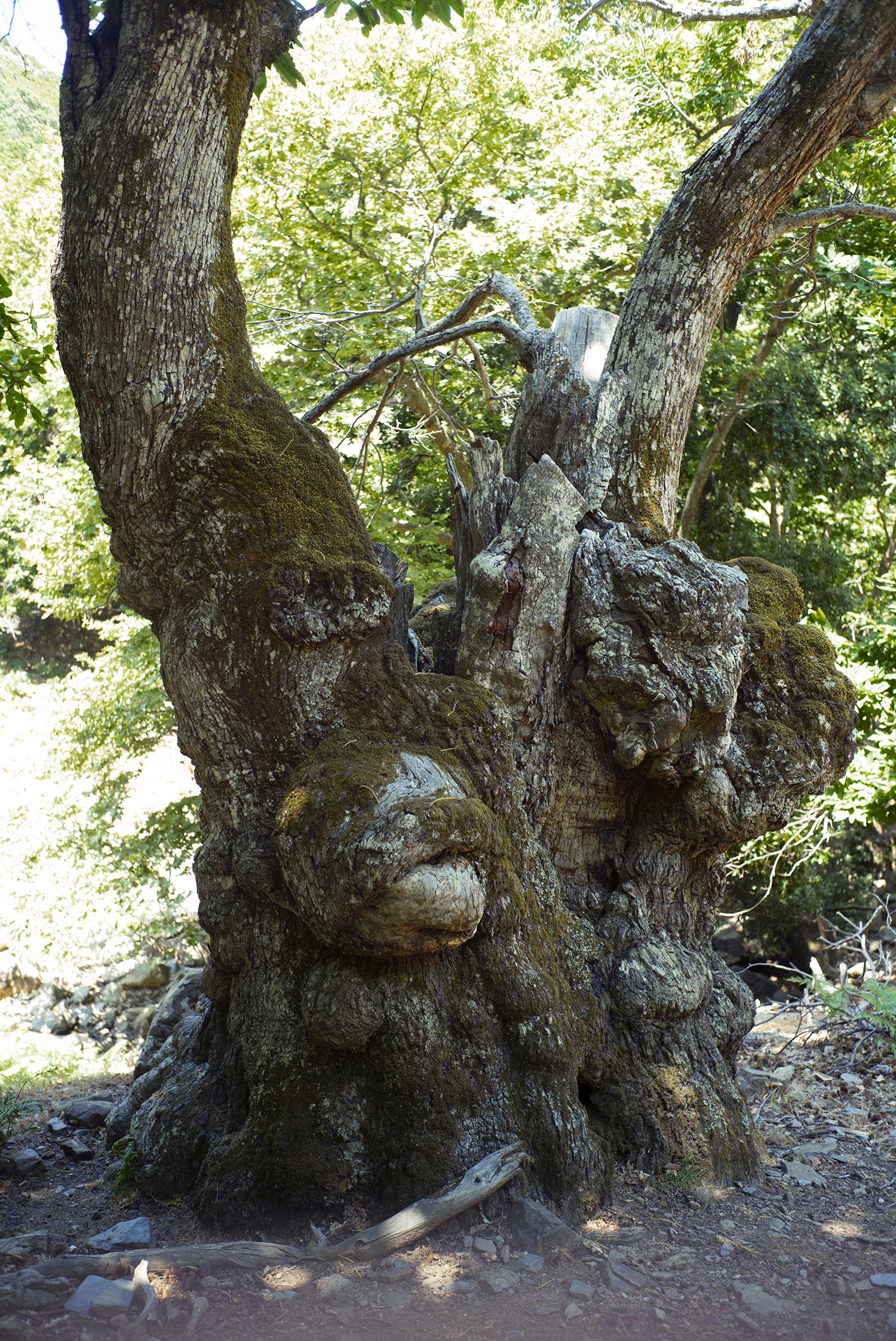

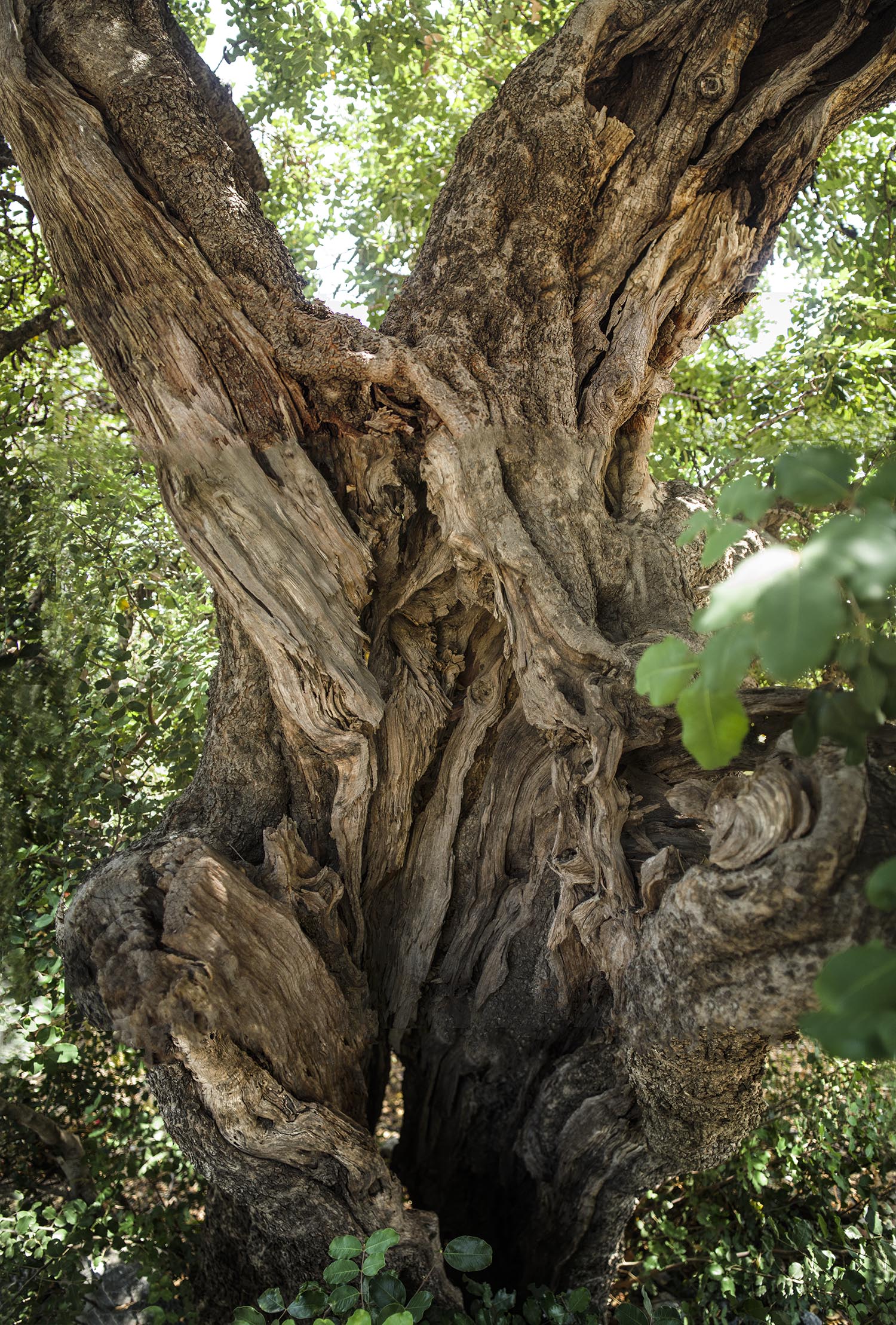
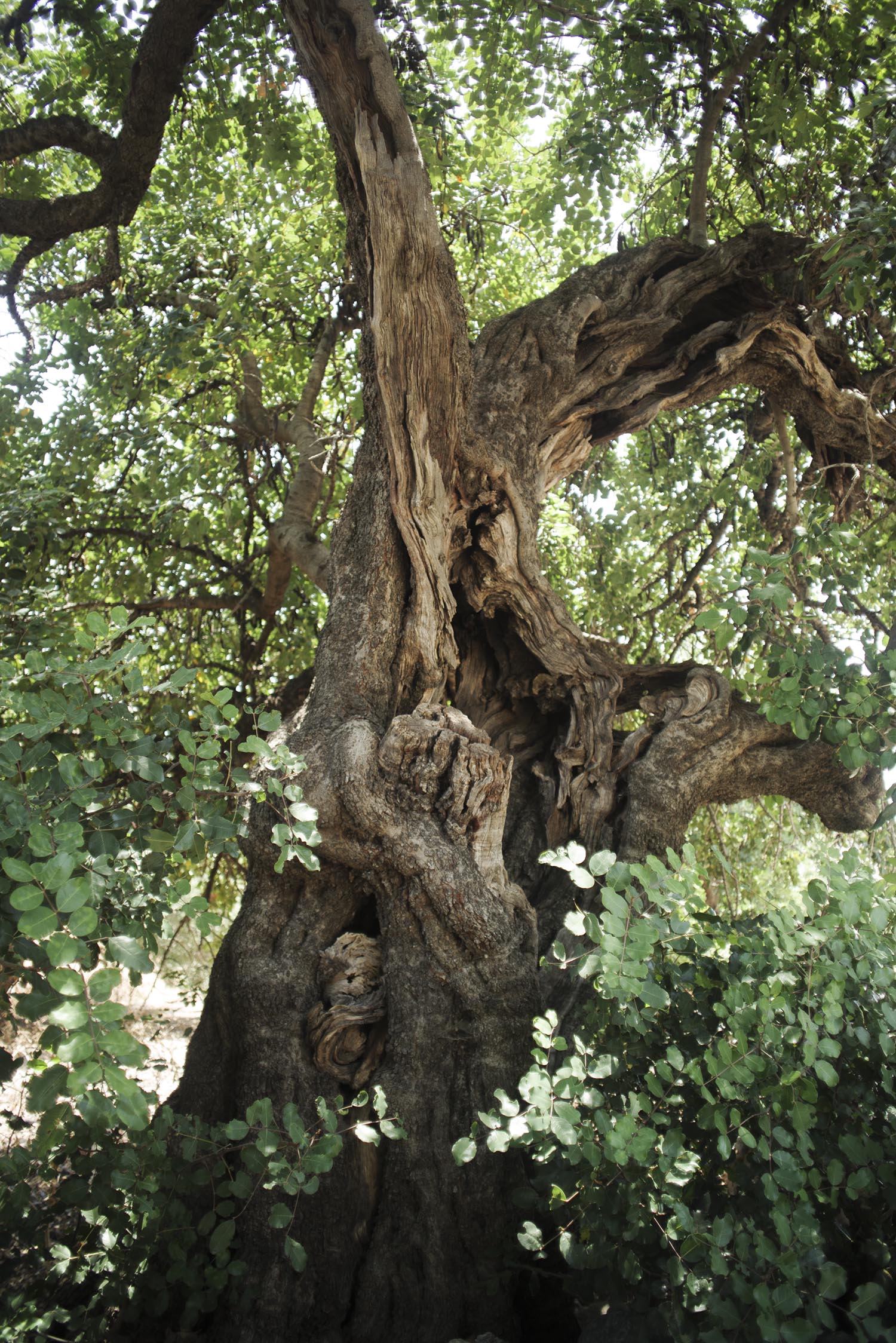


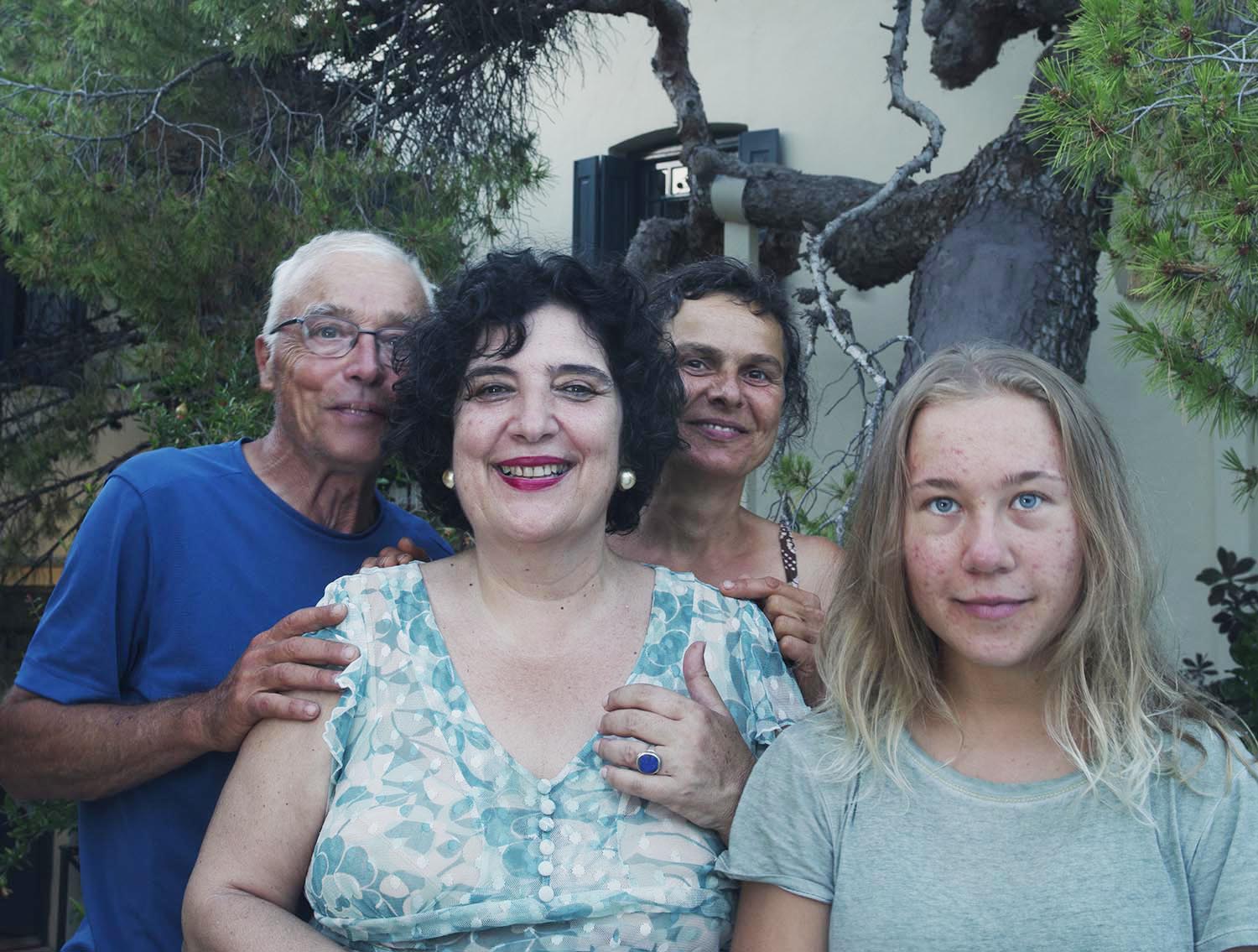
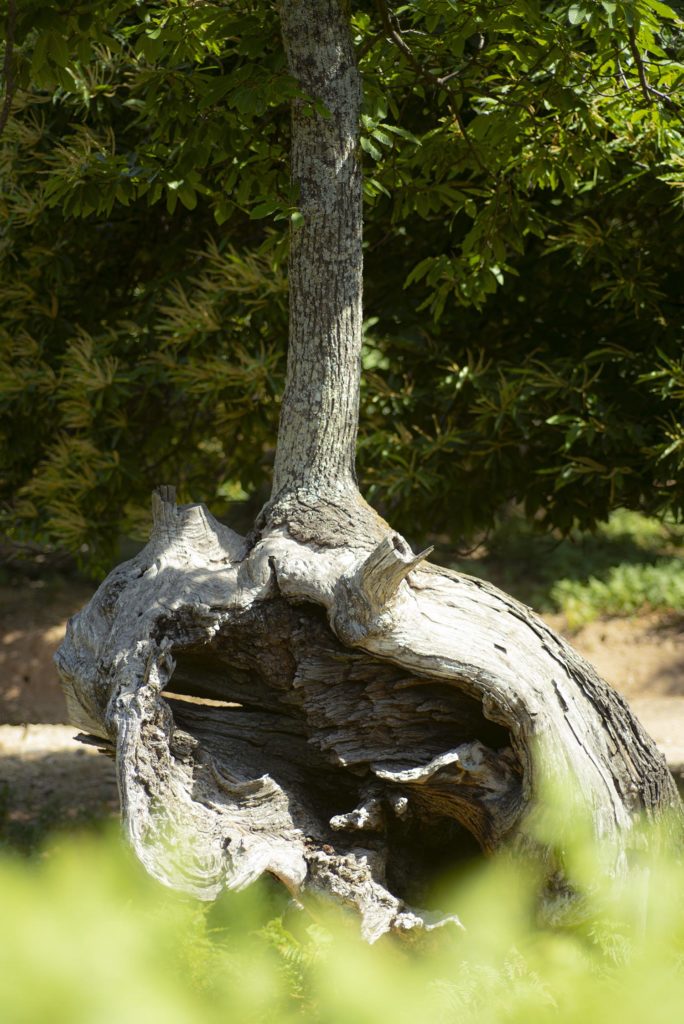
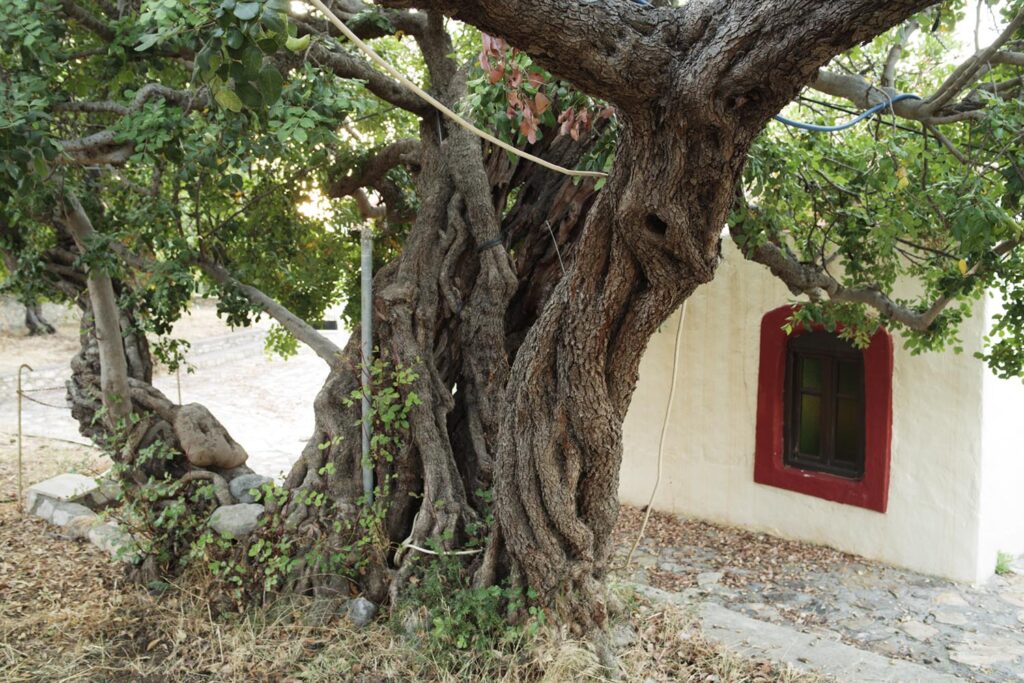
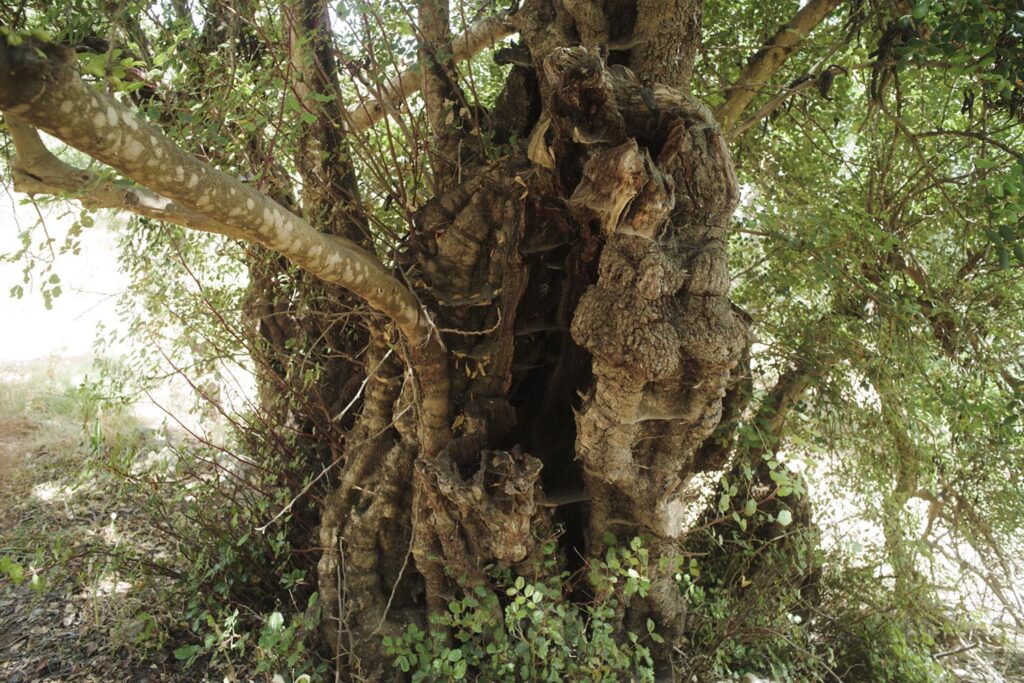
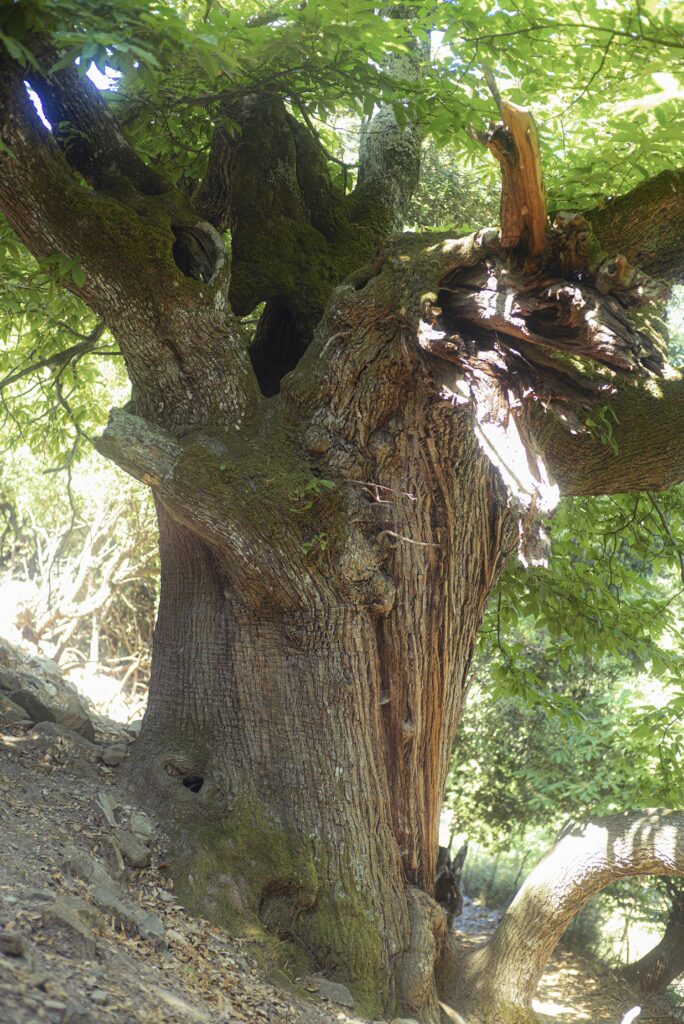
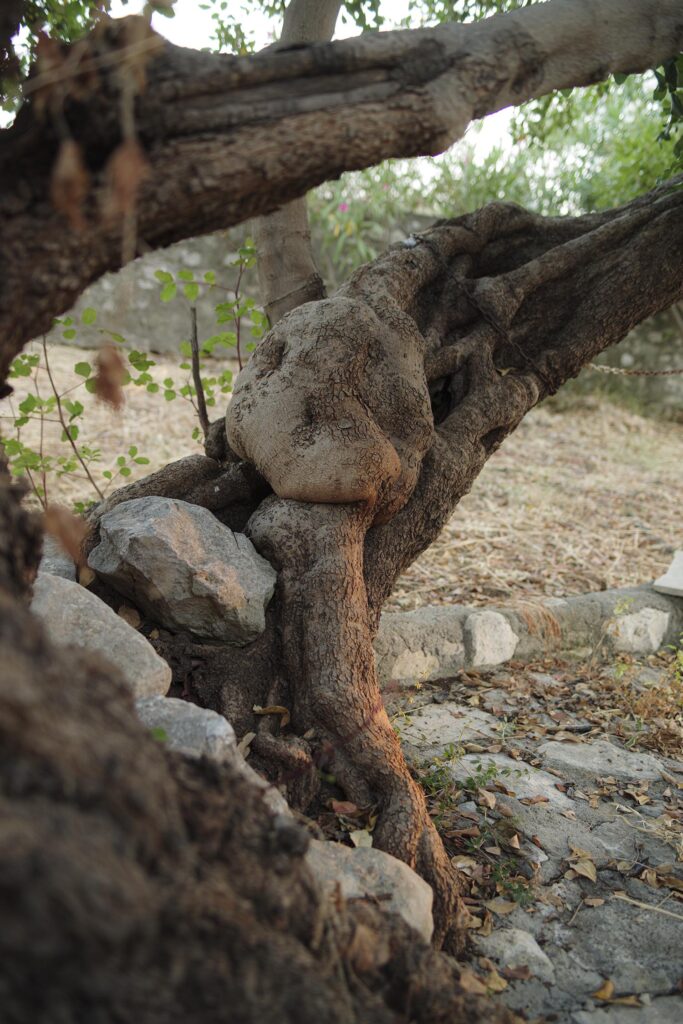
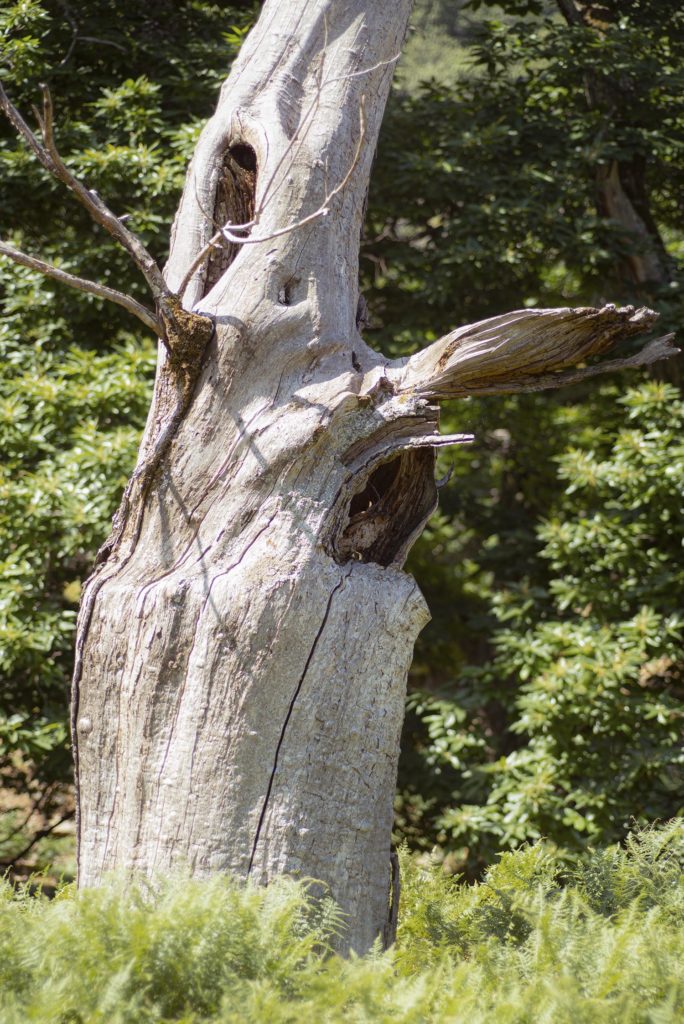
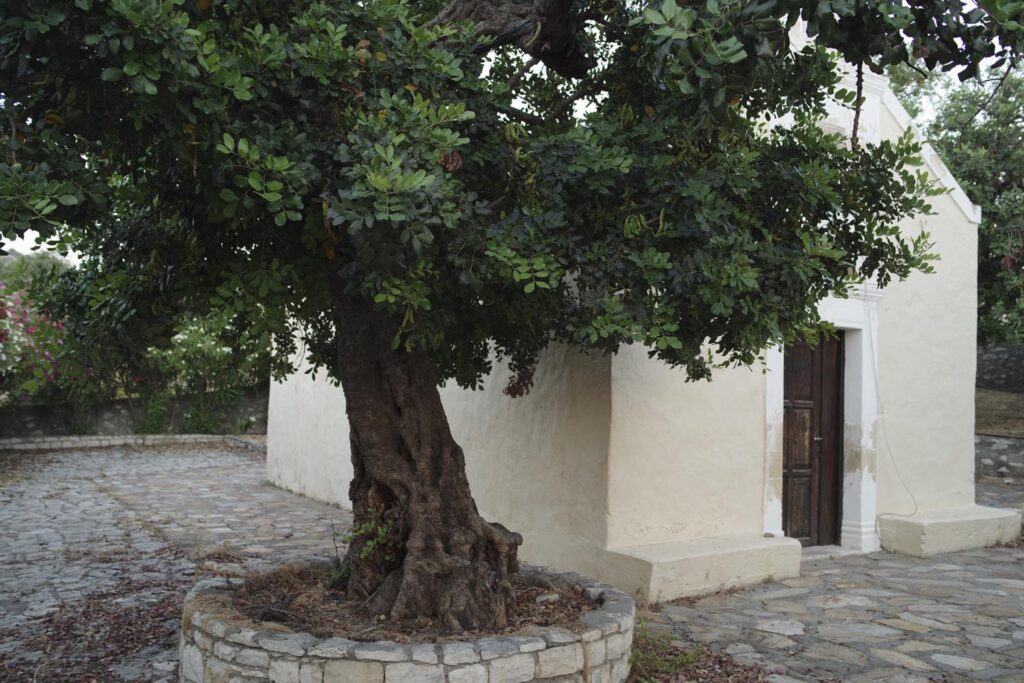
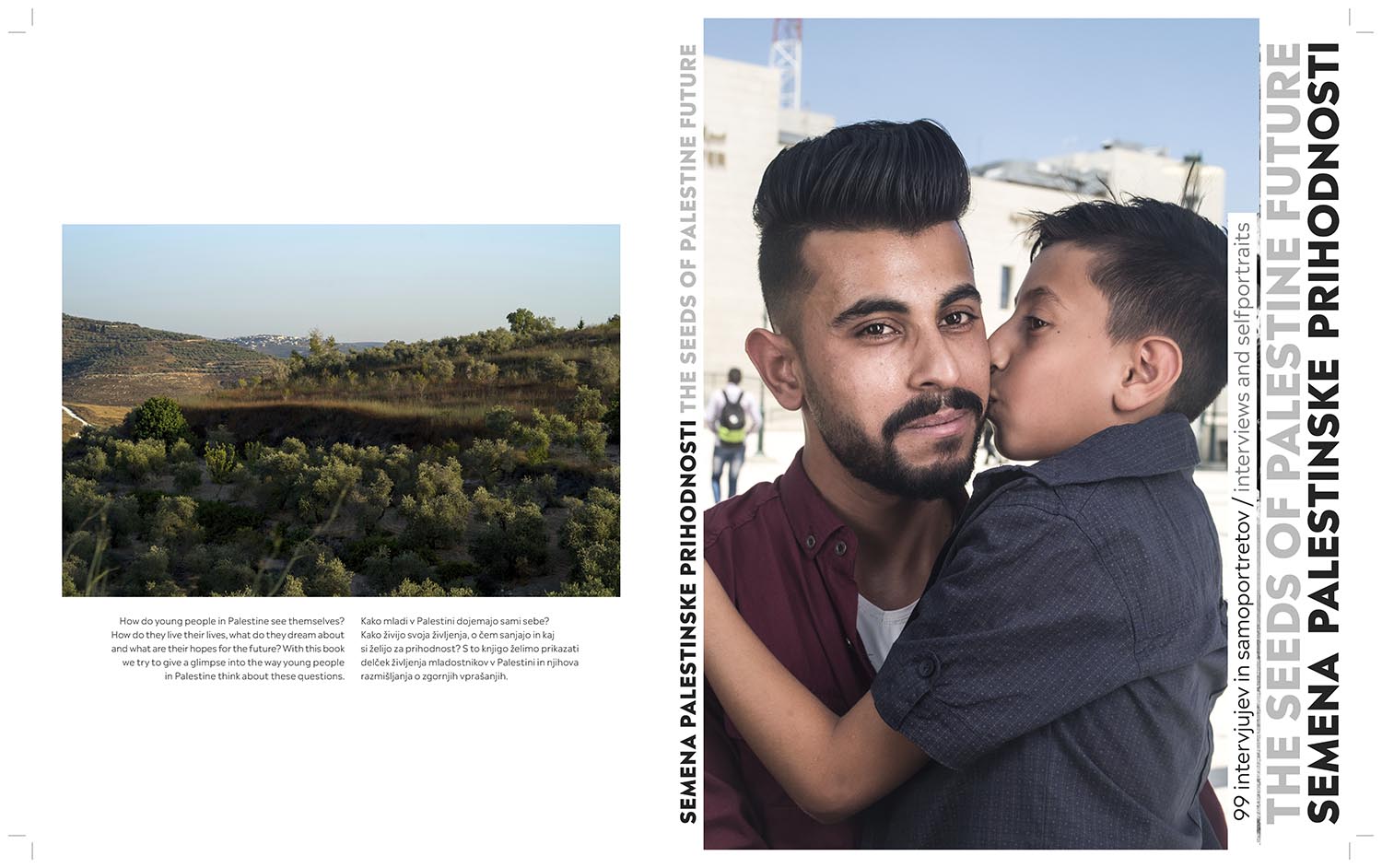
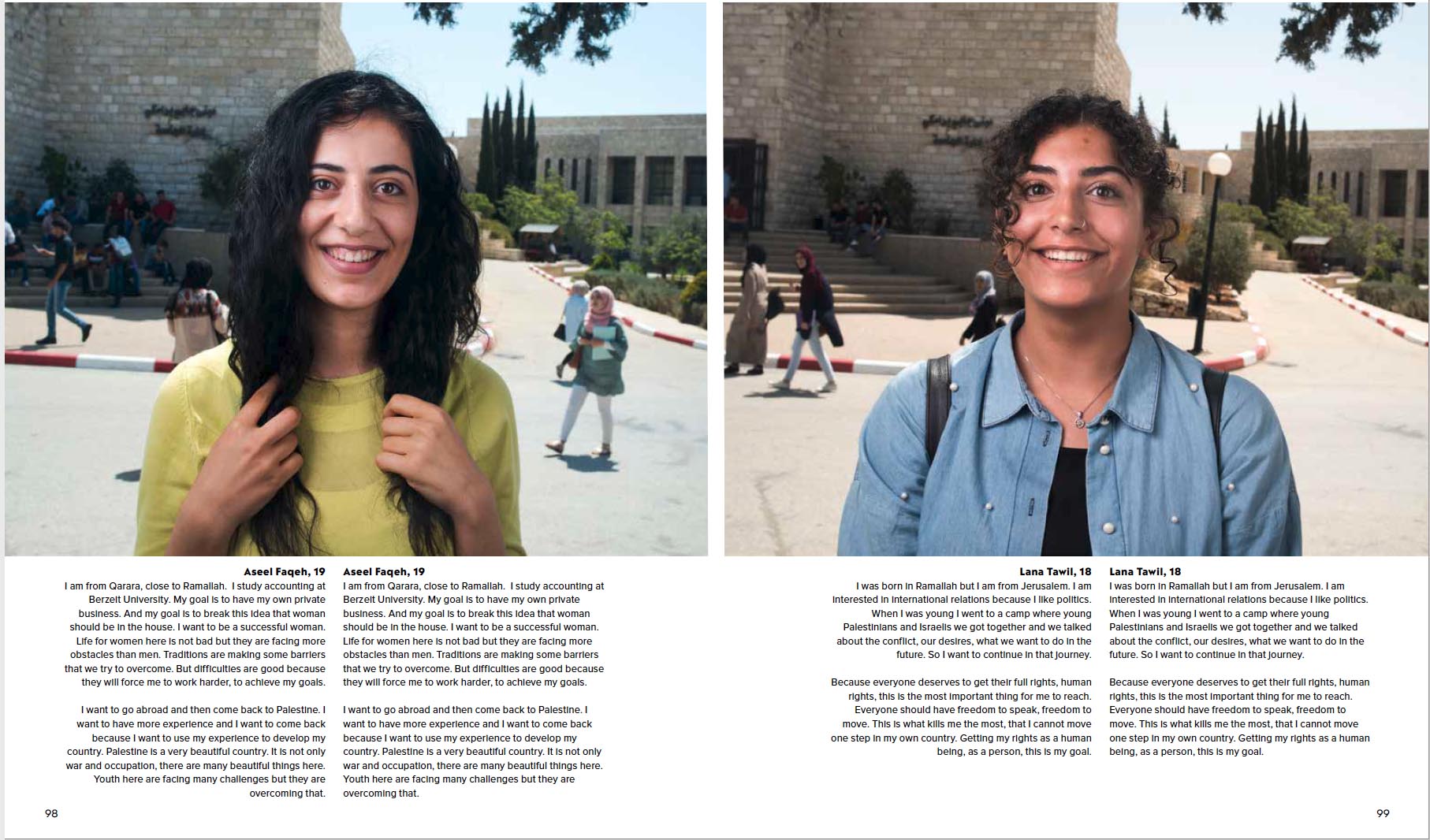
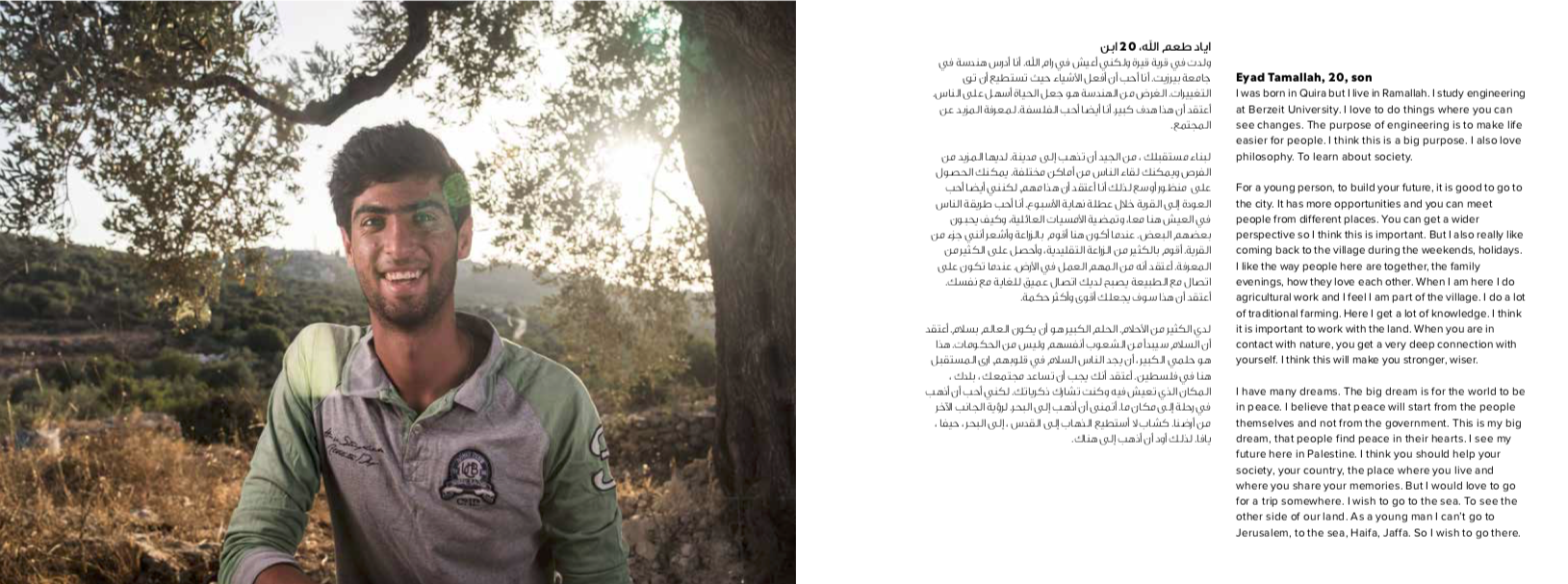




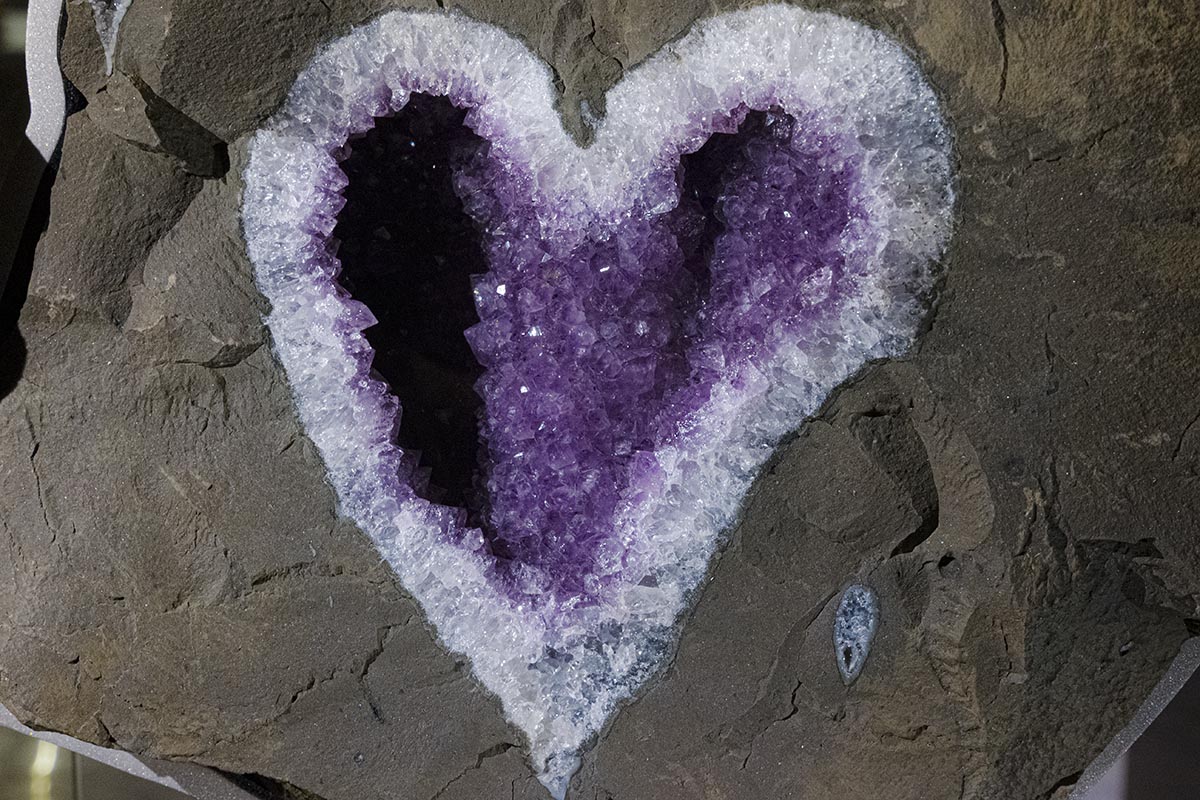

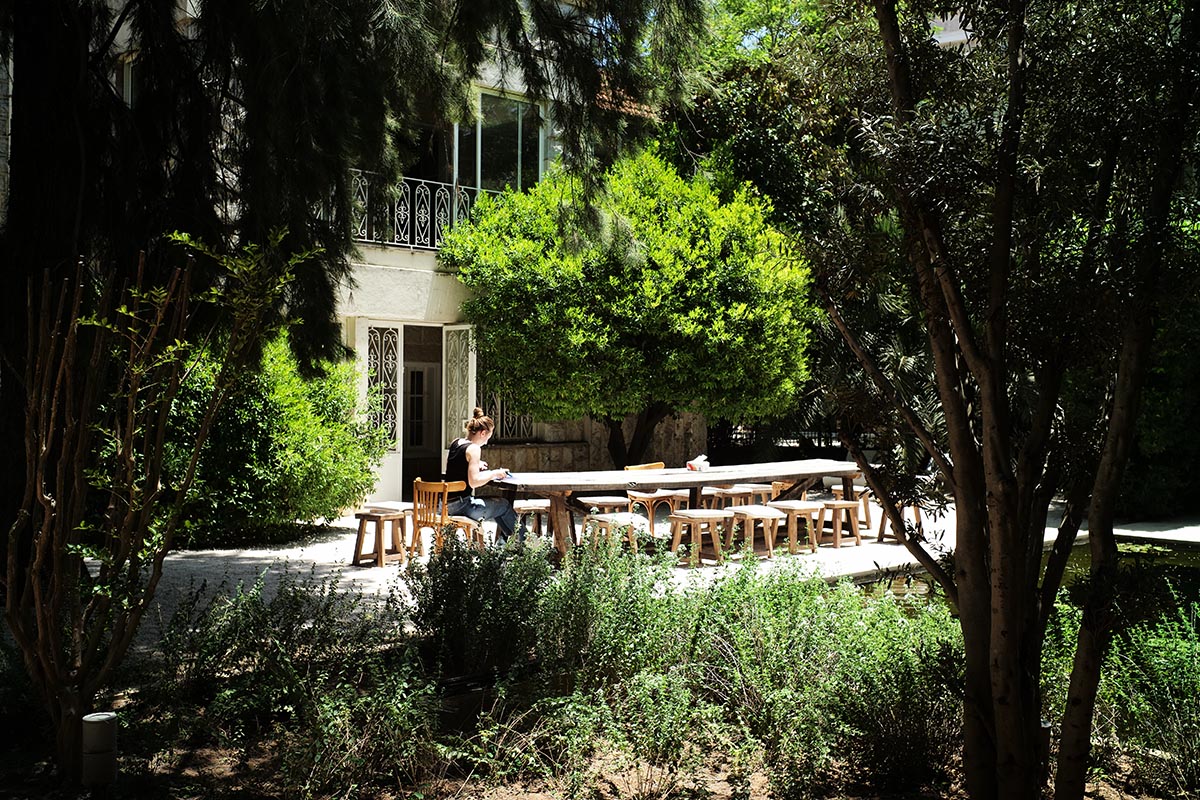
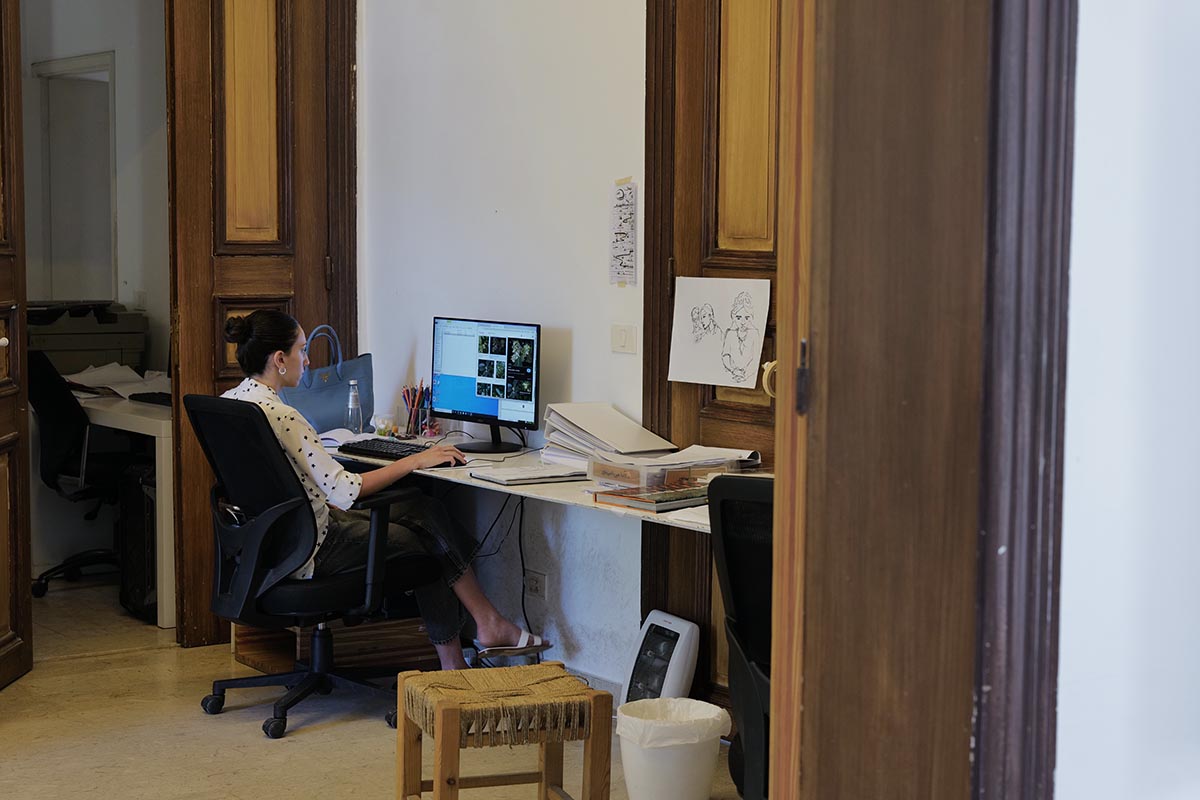
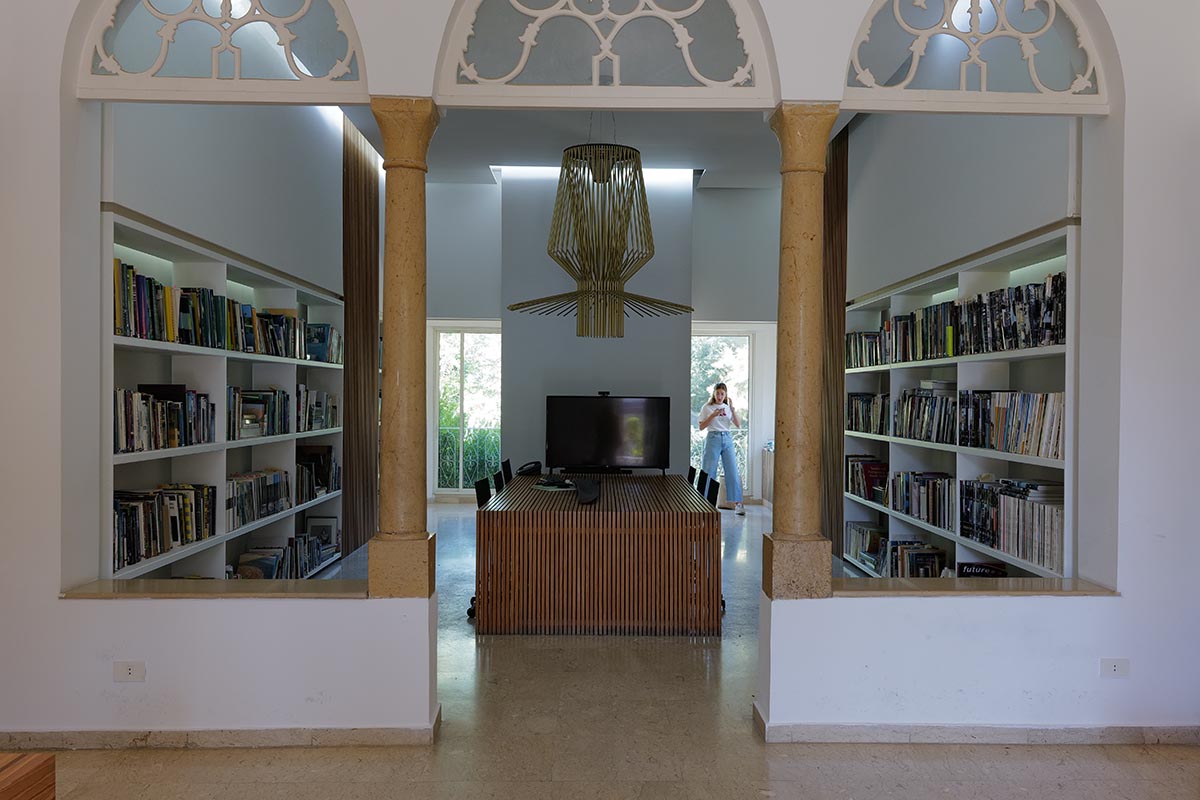
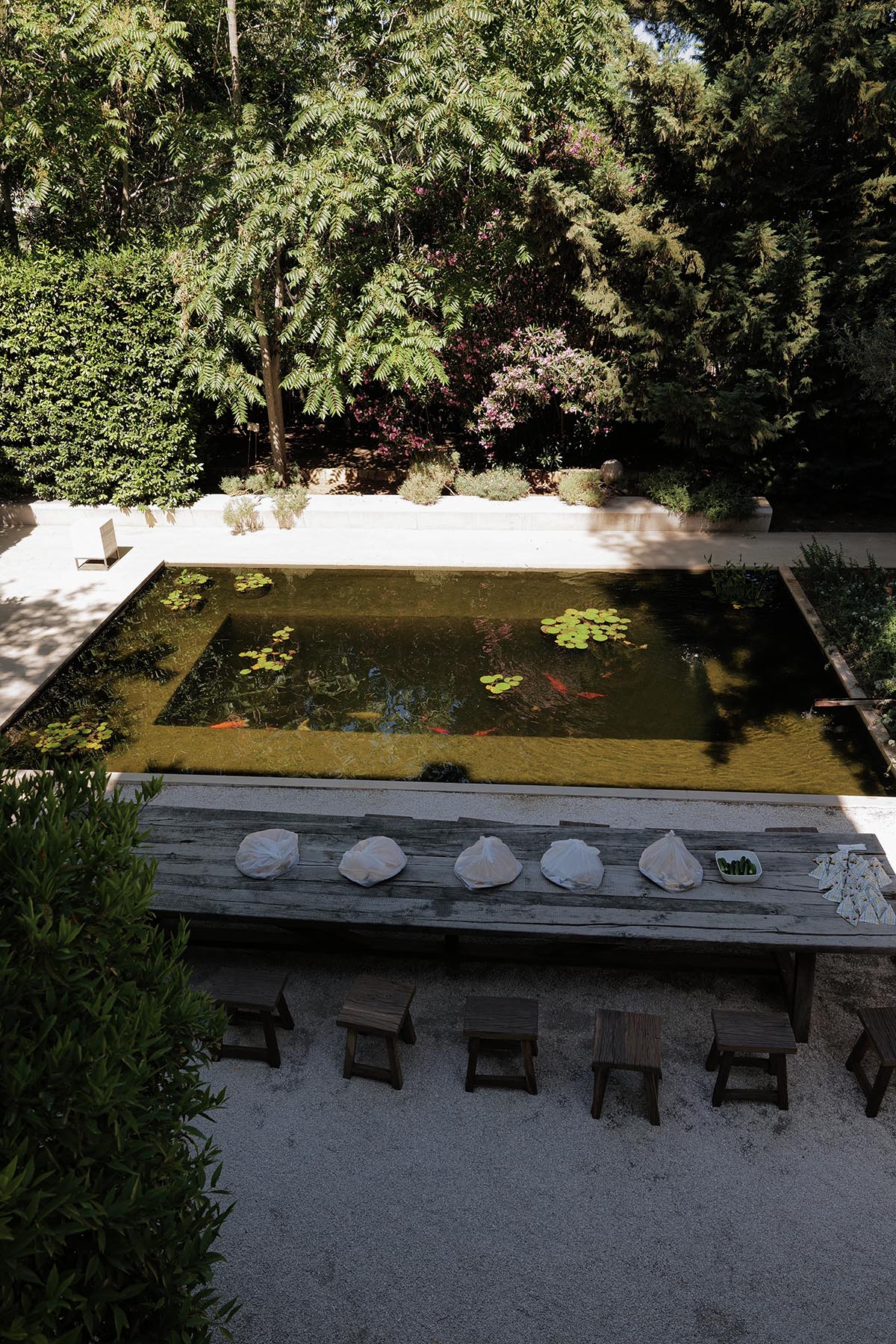
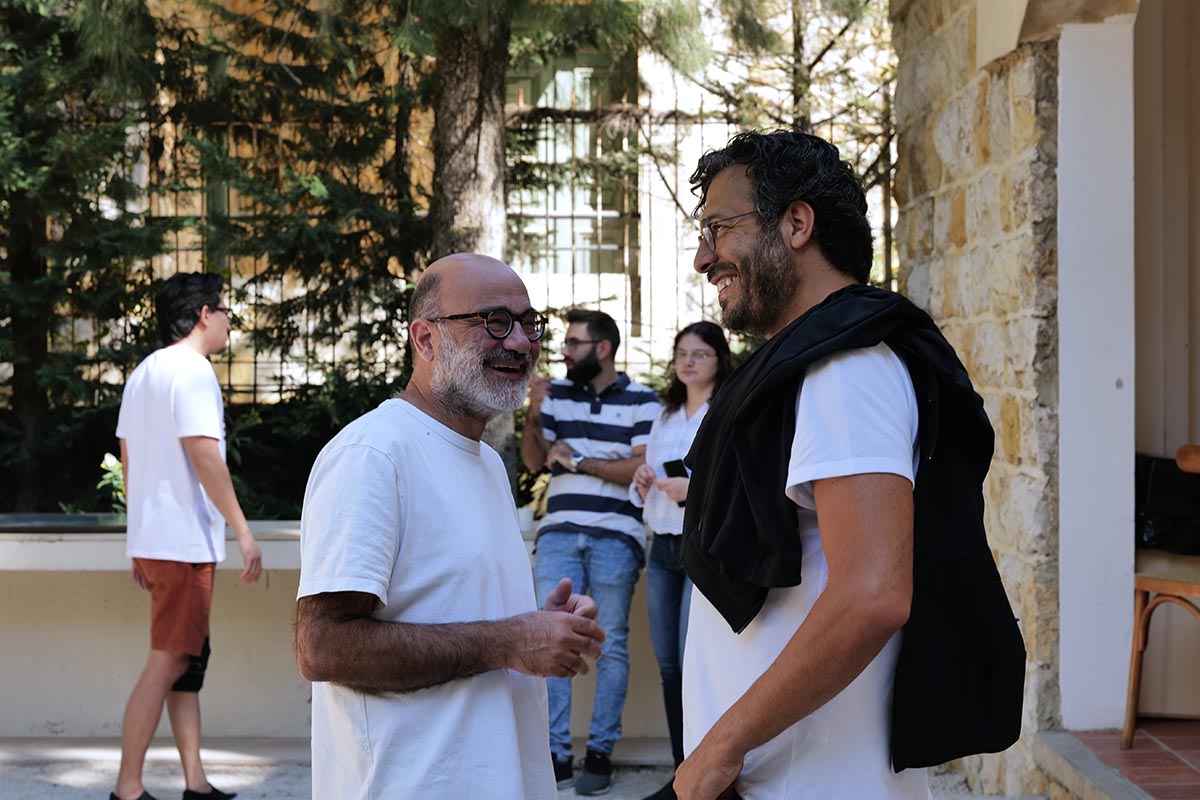
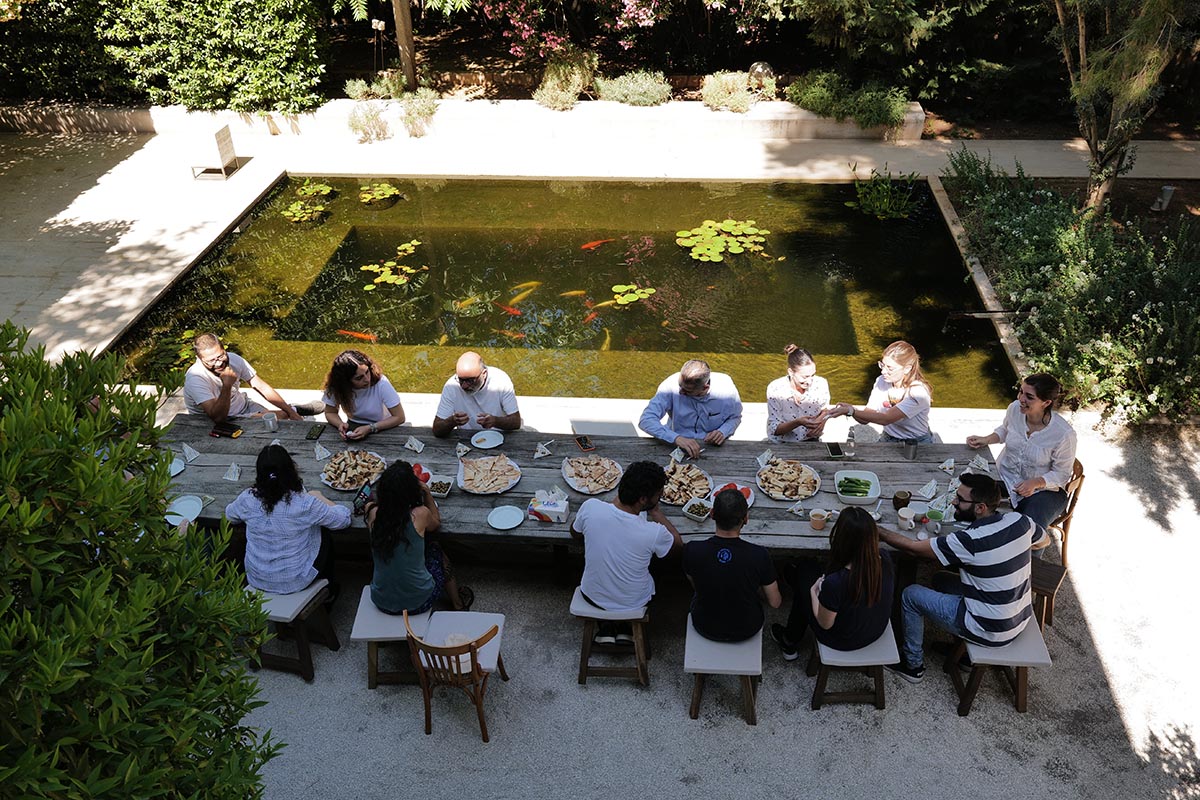
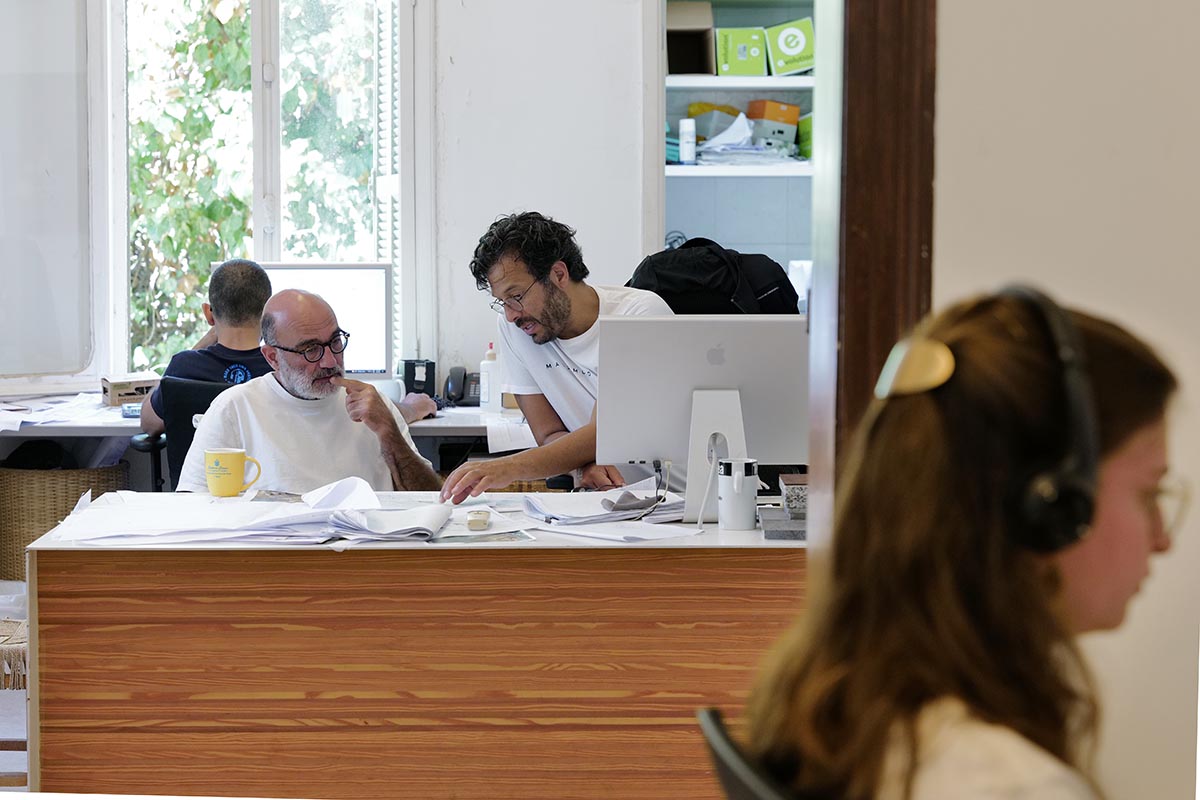
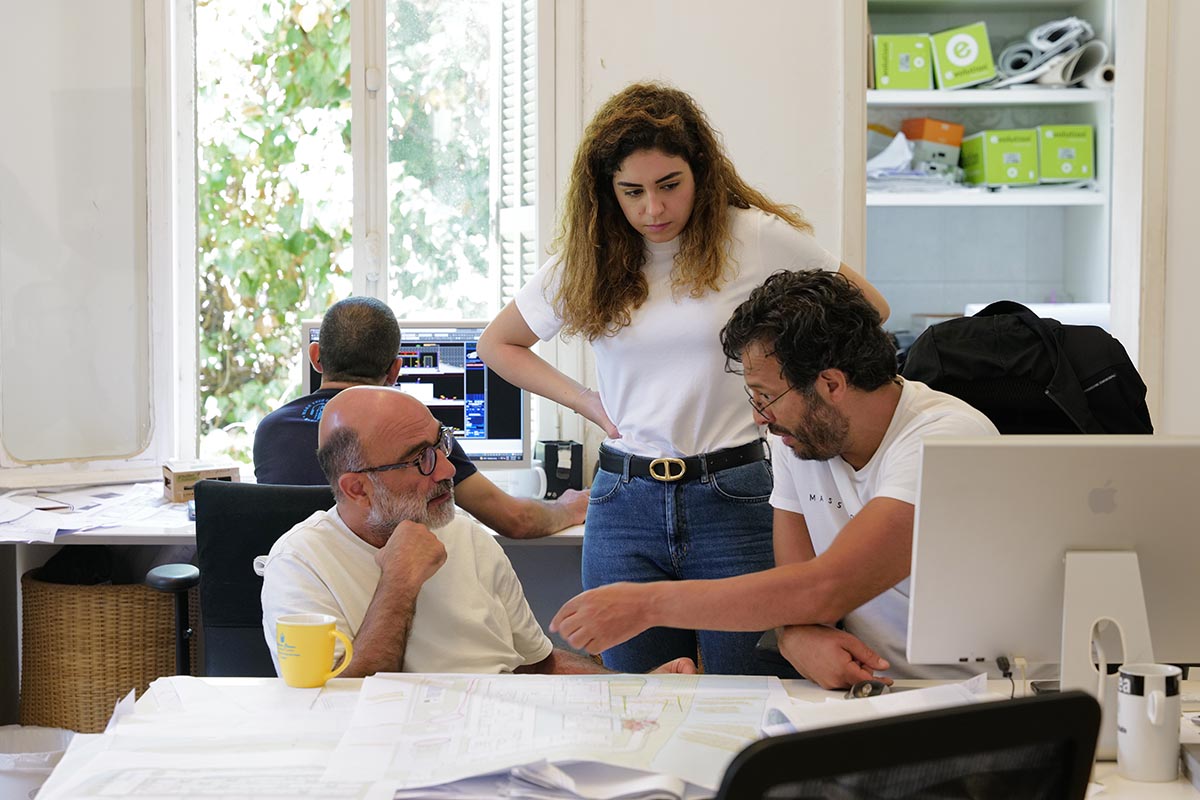
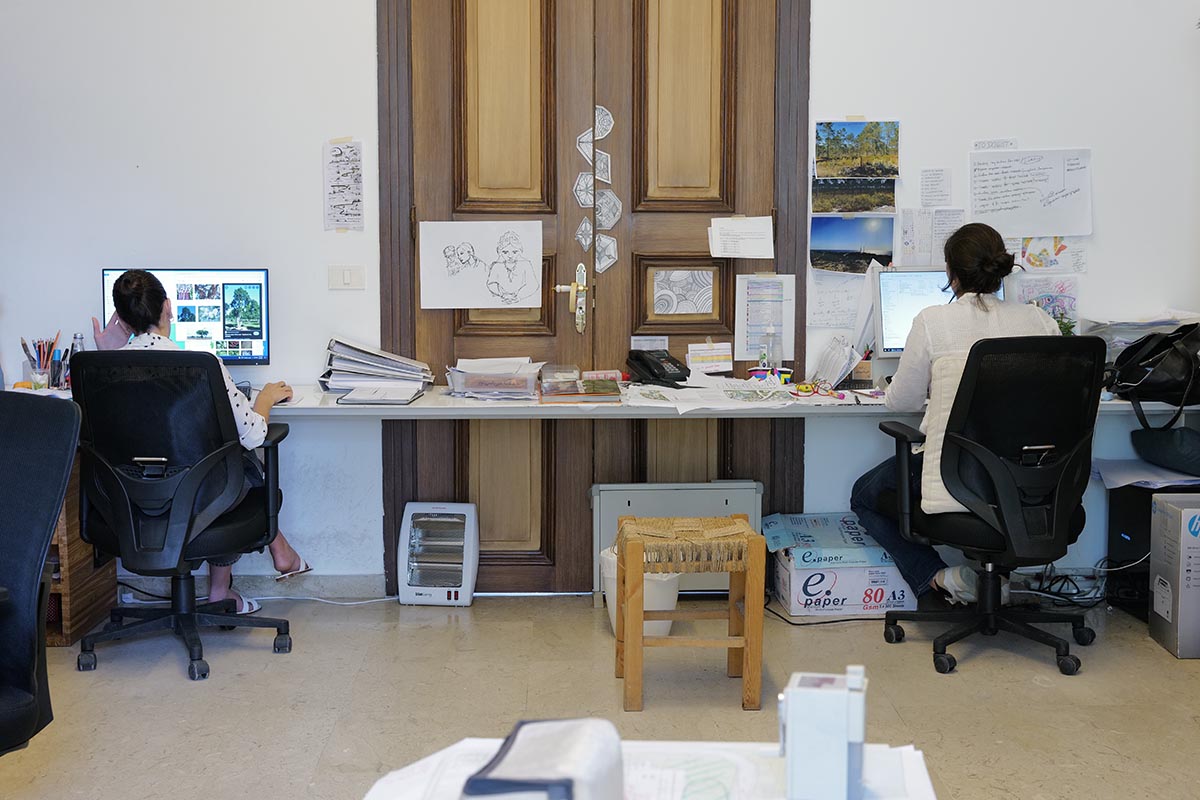
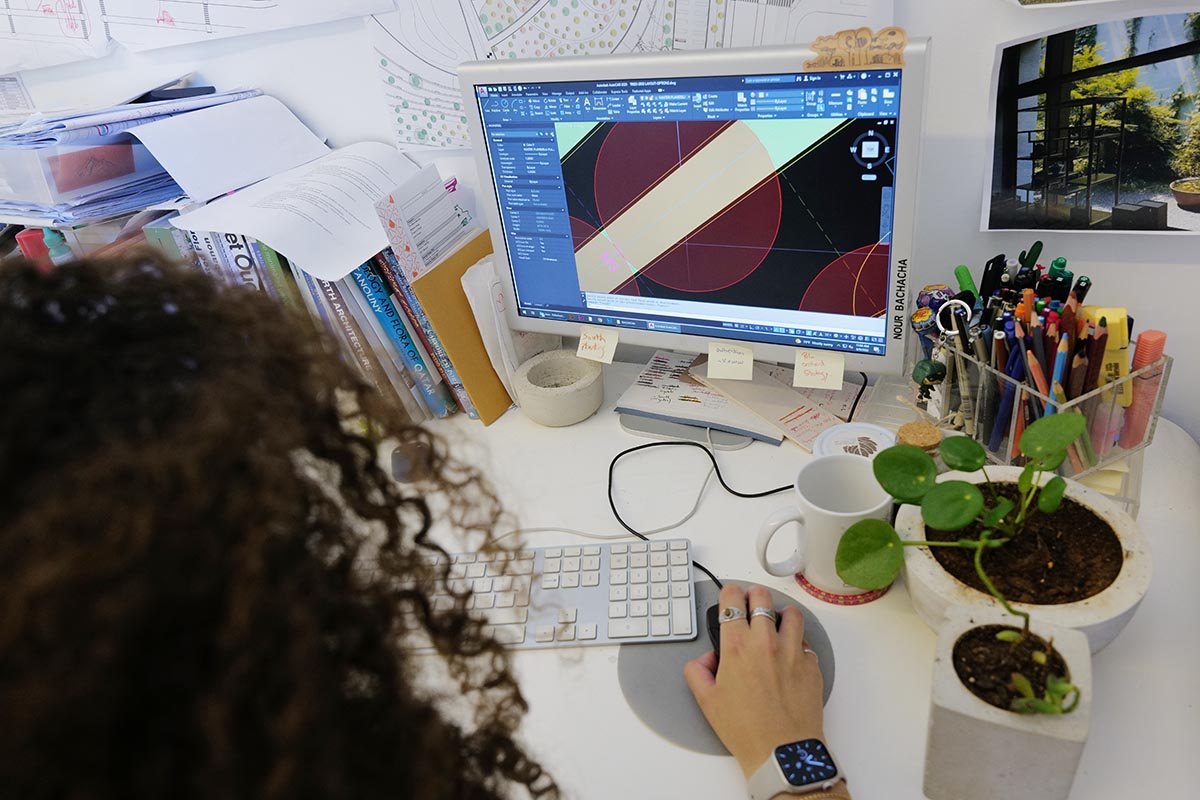
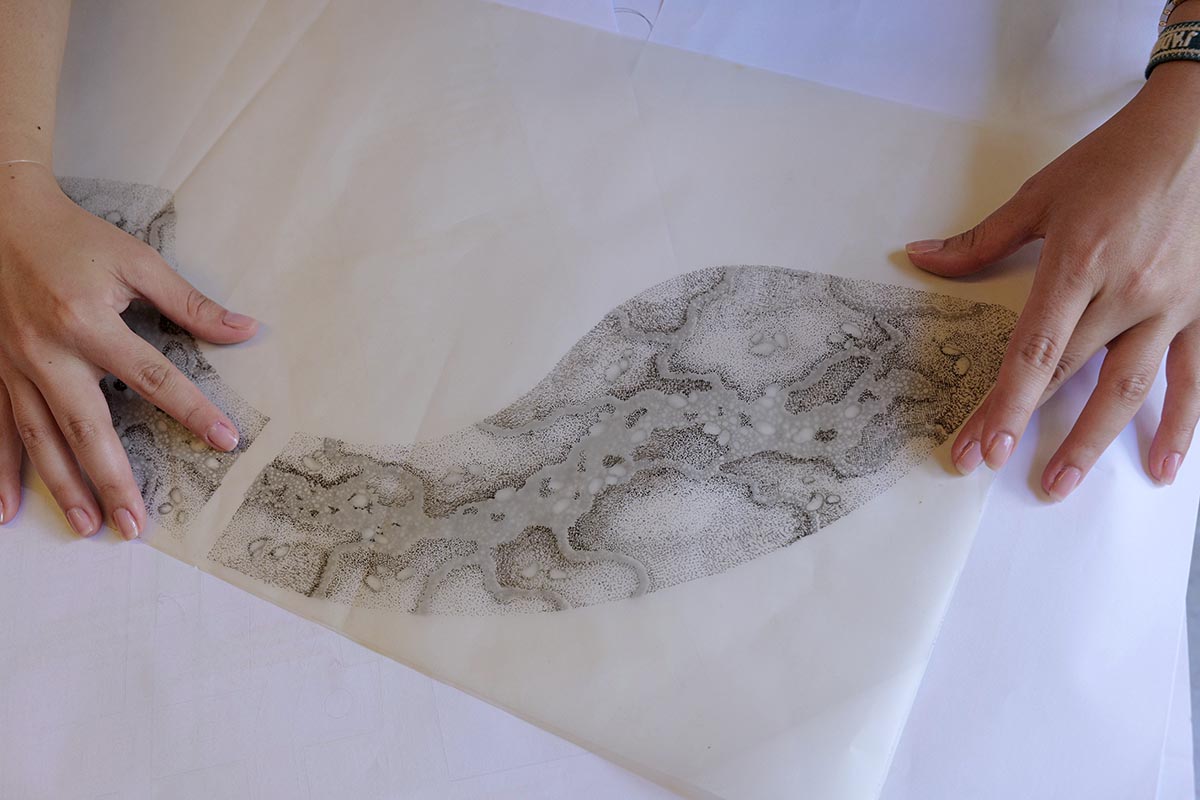
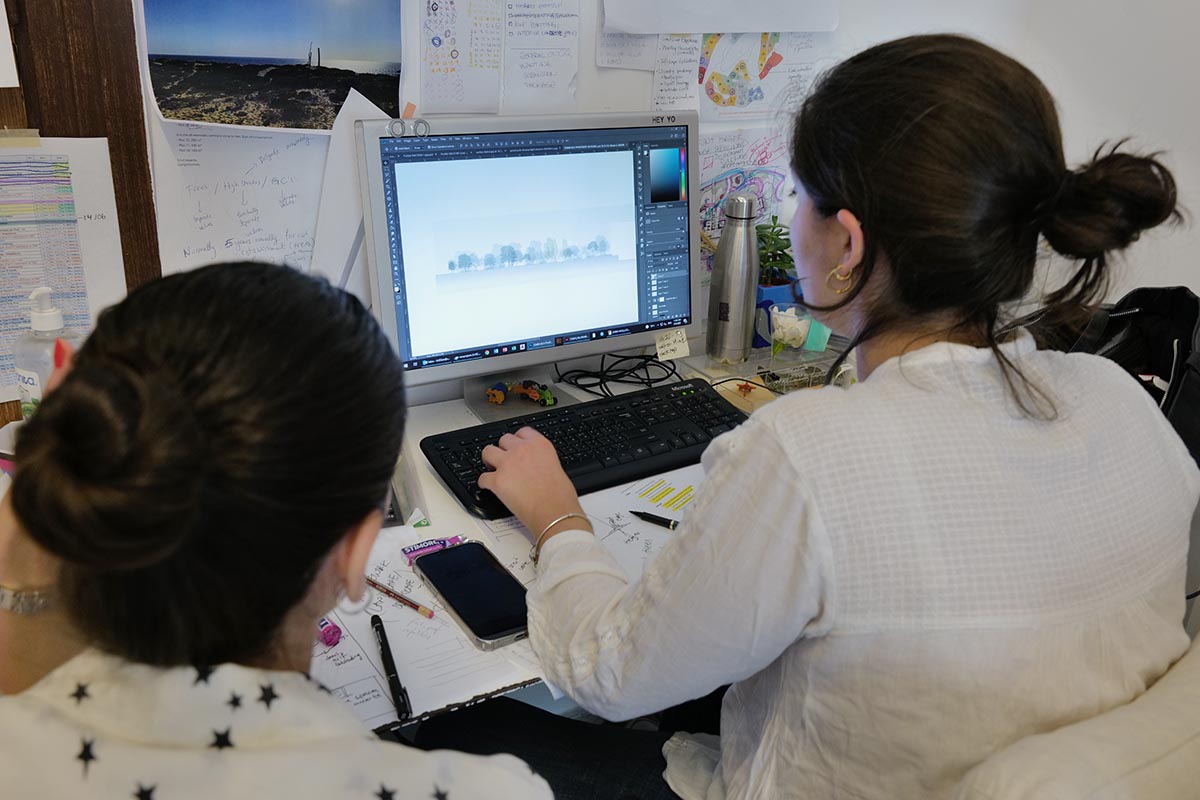
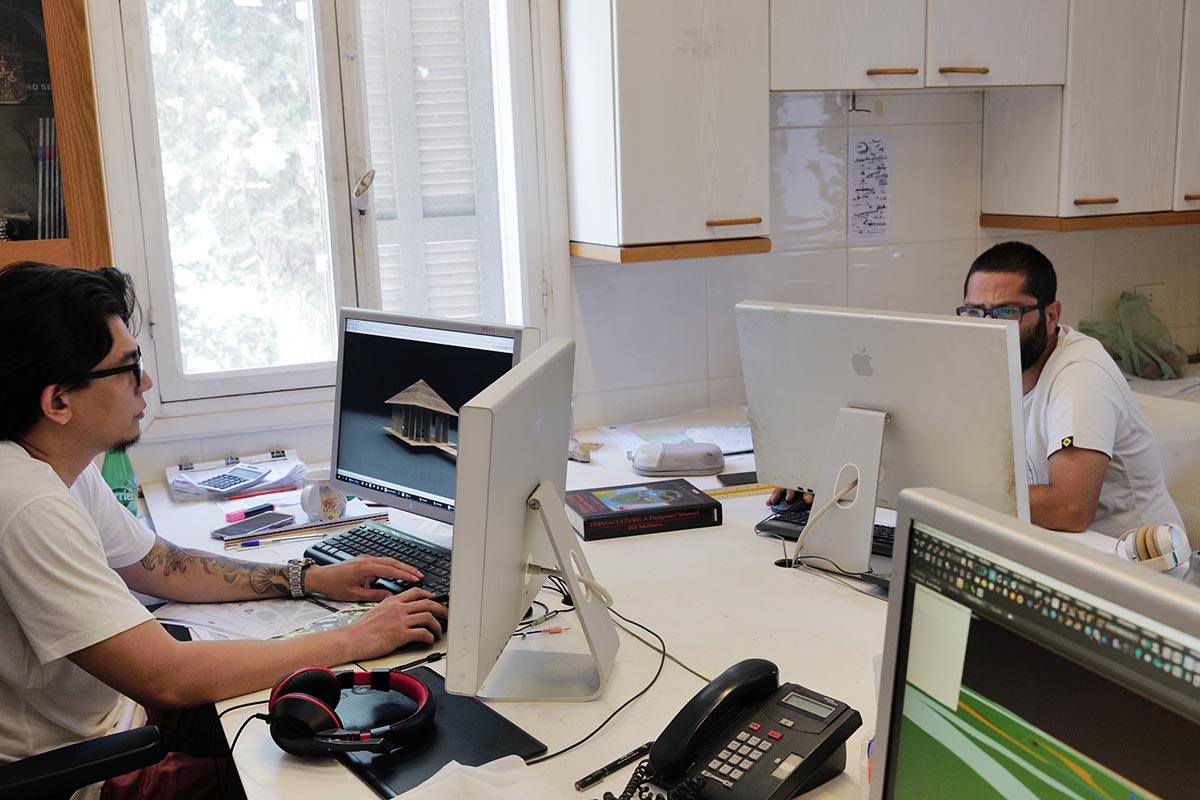
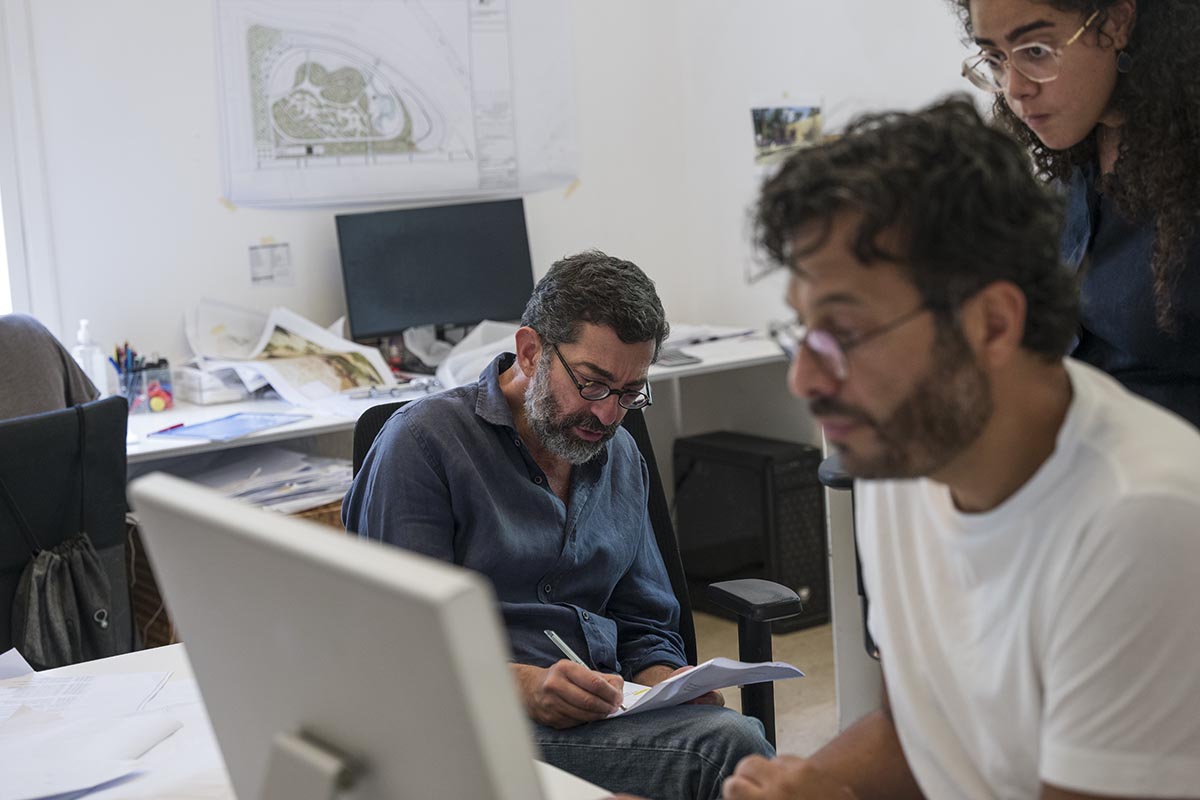
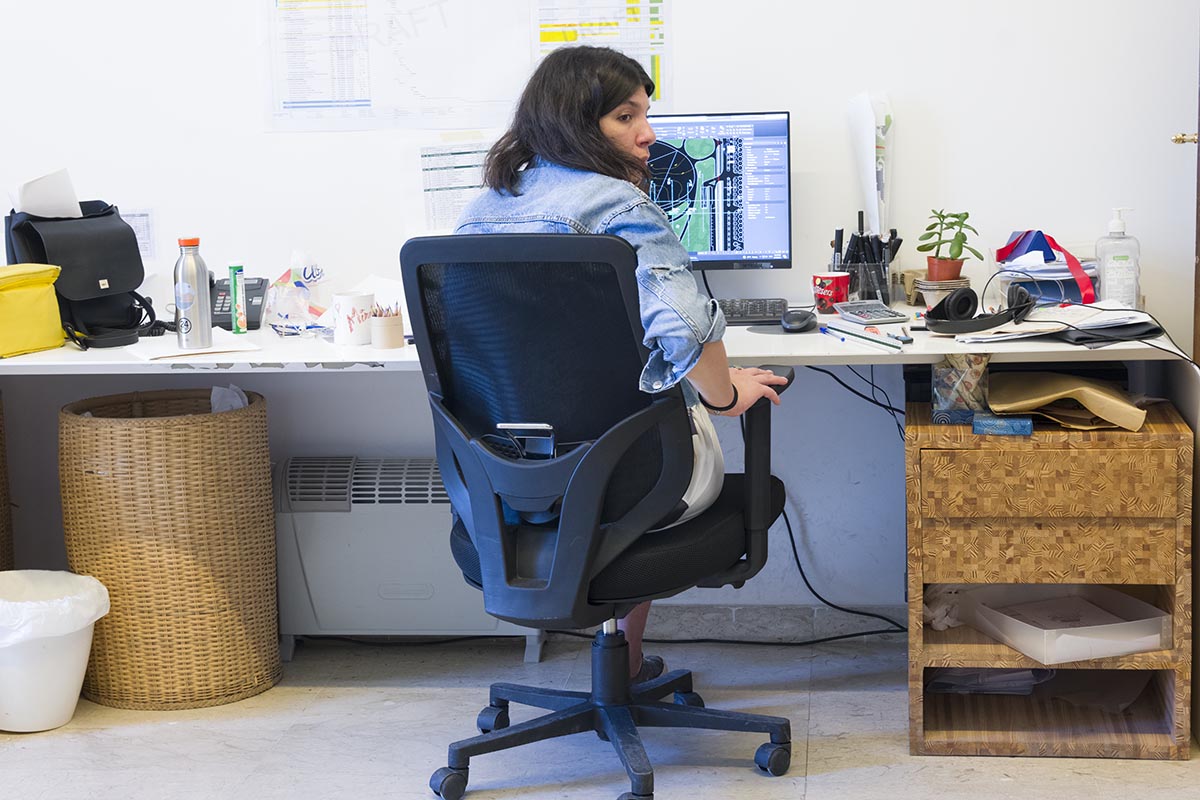
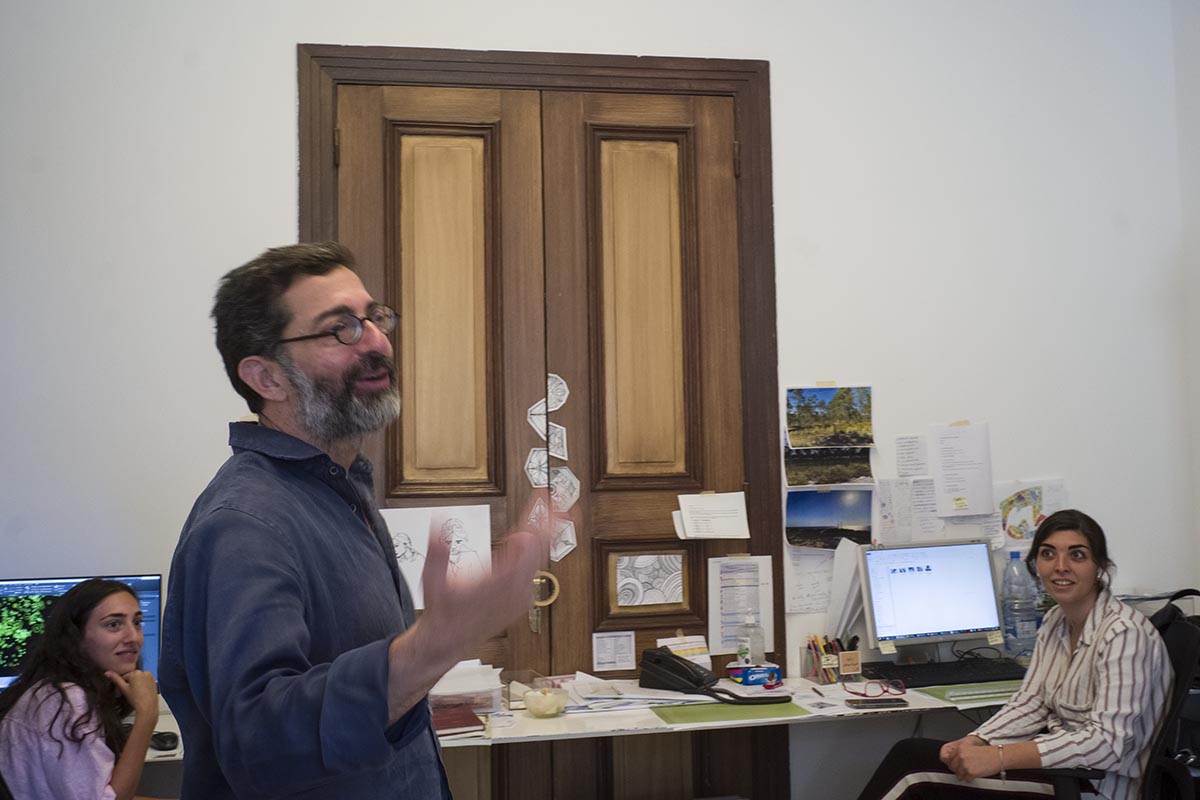
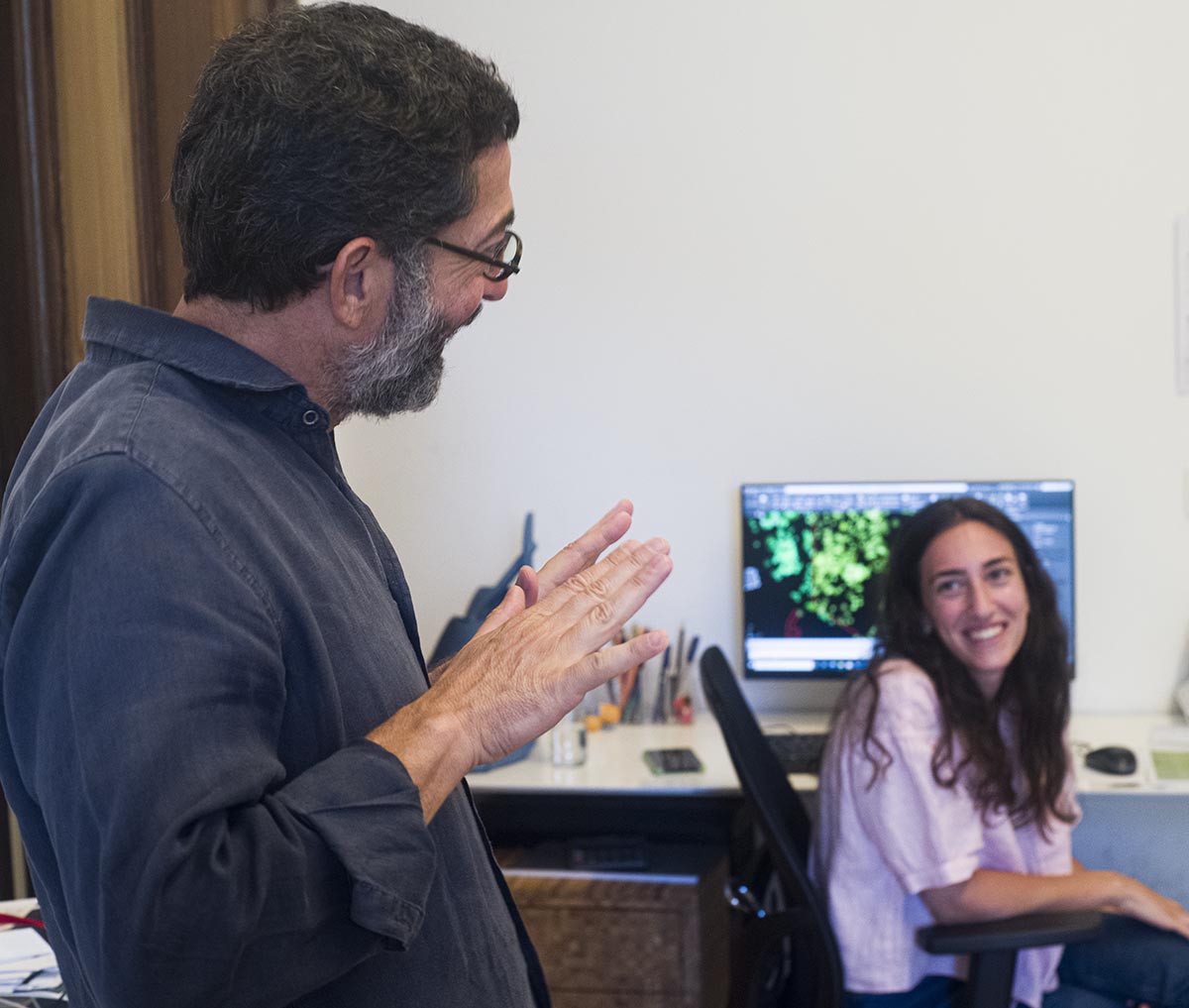
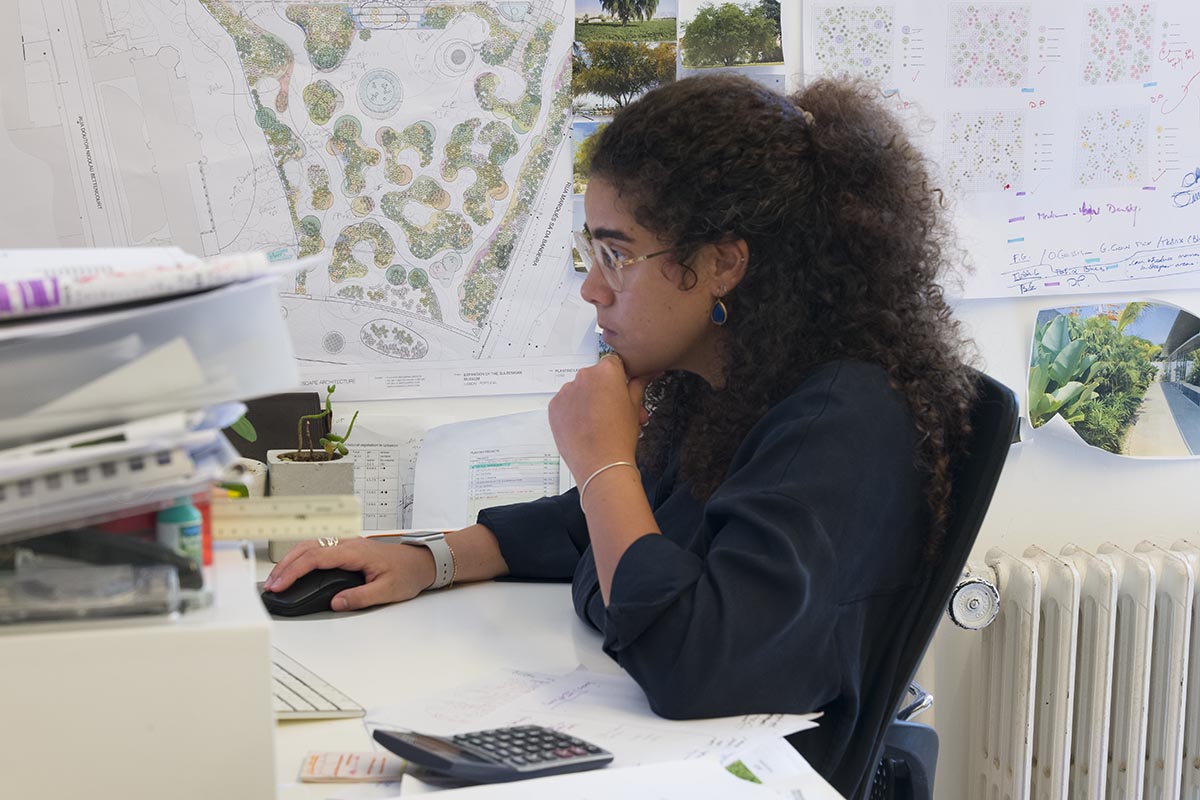
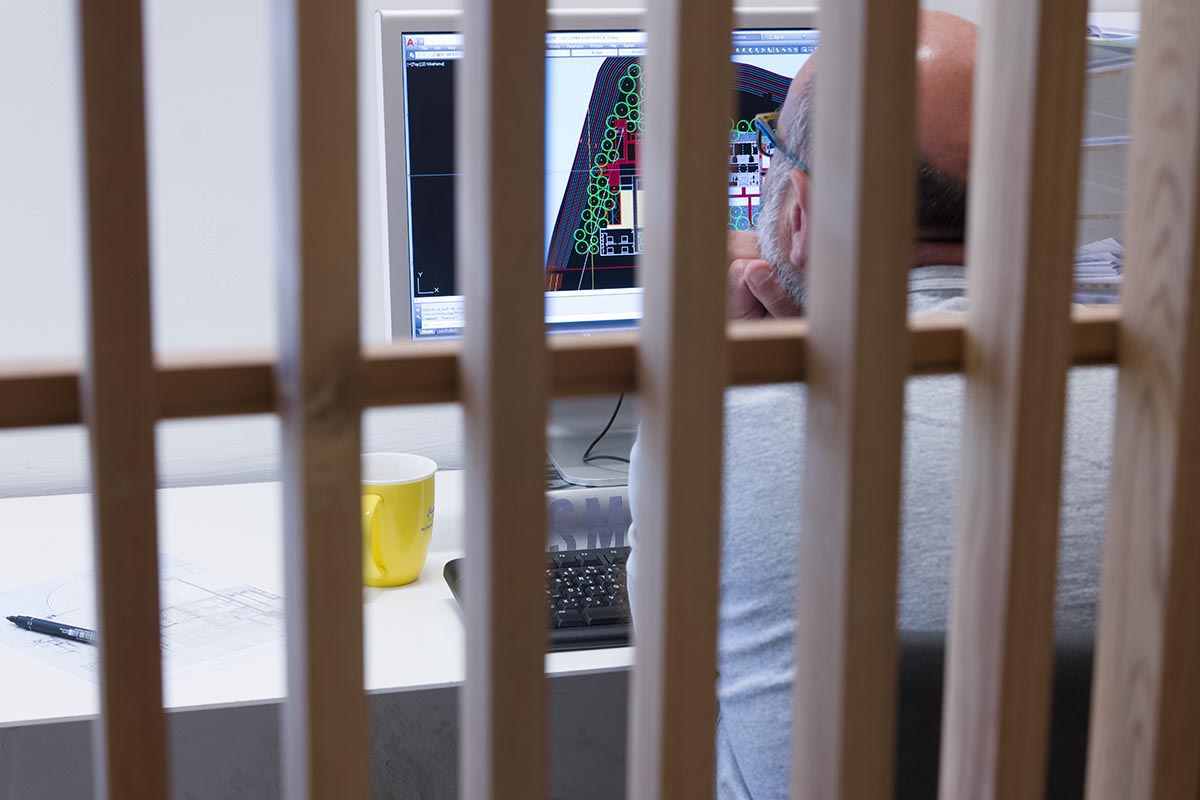
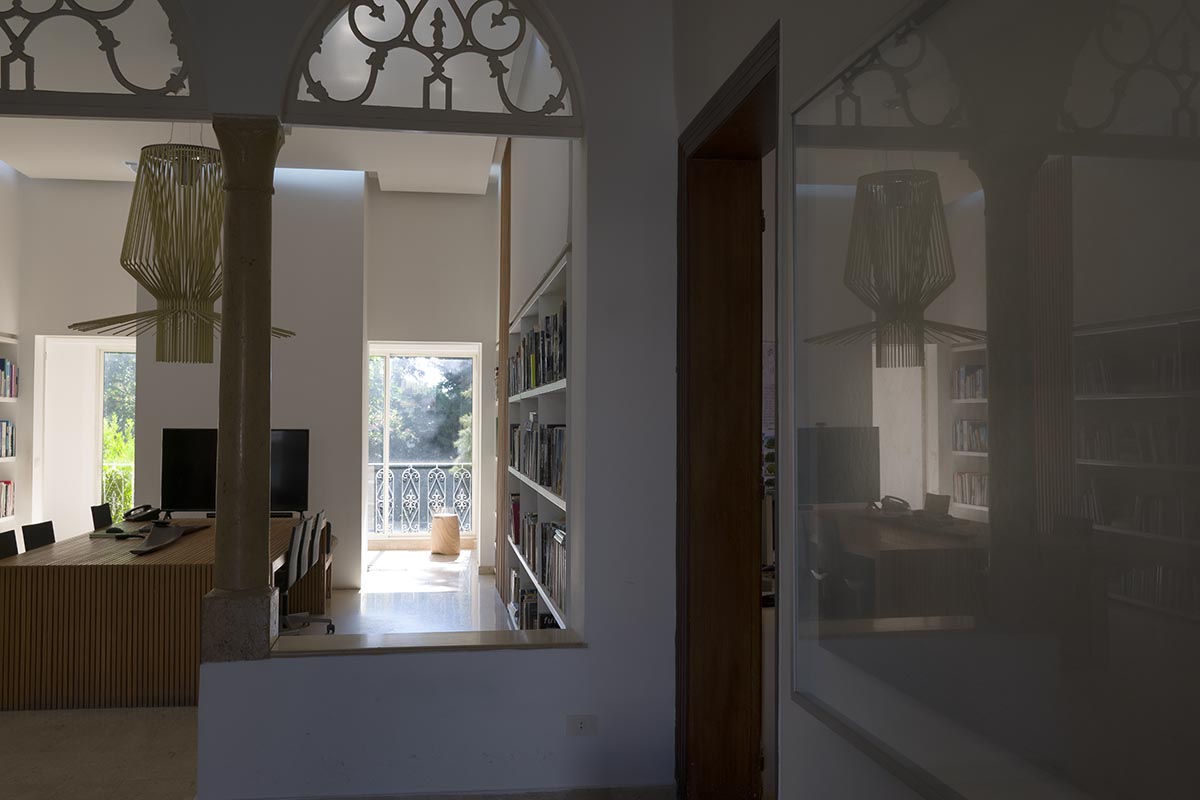
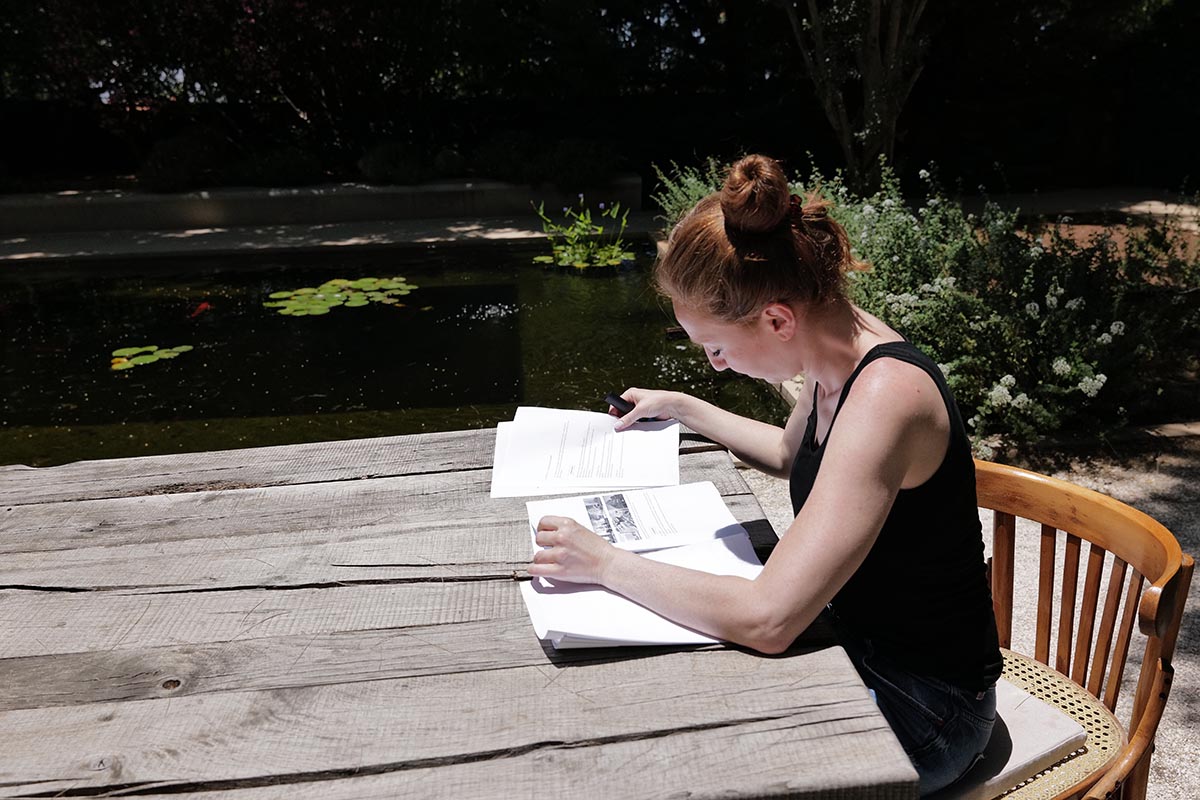
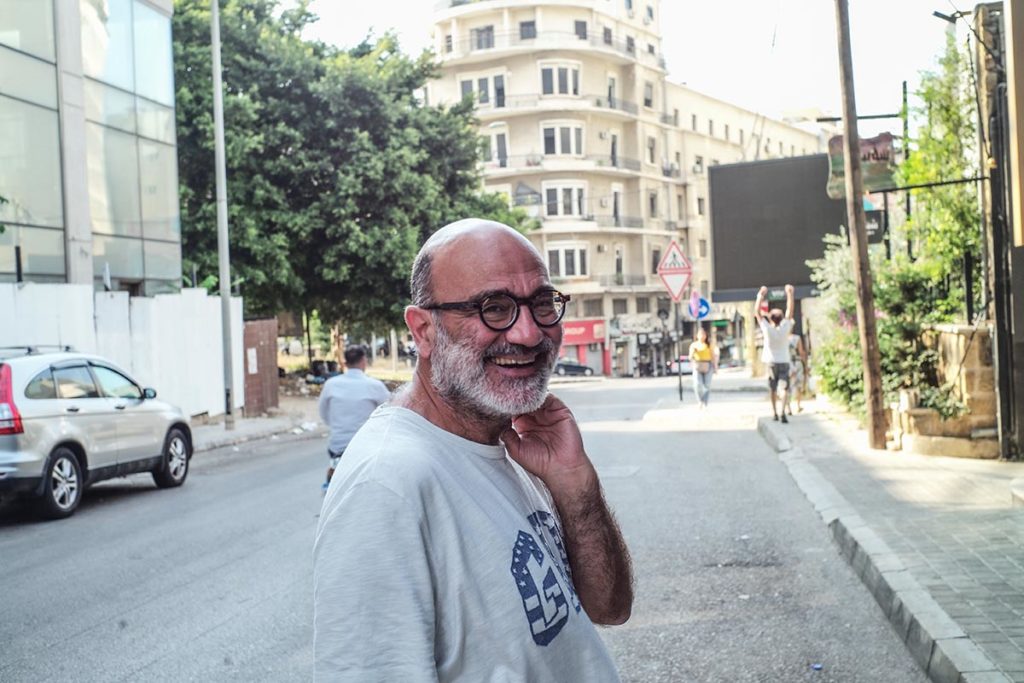
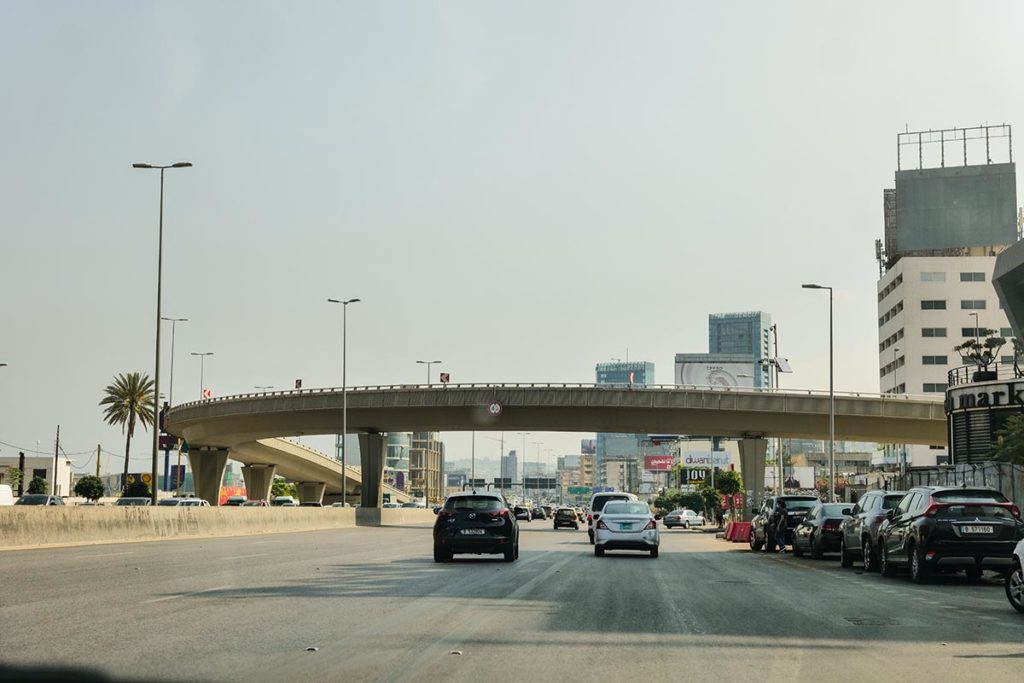
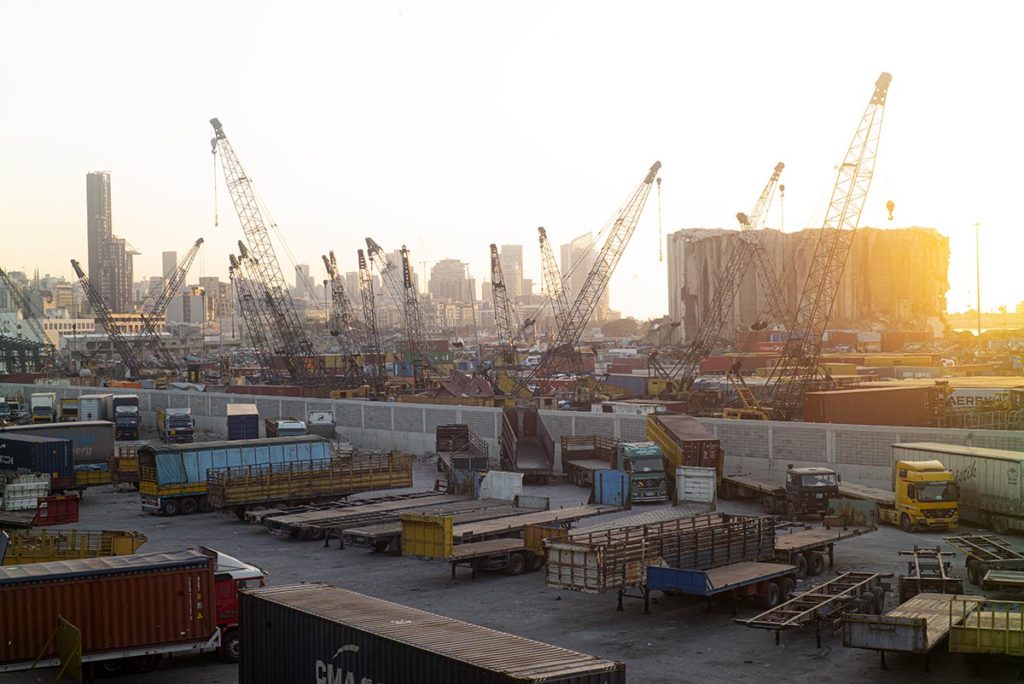
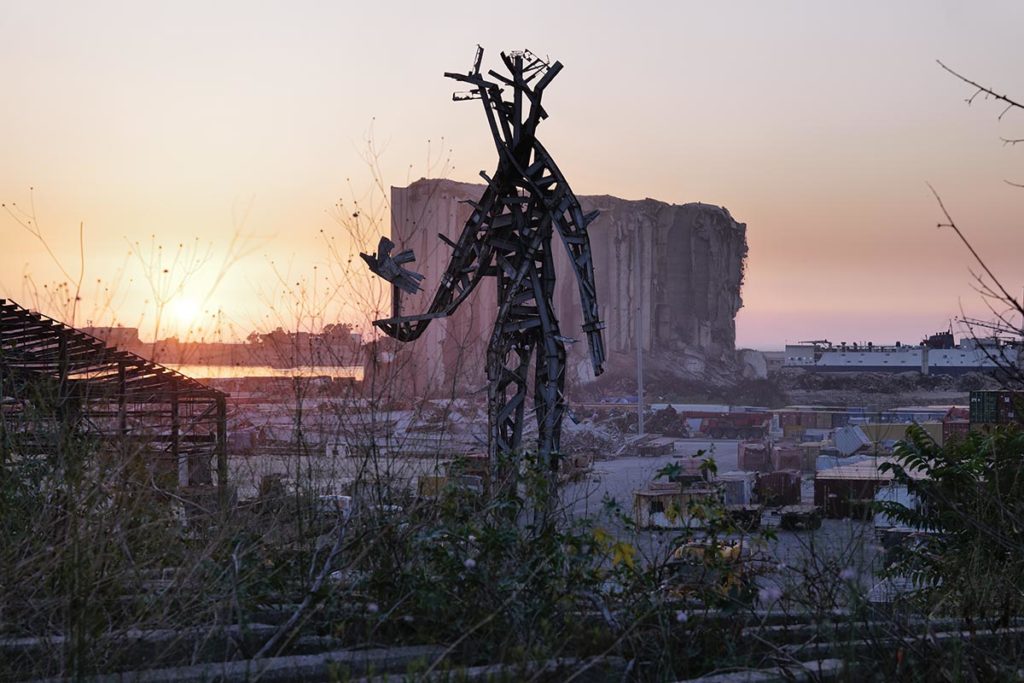
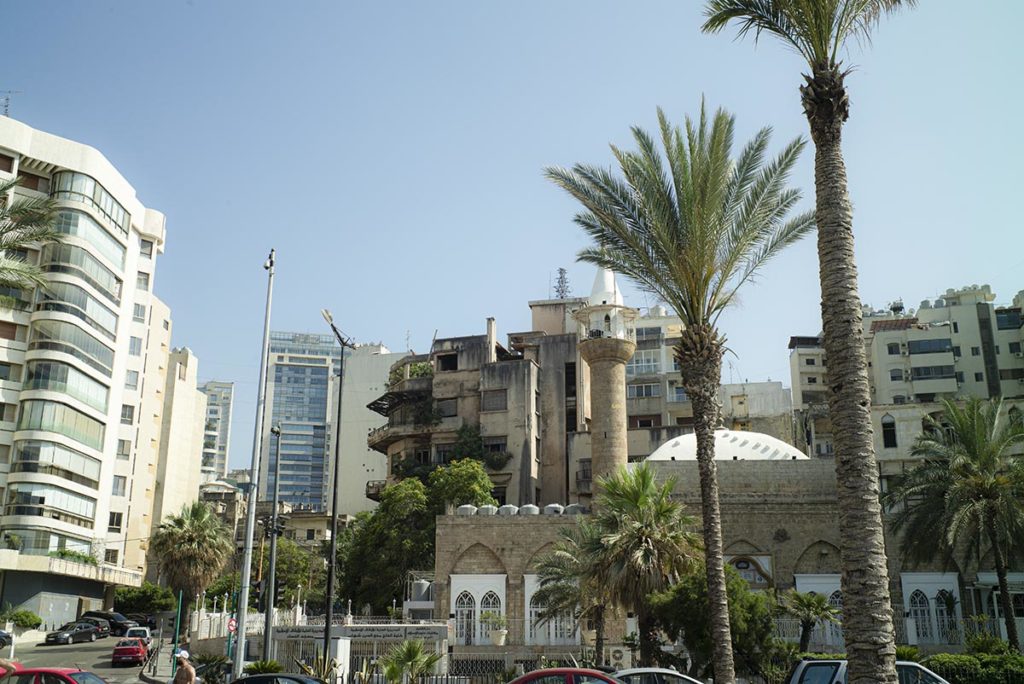
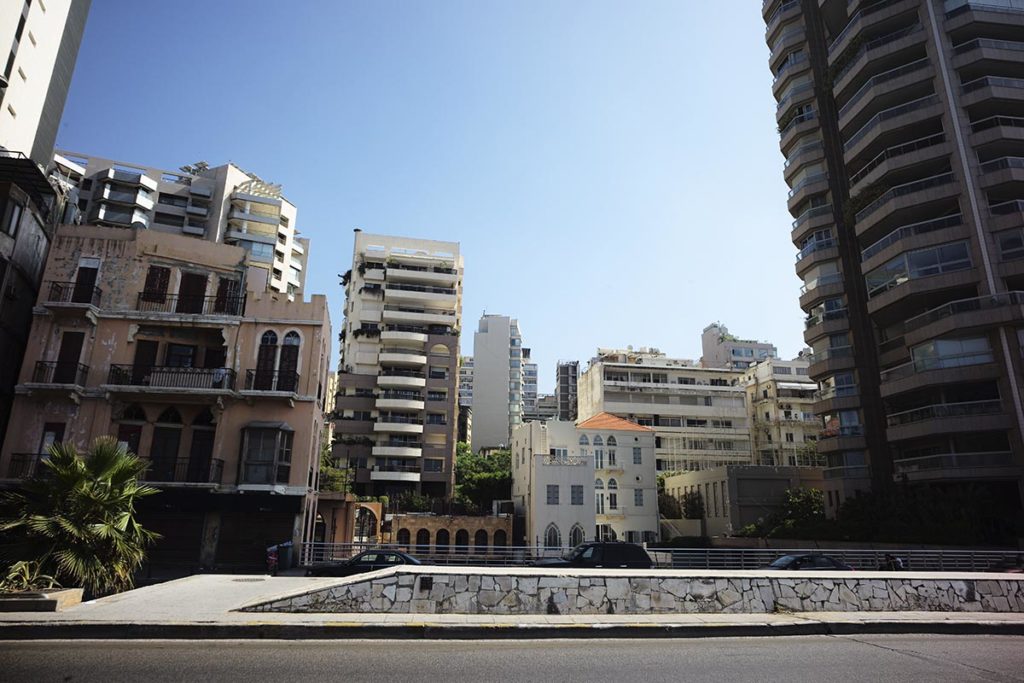
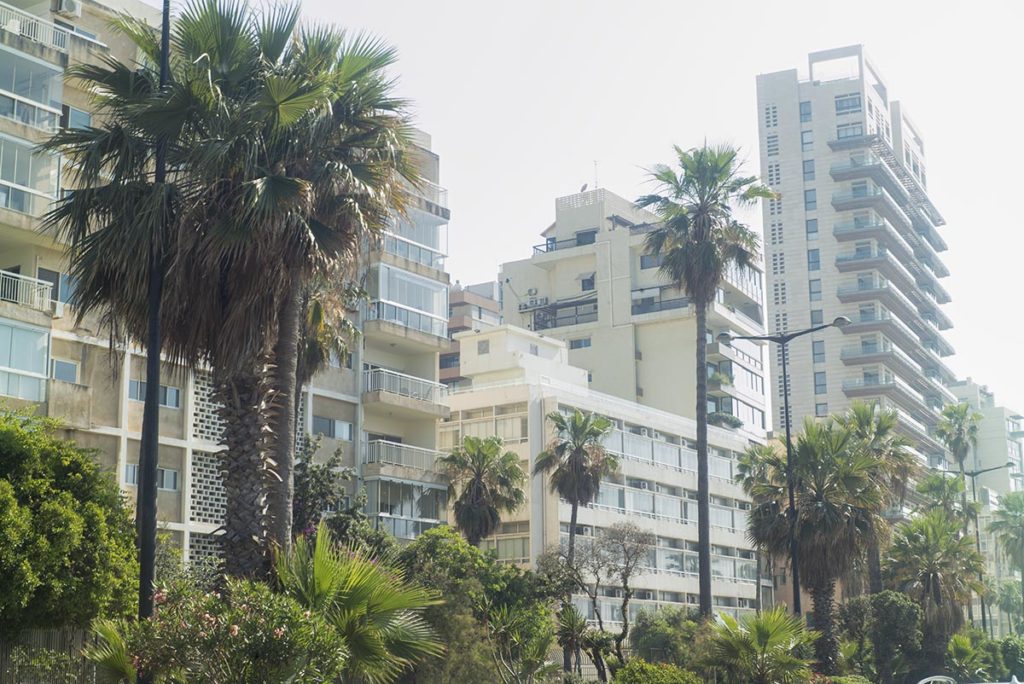
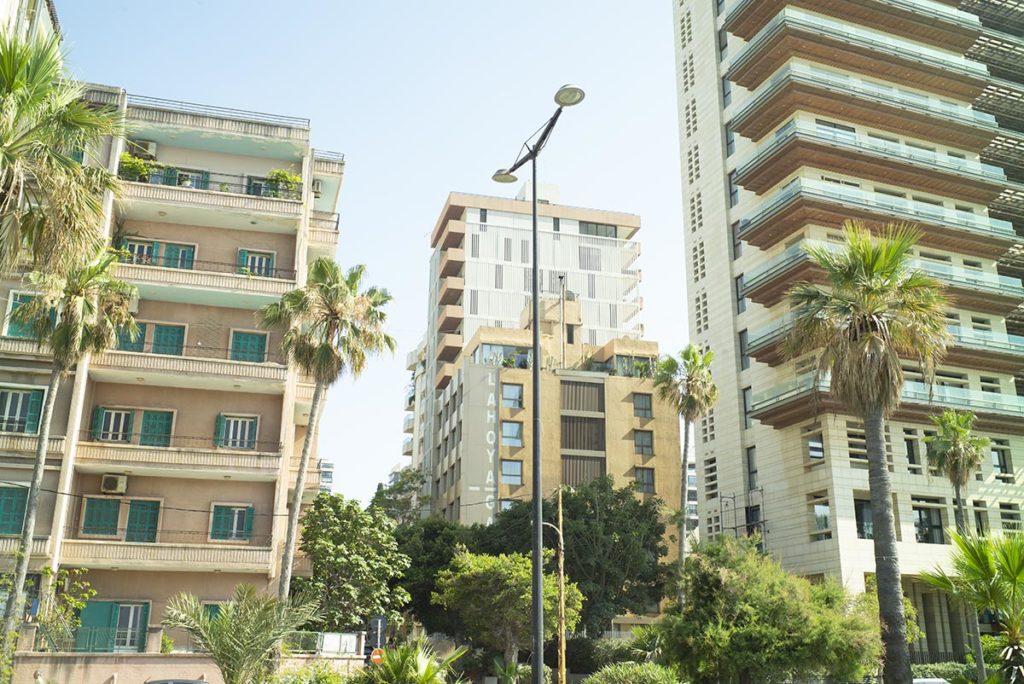
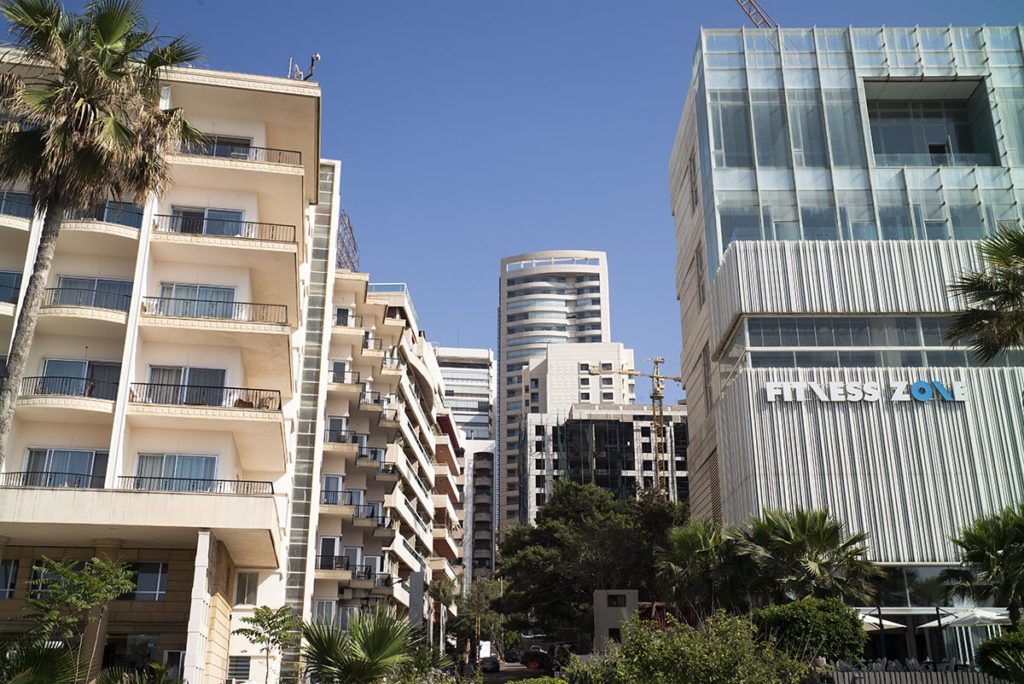
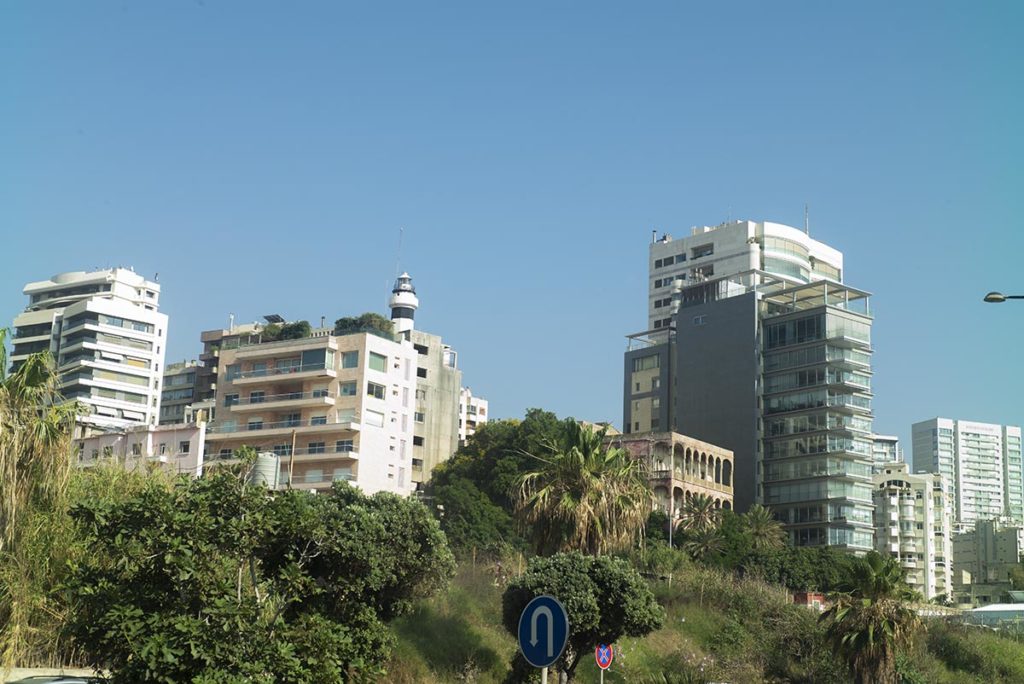
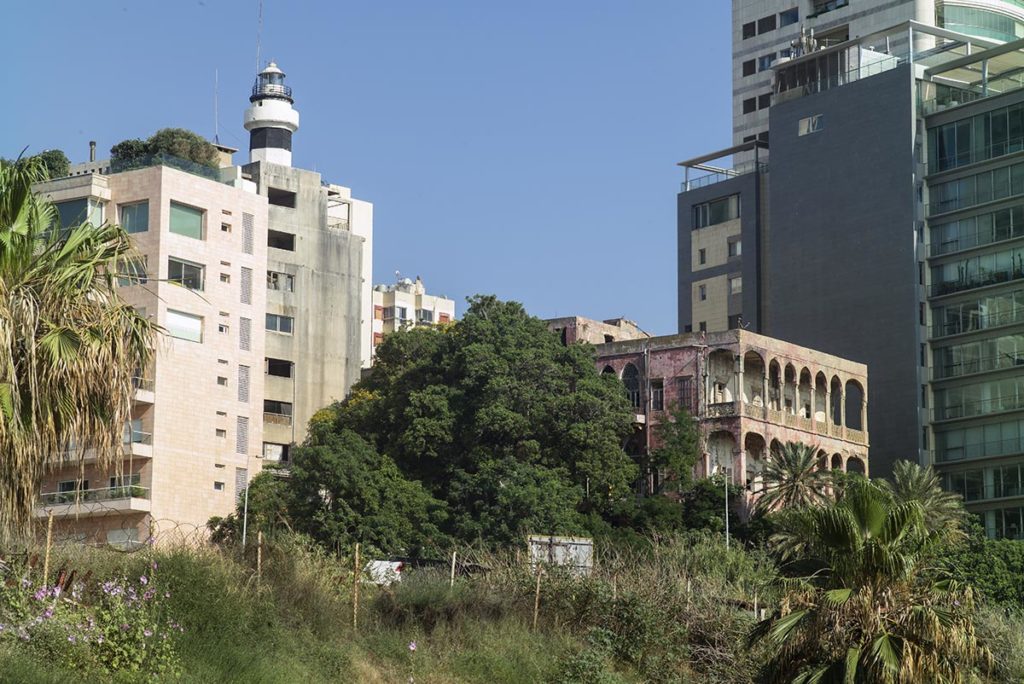
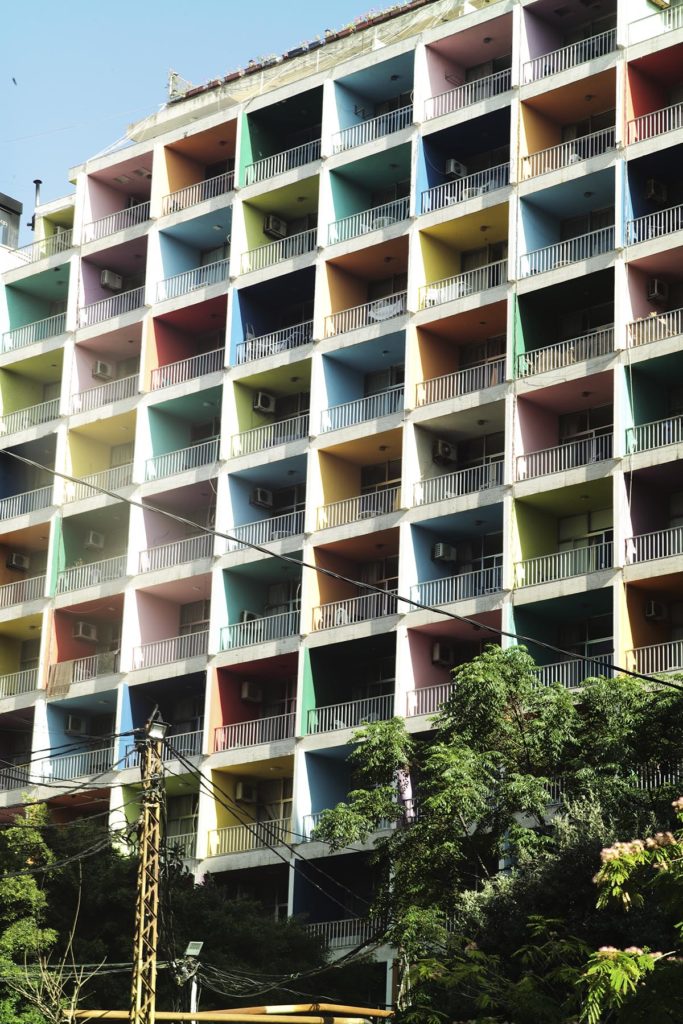
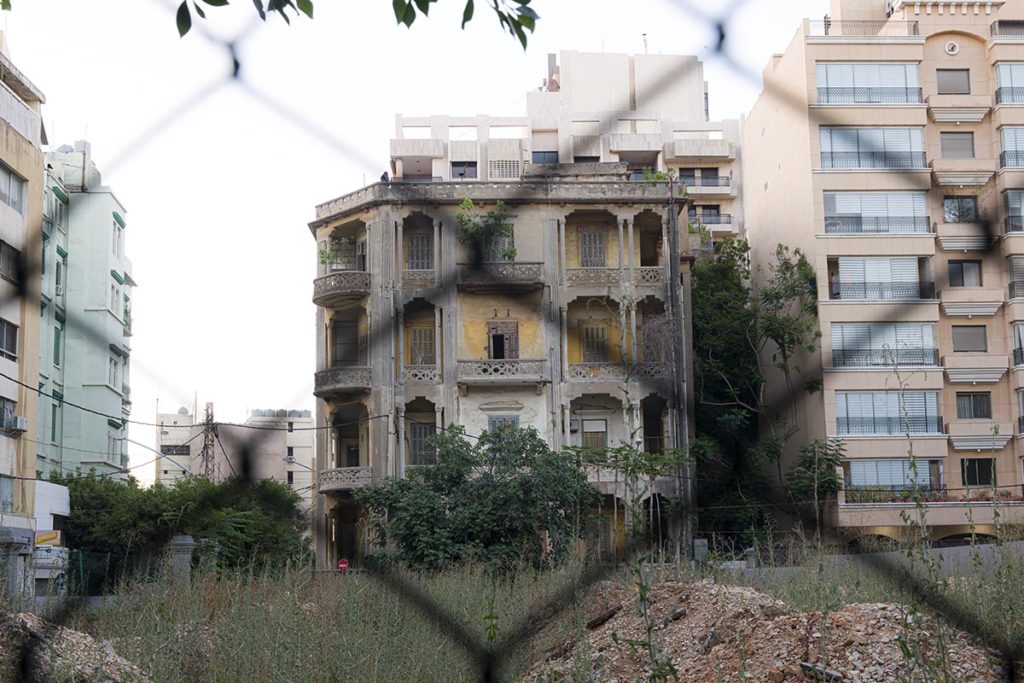
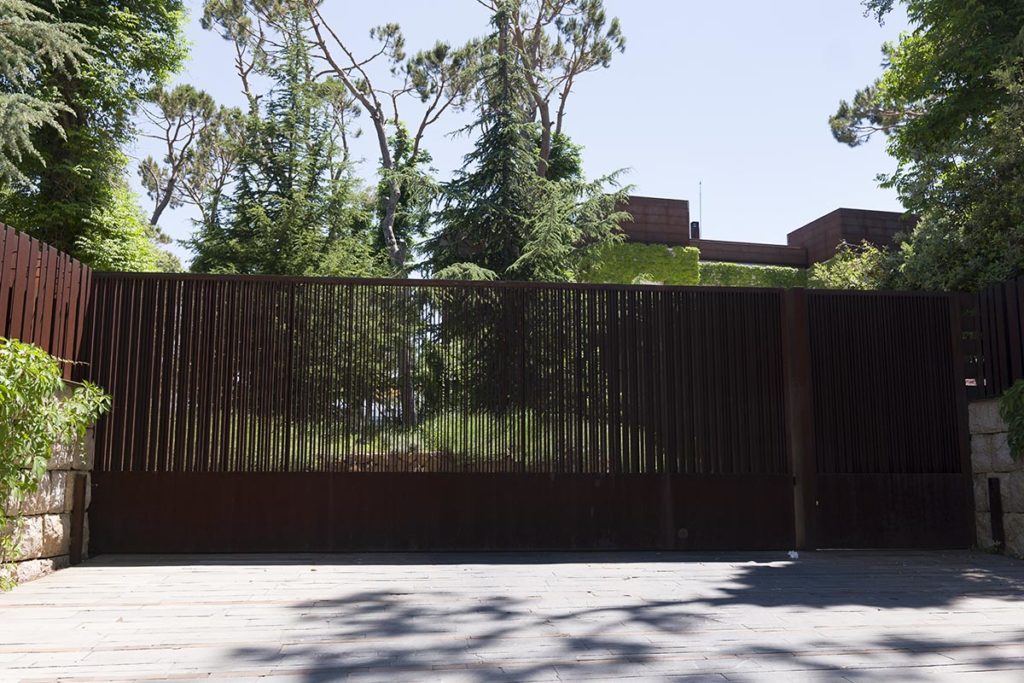
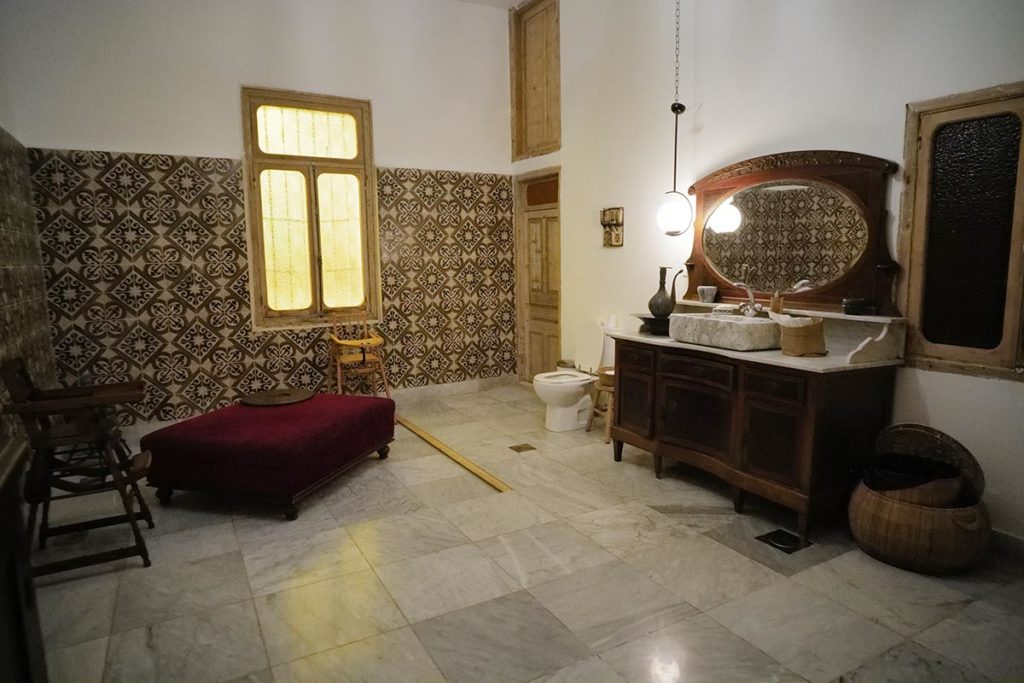
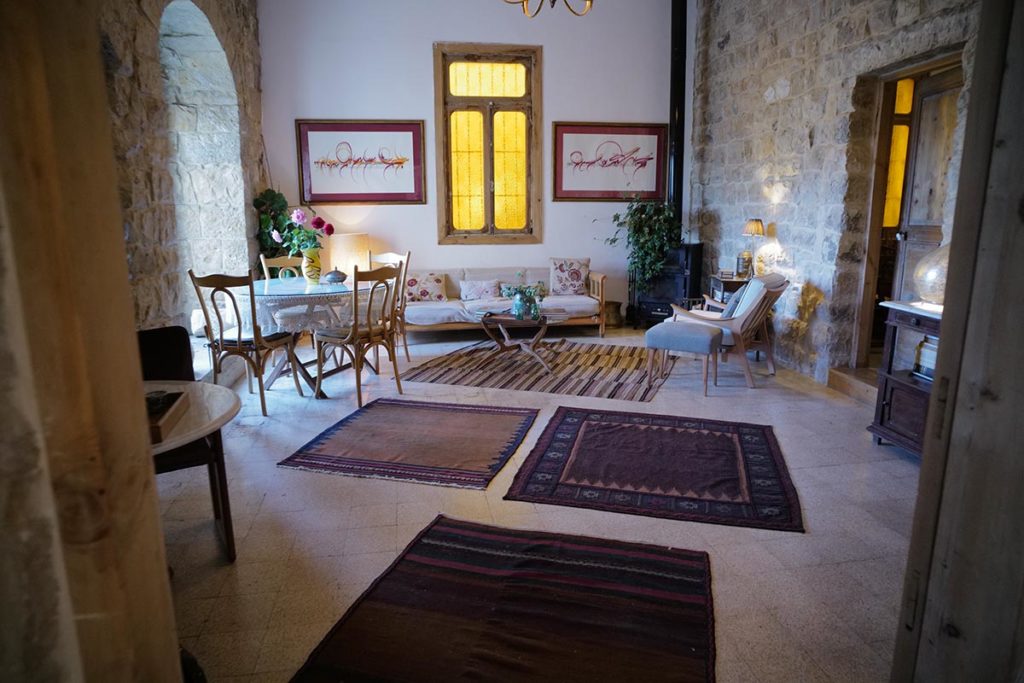
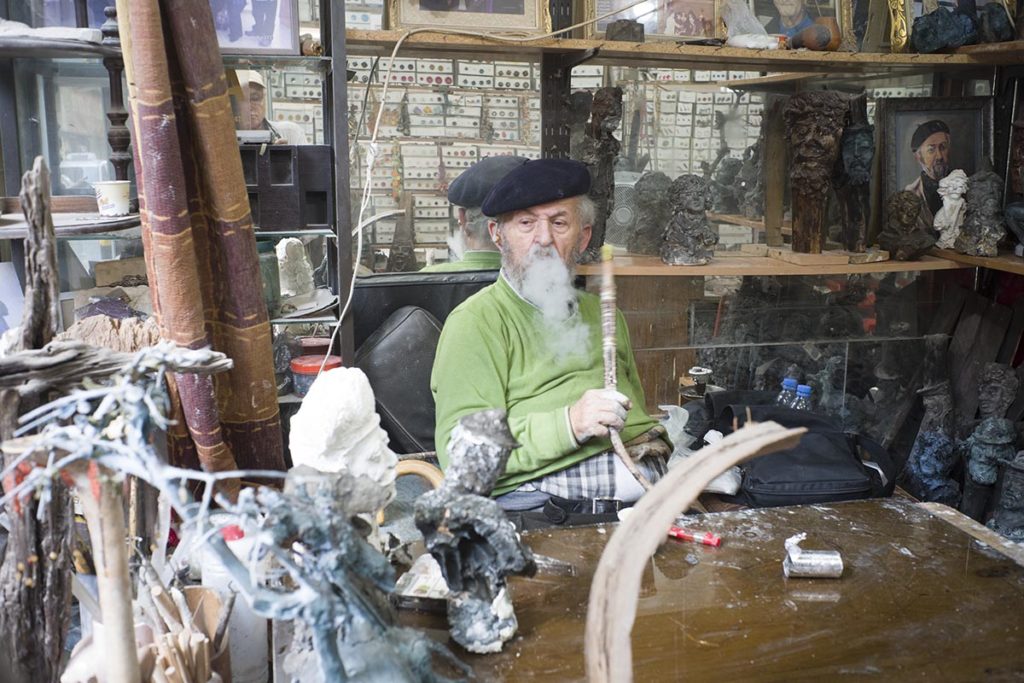
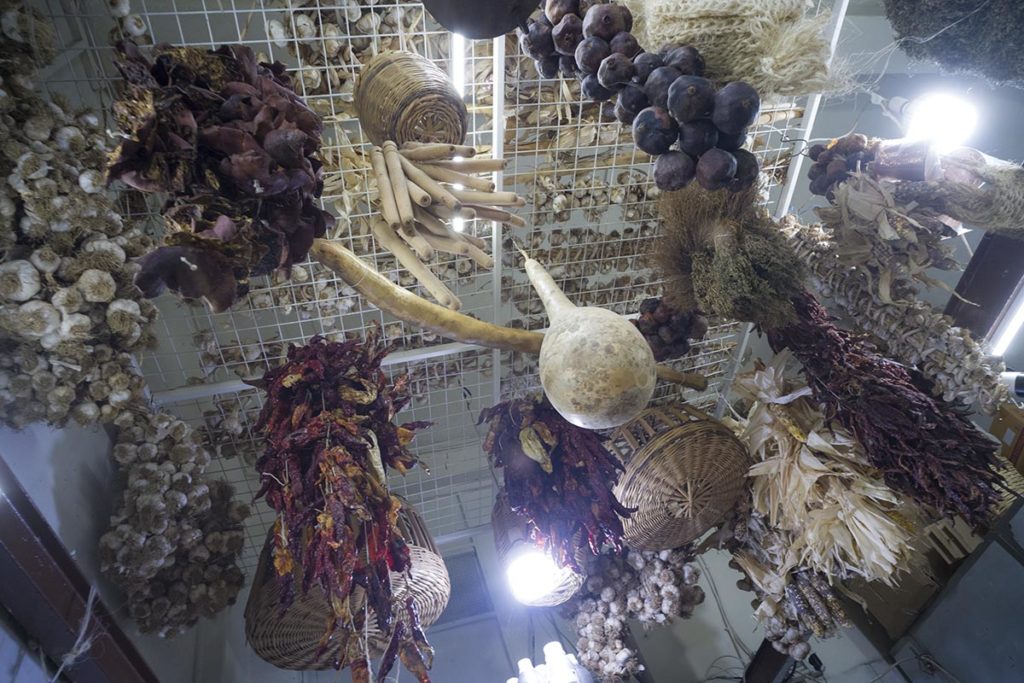
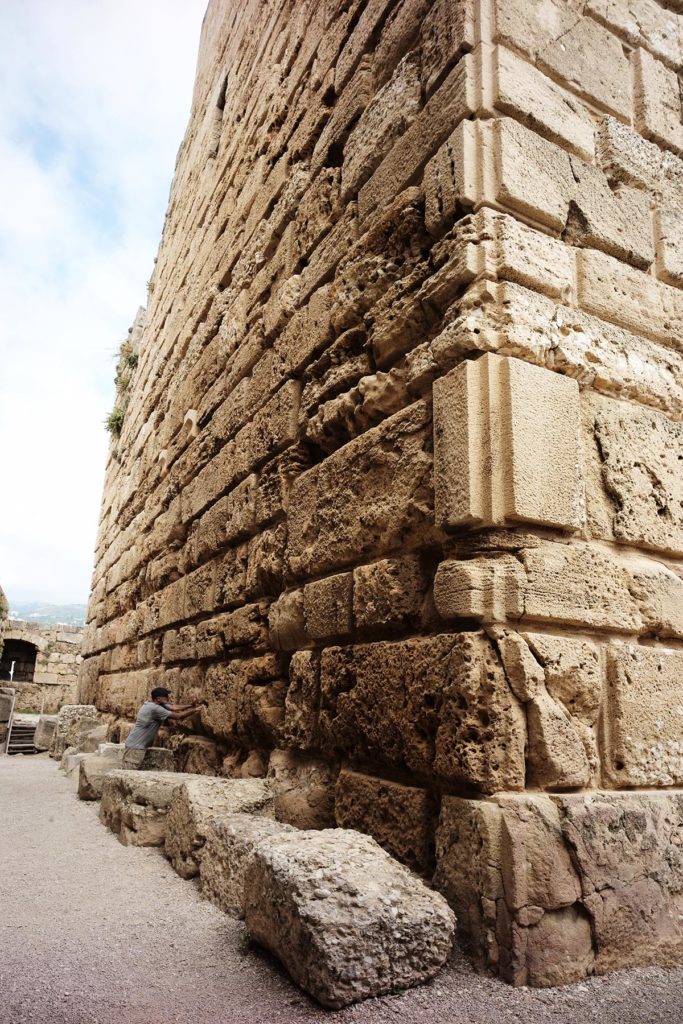
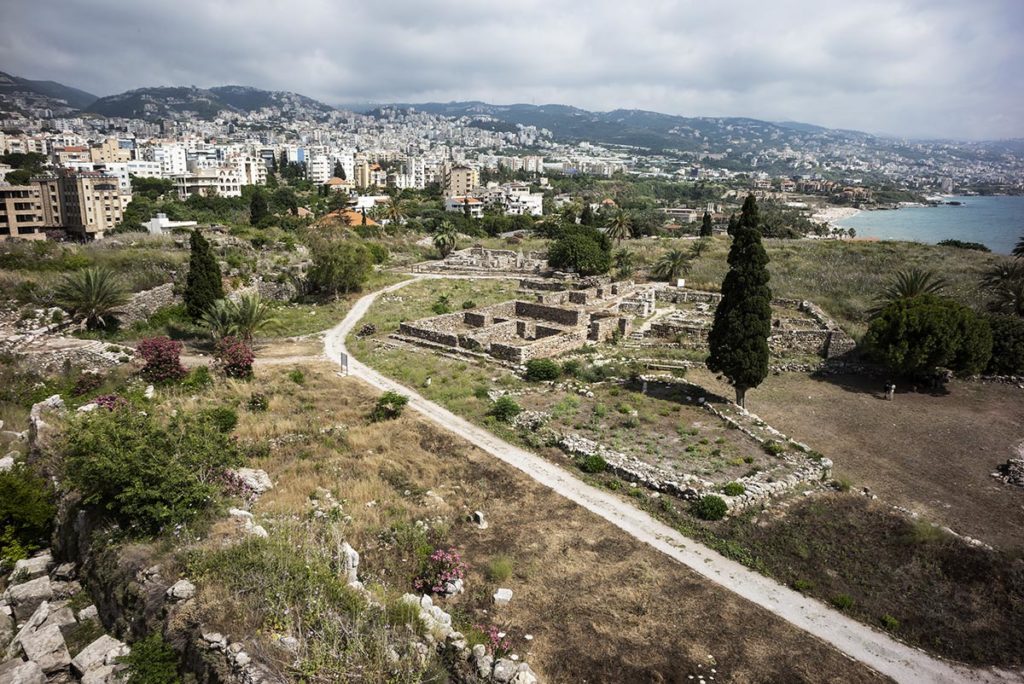
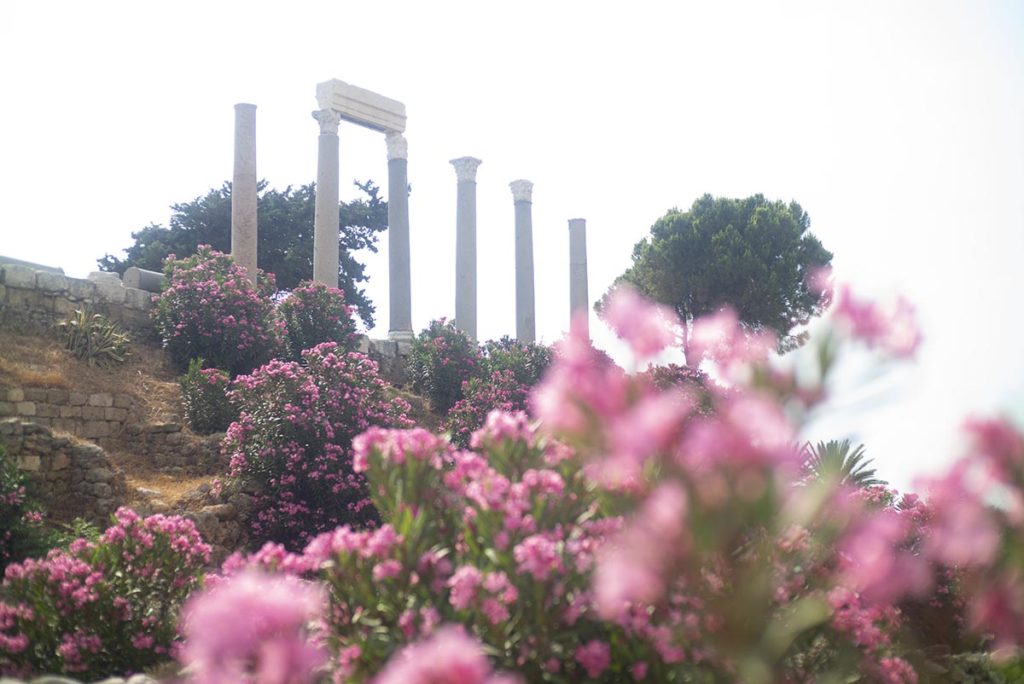
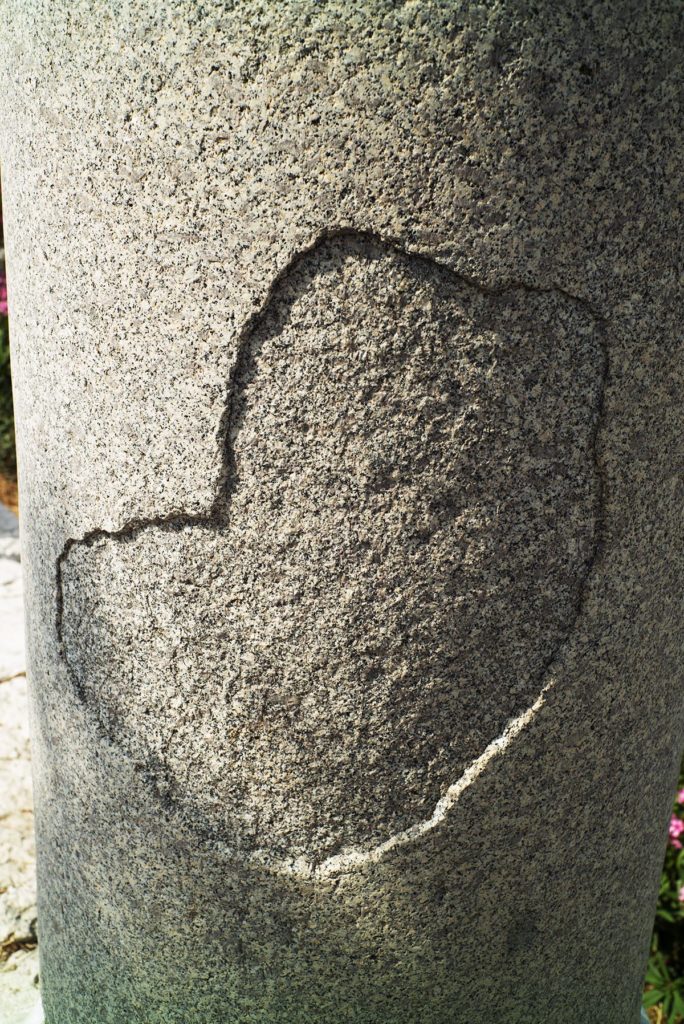
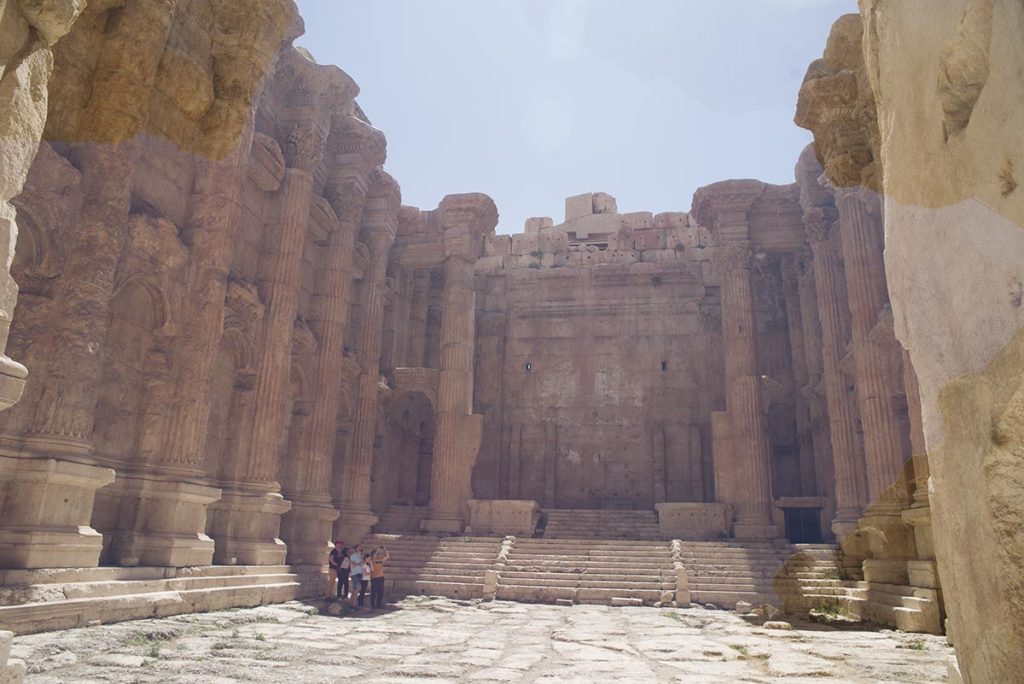
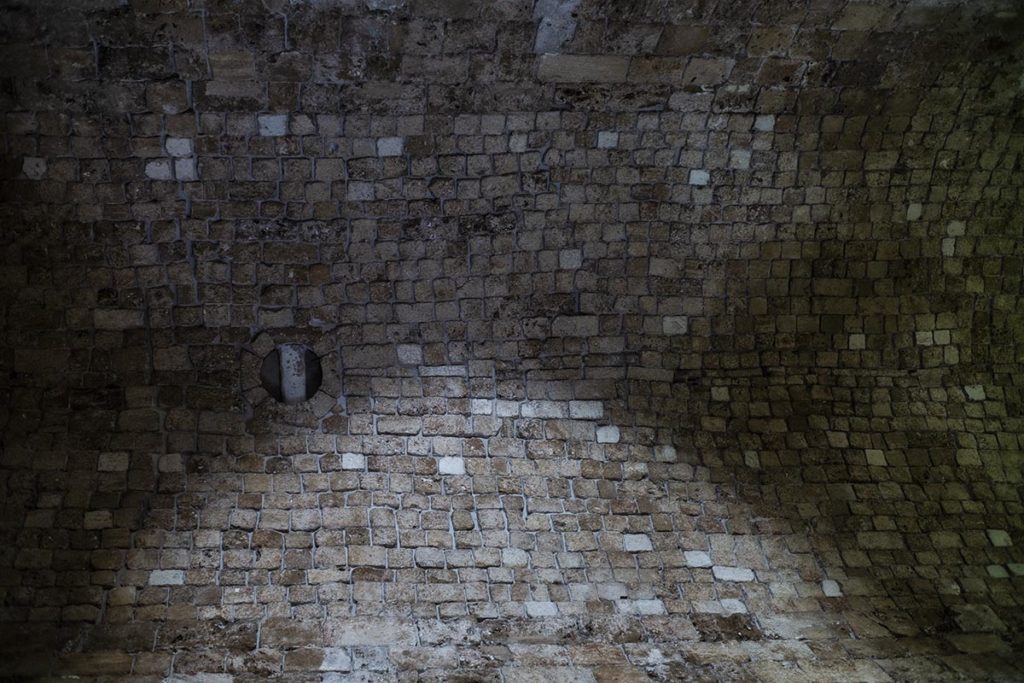
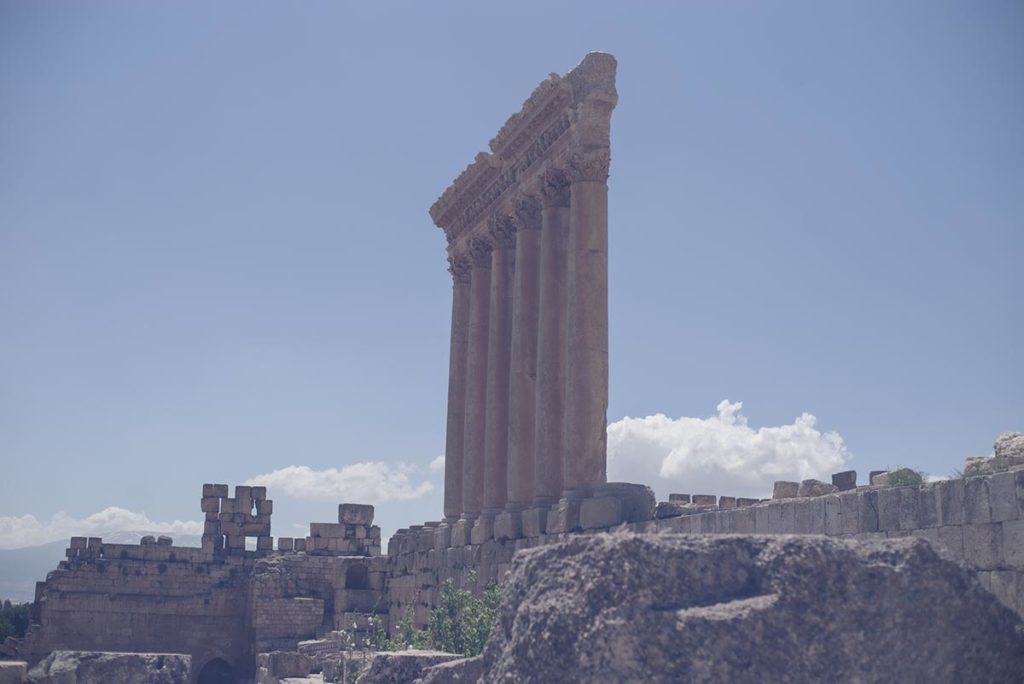
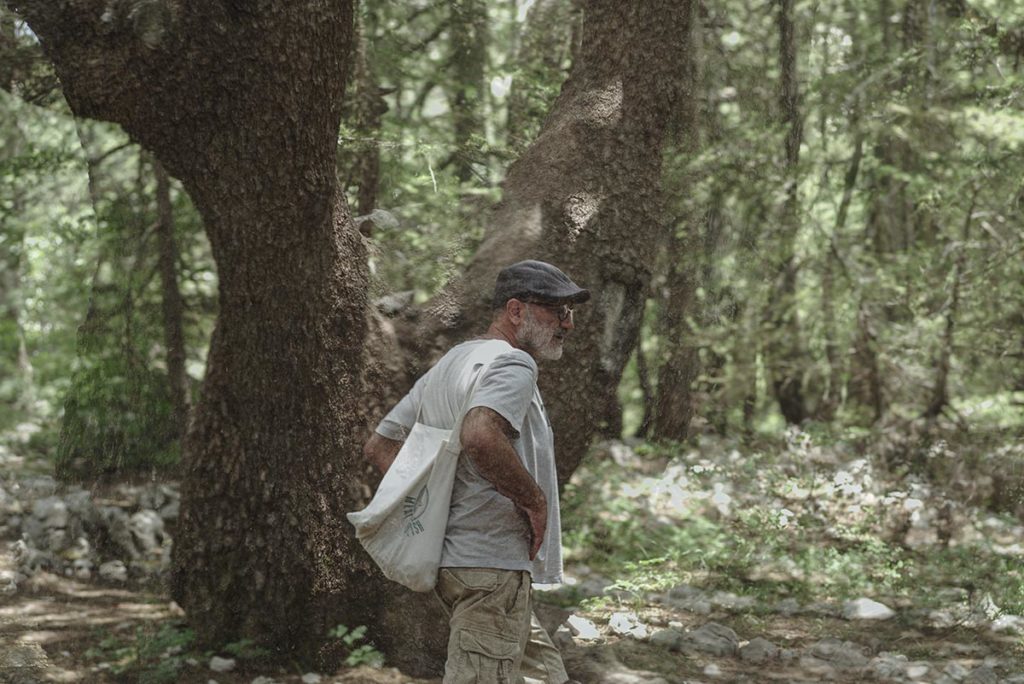
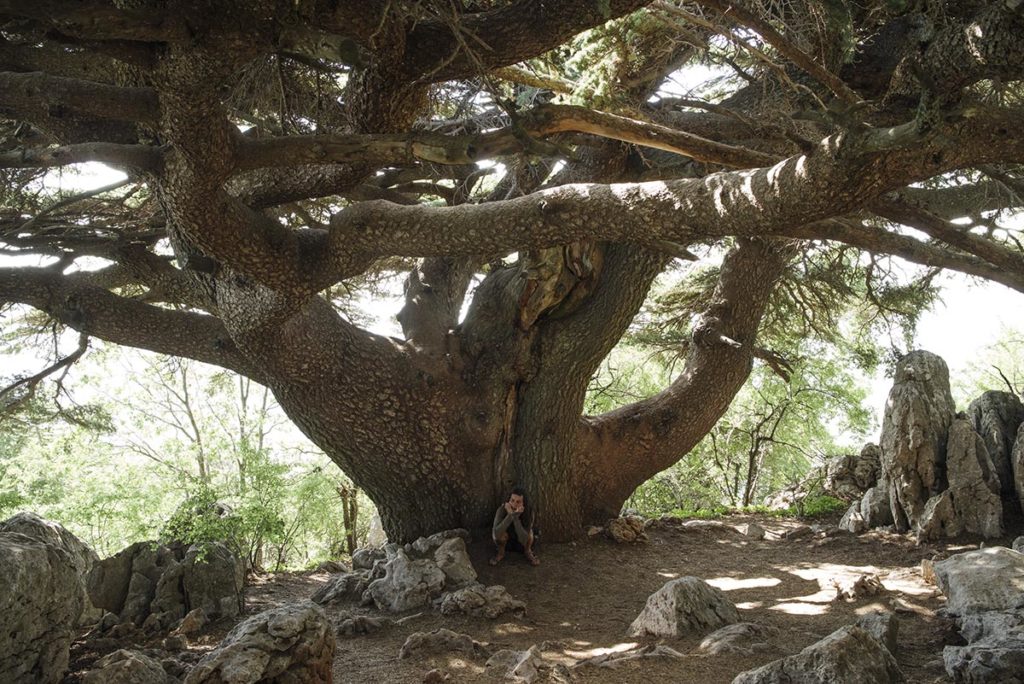
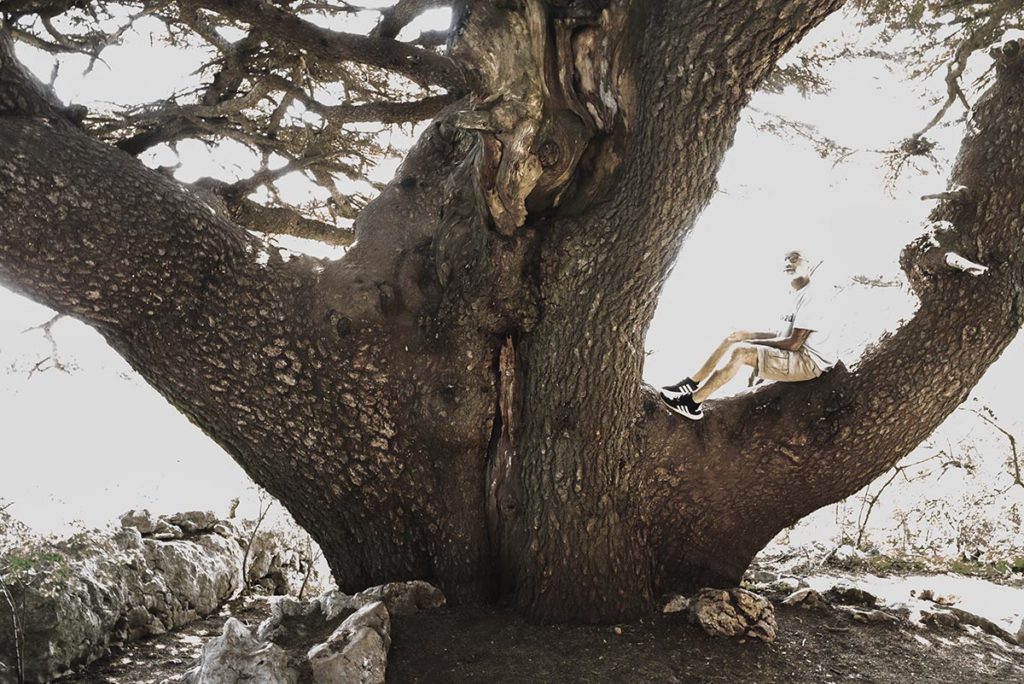
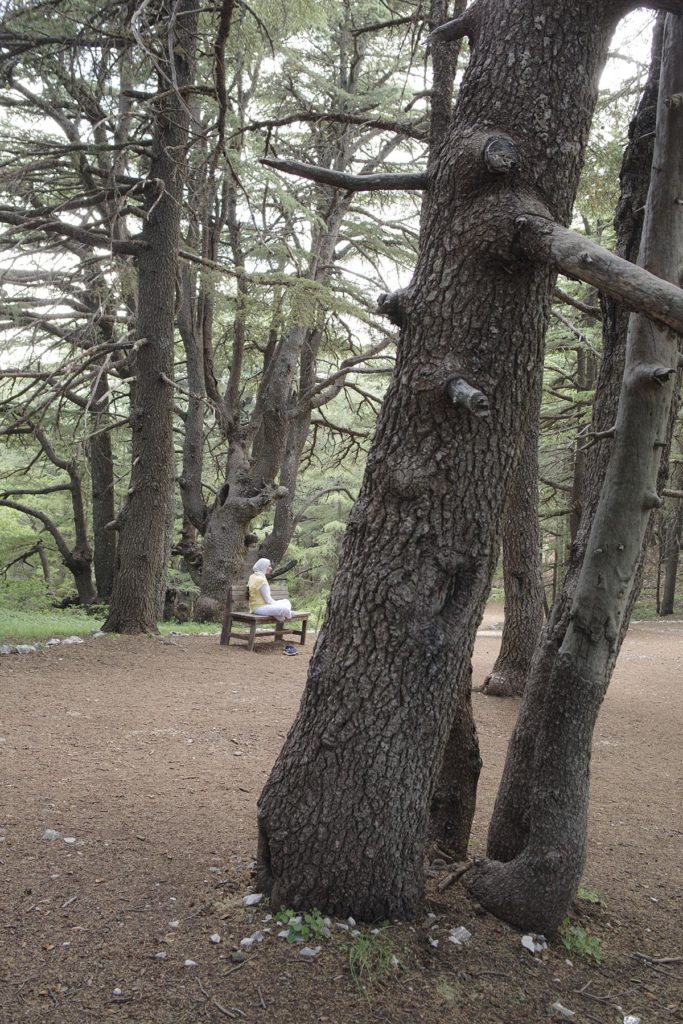
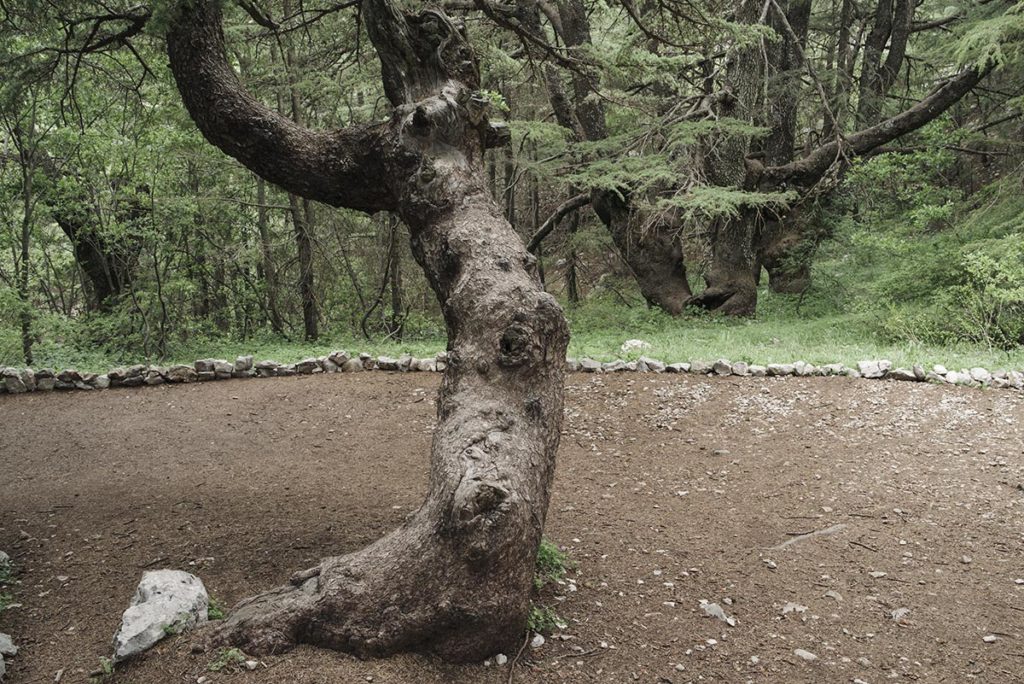
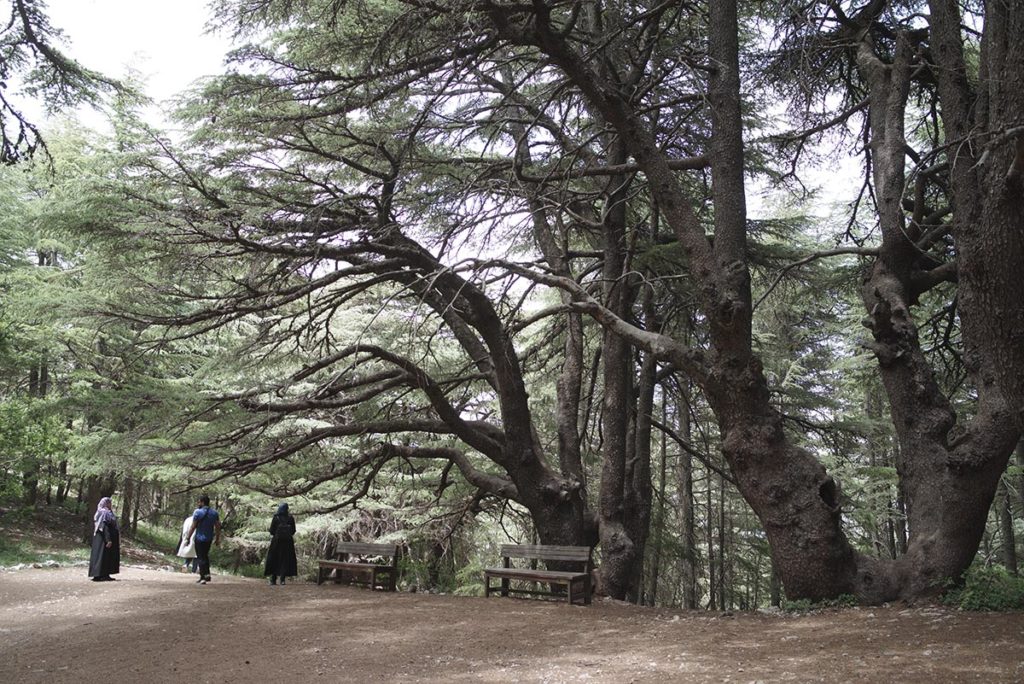
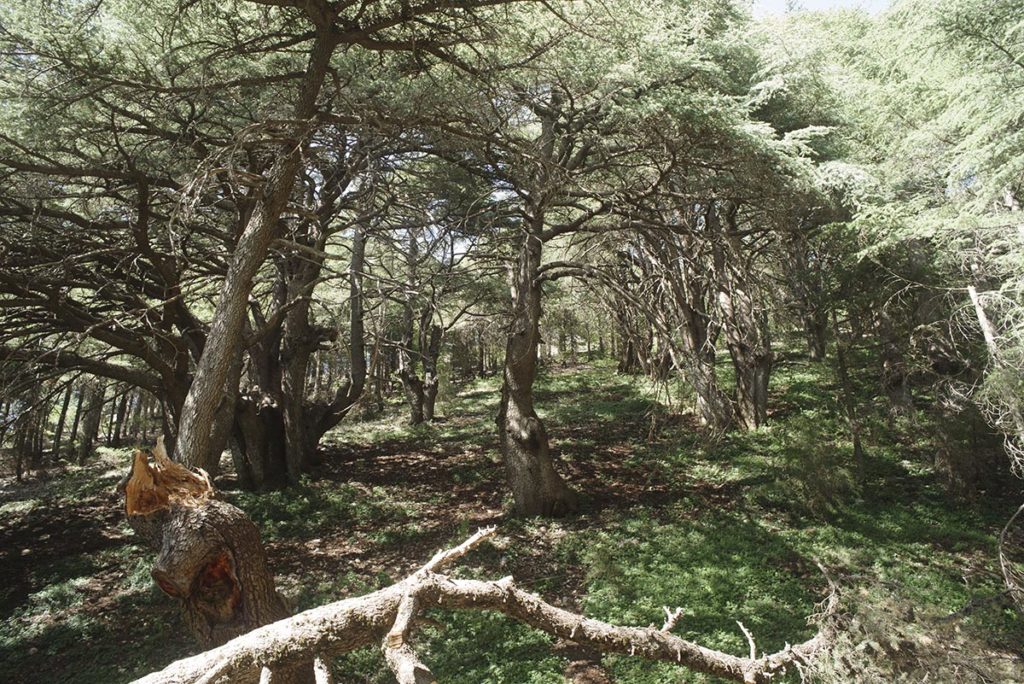
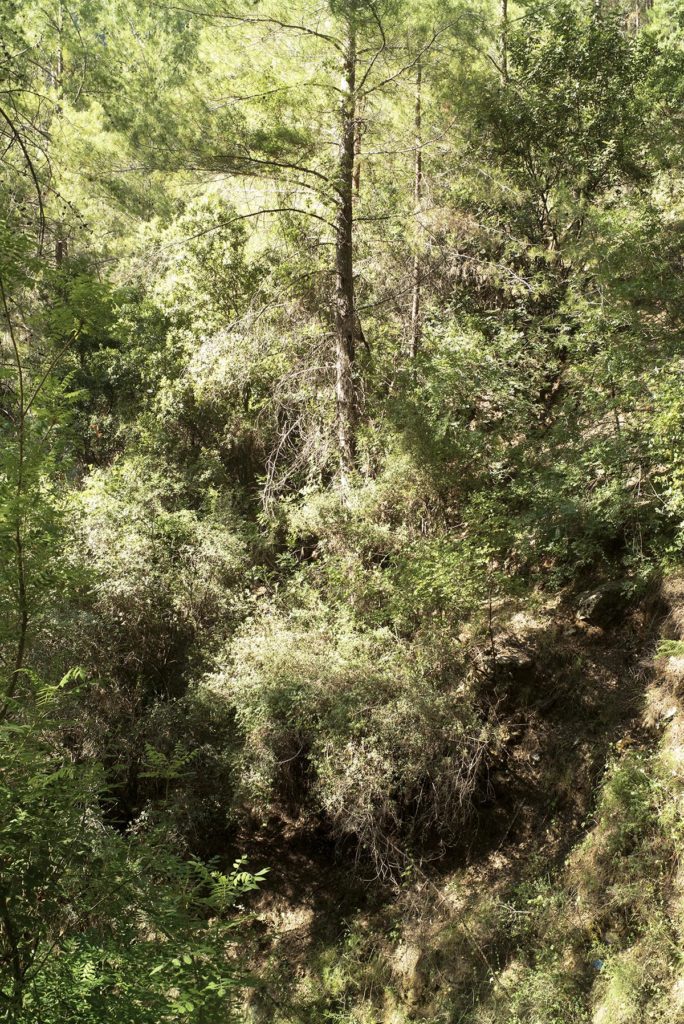
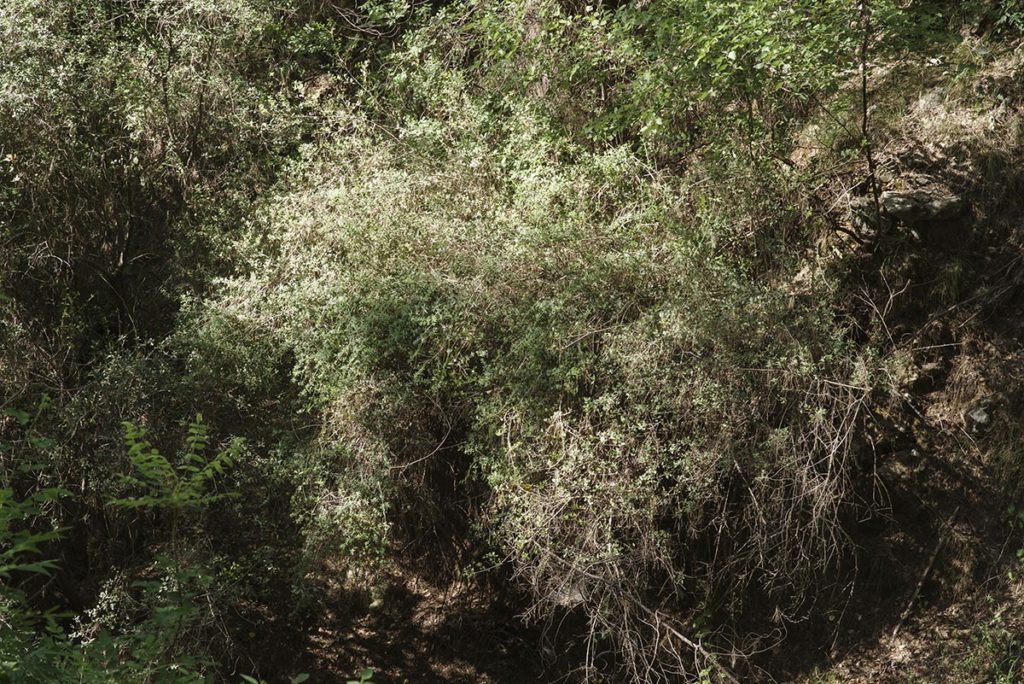
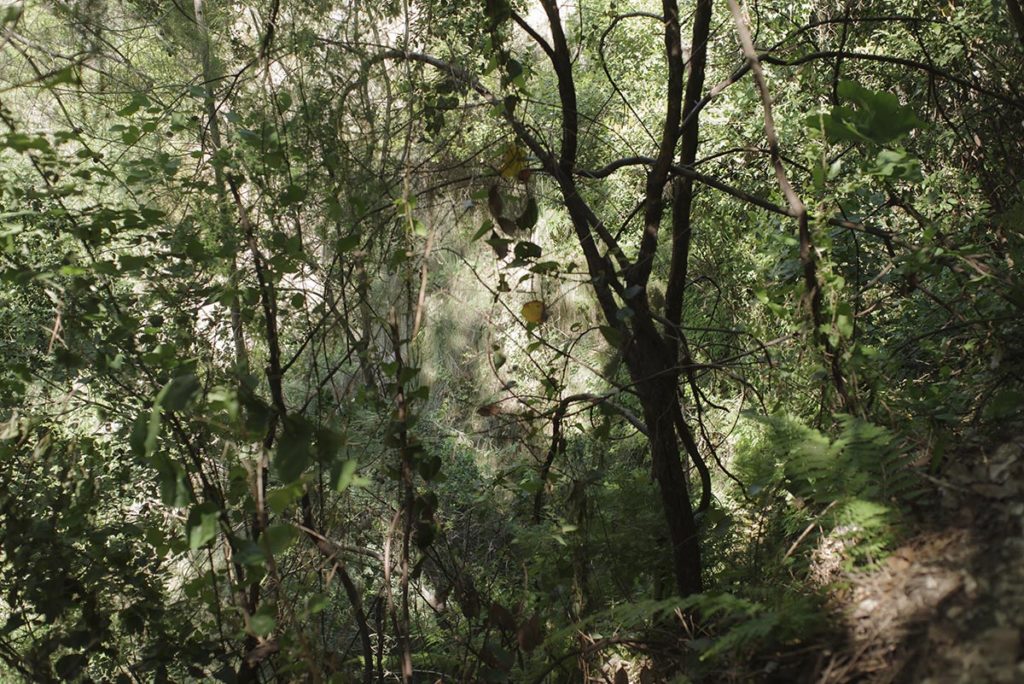
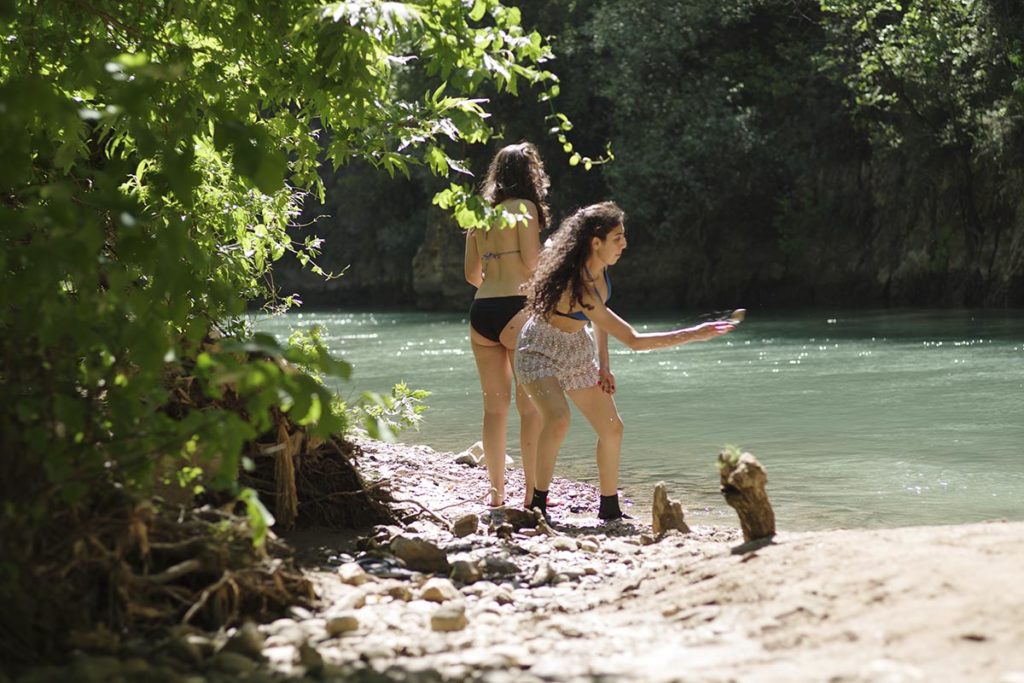
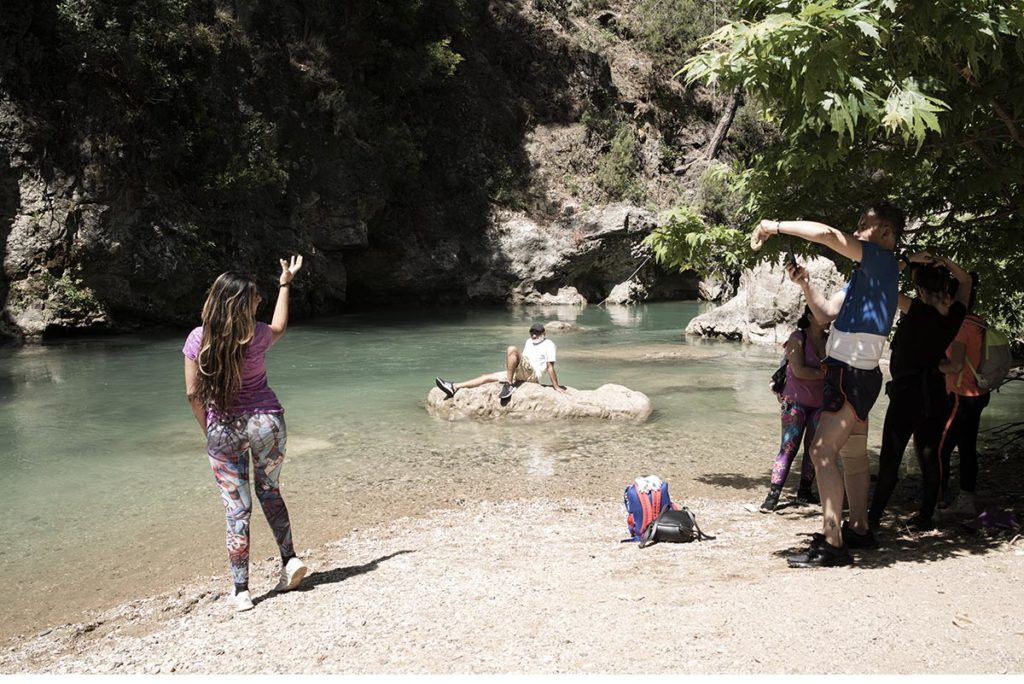
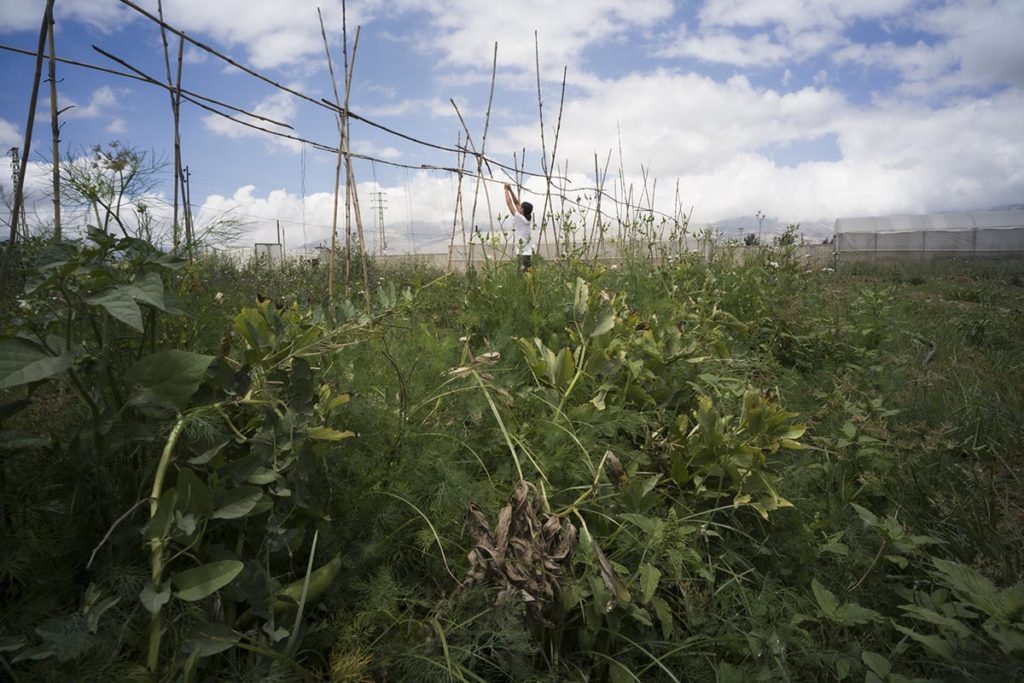
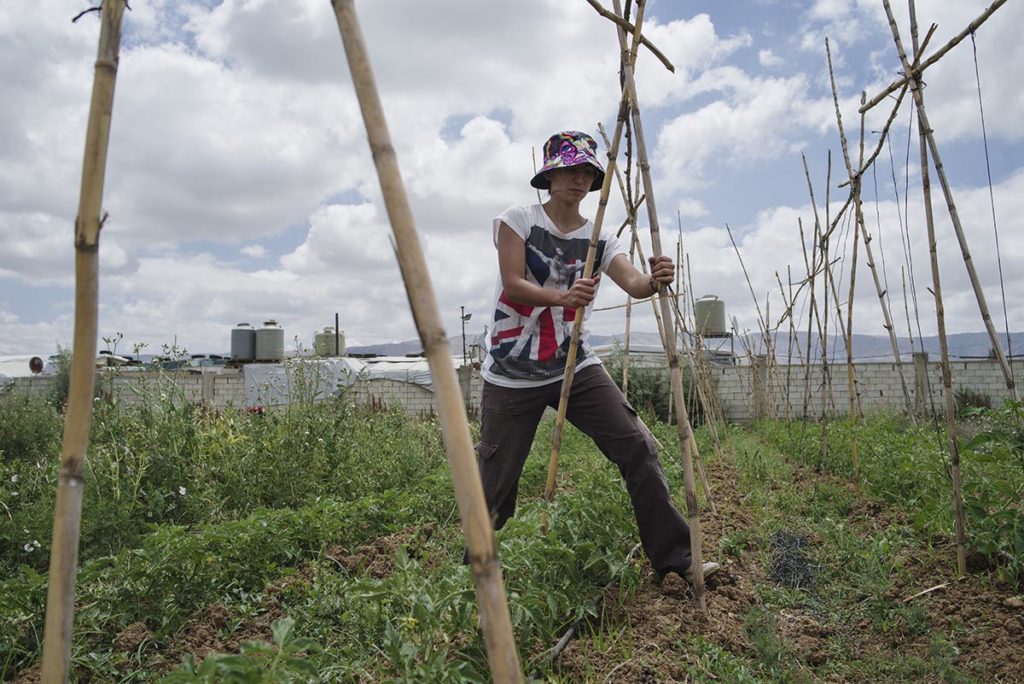
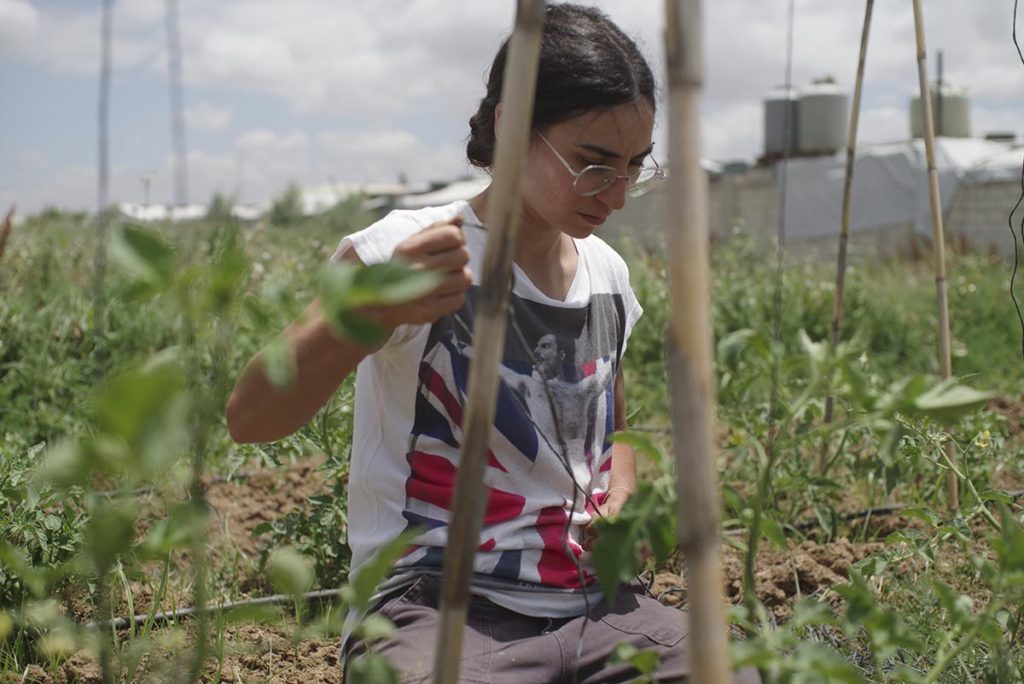
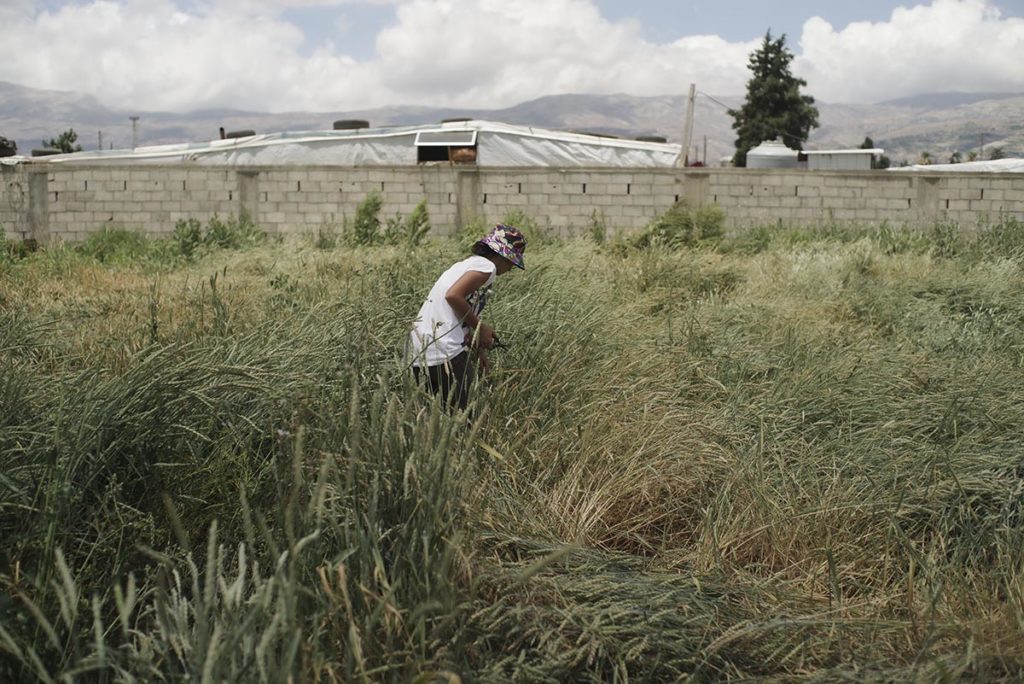
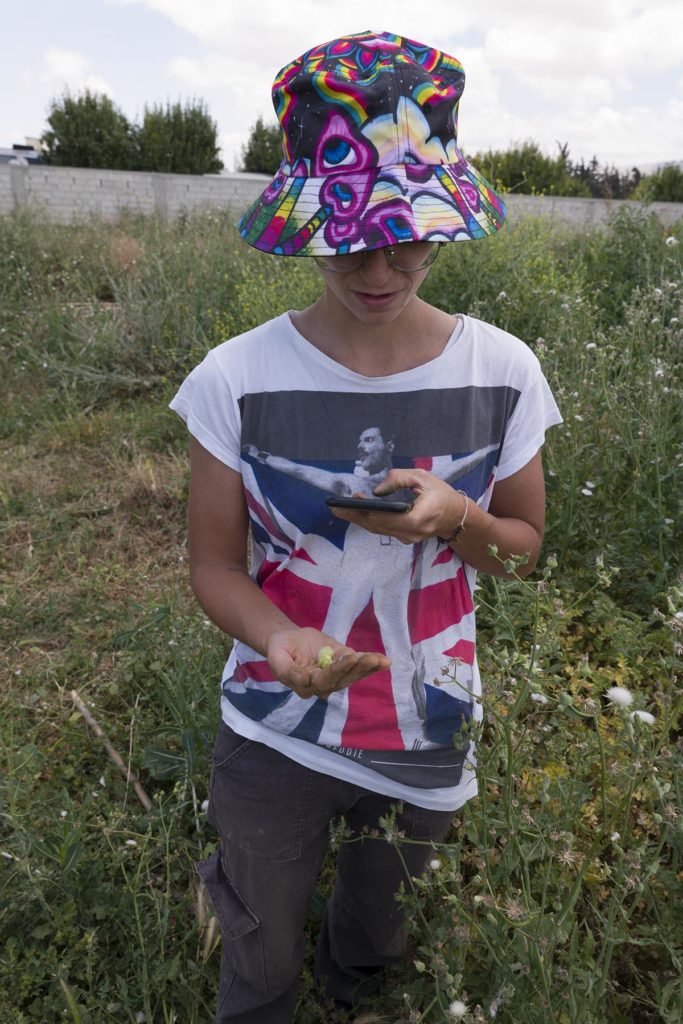
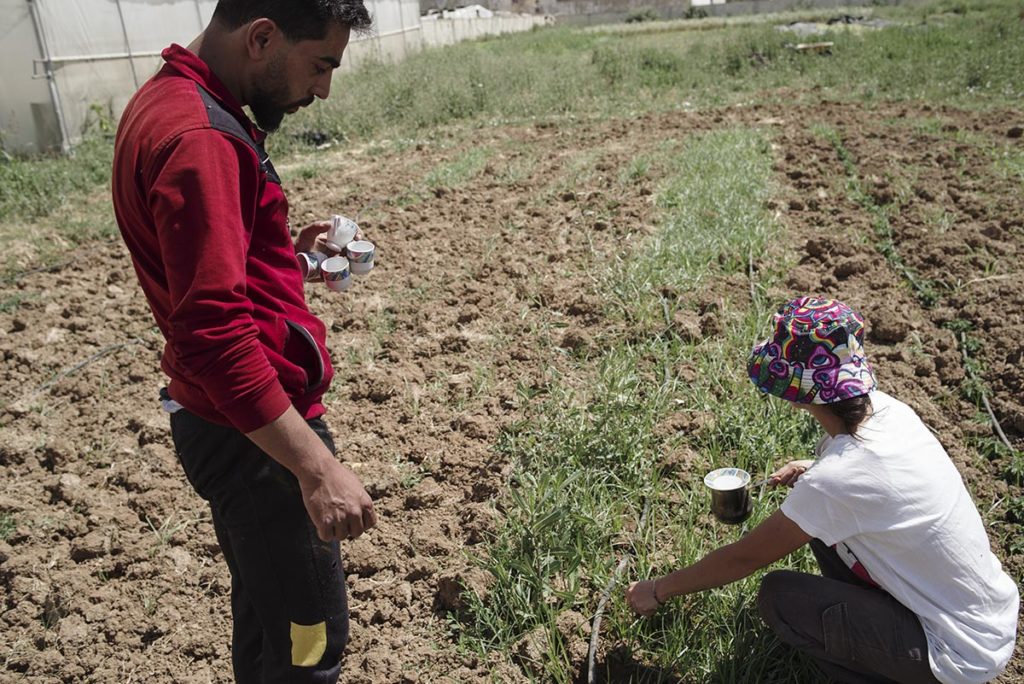
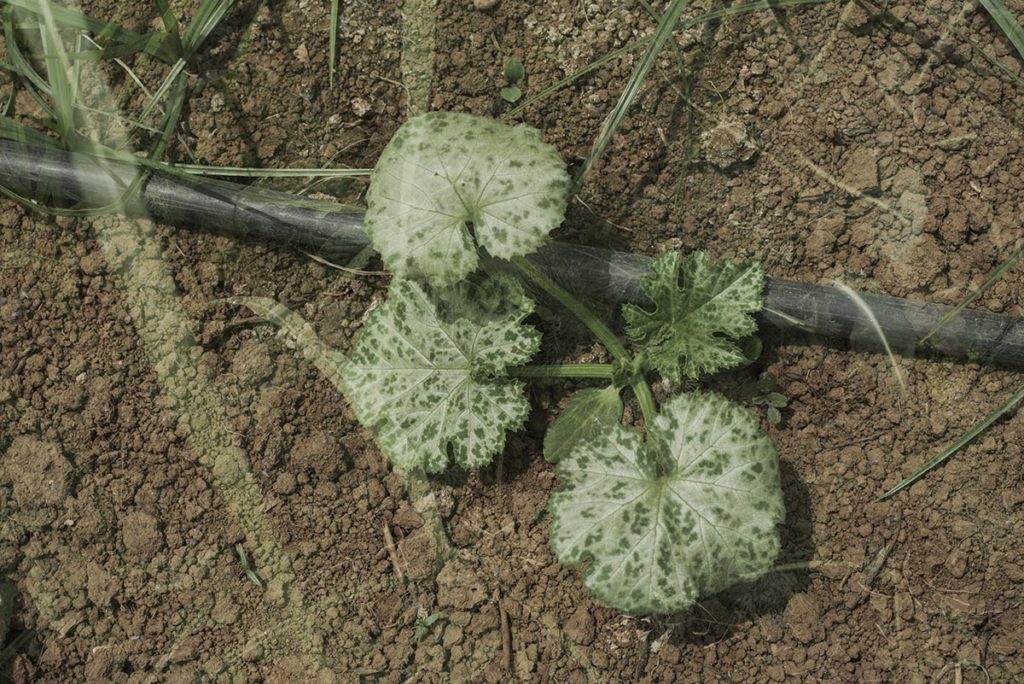
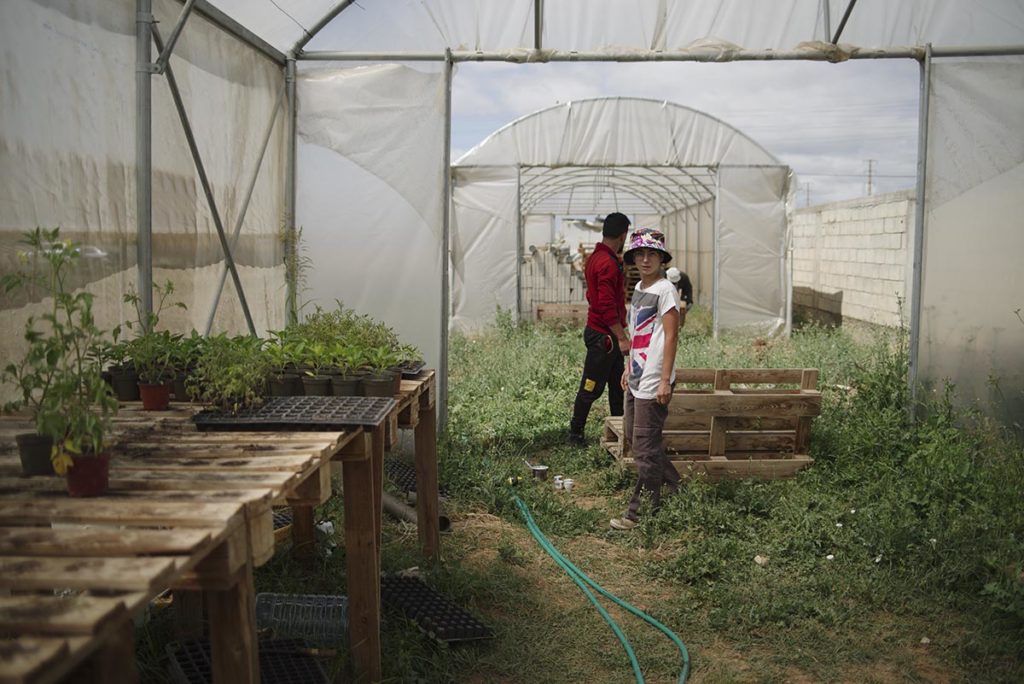
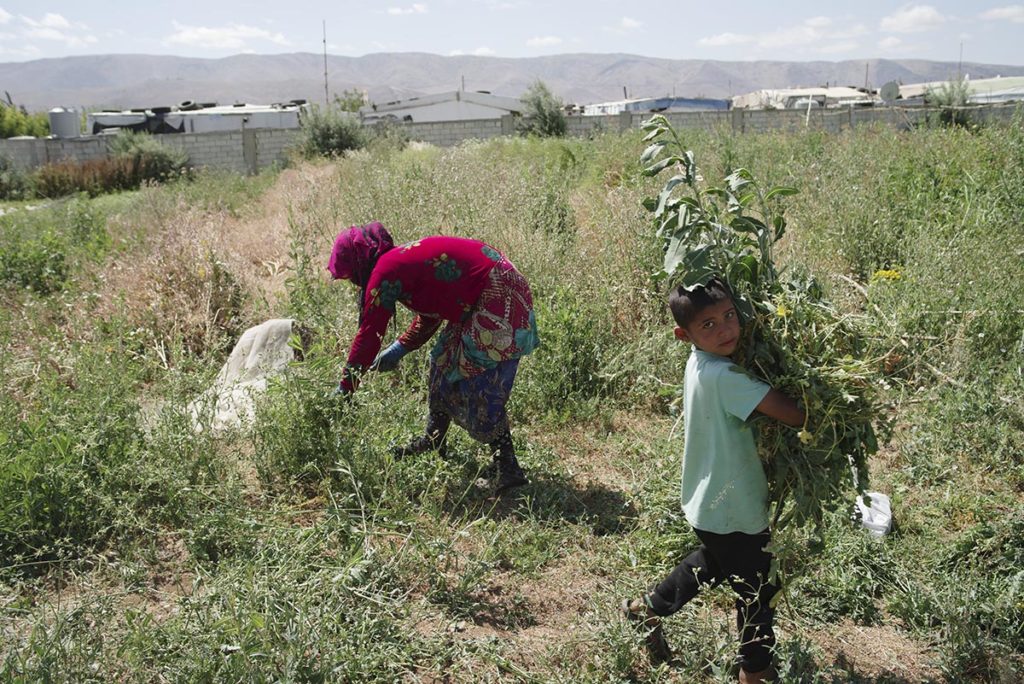
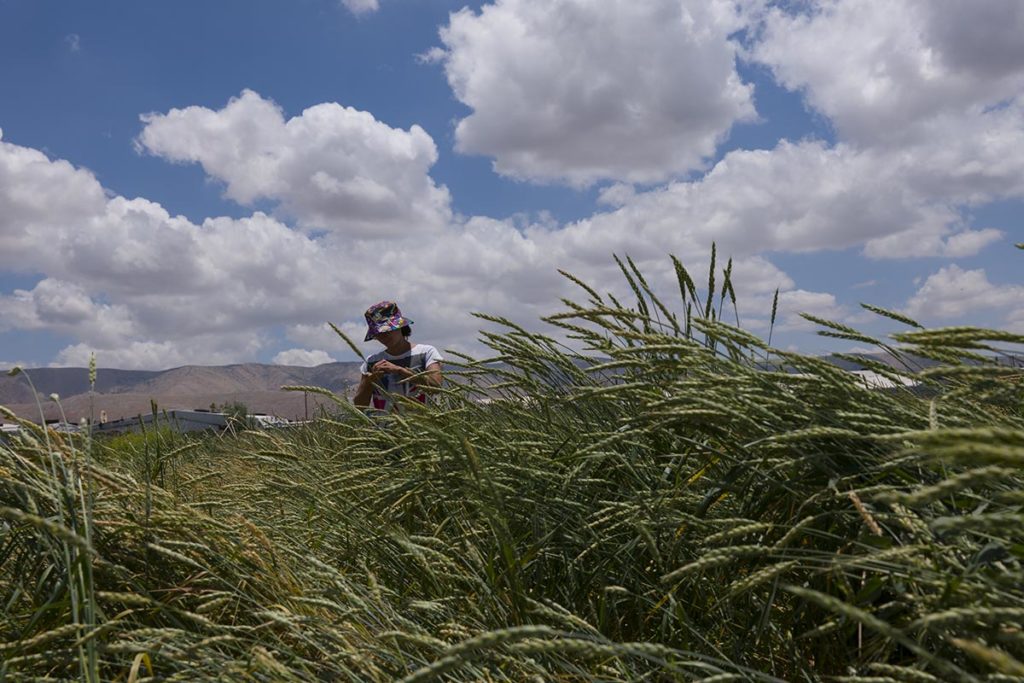
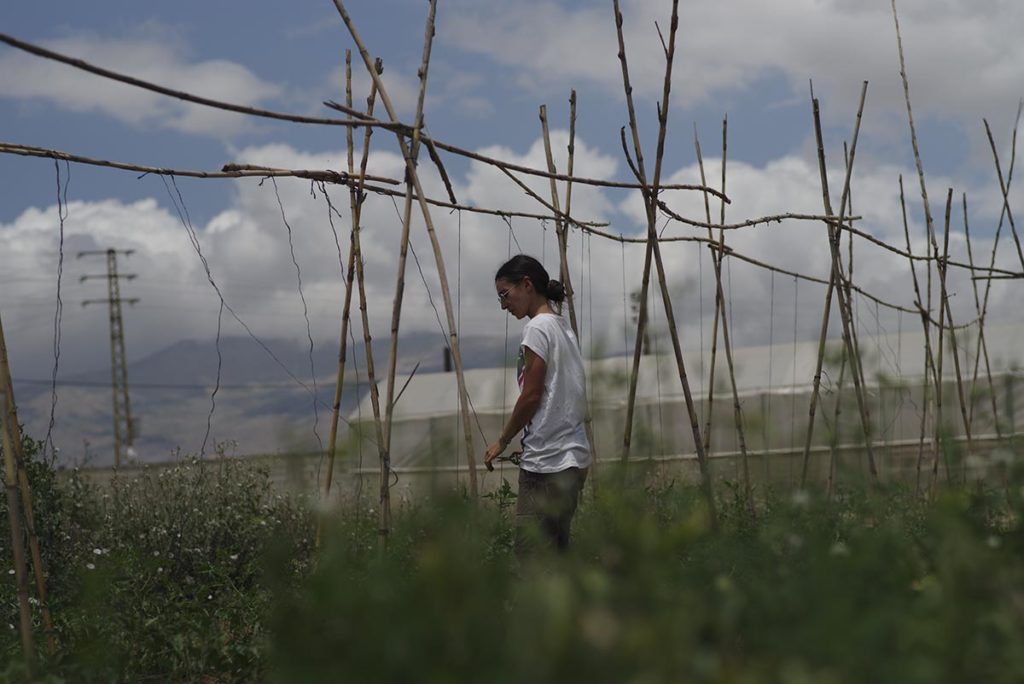
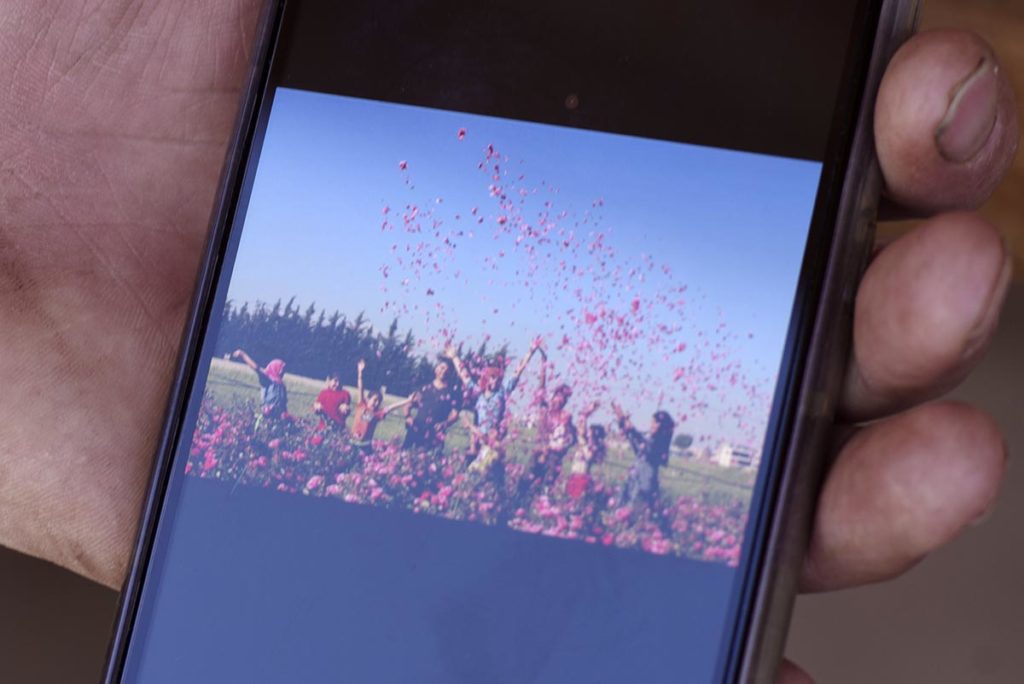
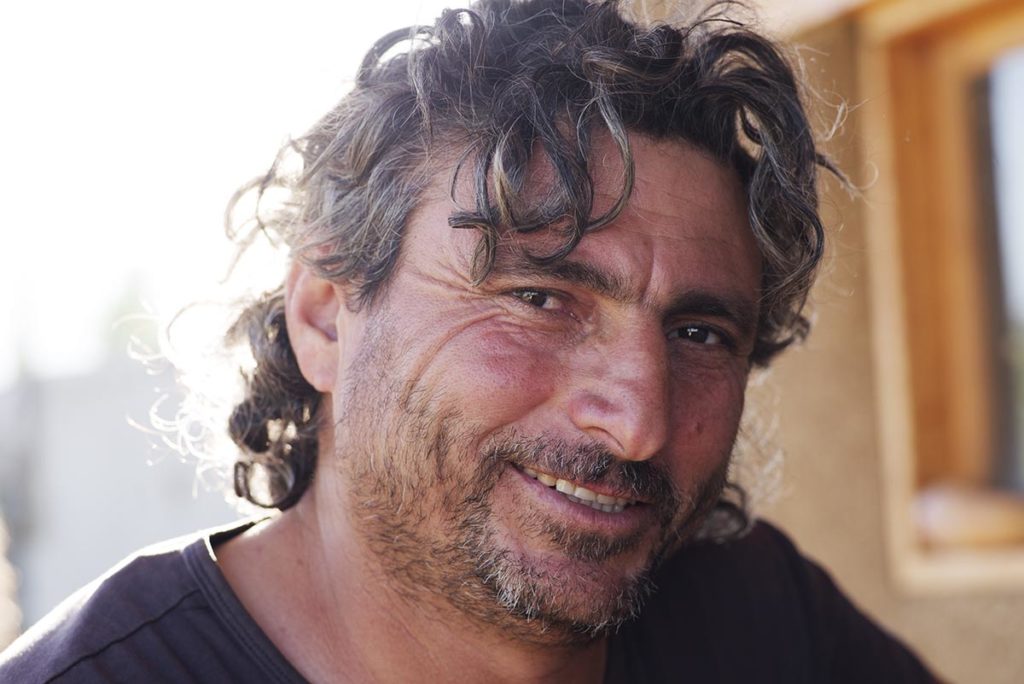
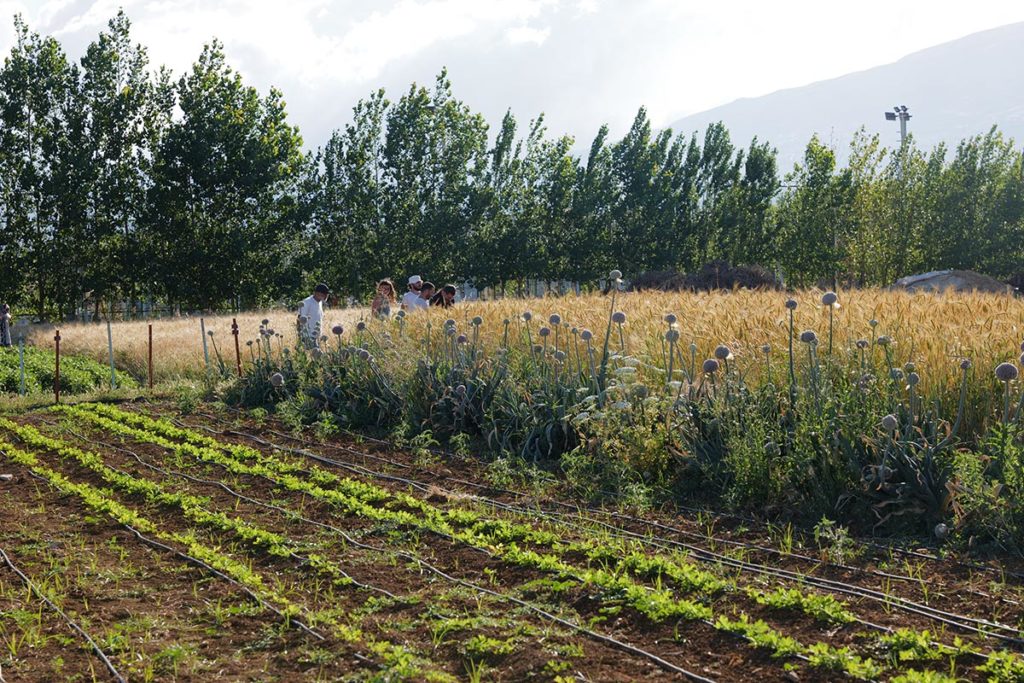
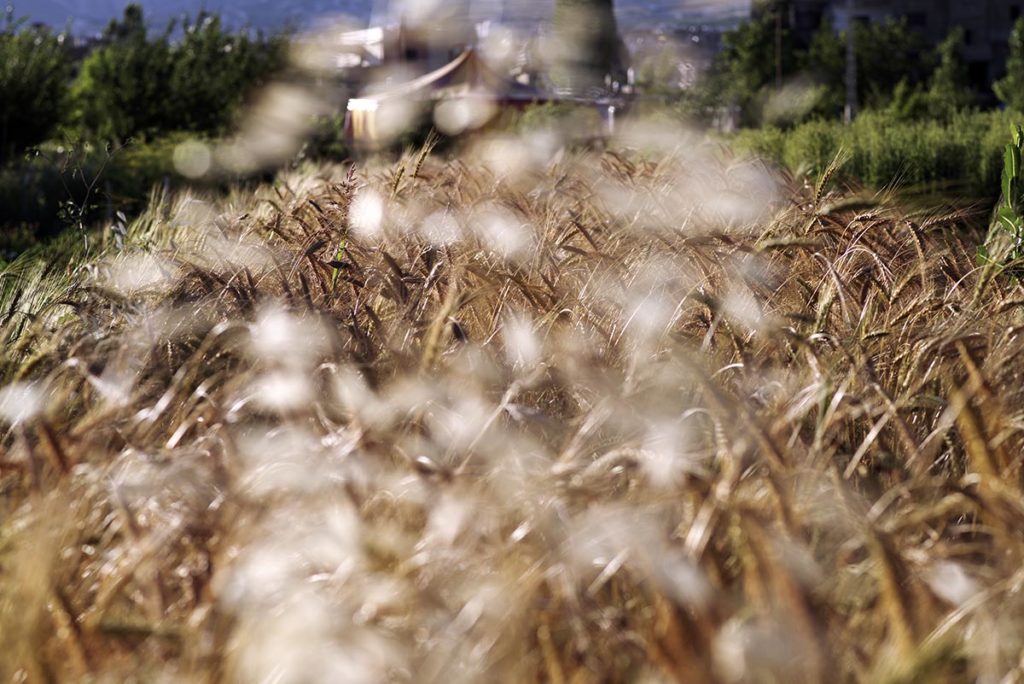
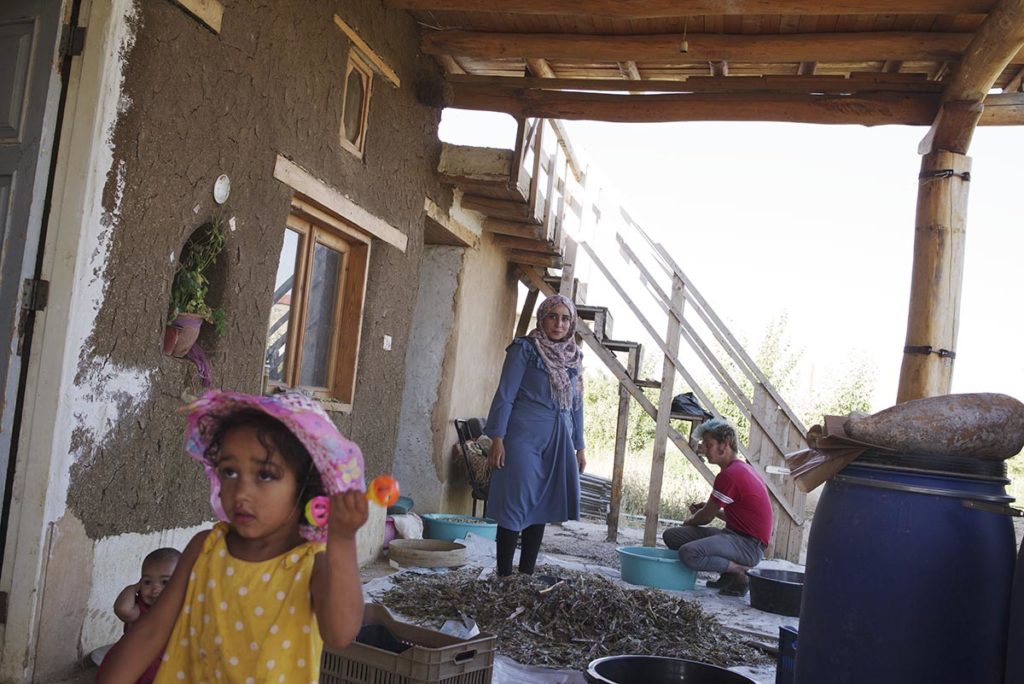
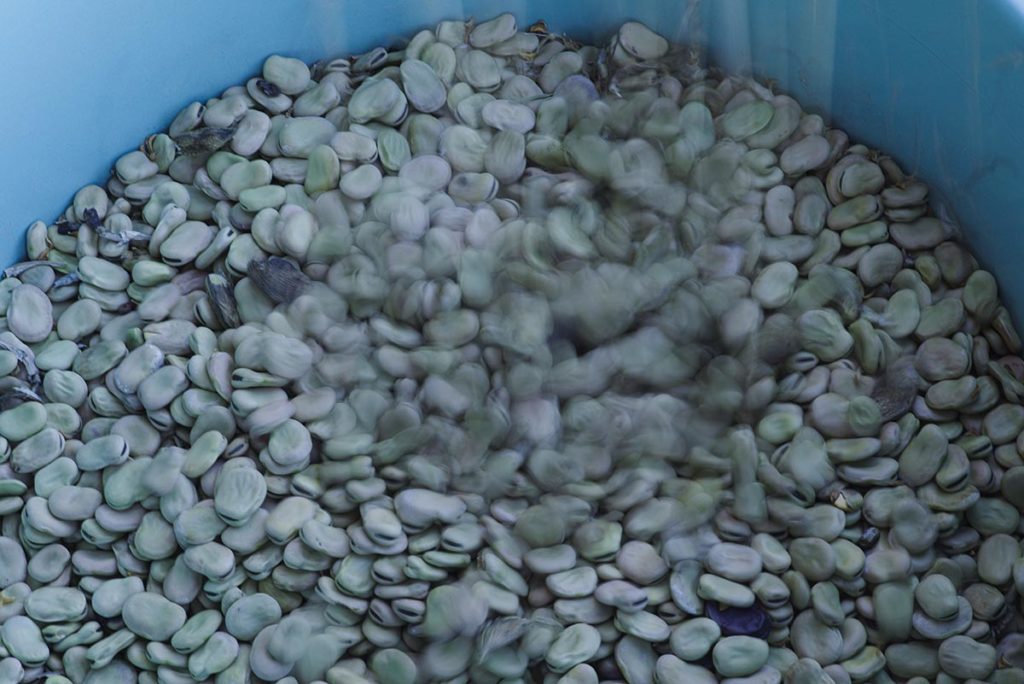
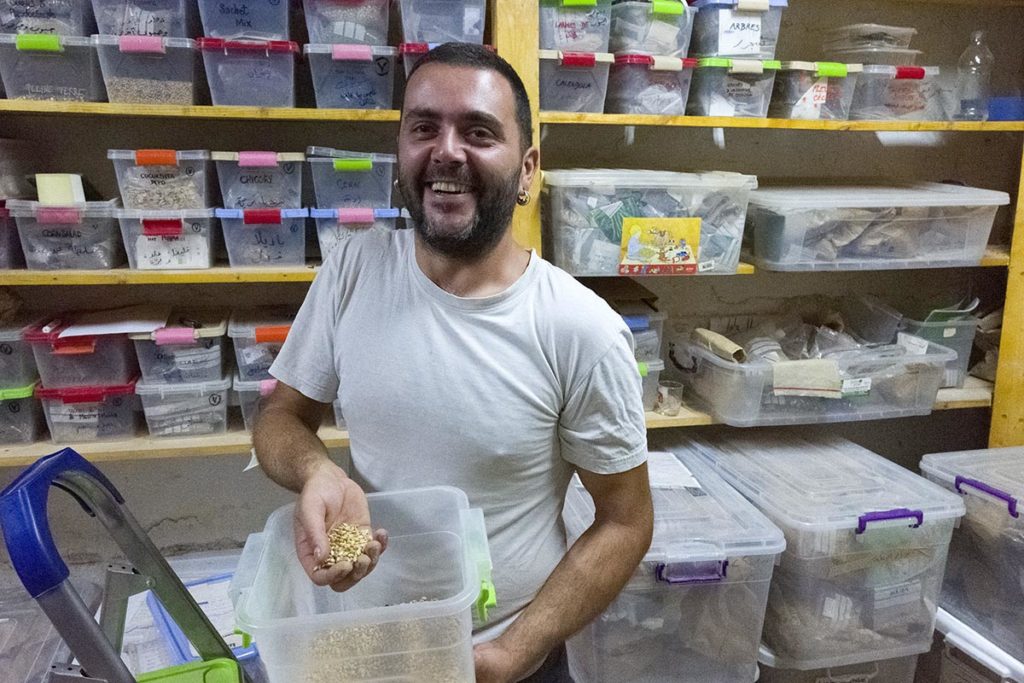
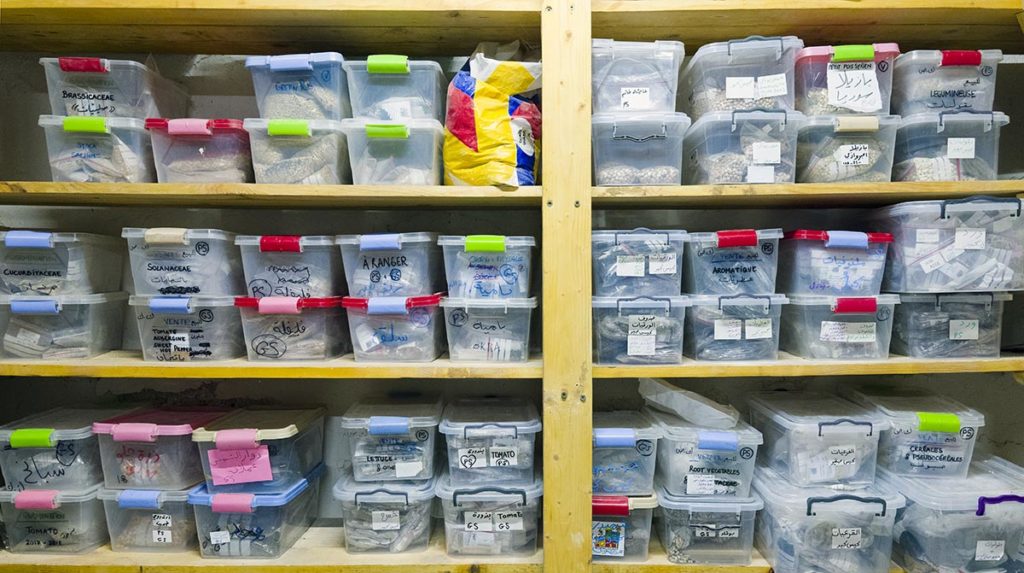
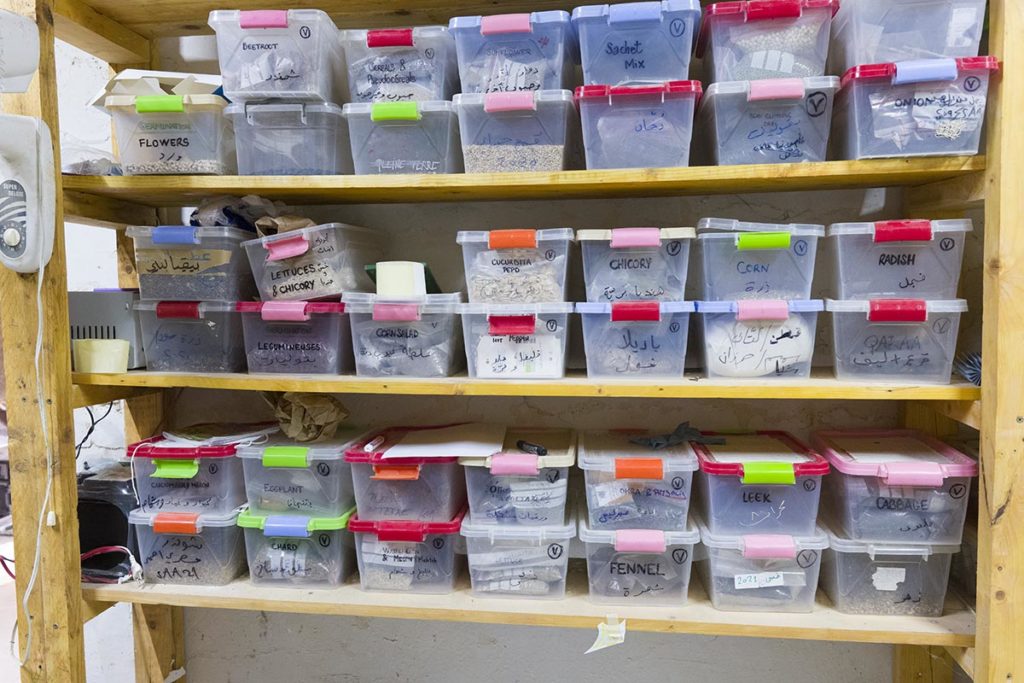
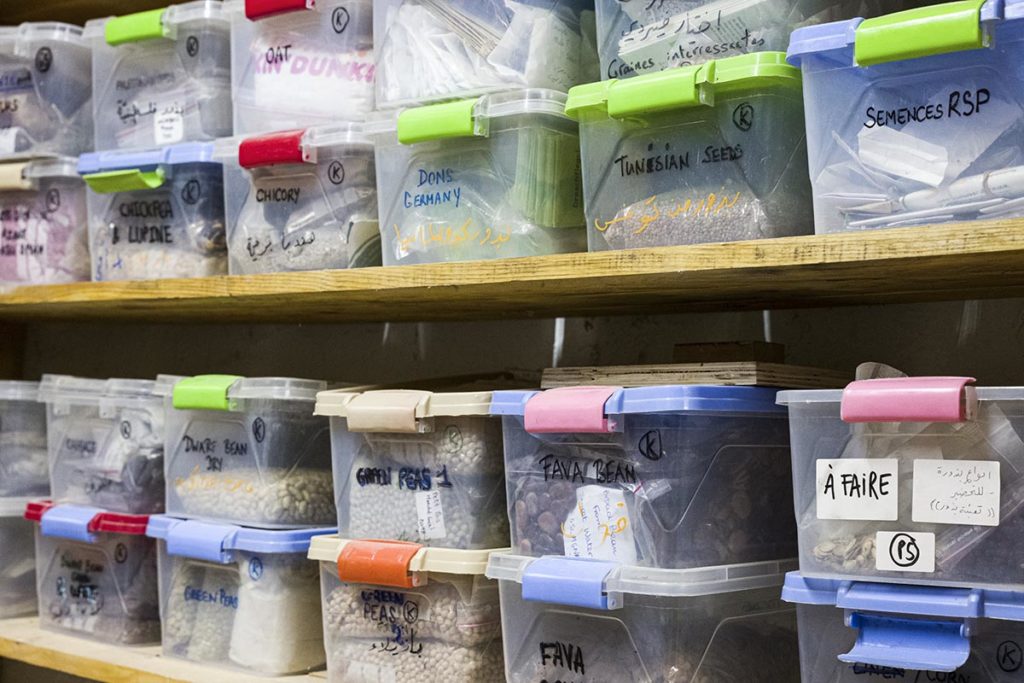
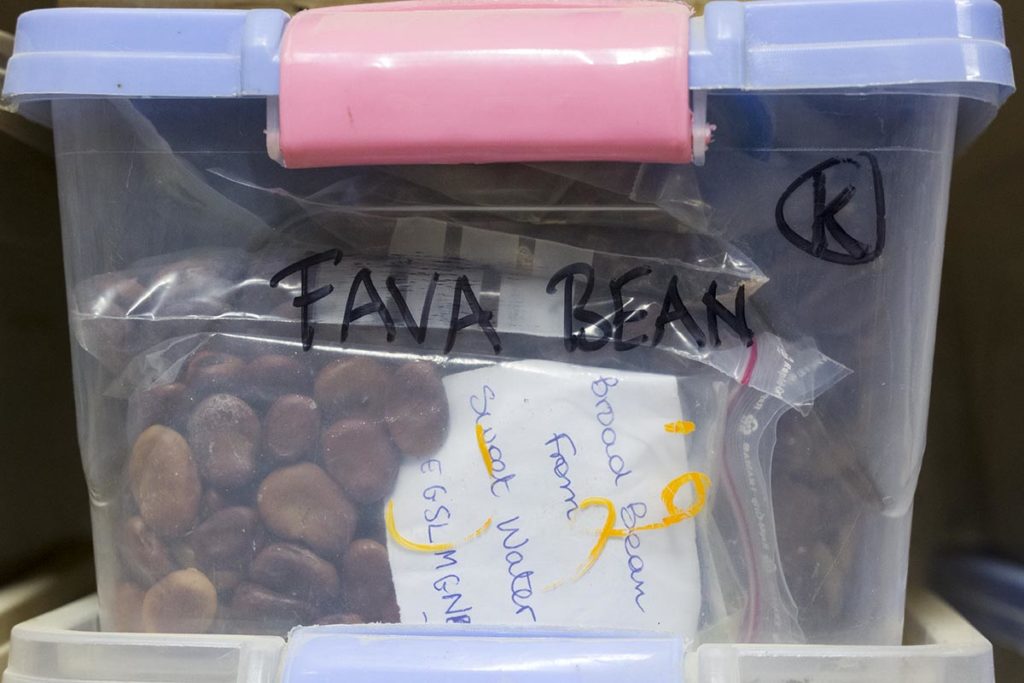
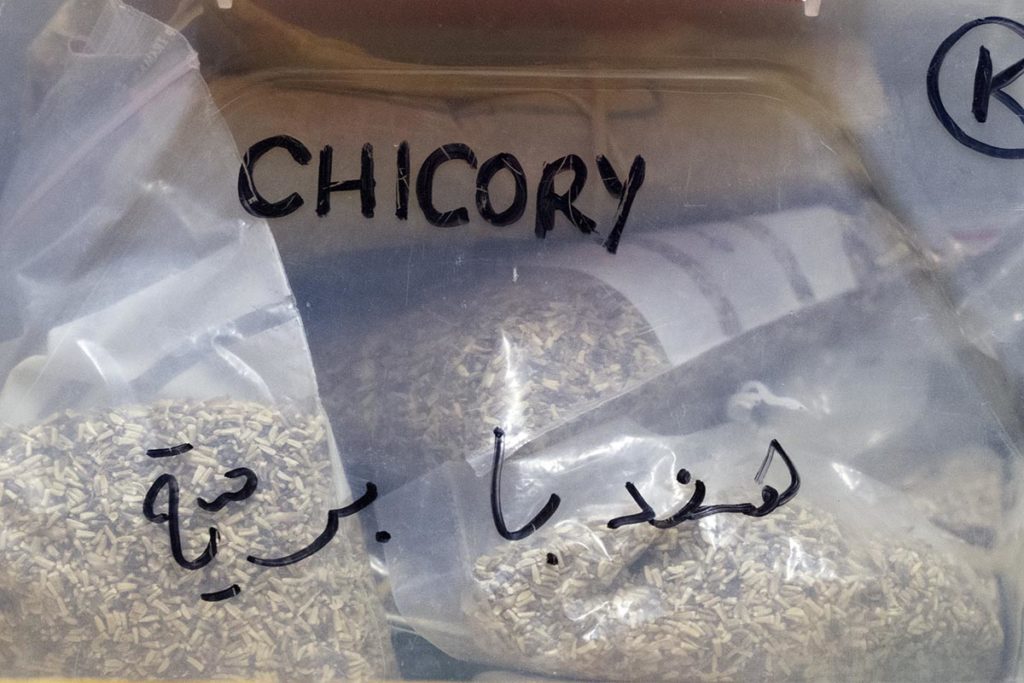
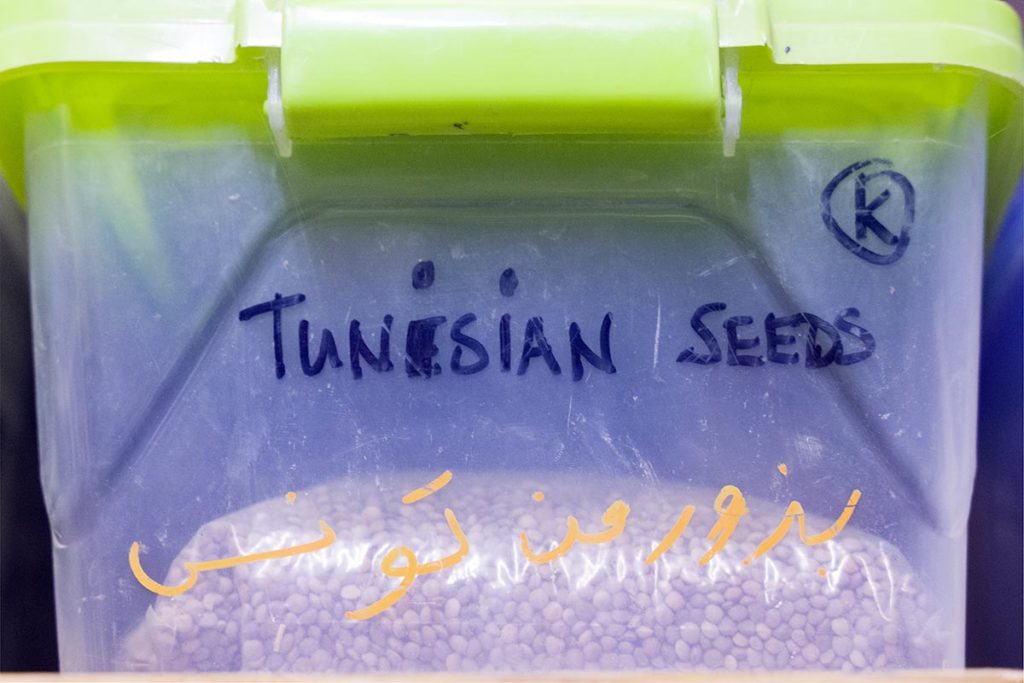
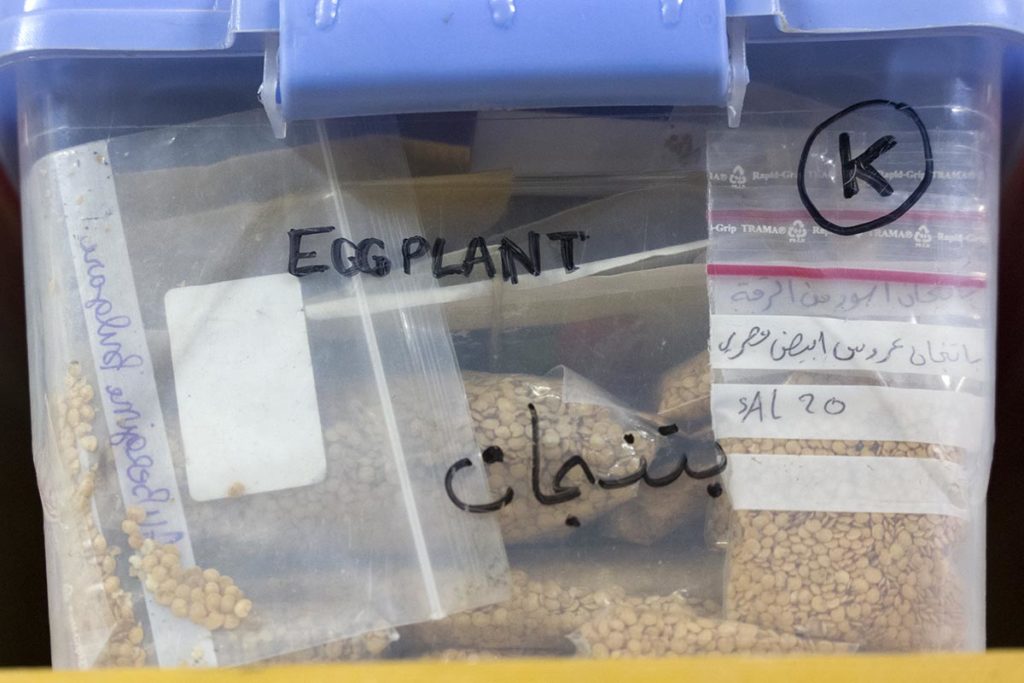
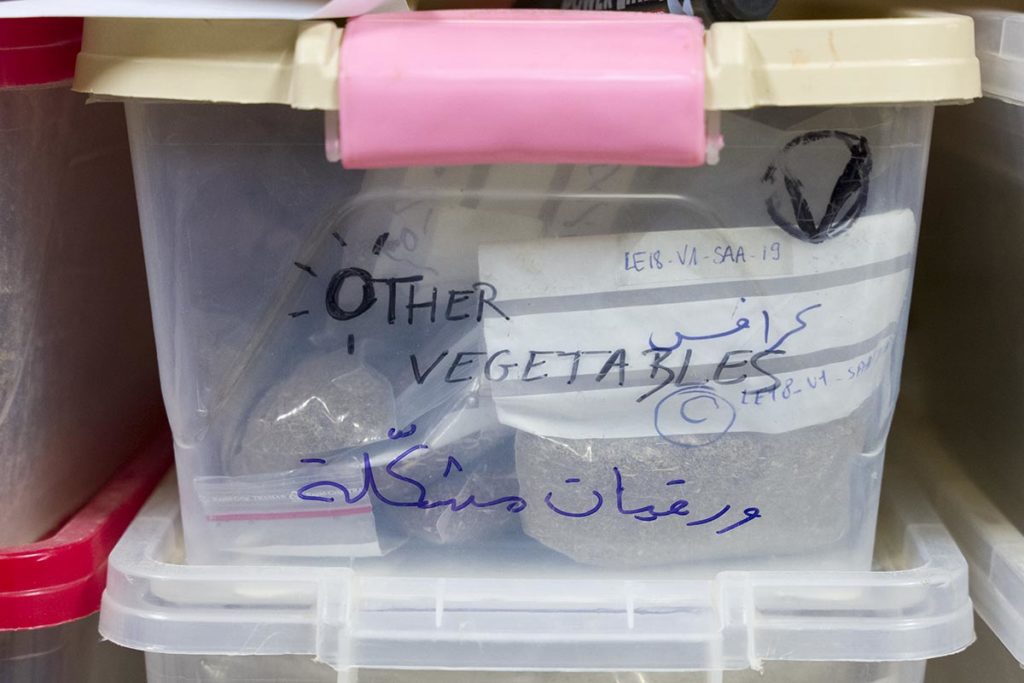
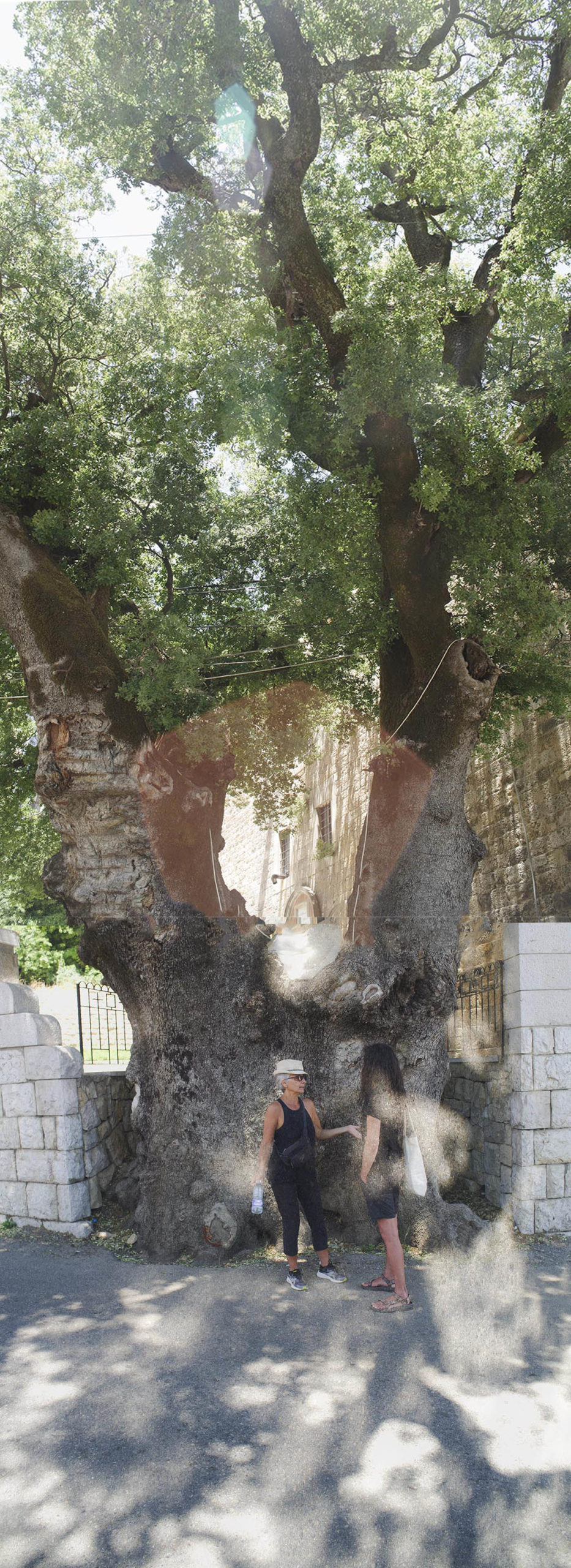
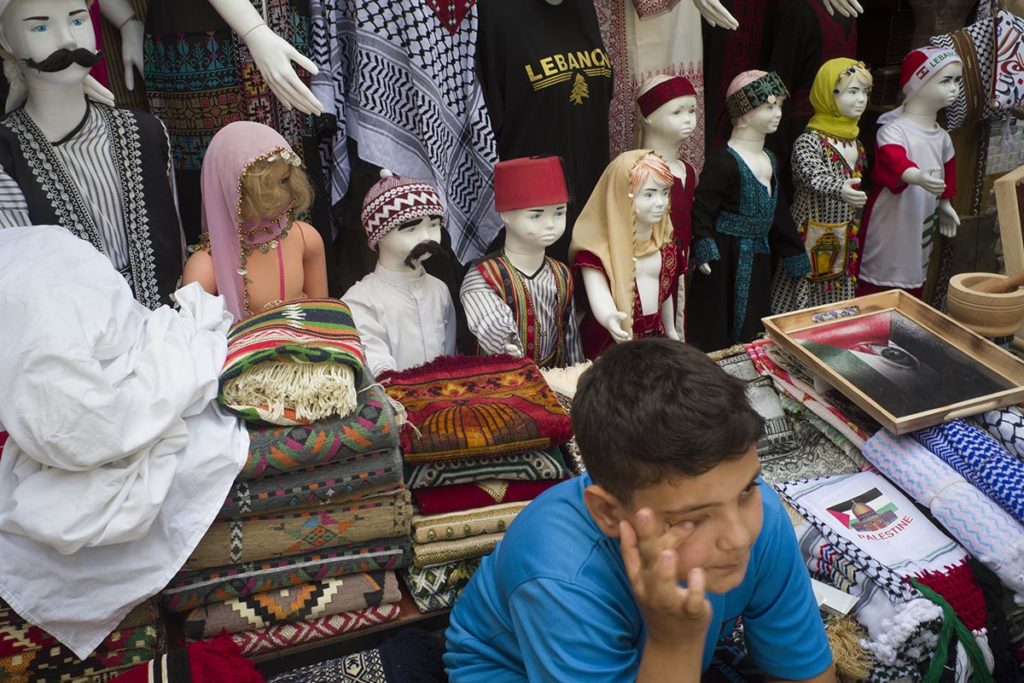
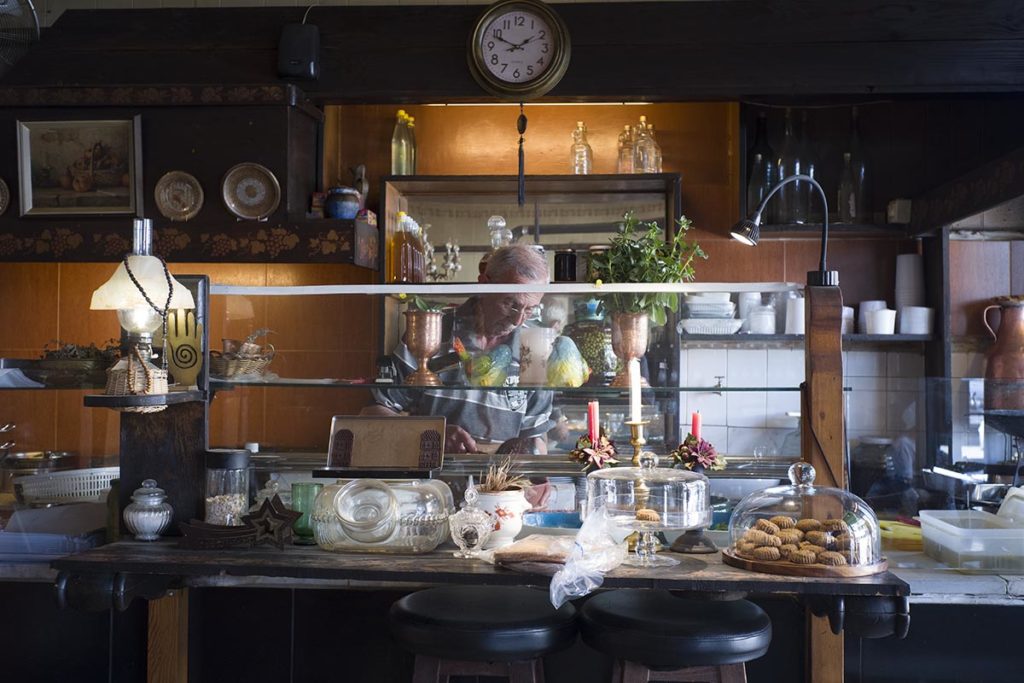
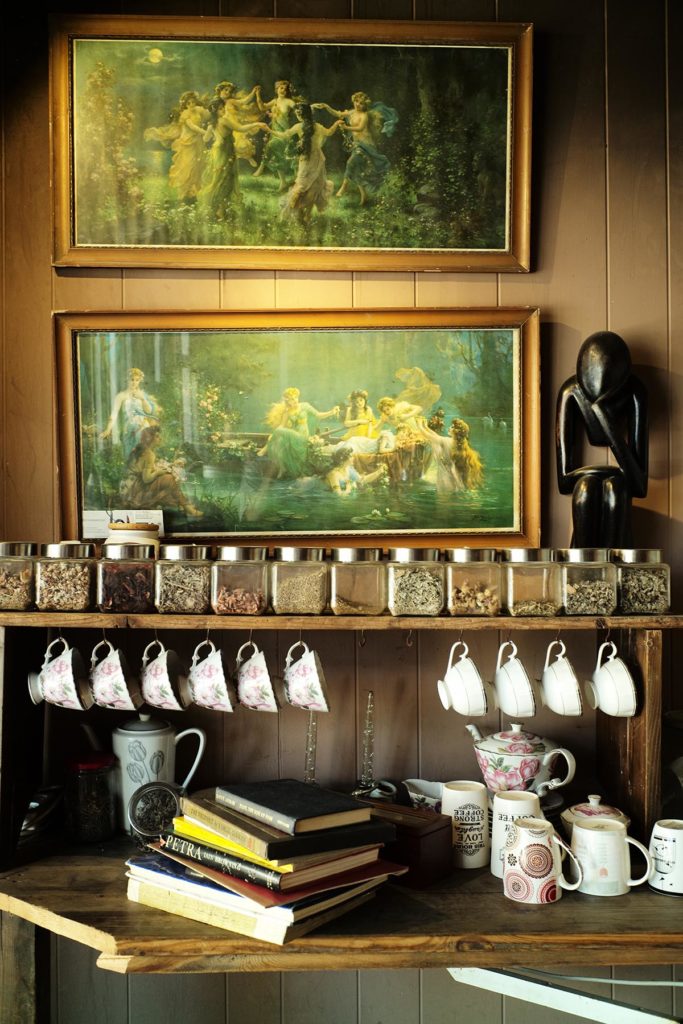
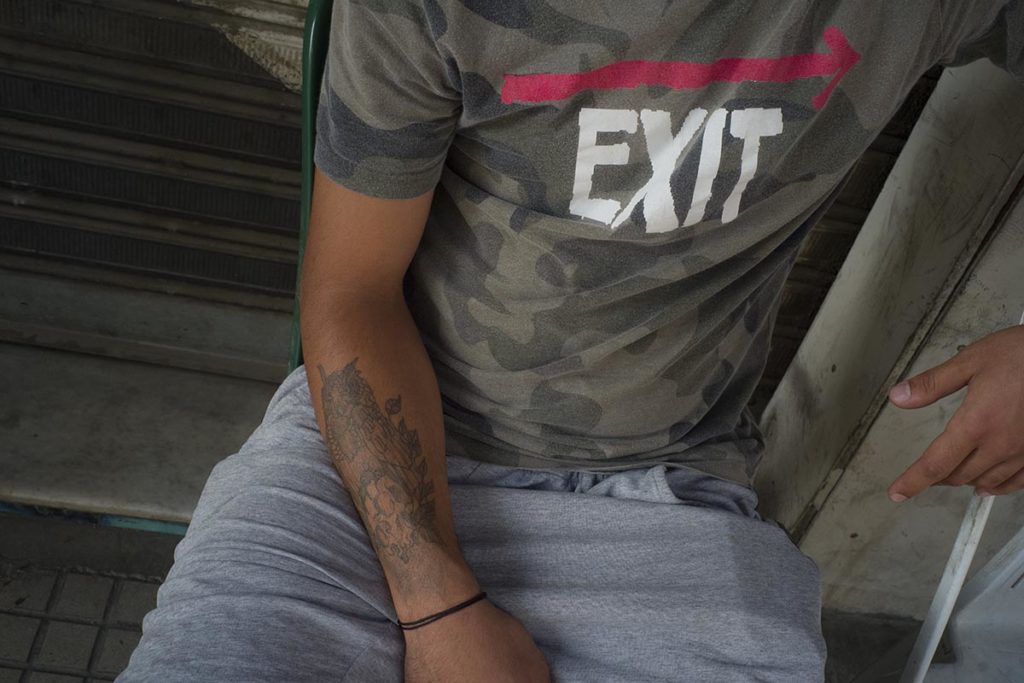
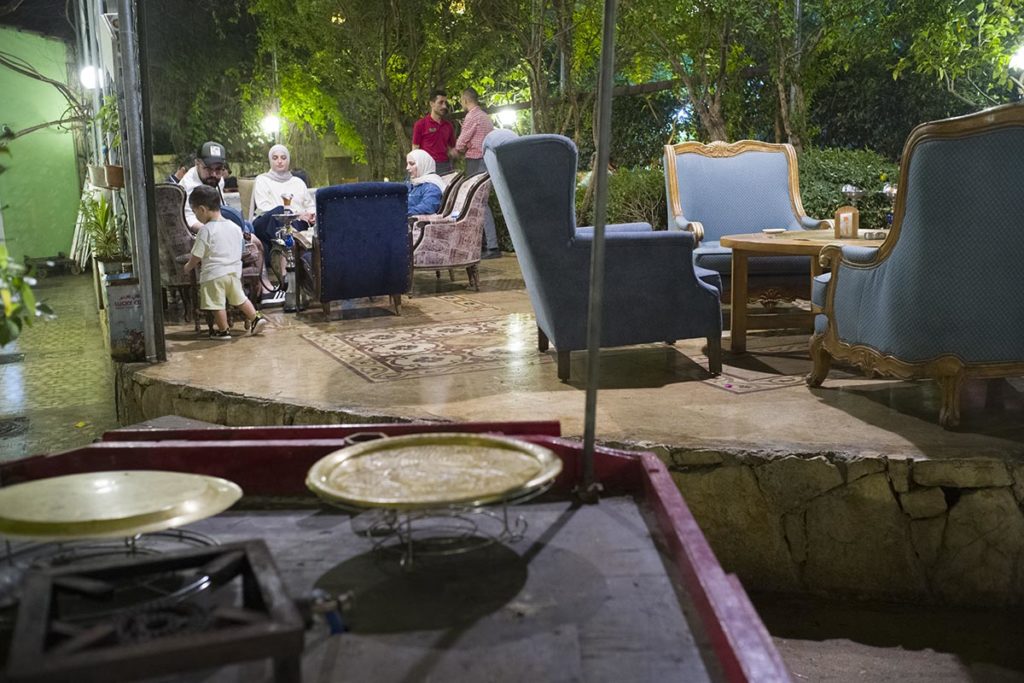
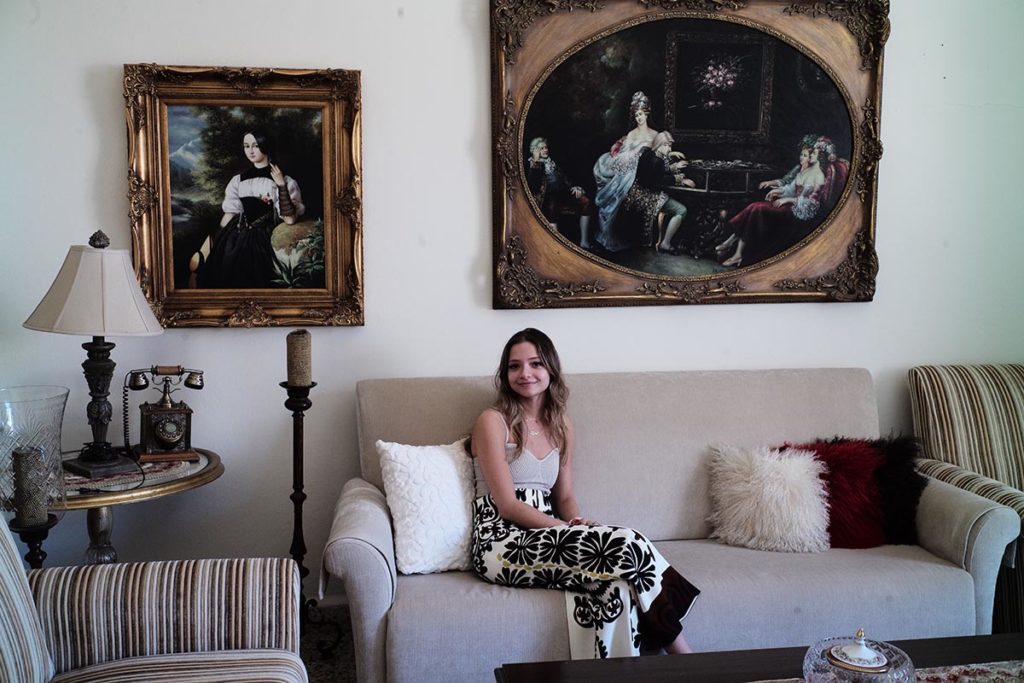
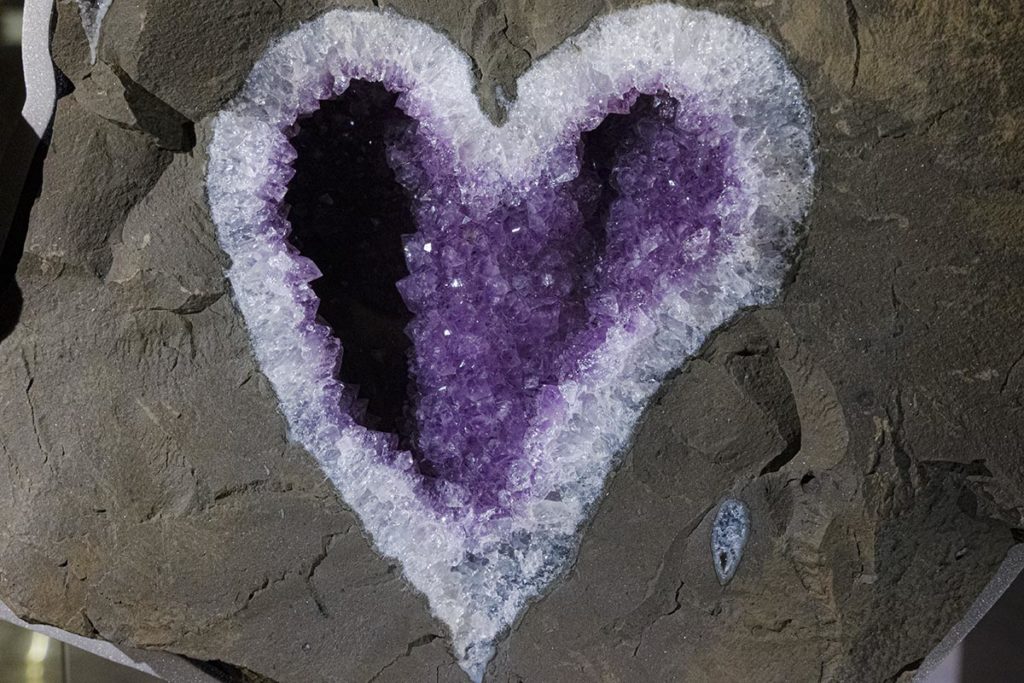
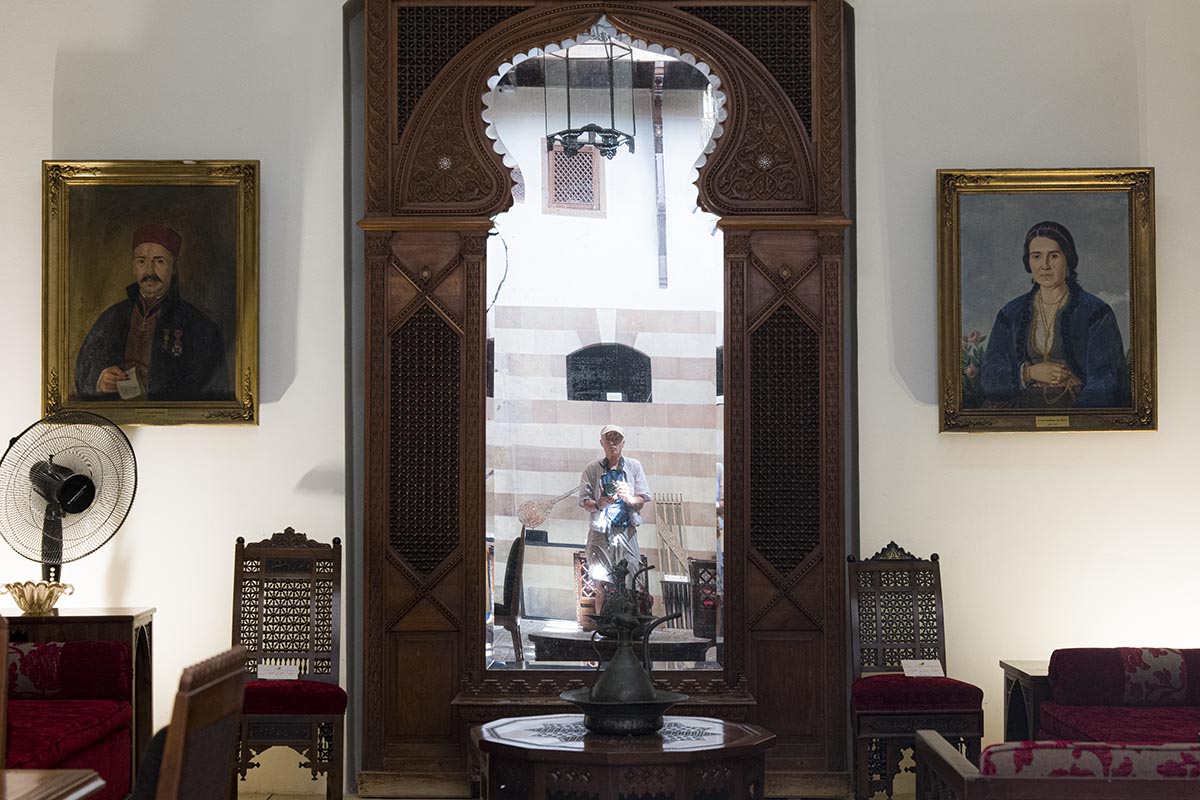
 but if I see it, it’s a bonus
but if I see it, it’s a bonus